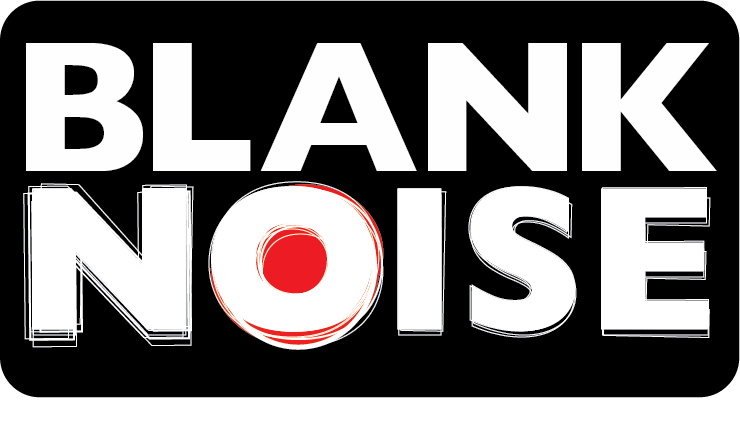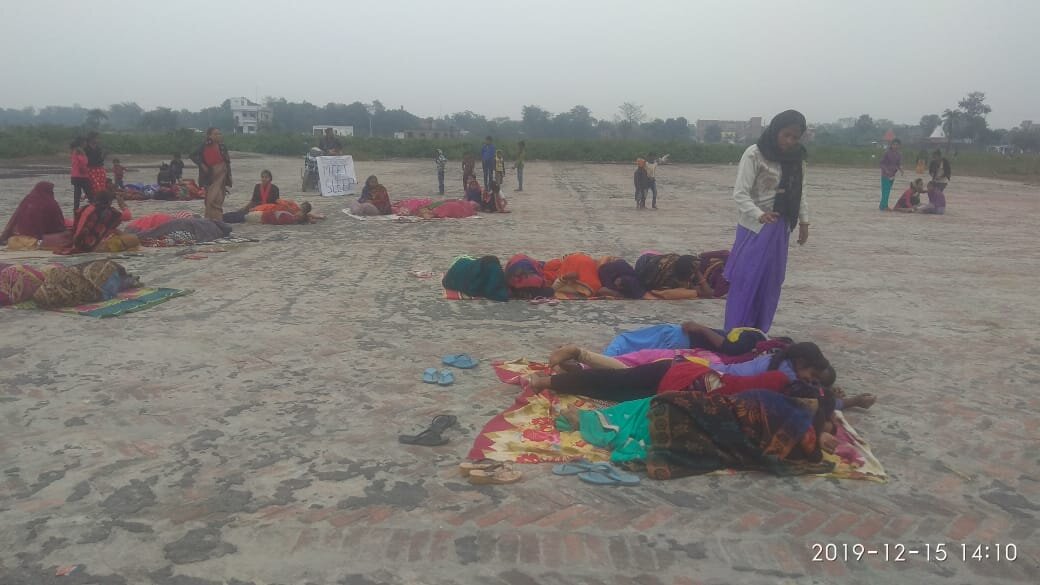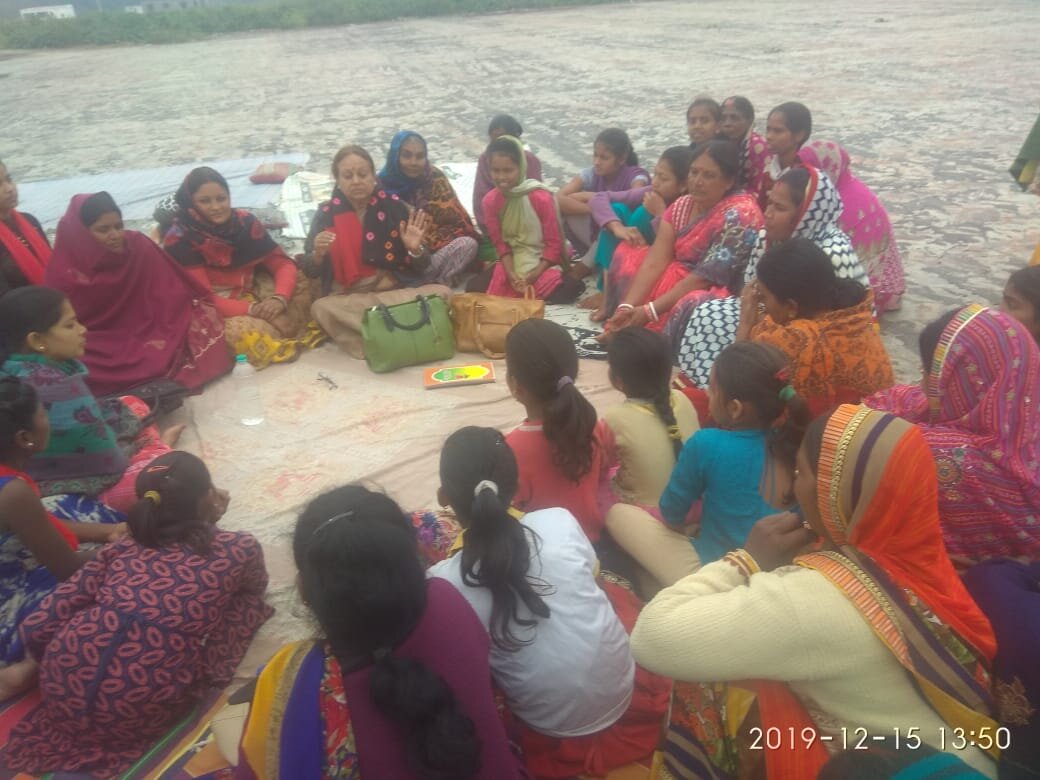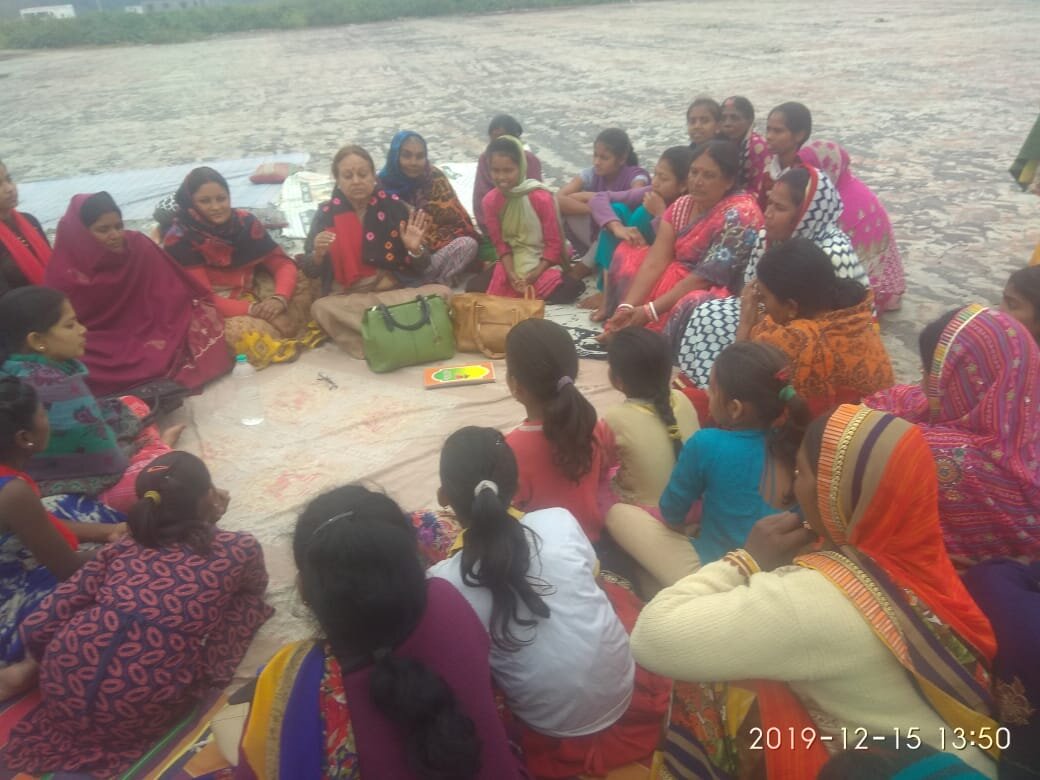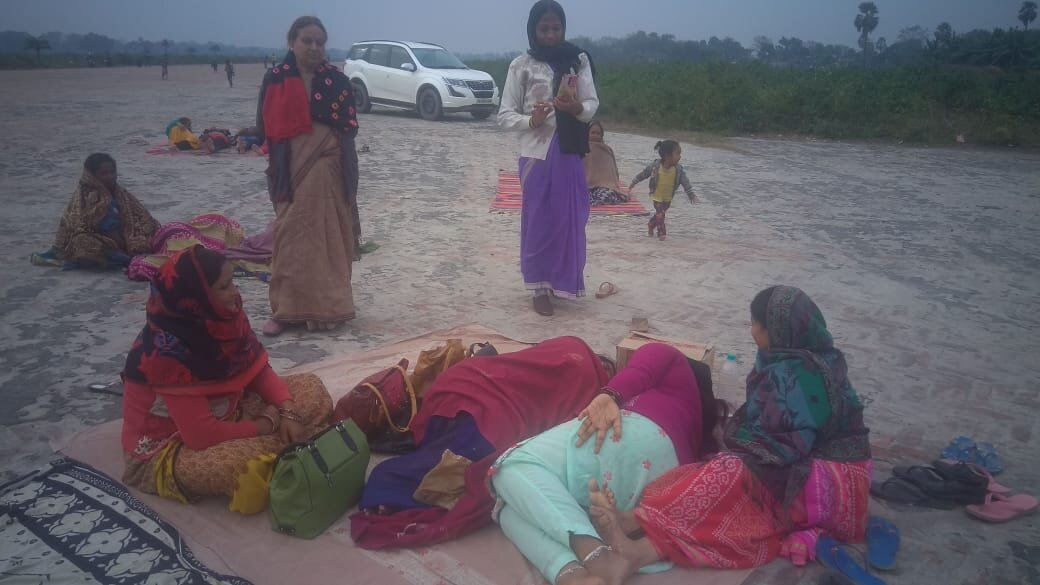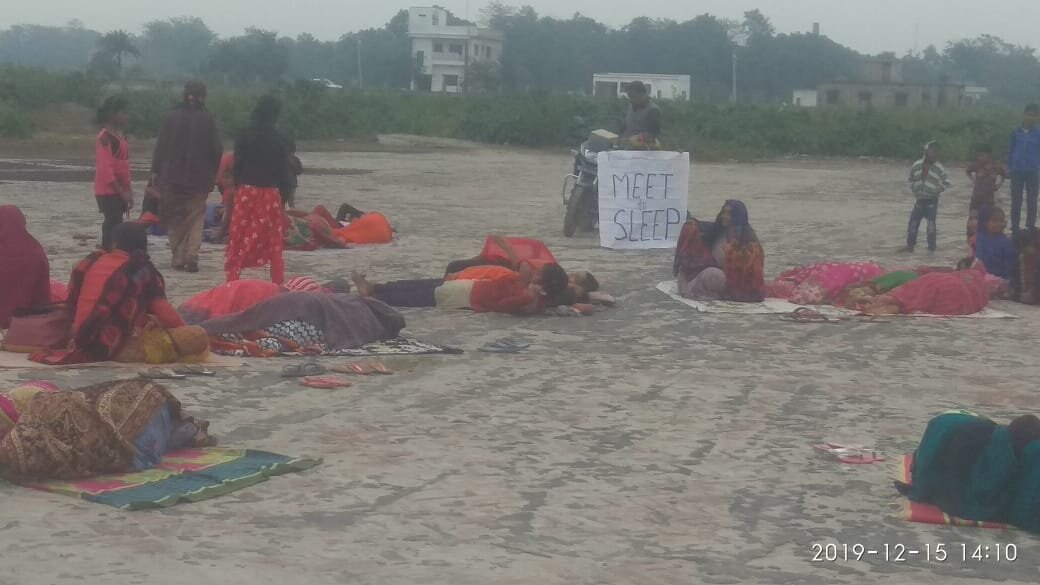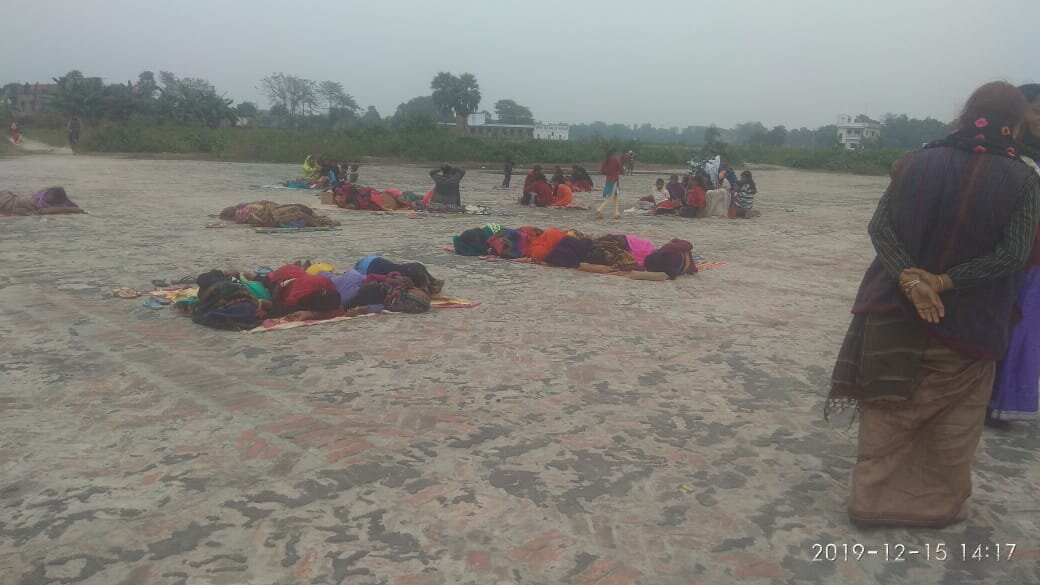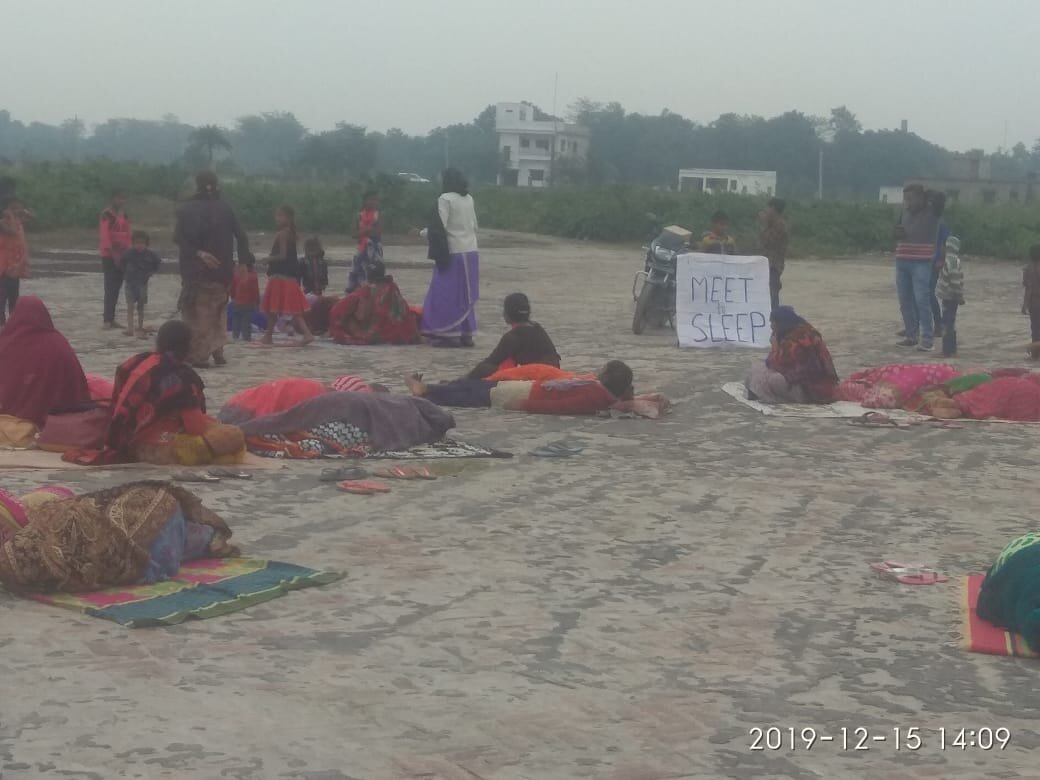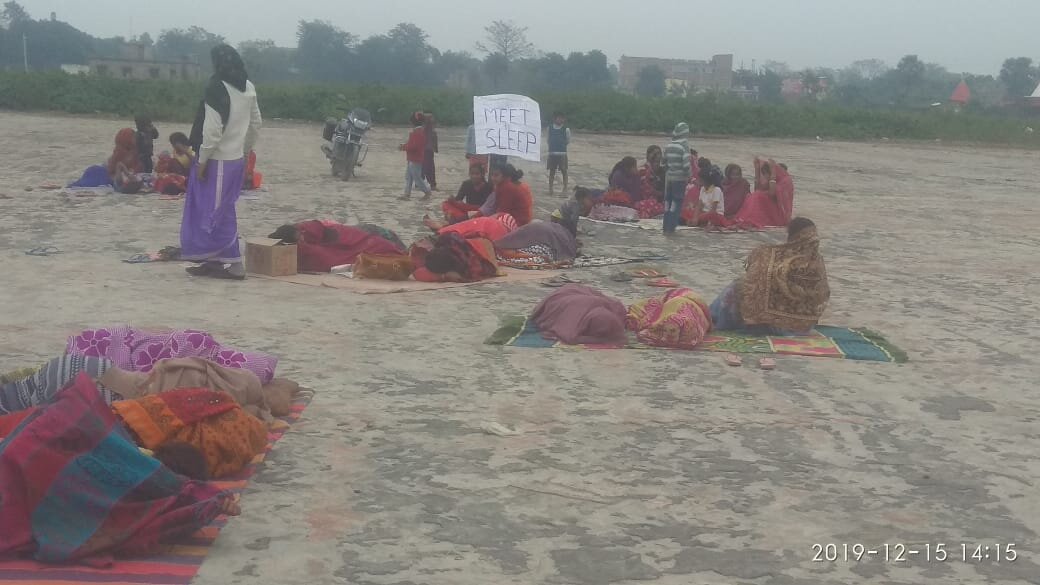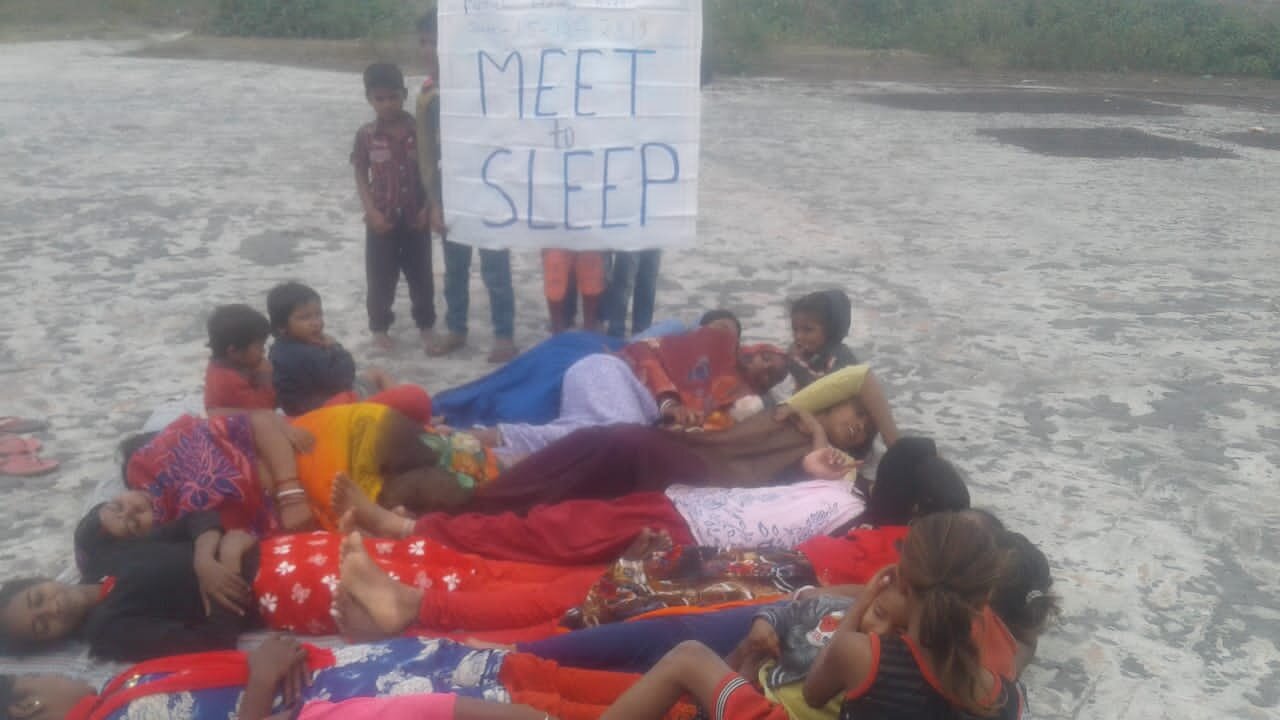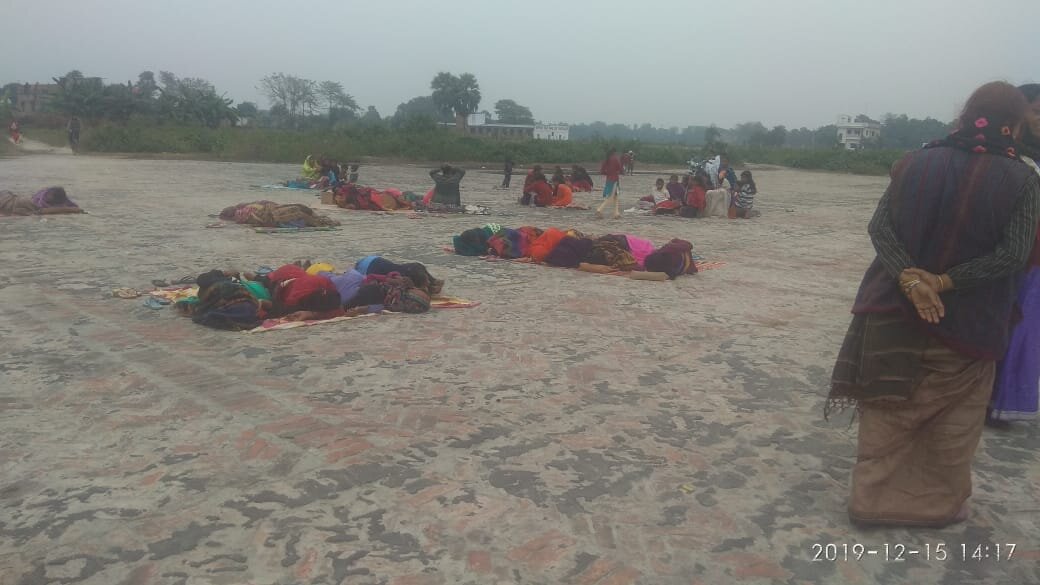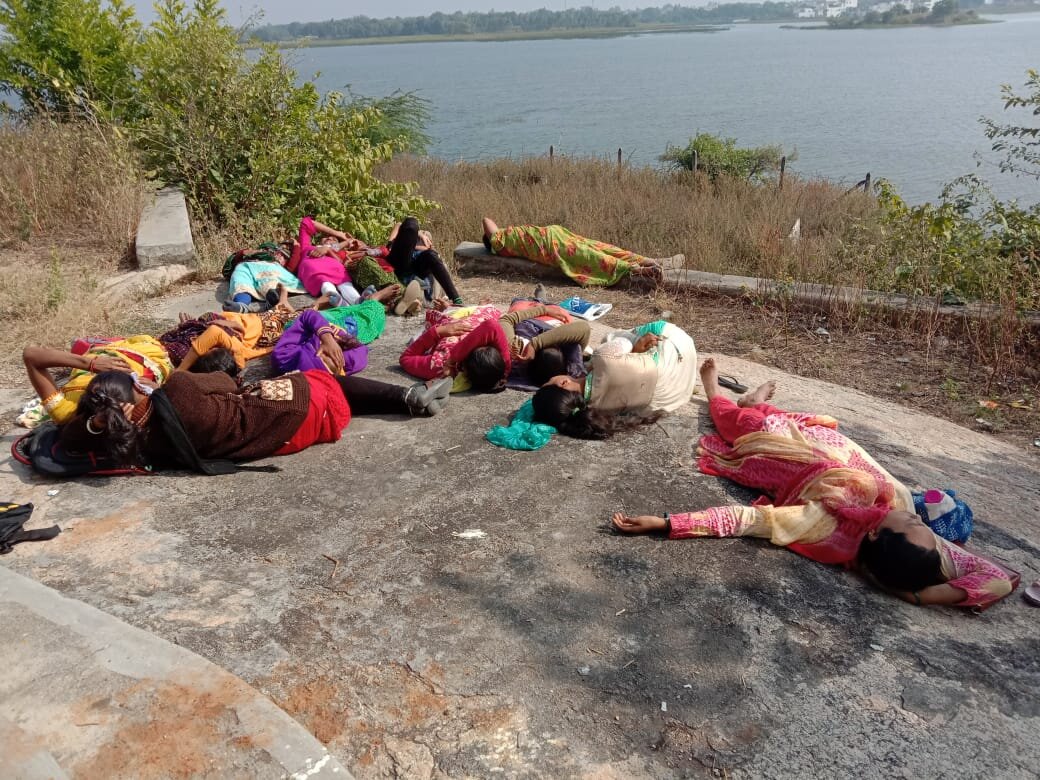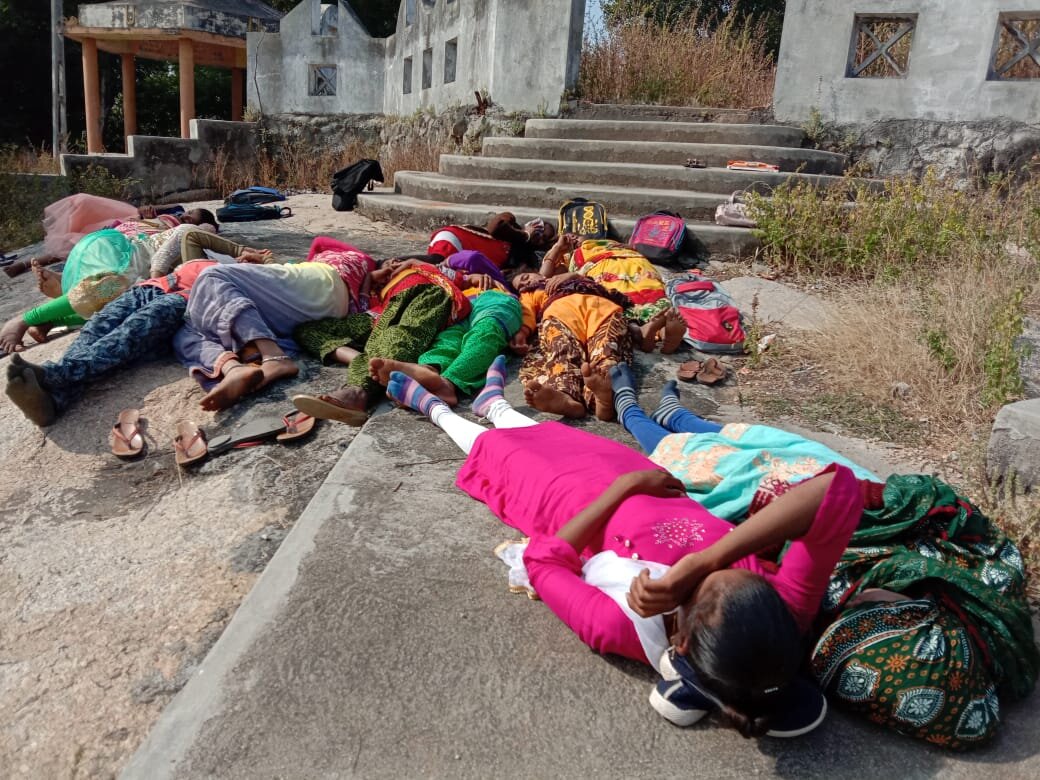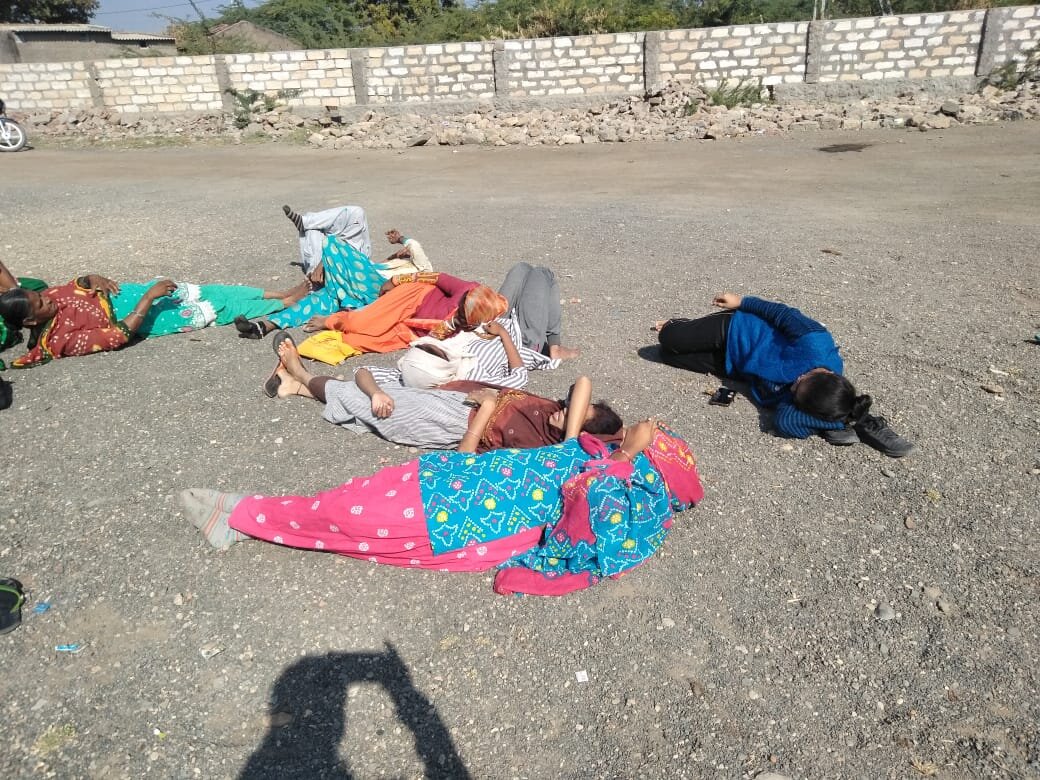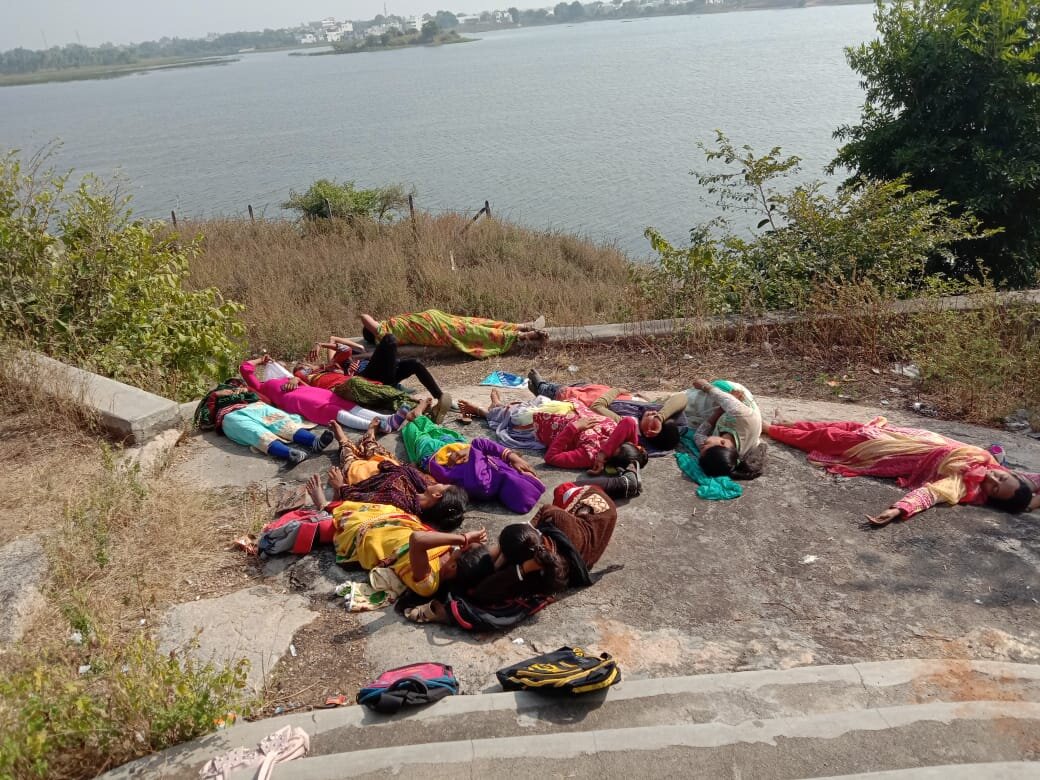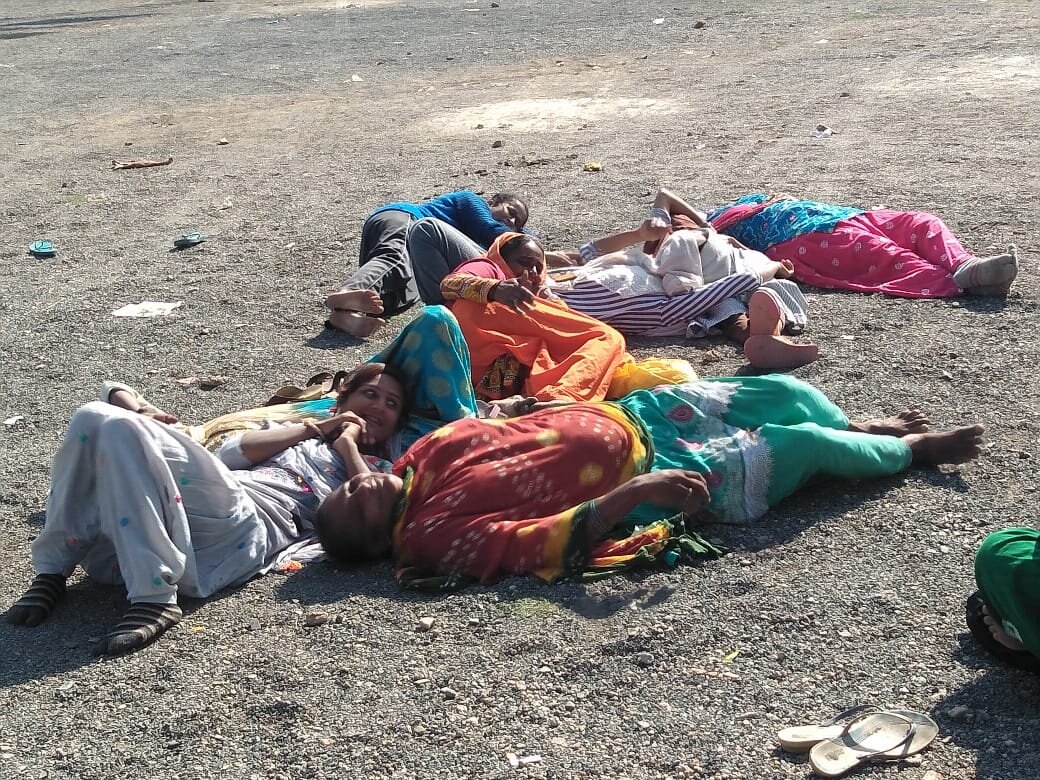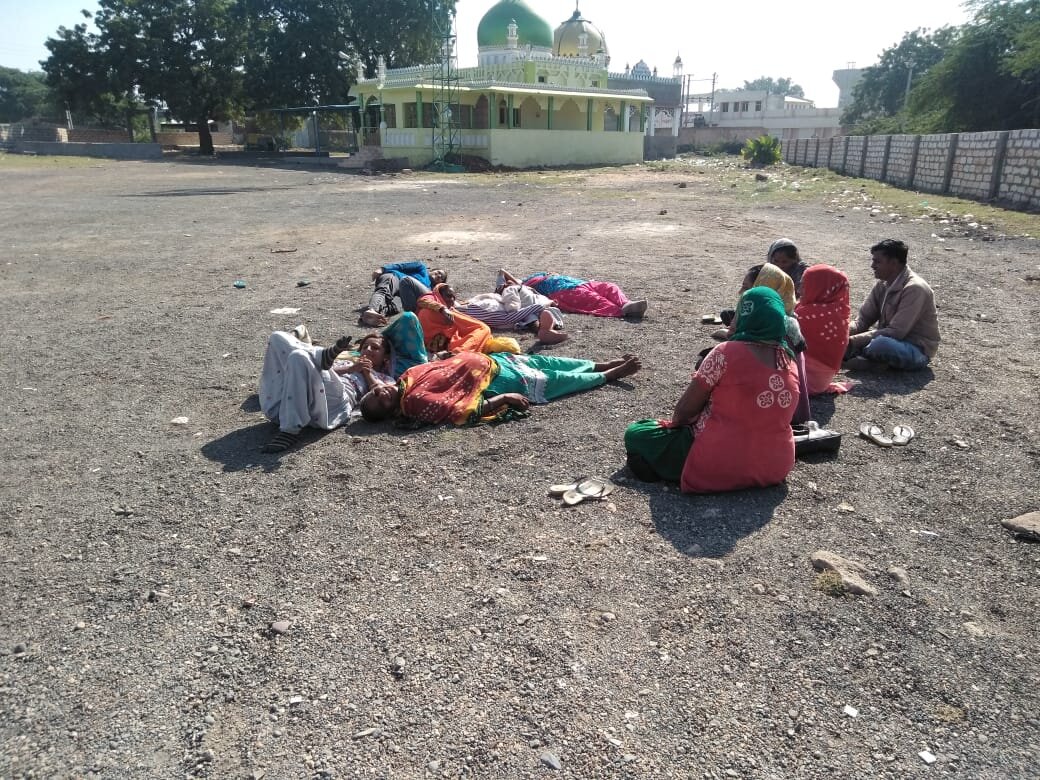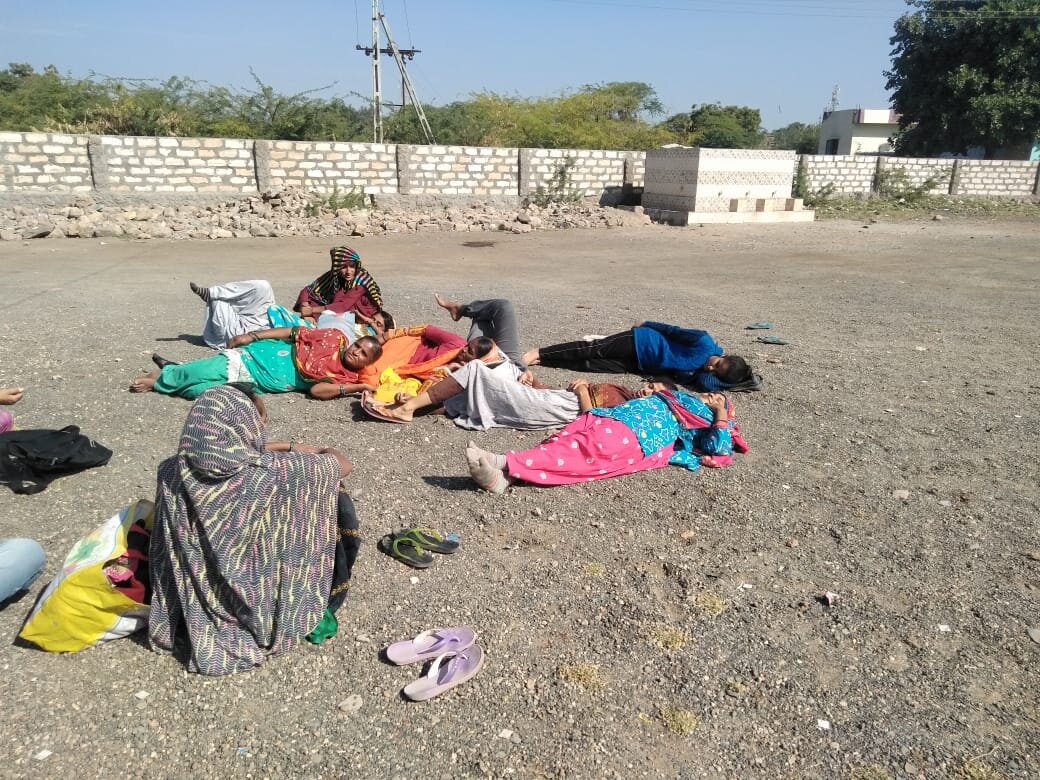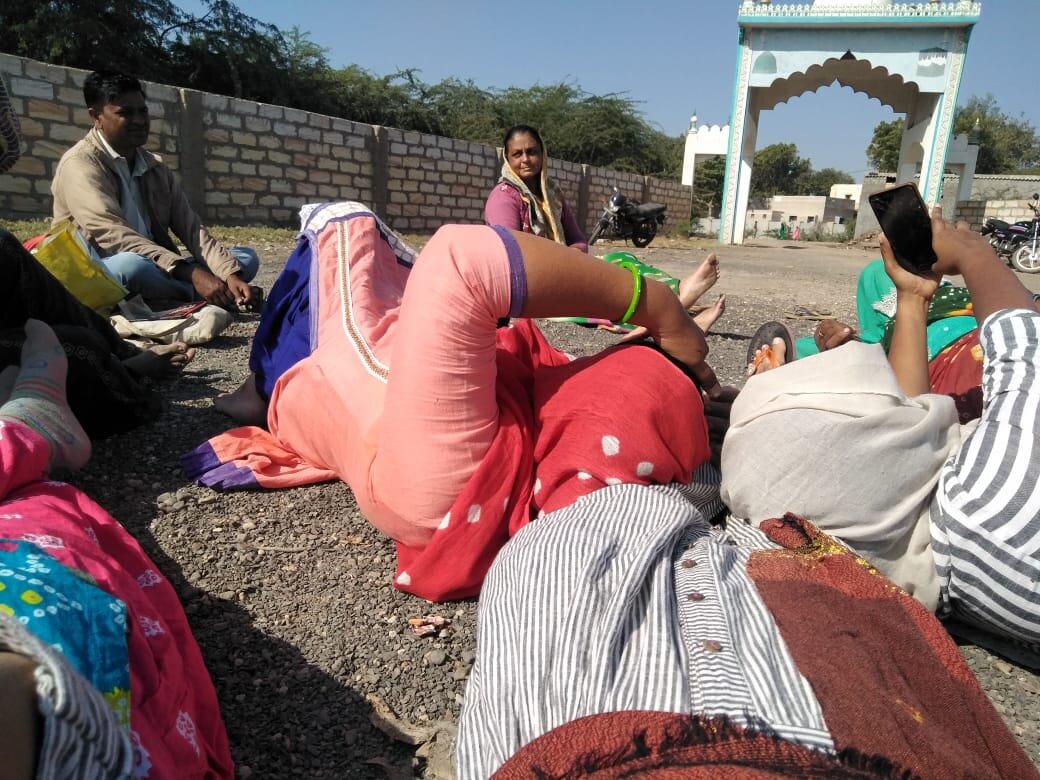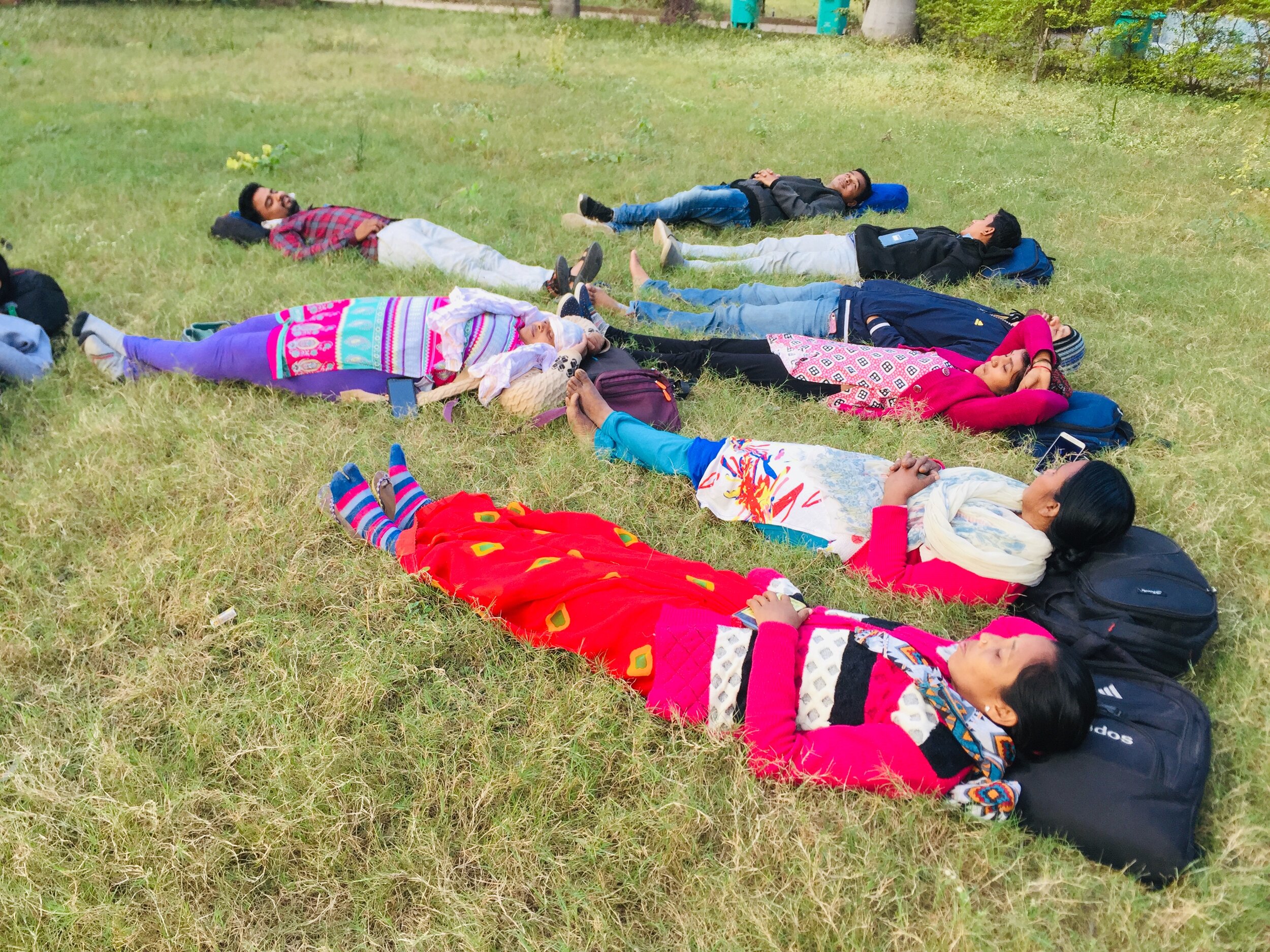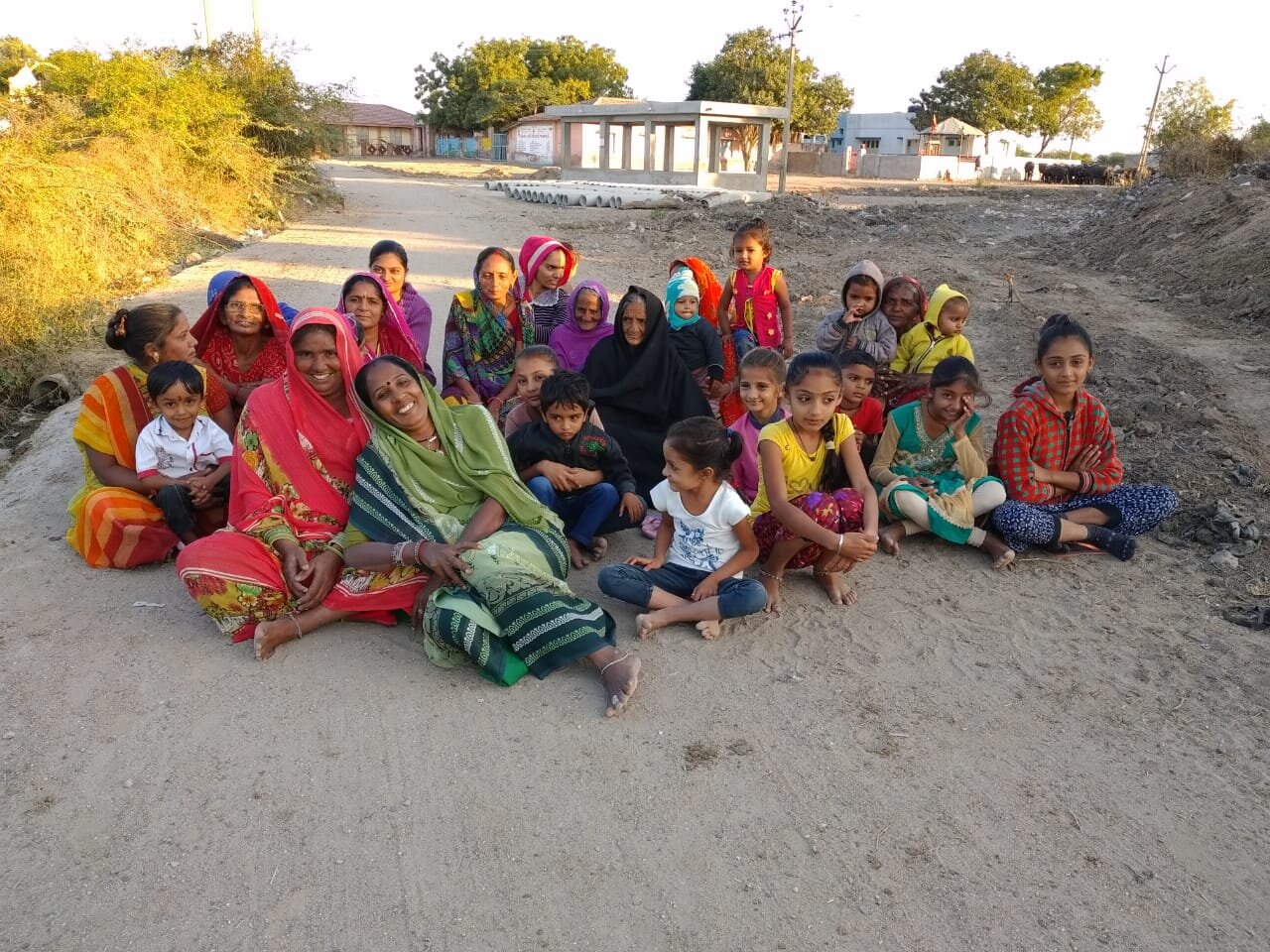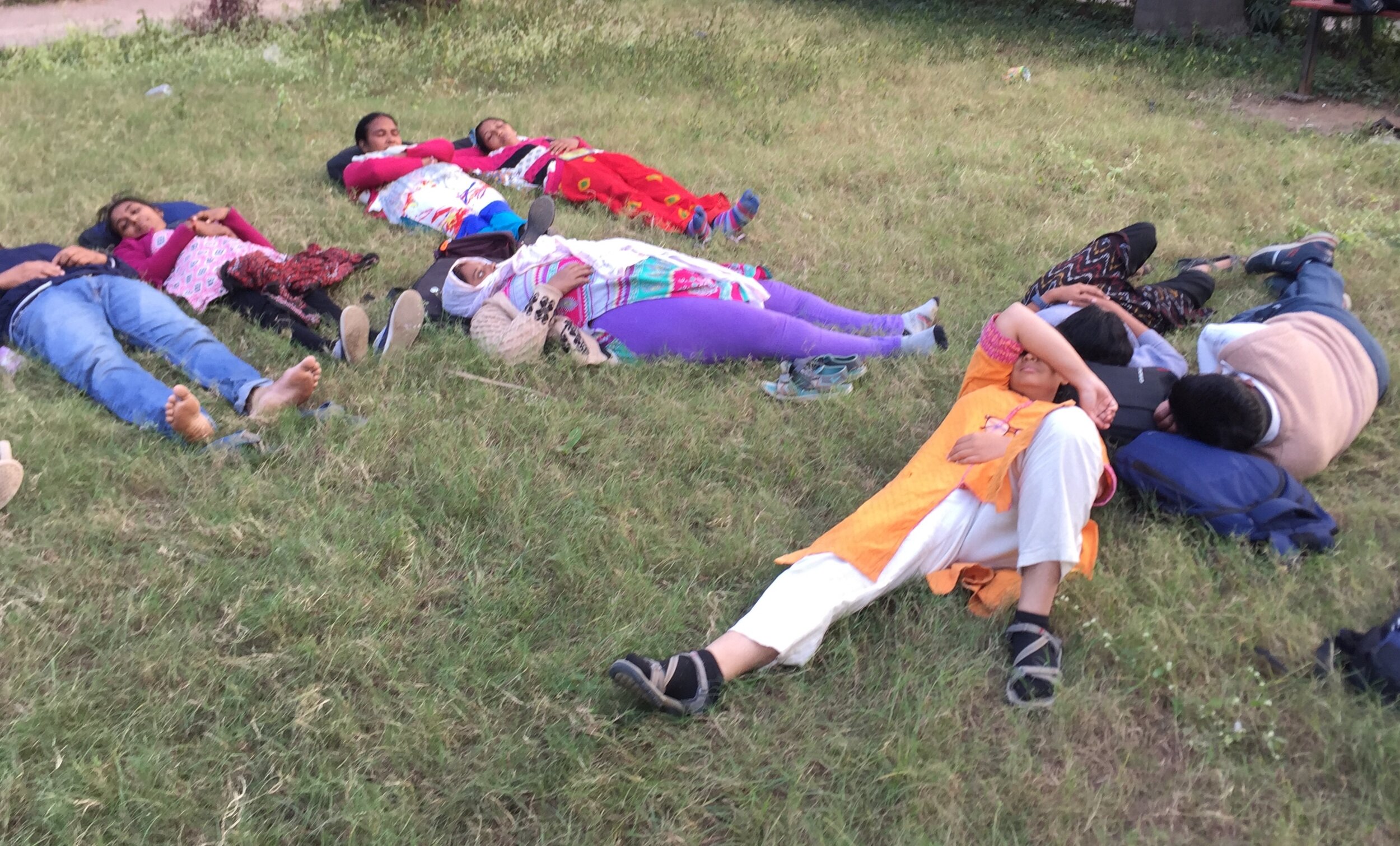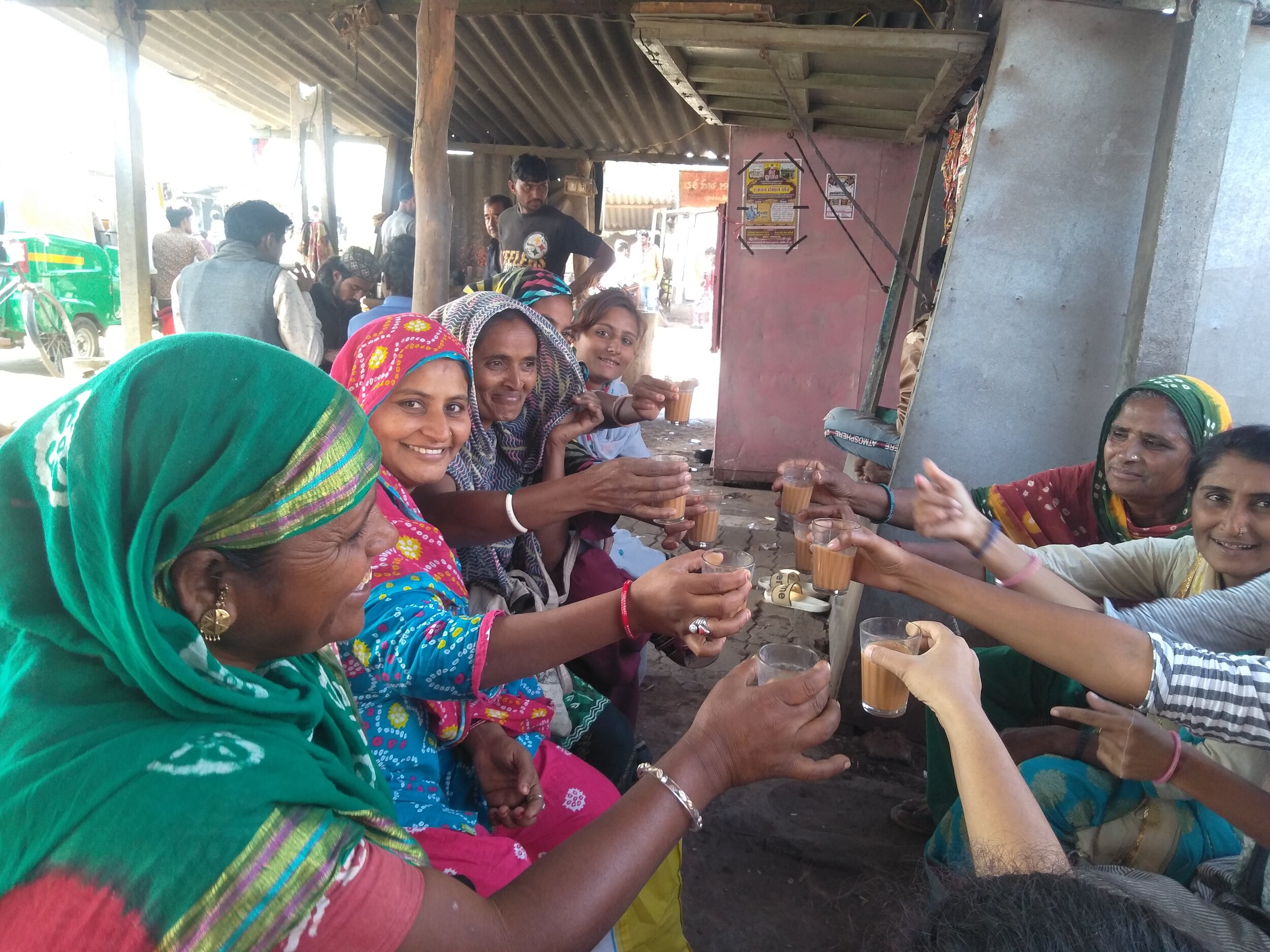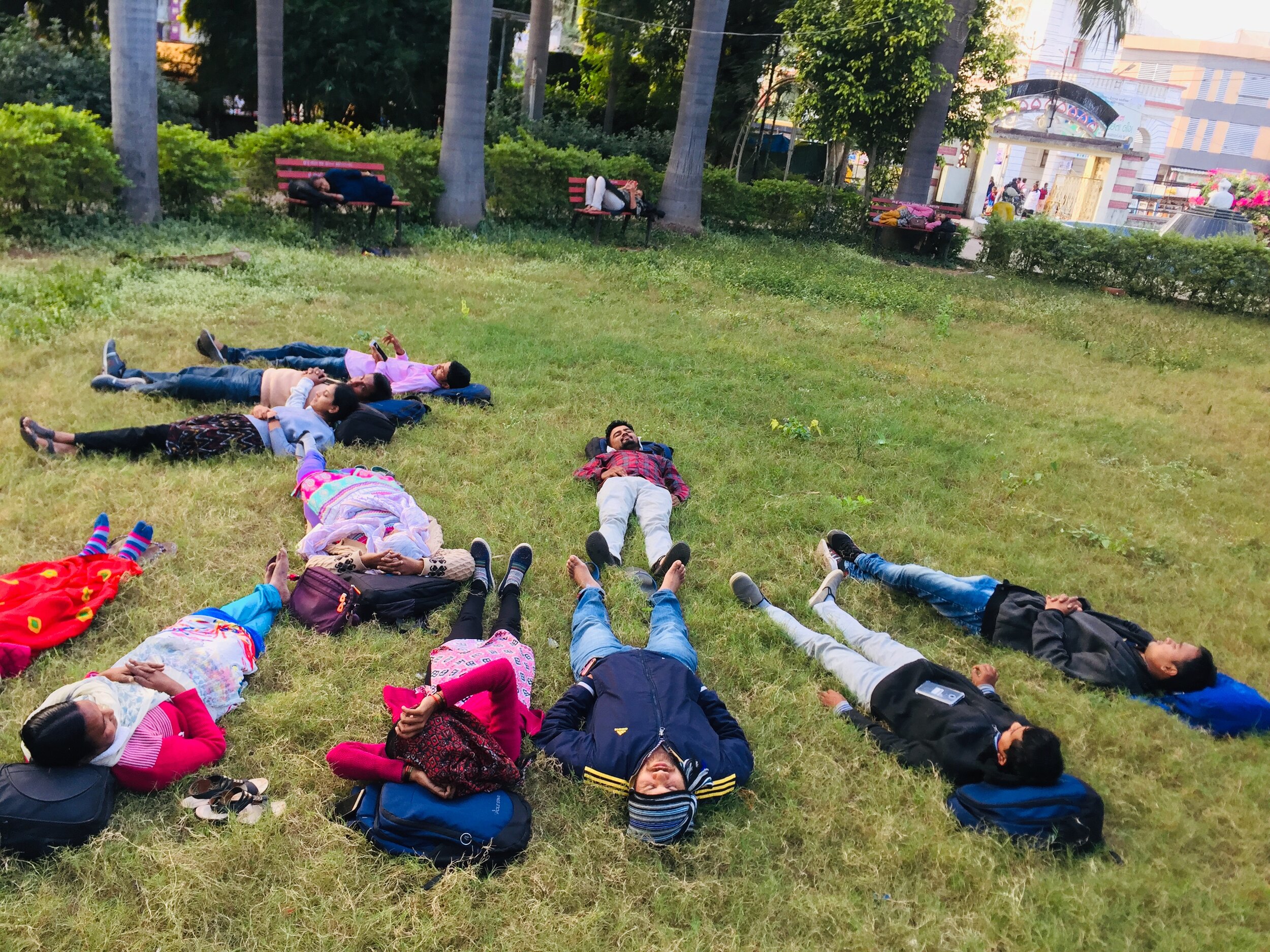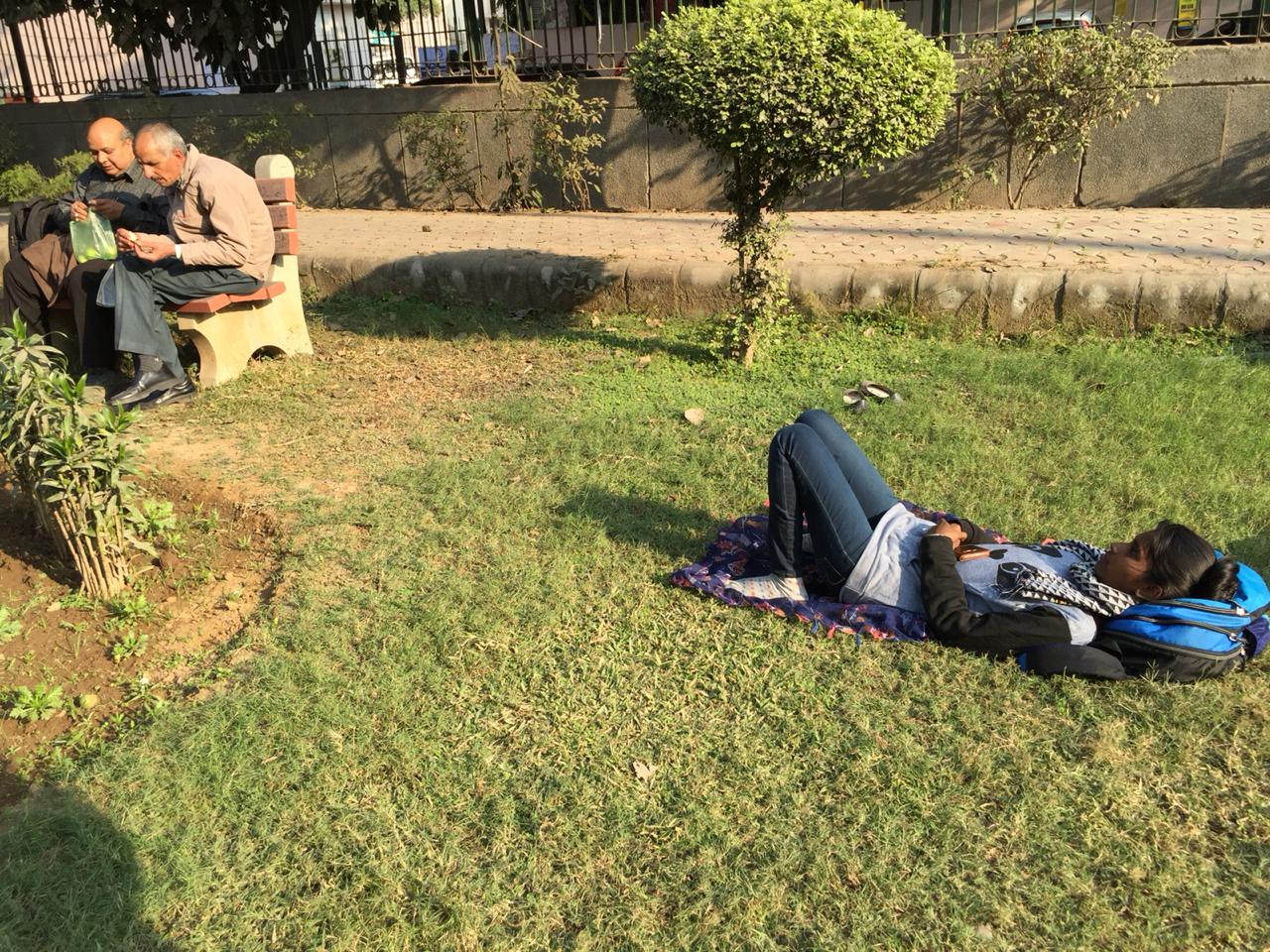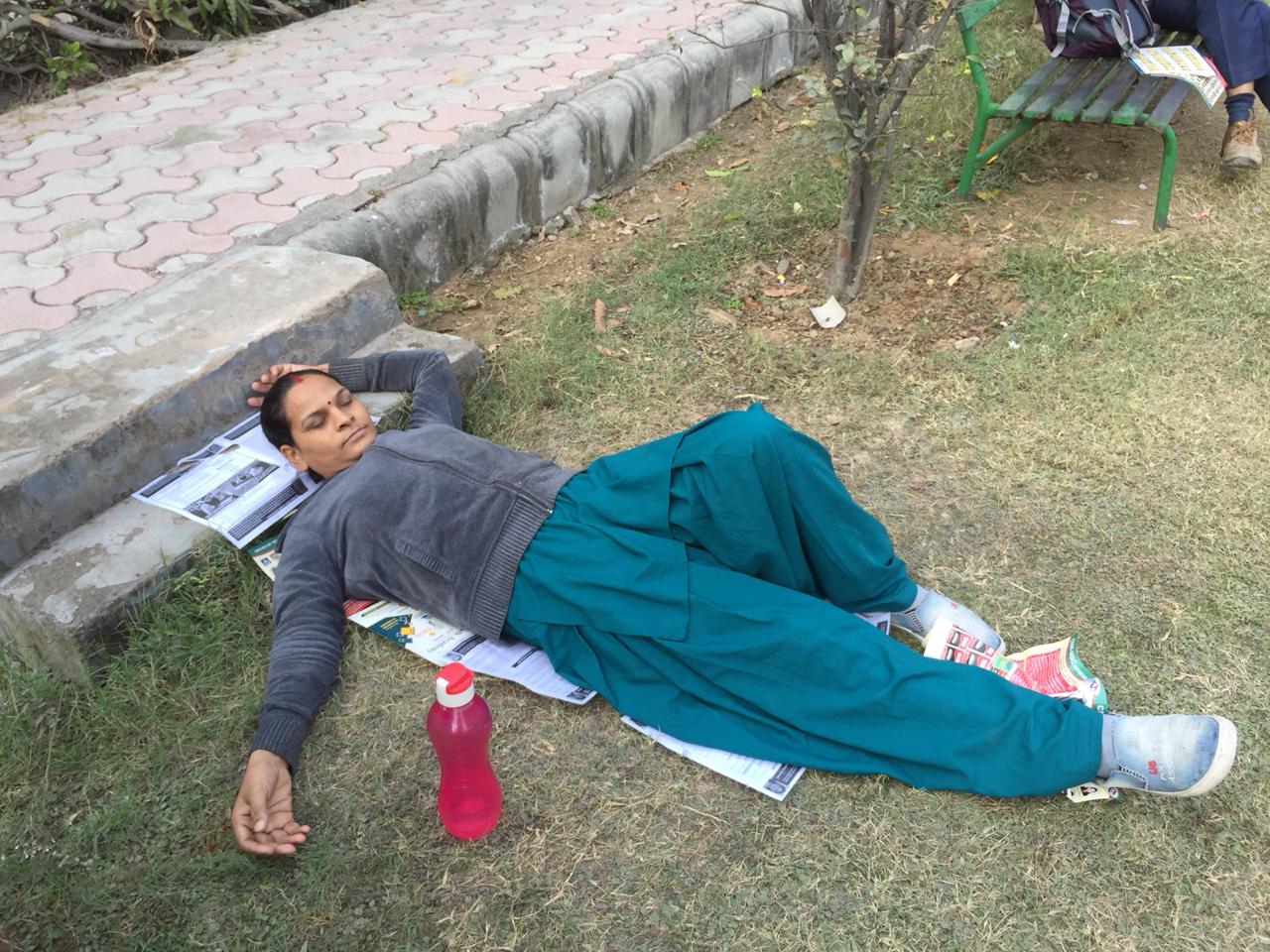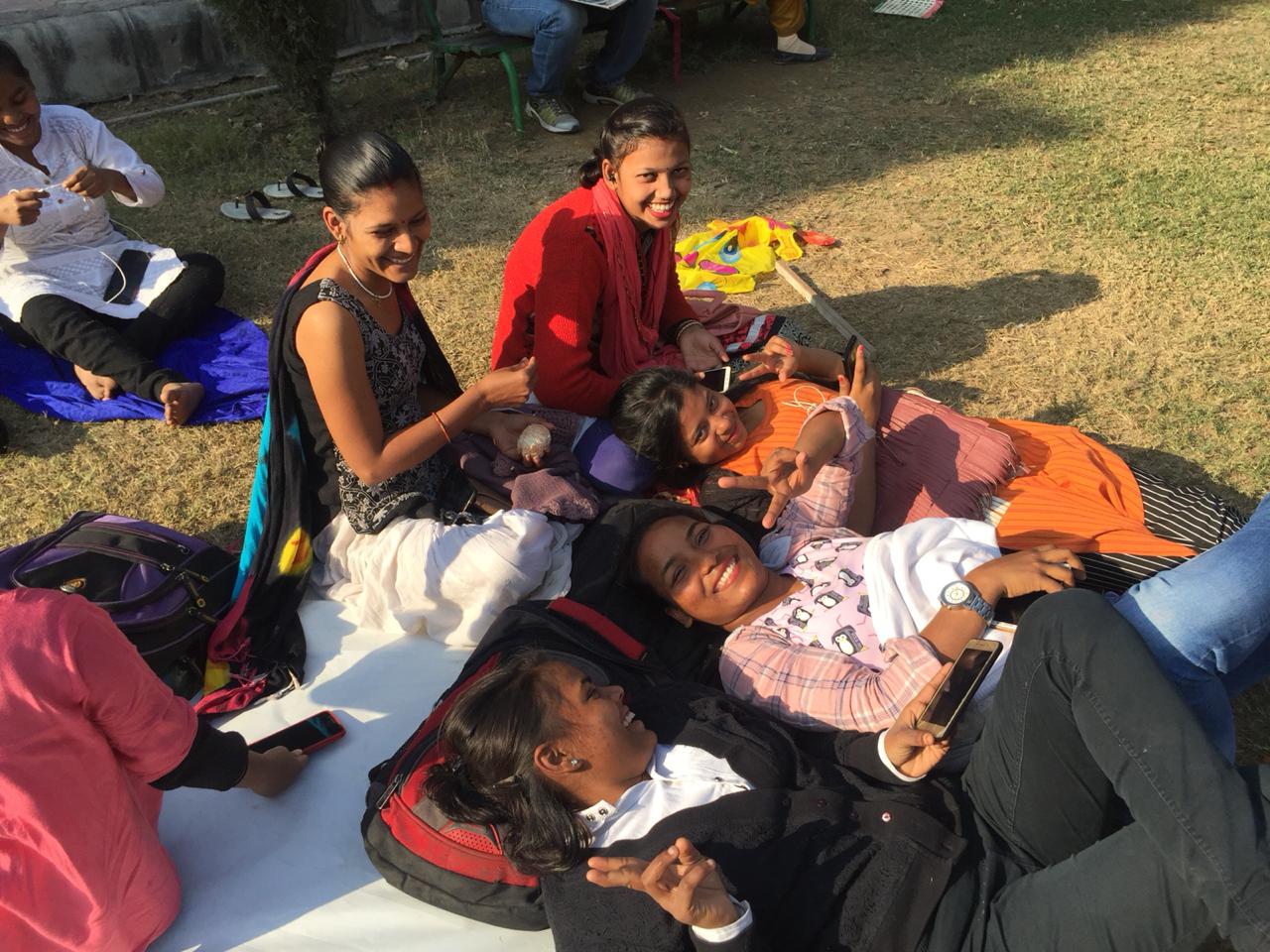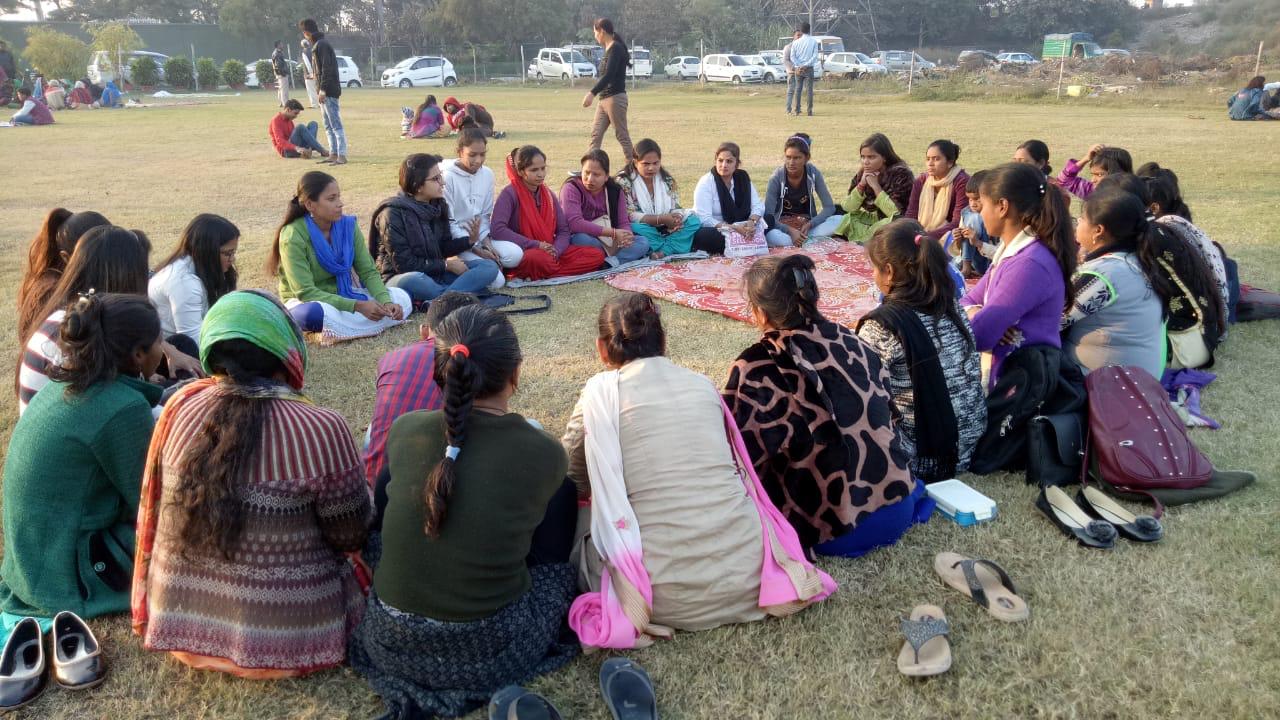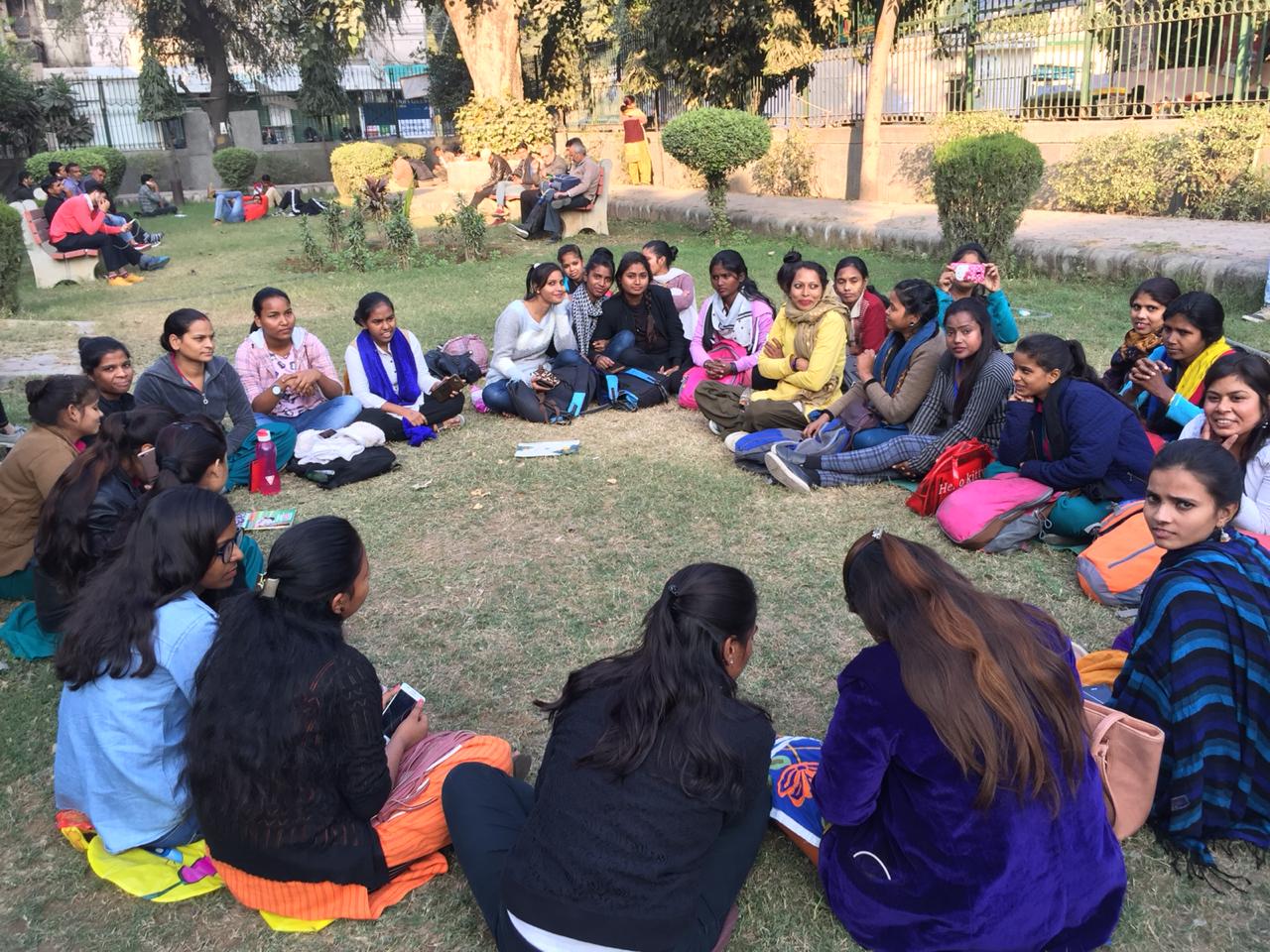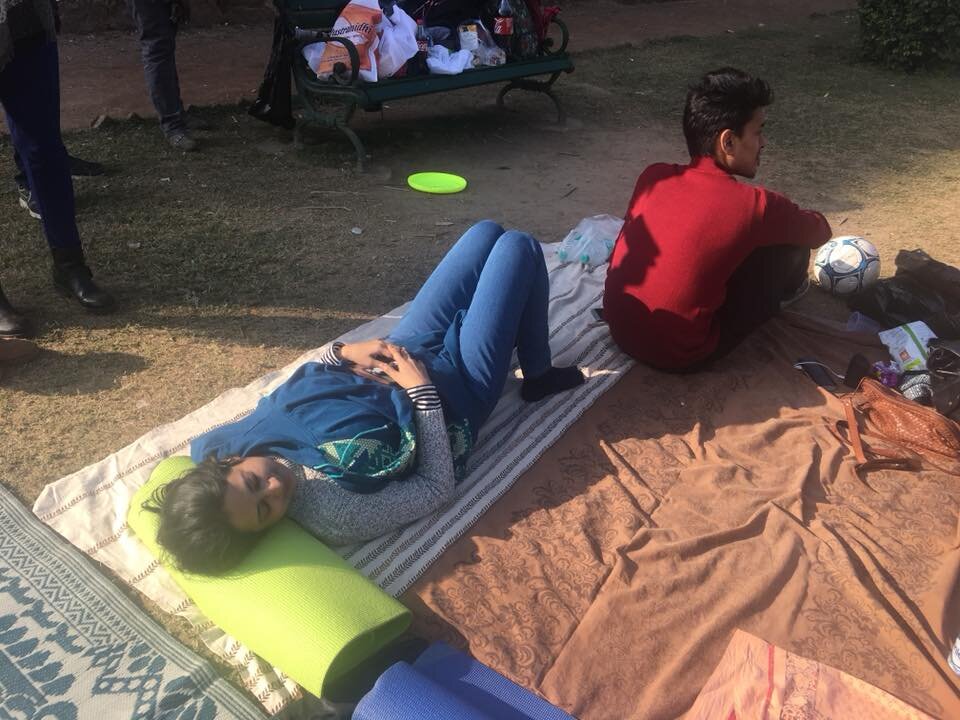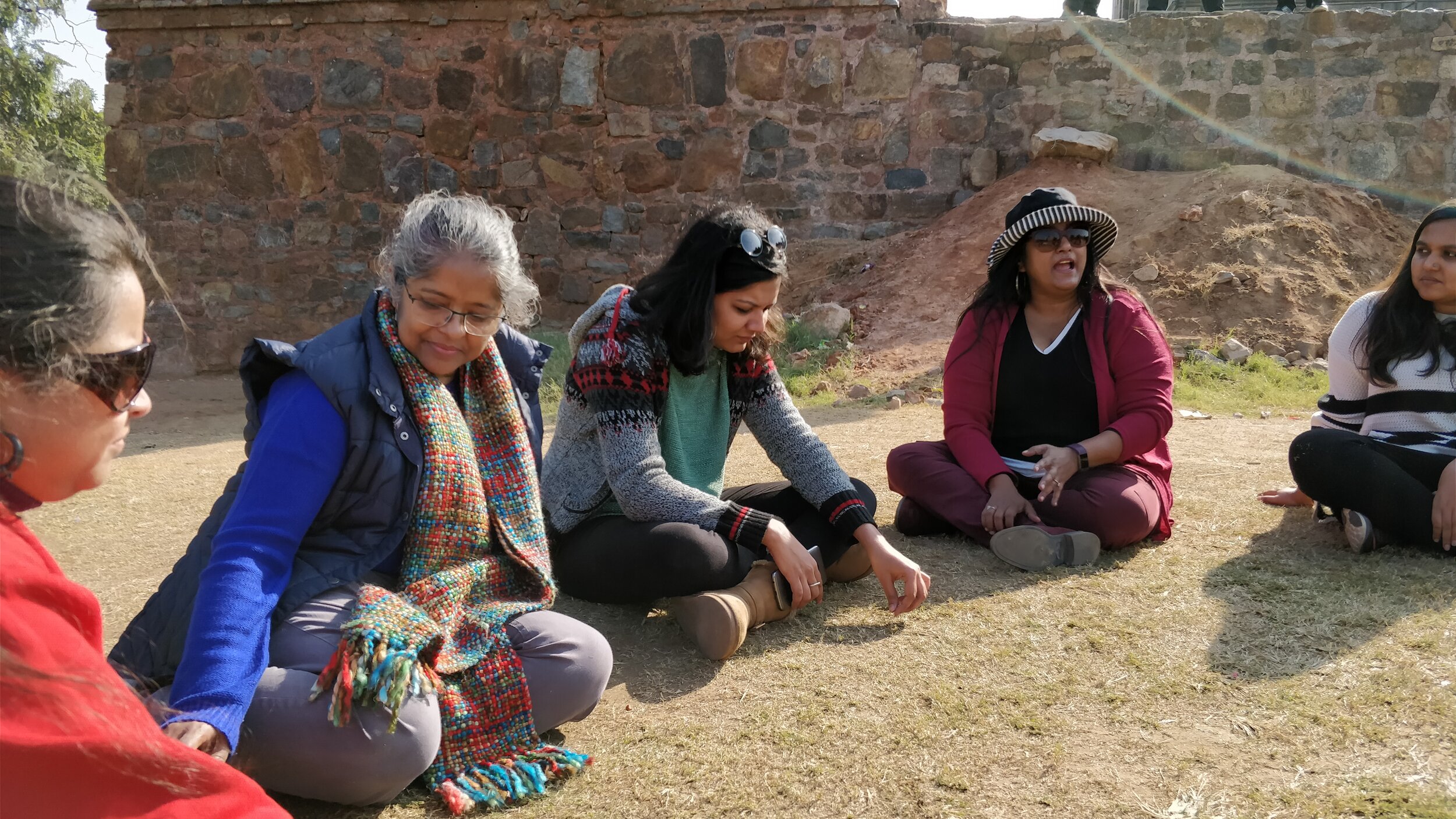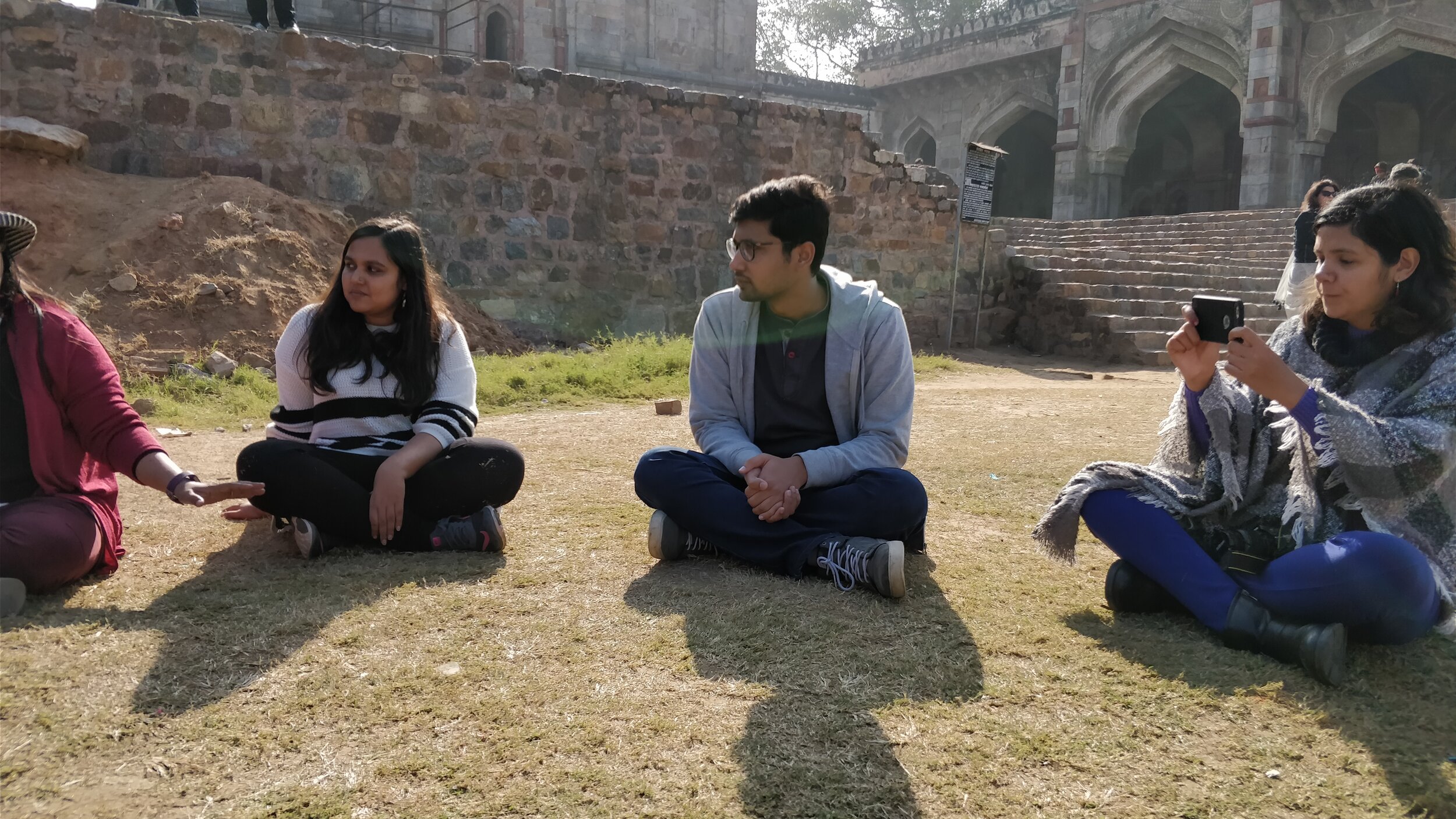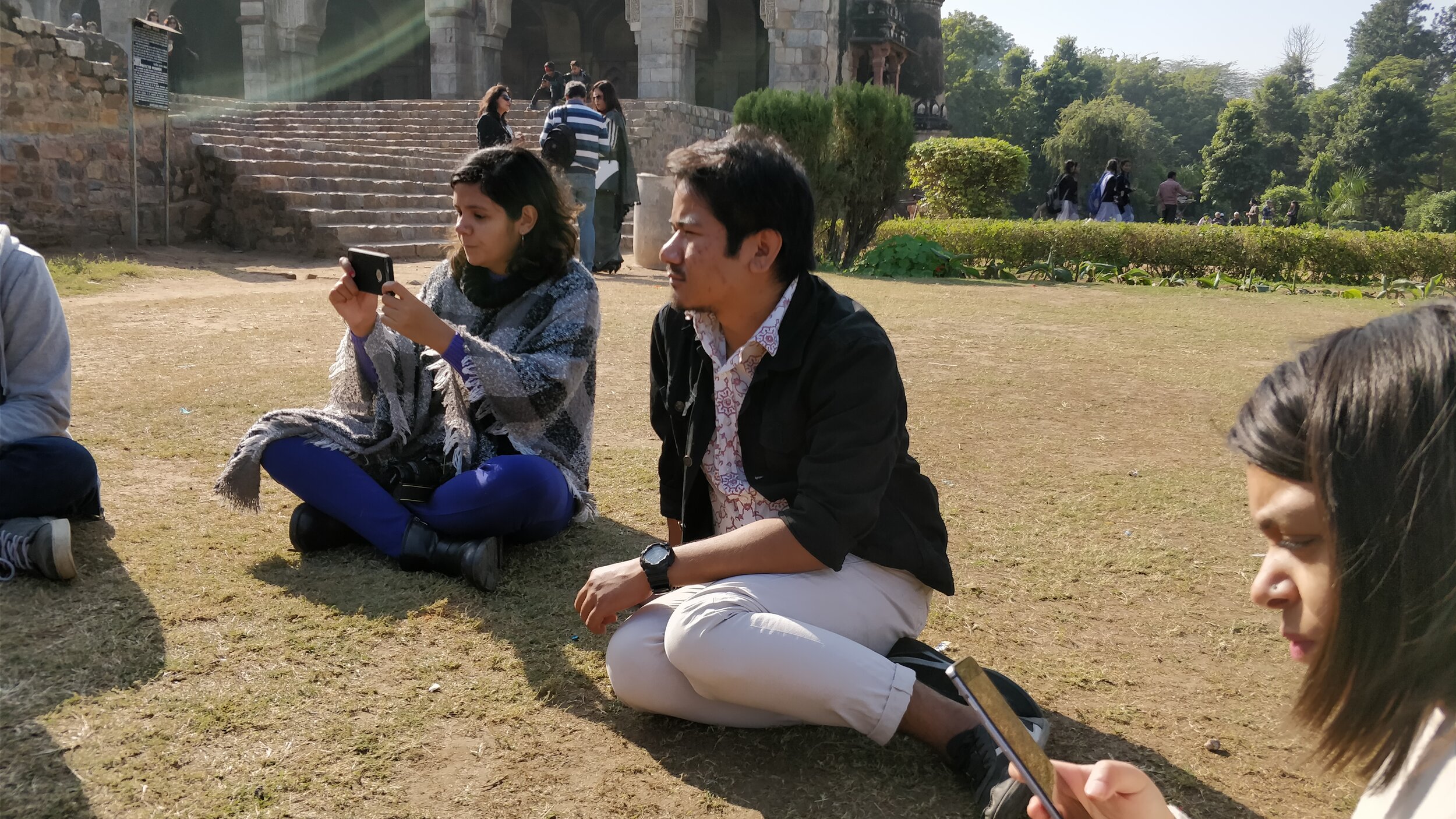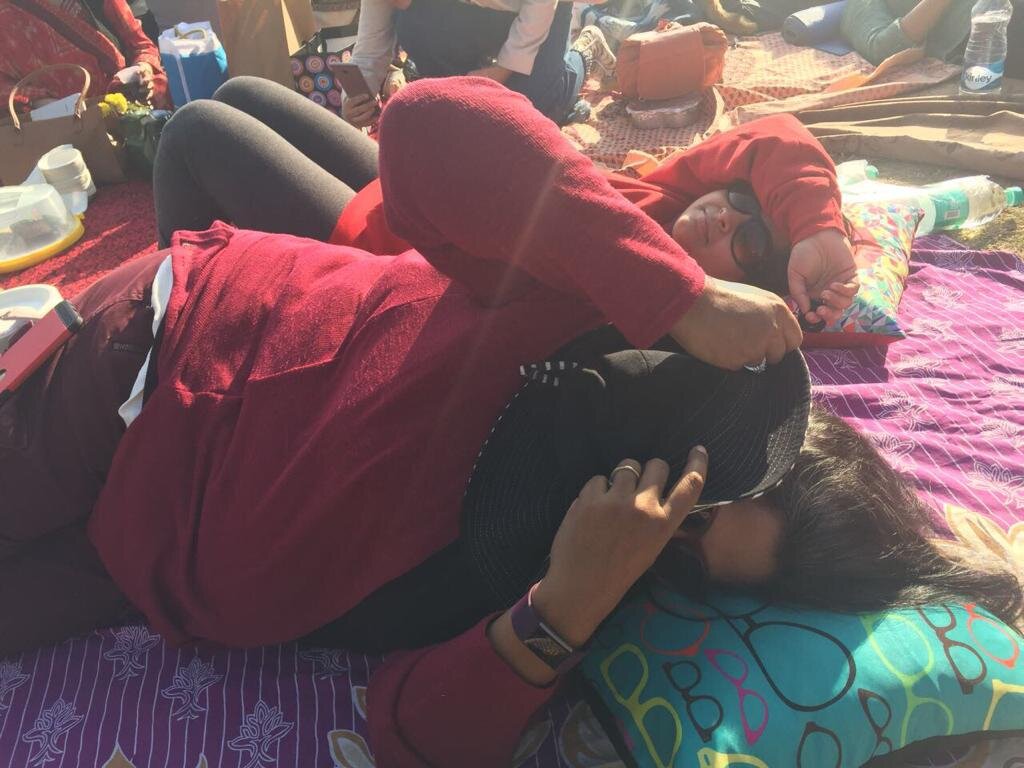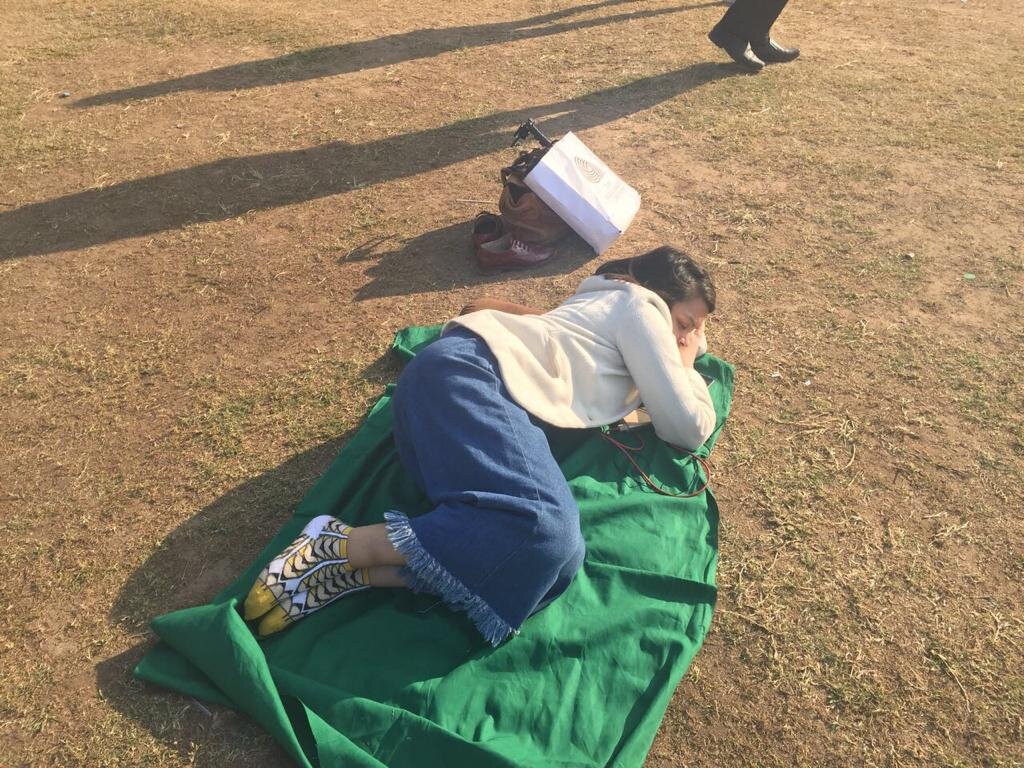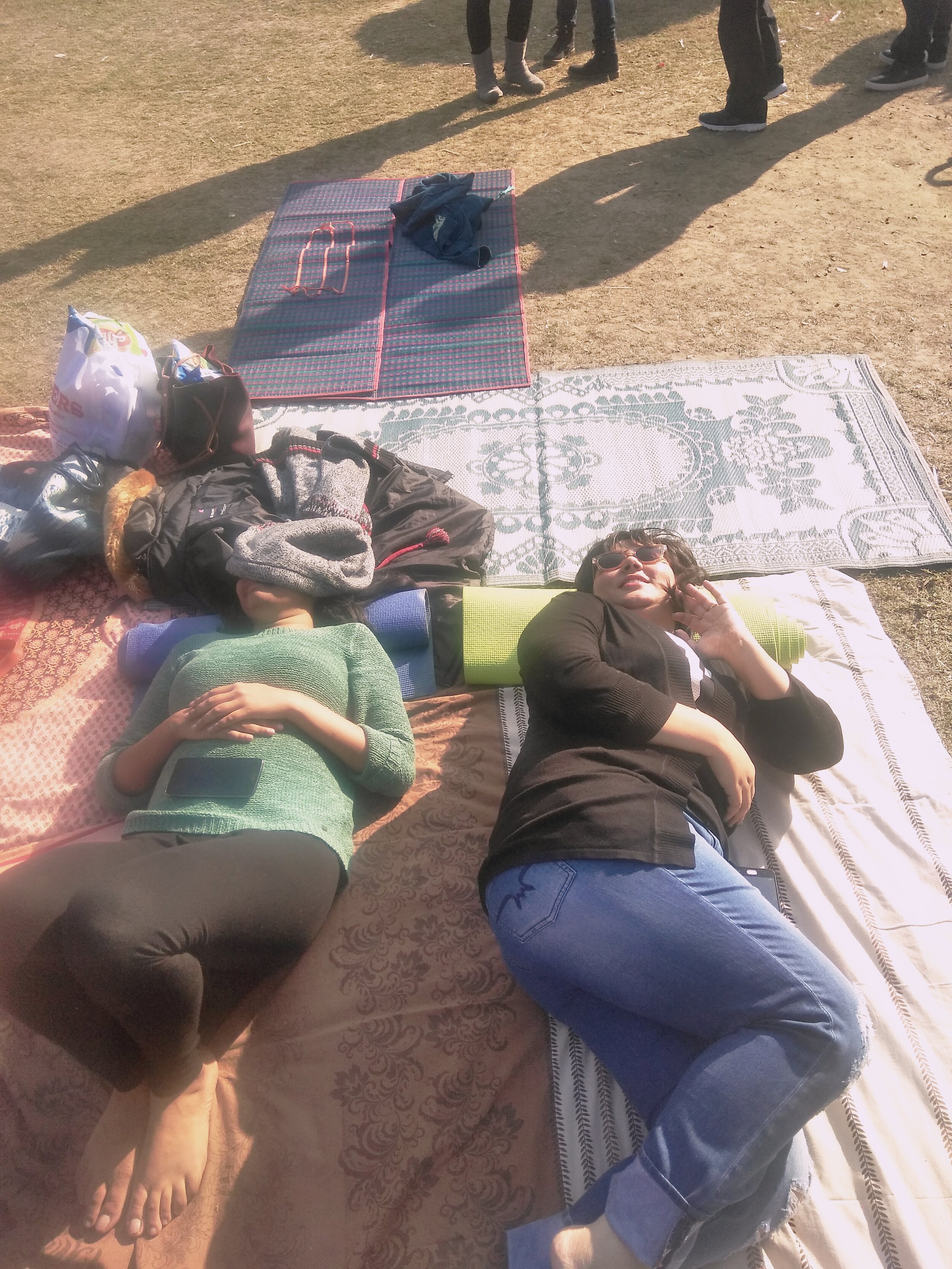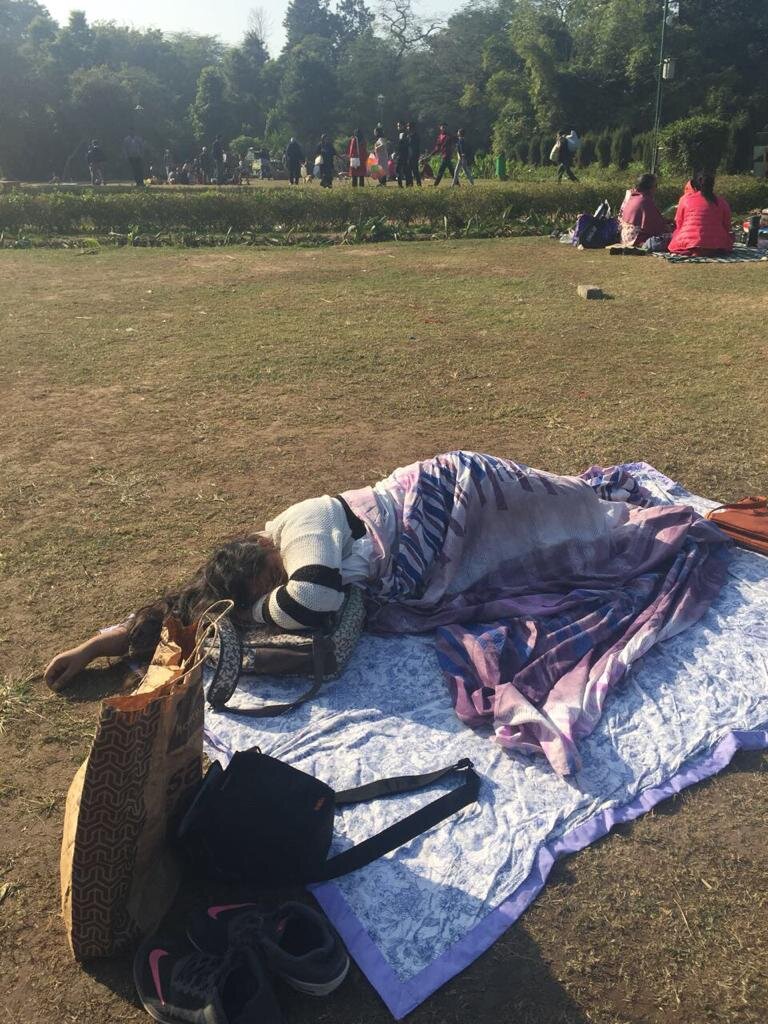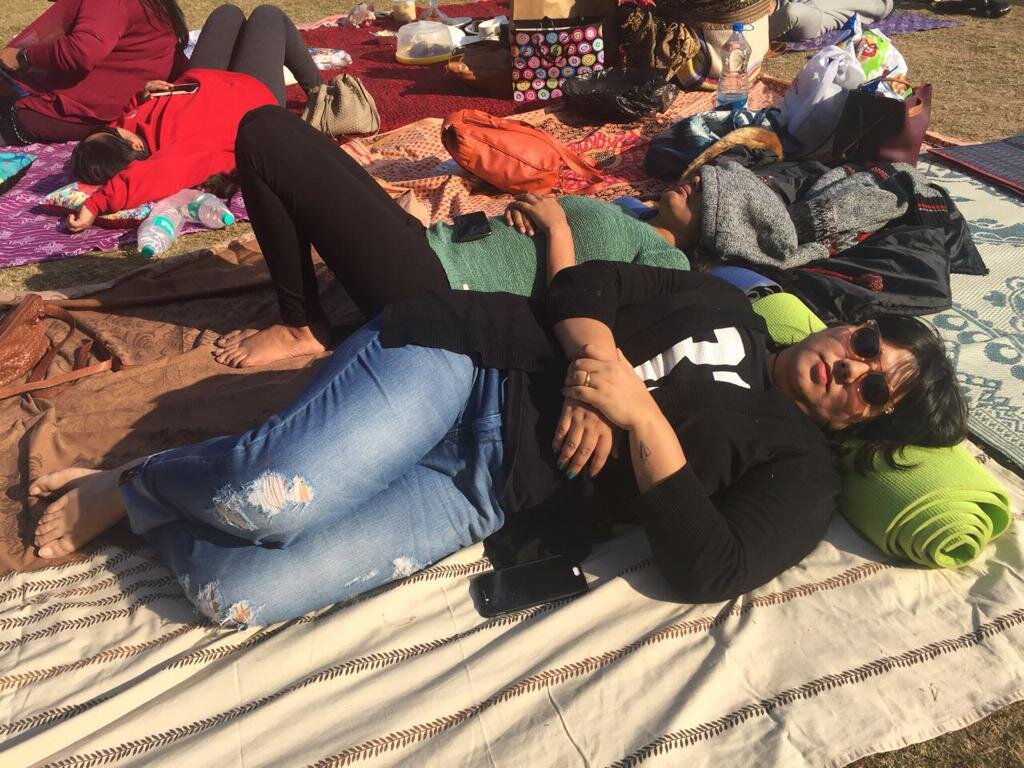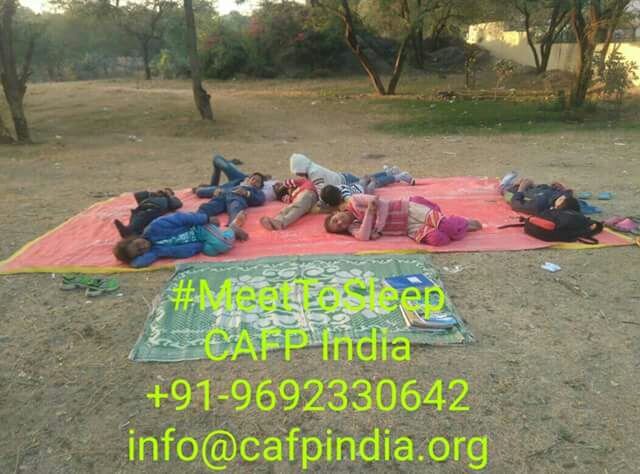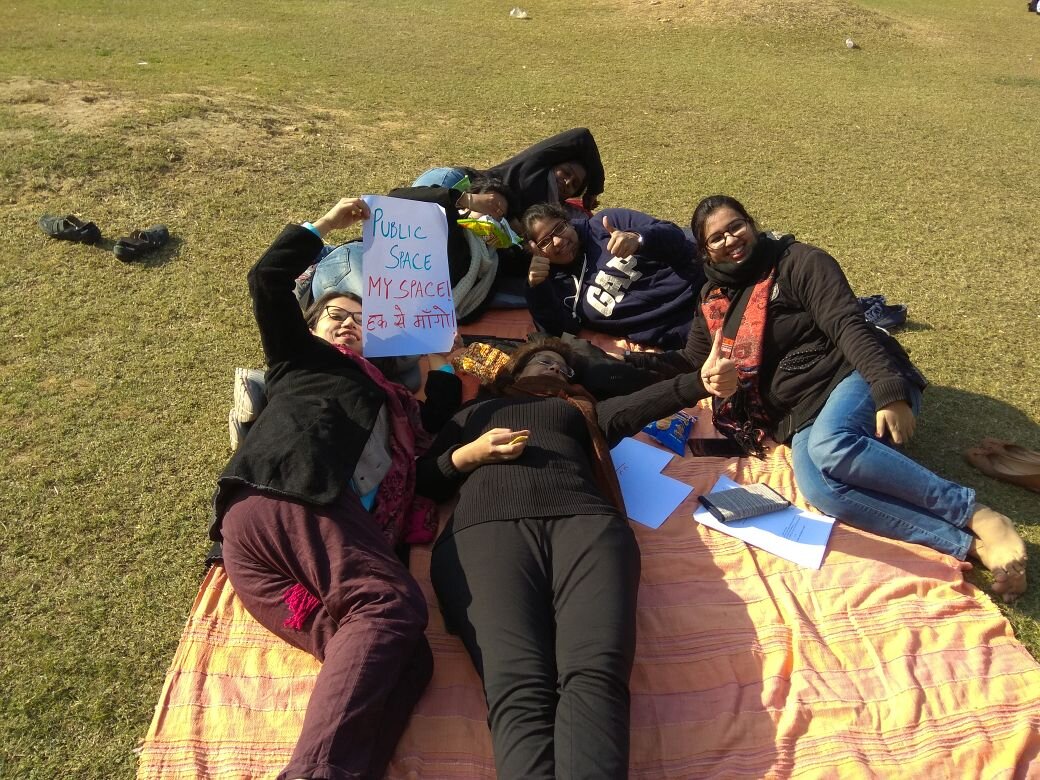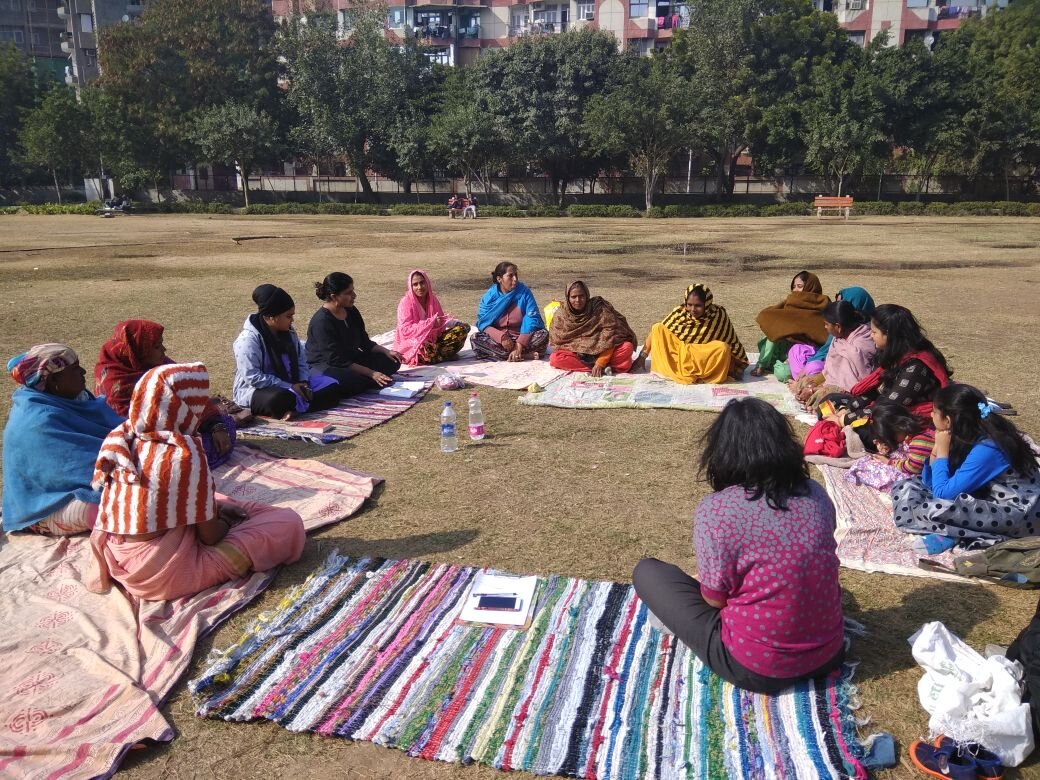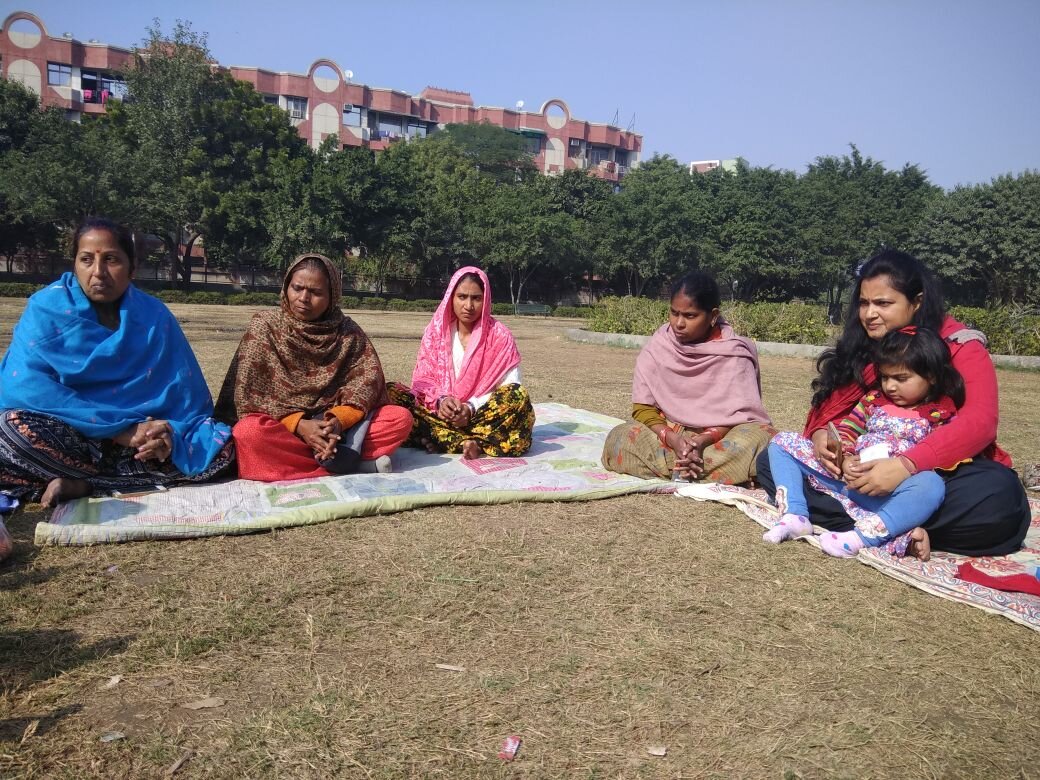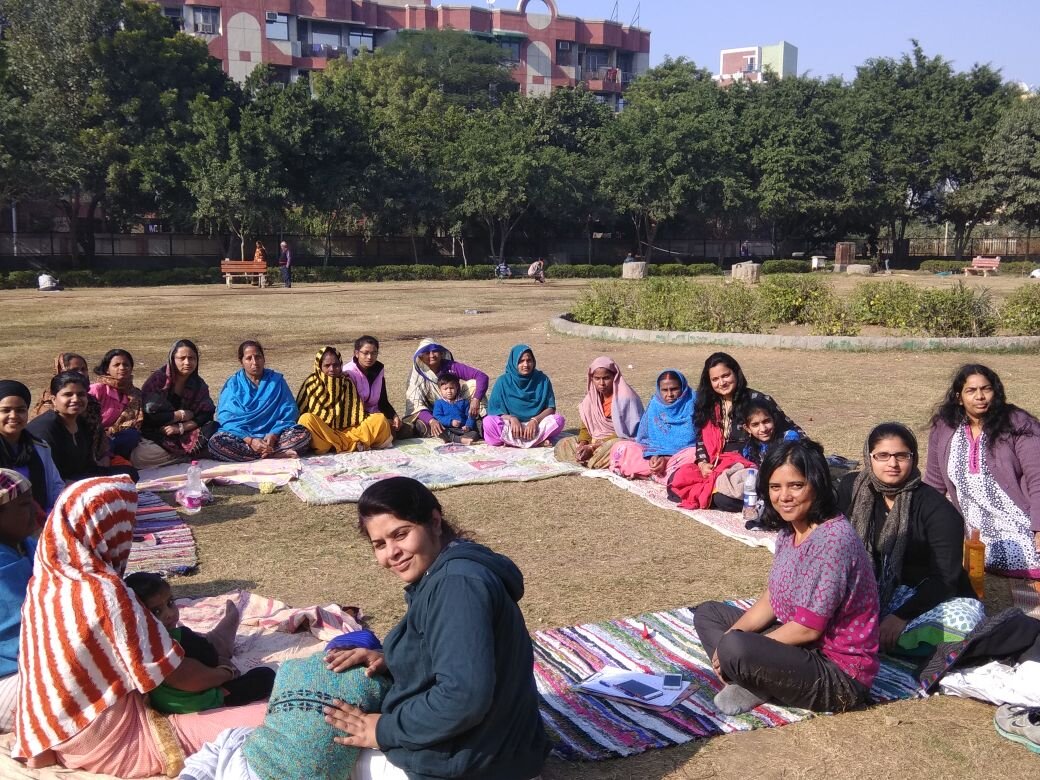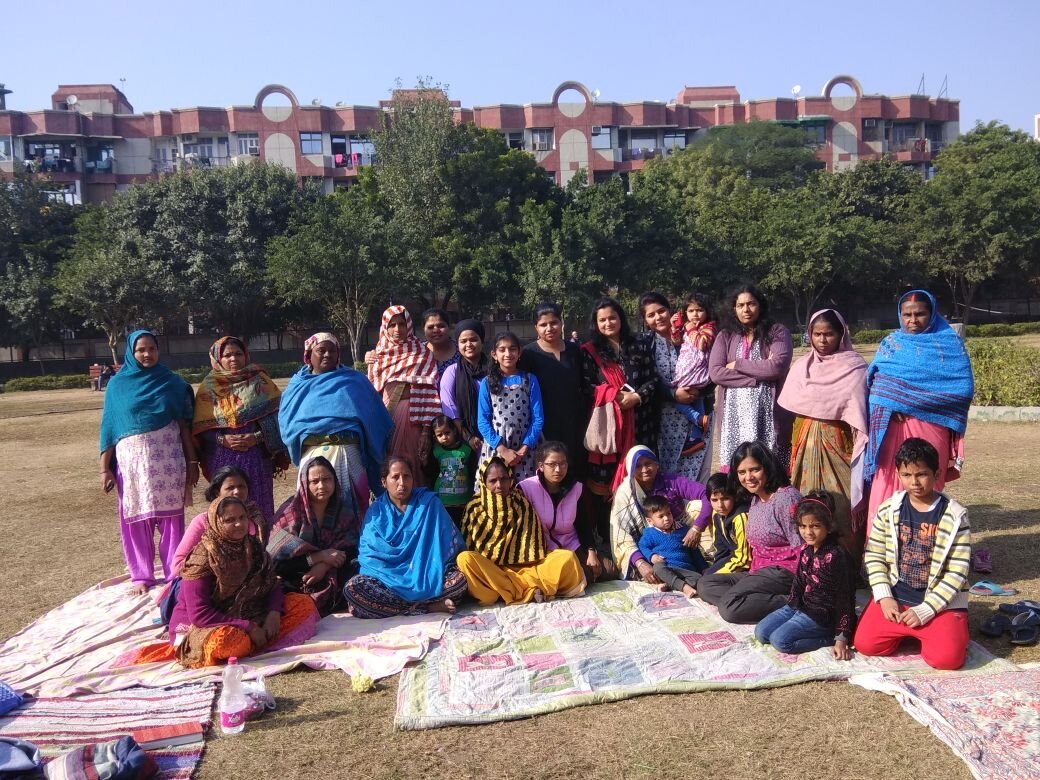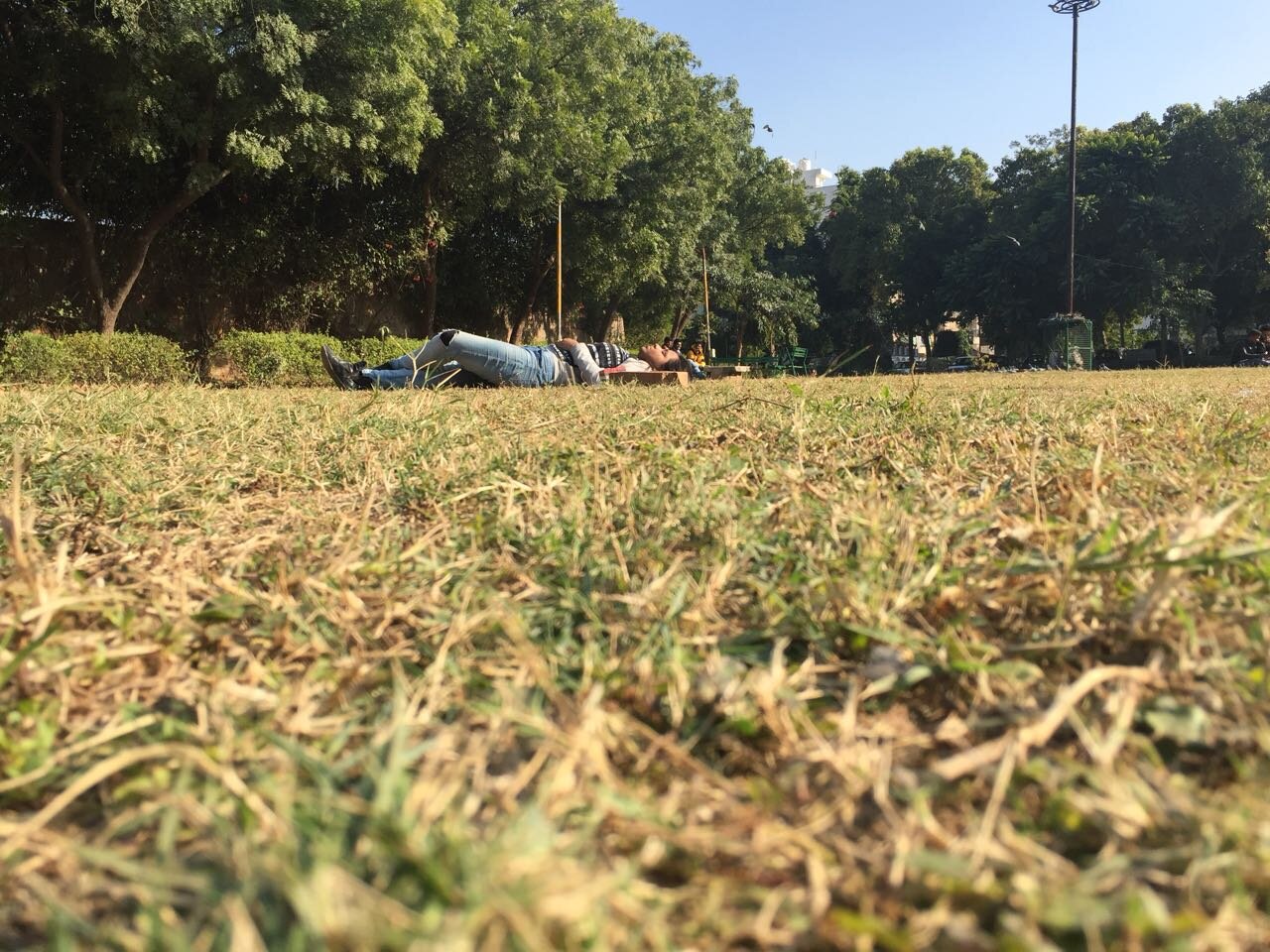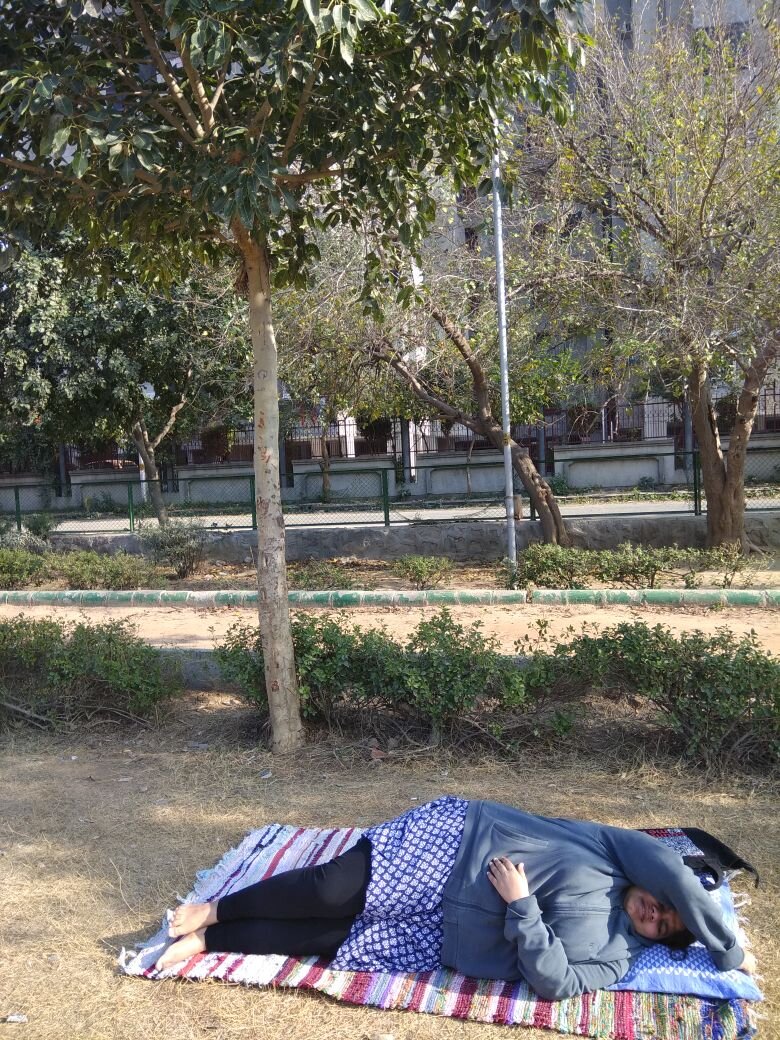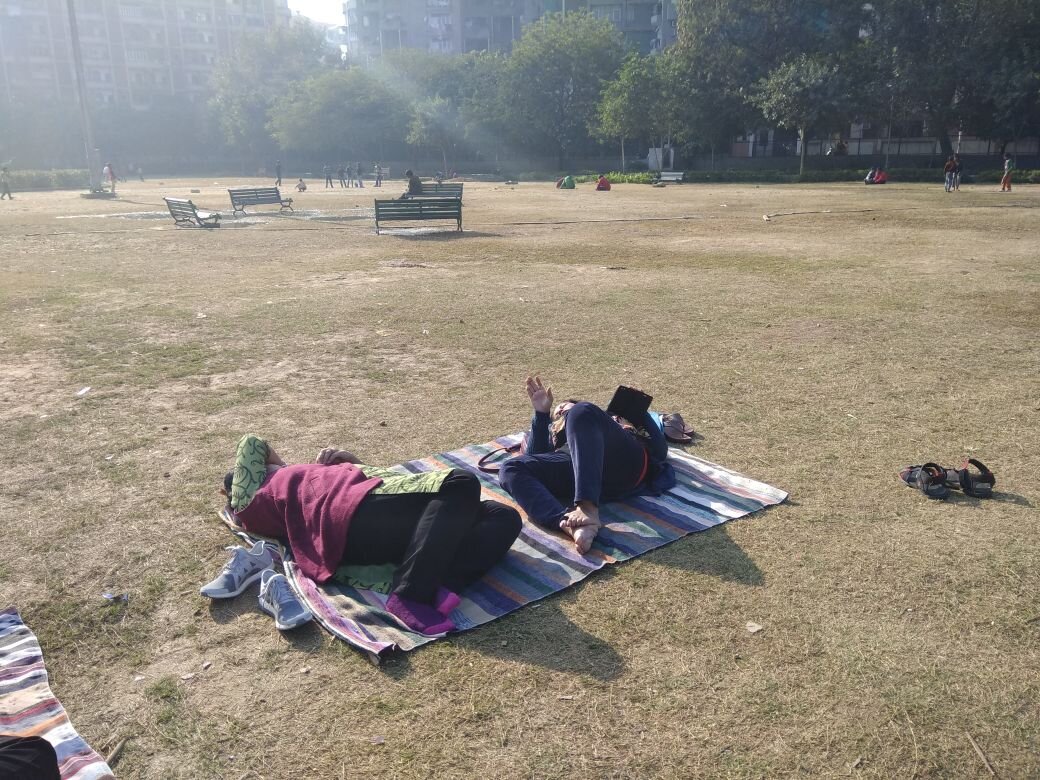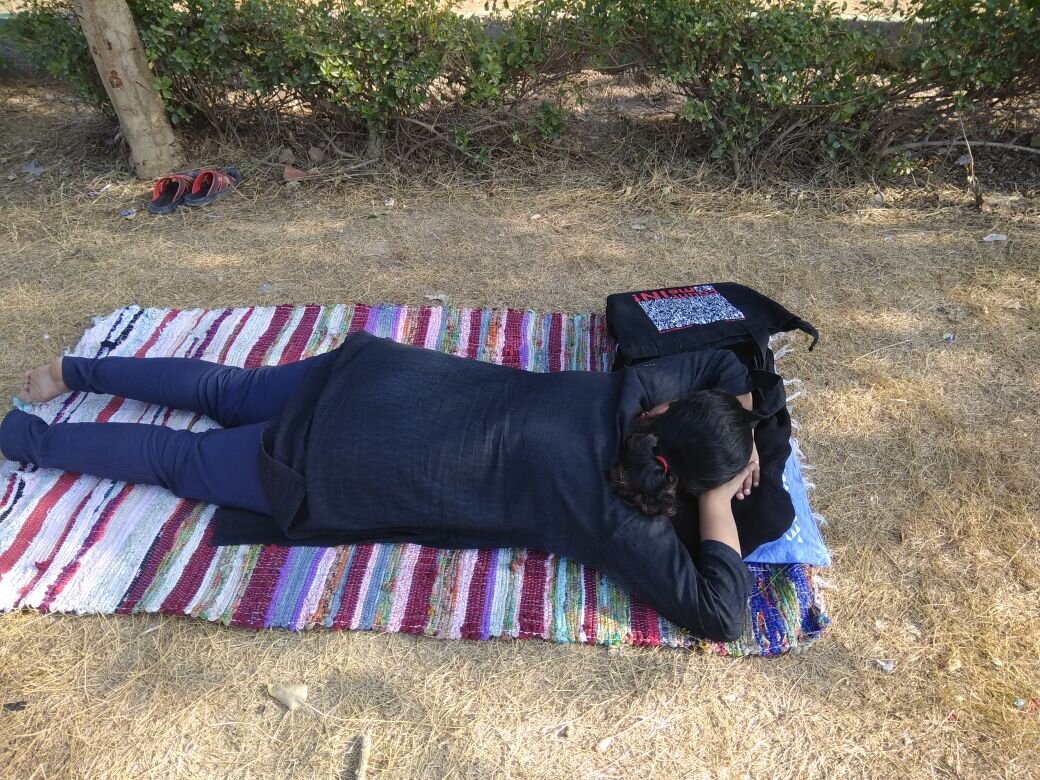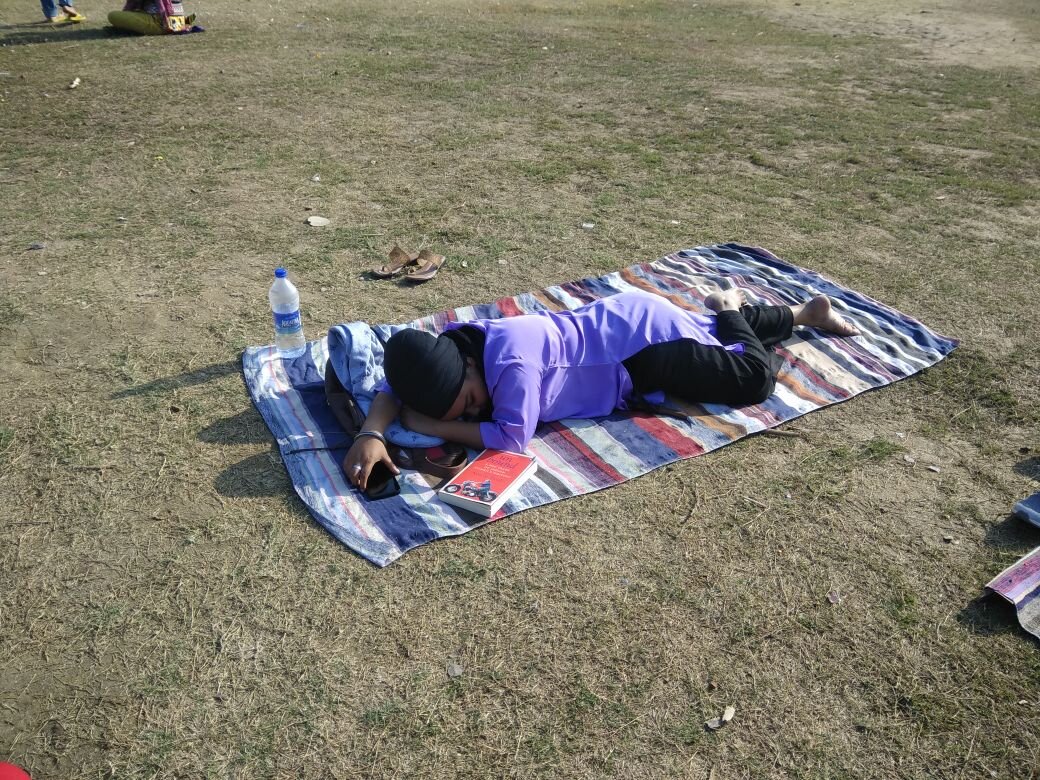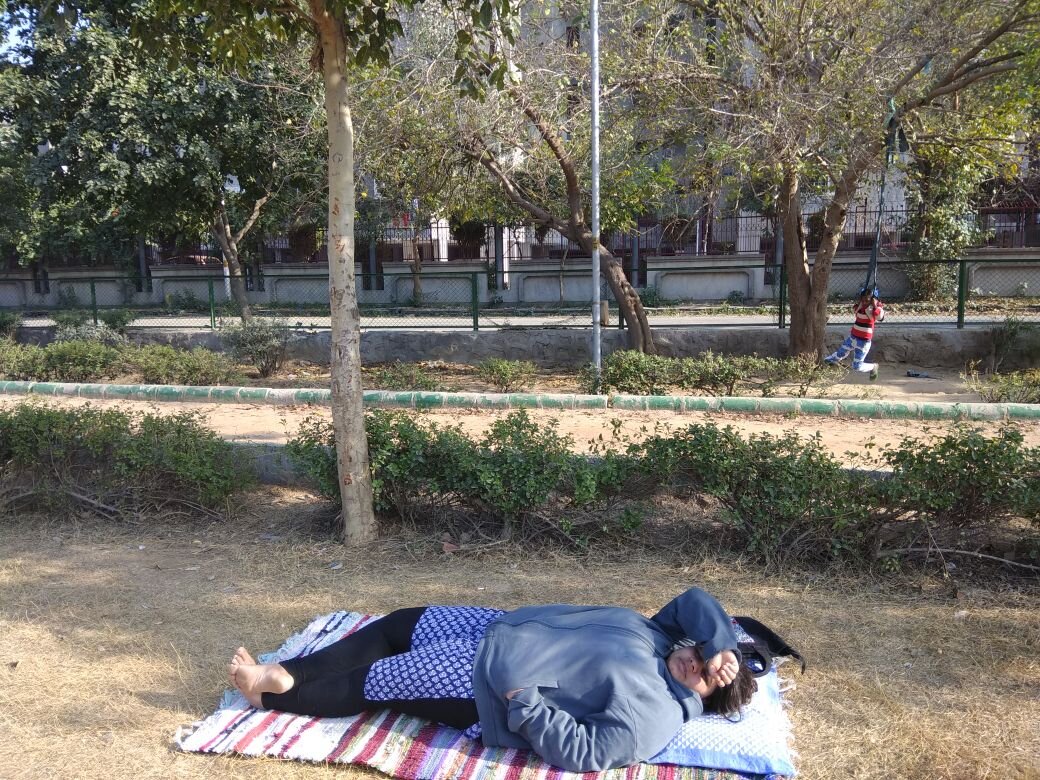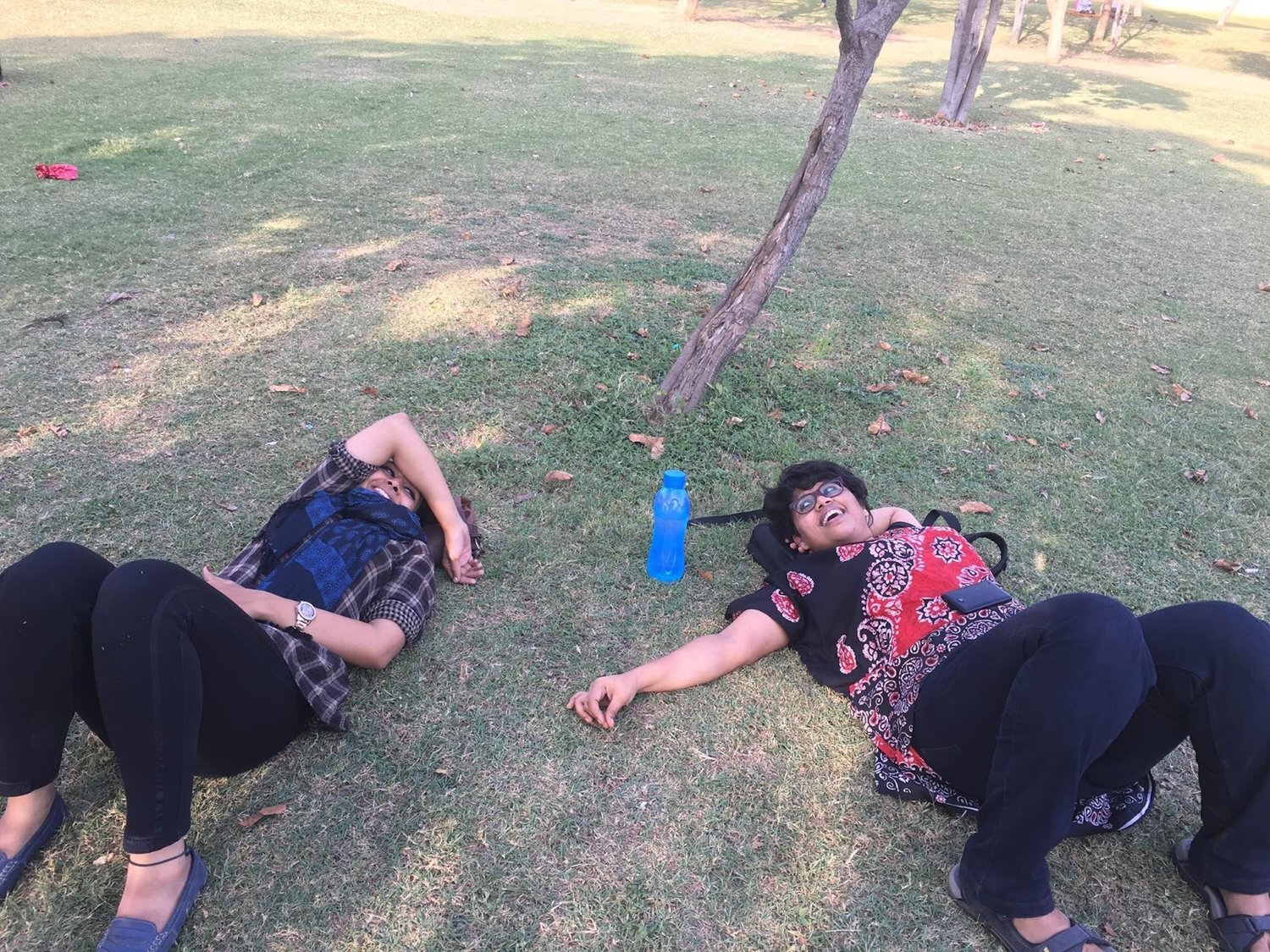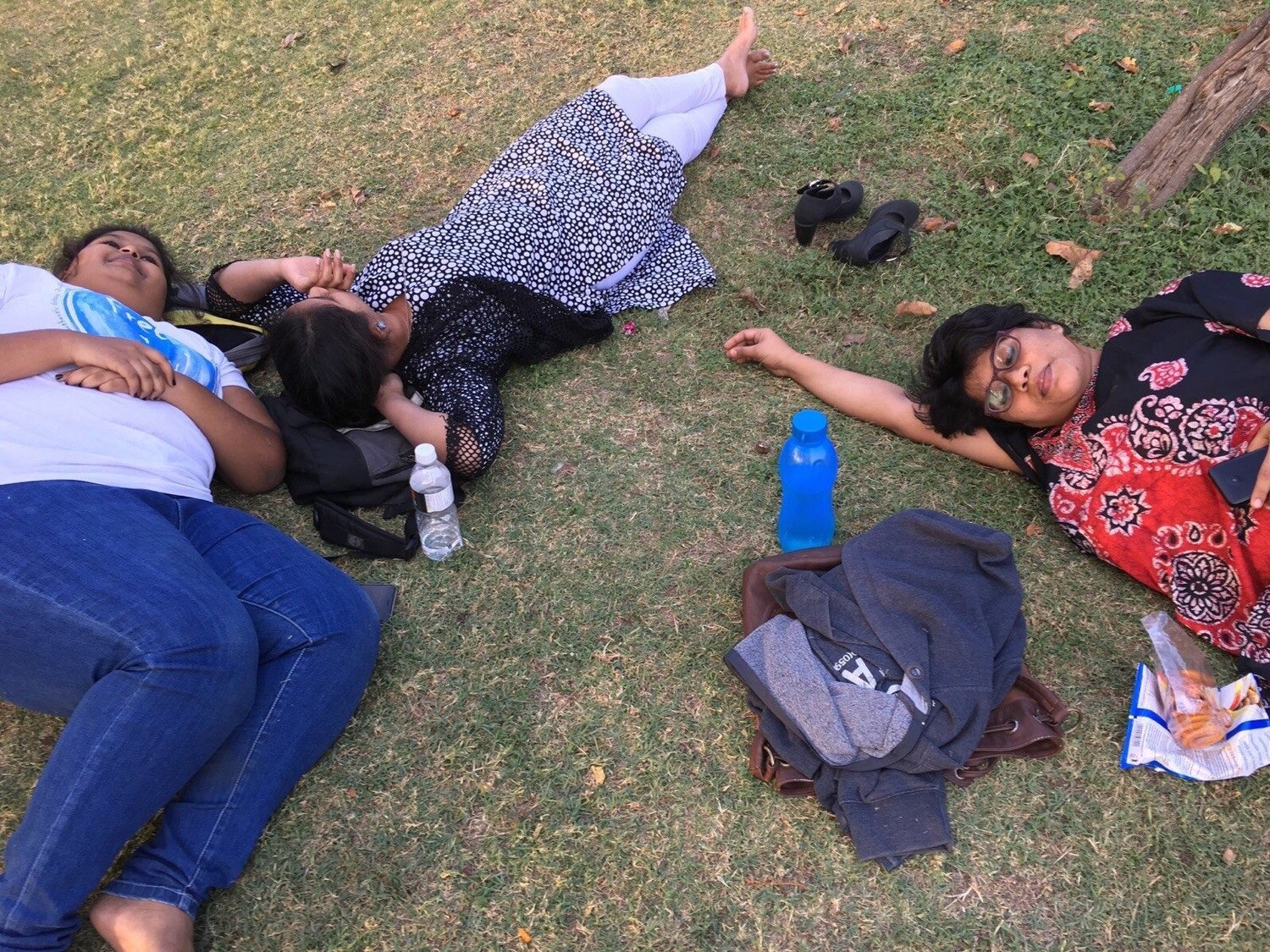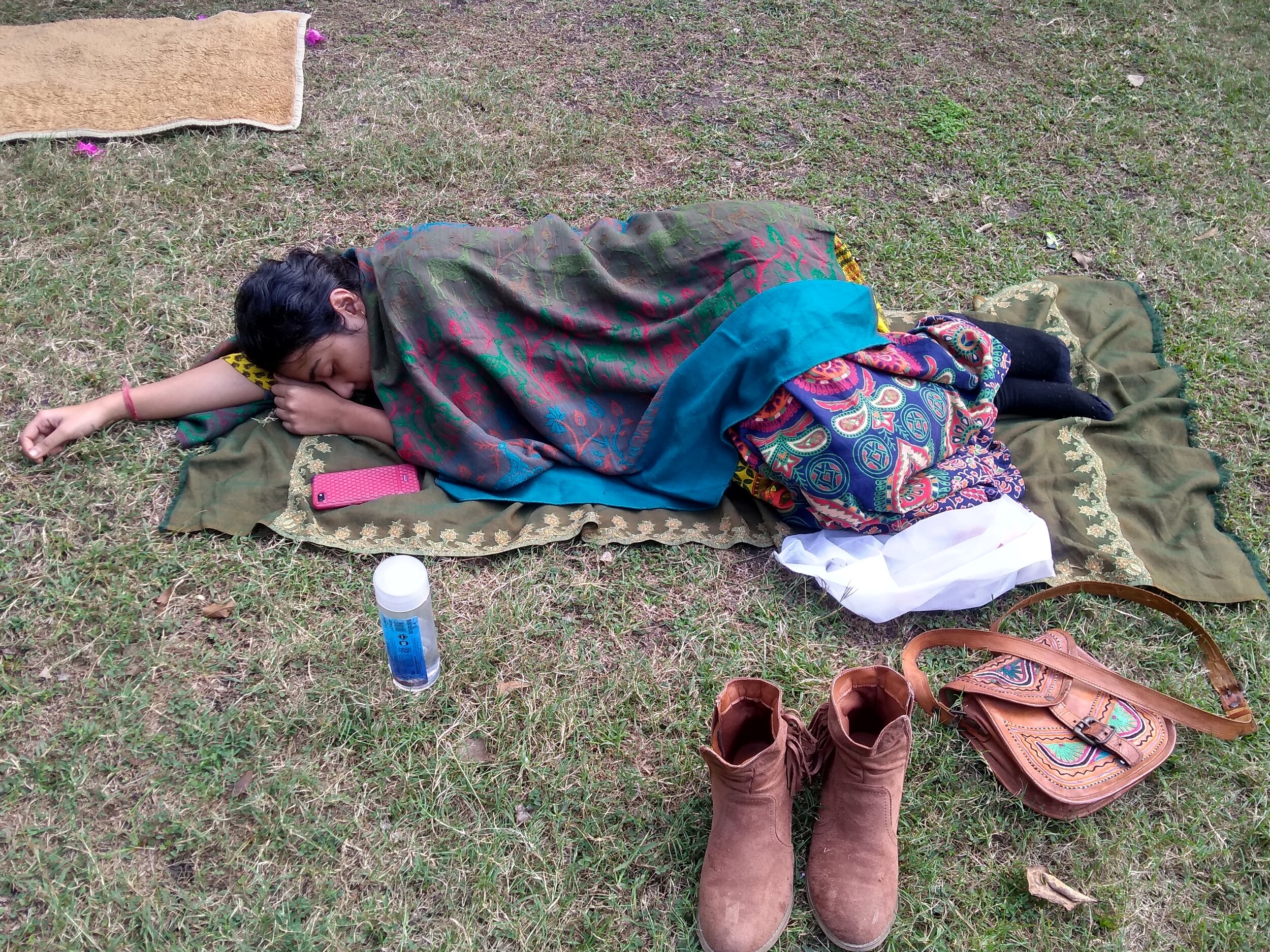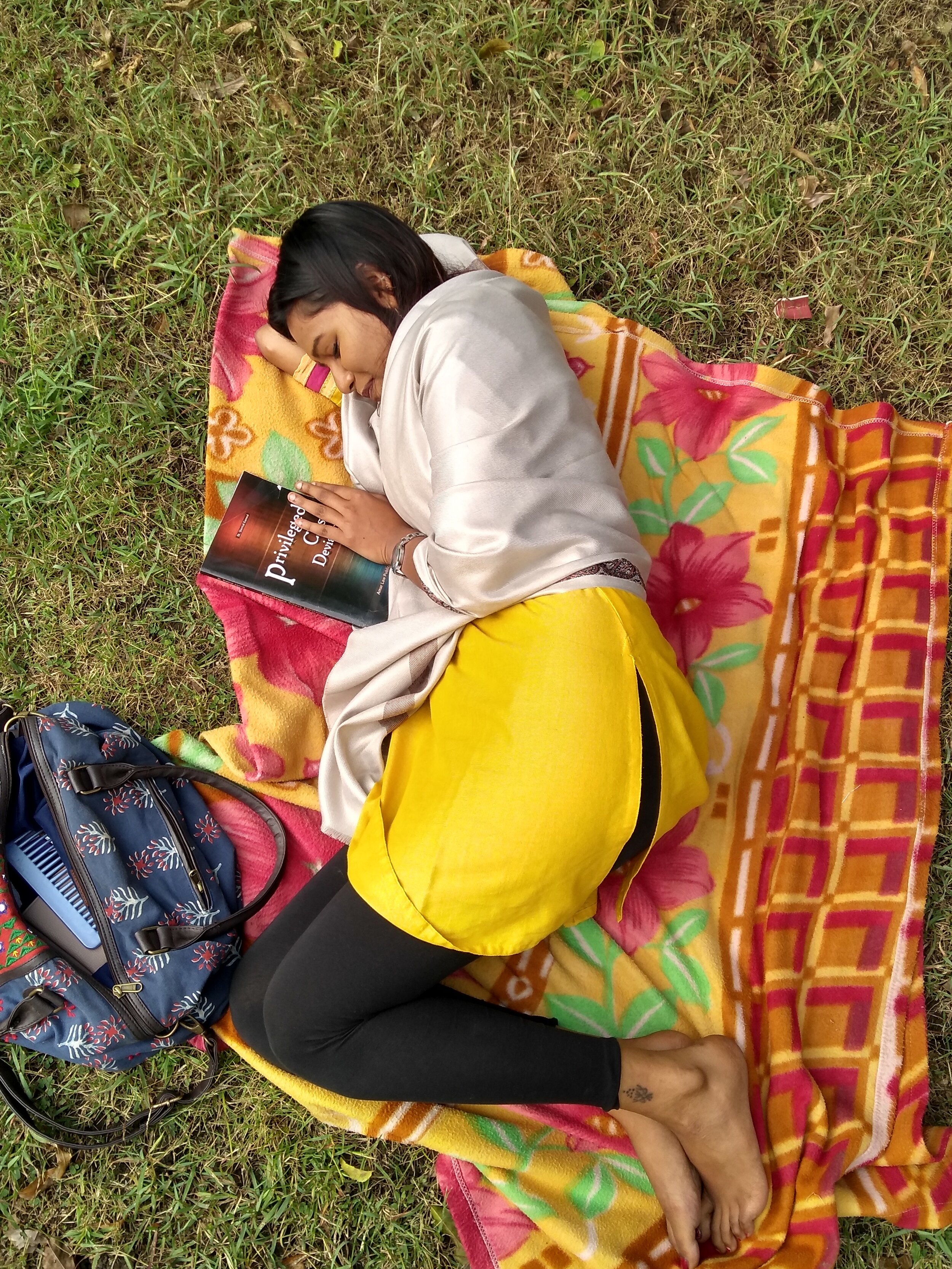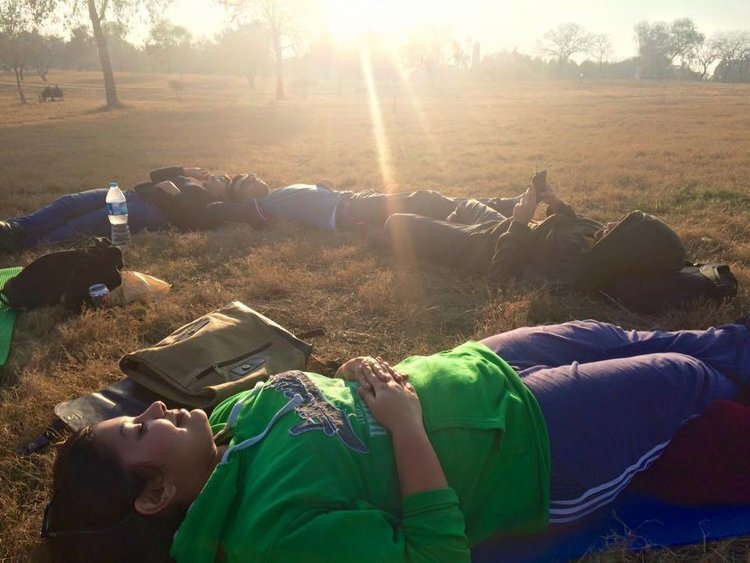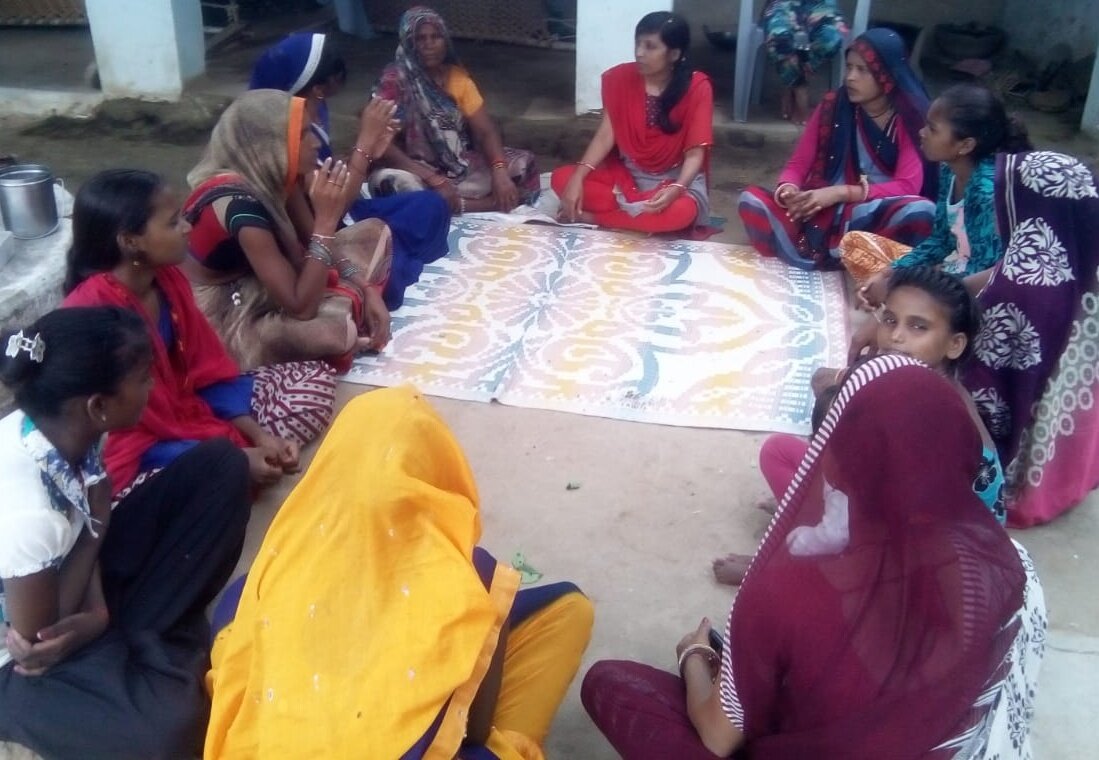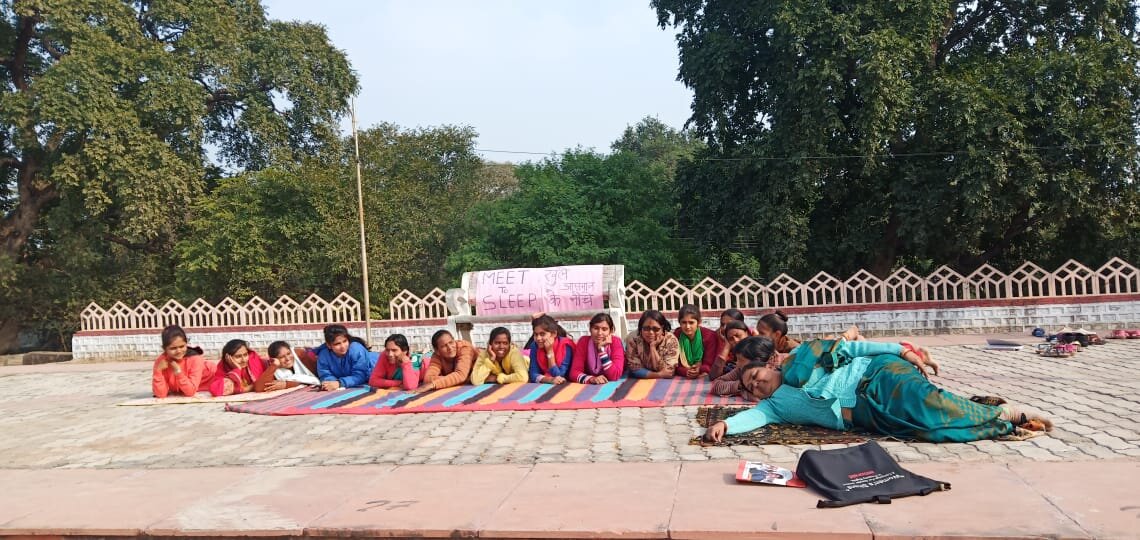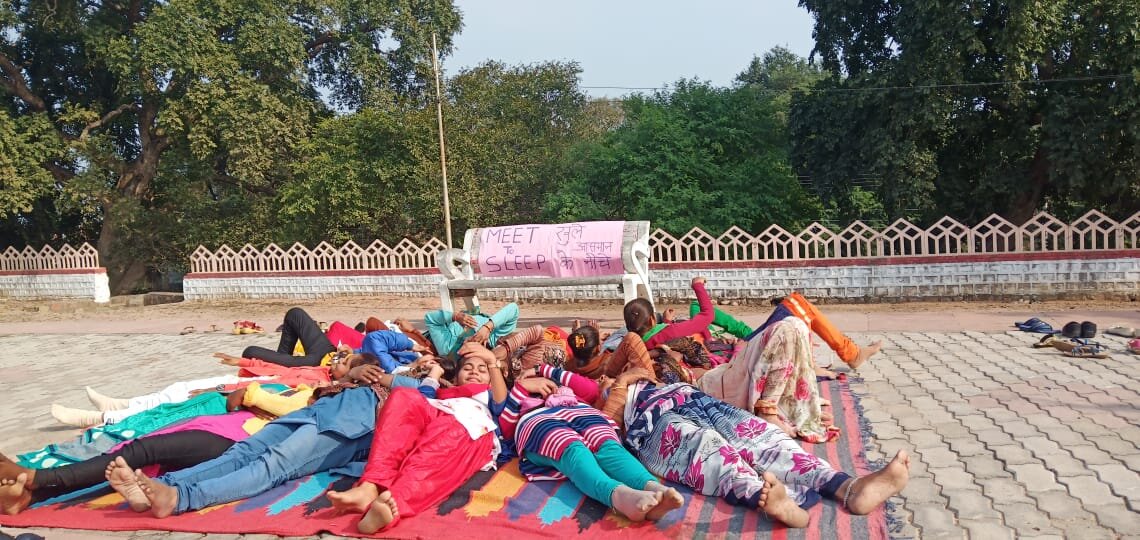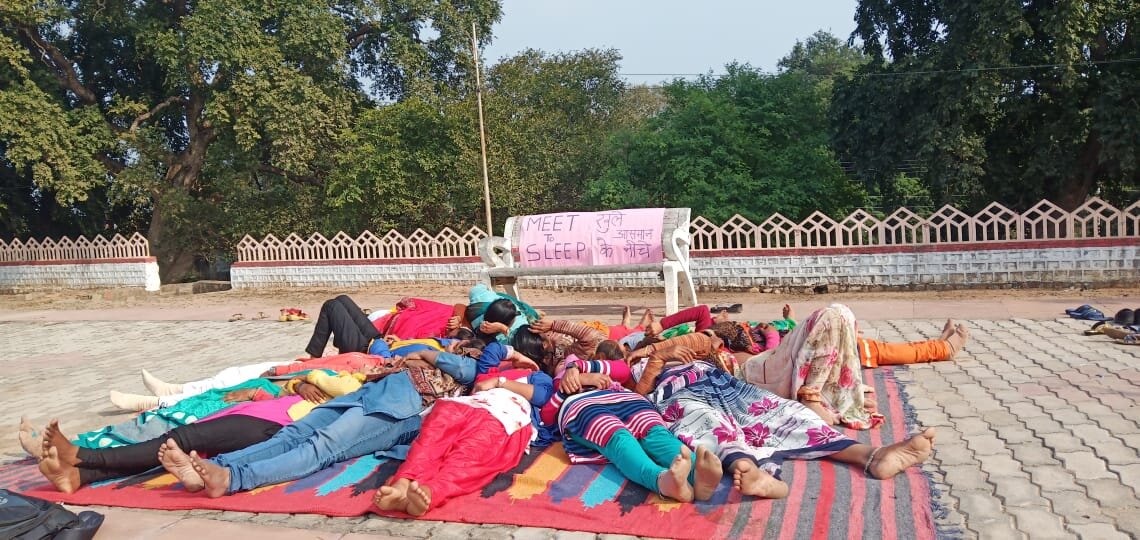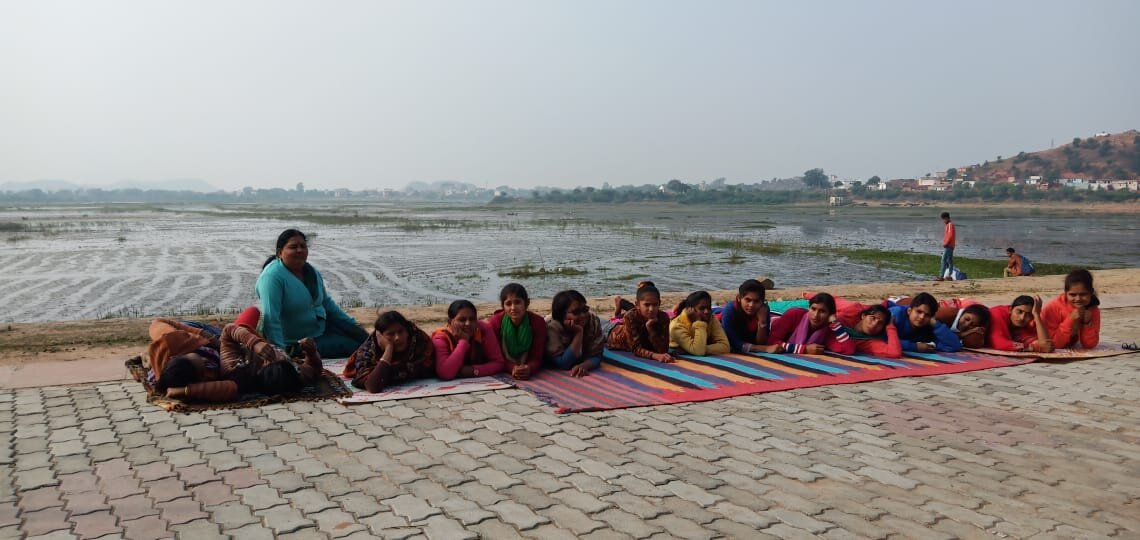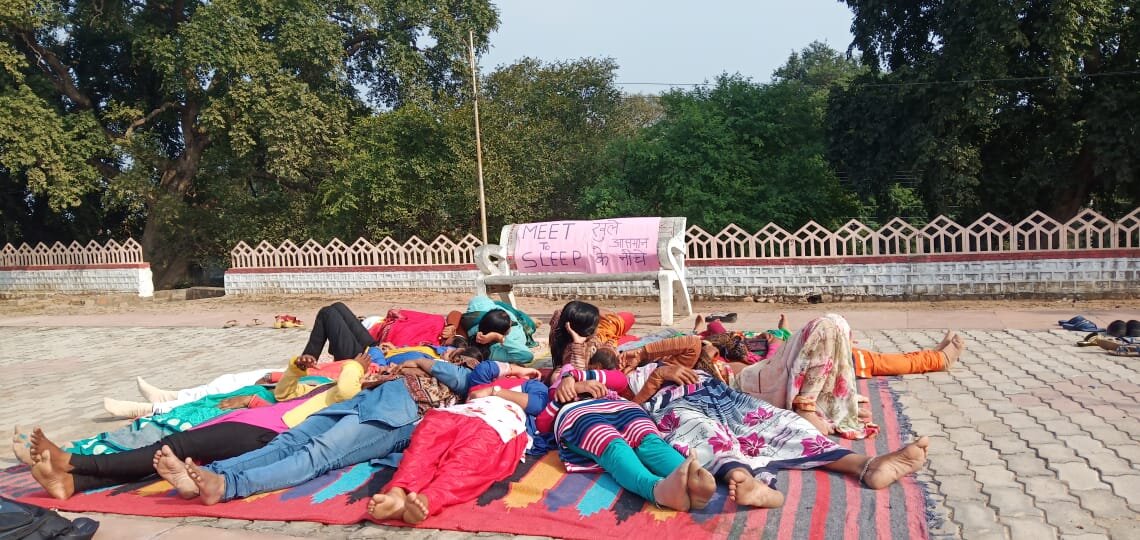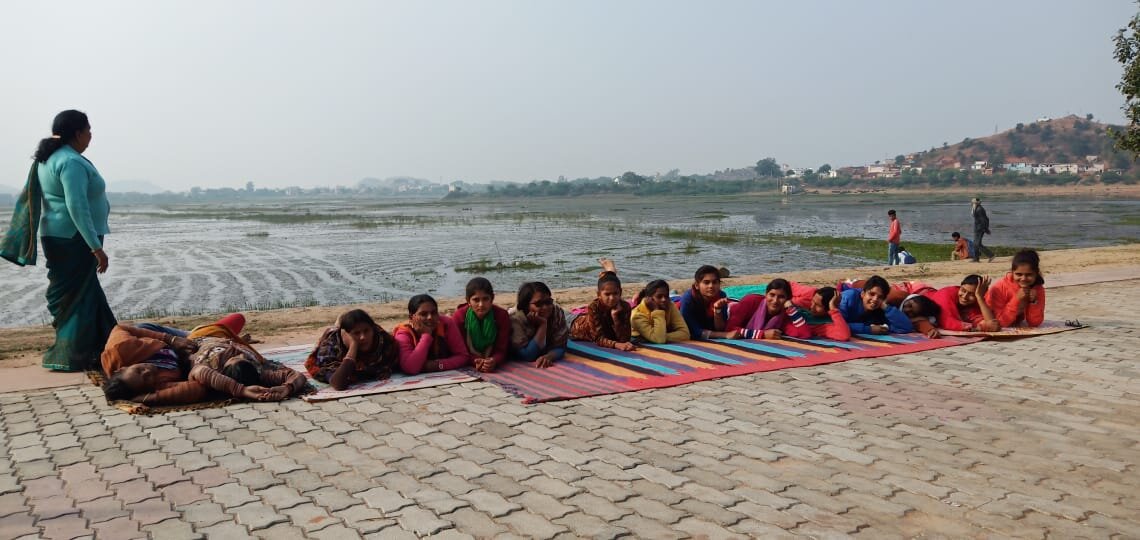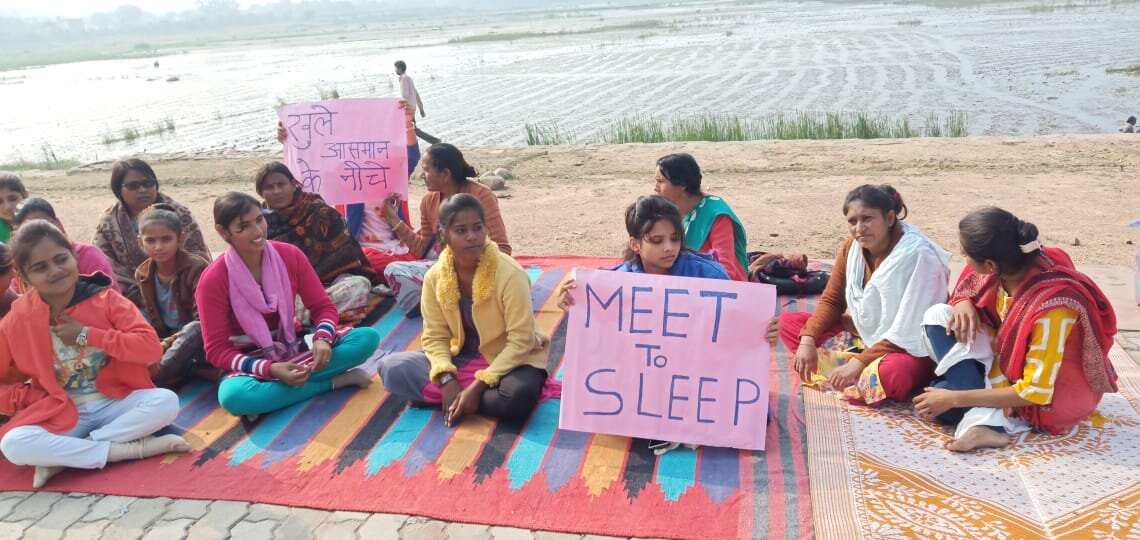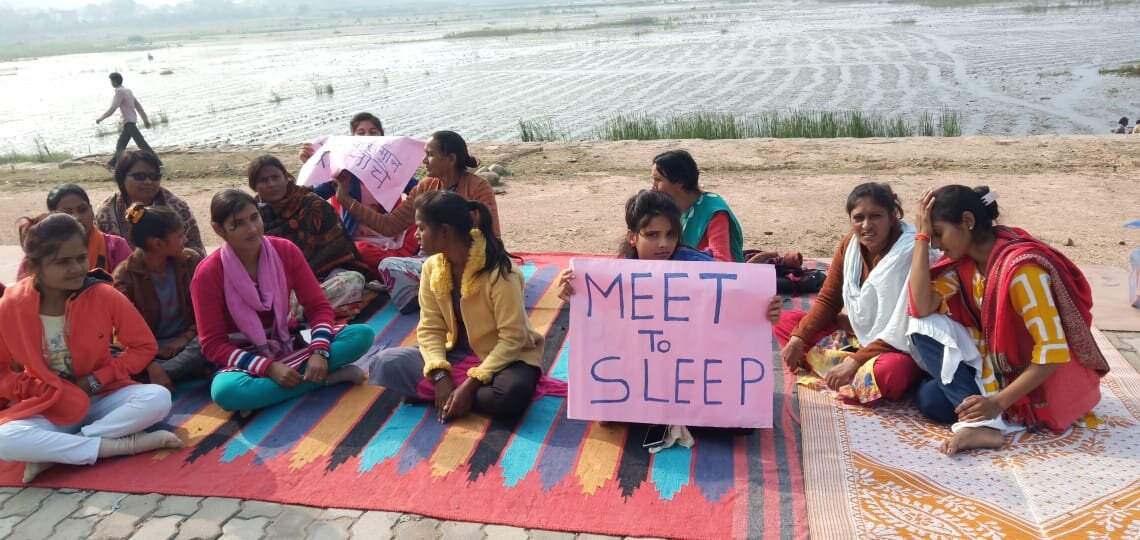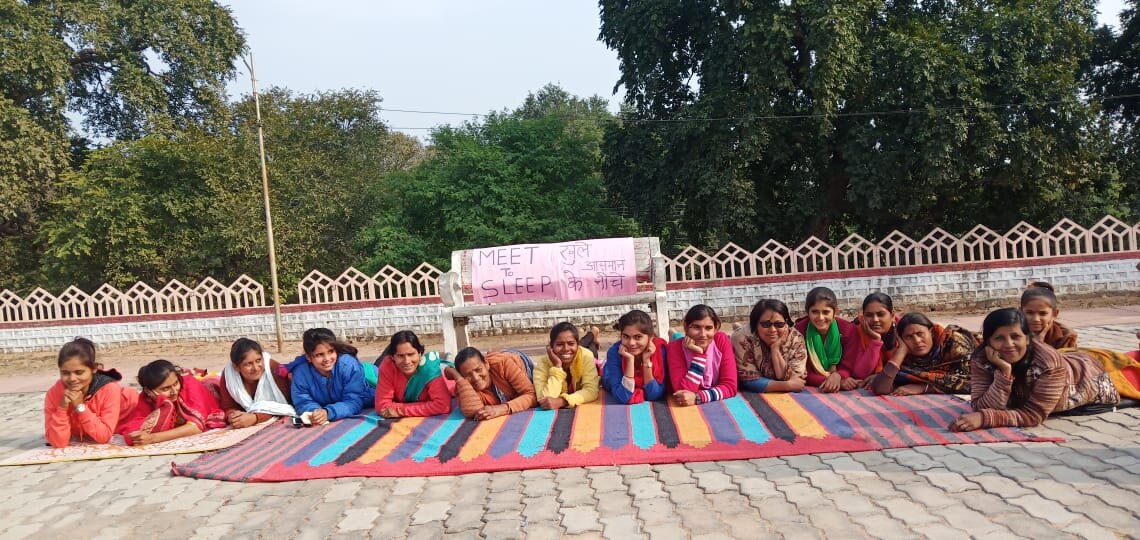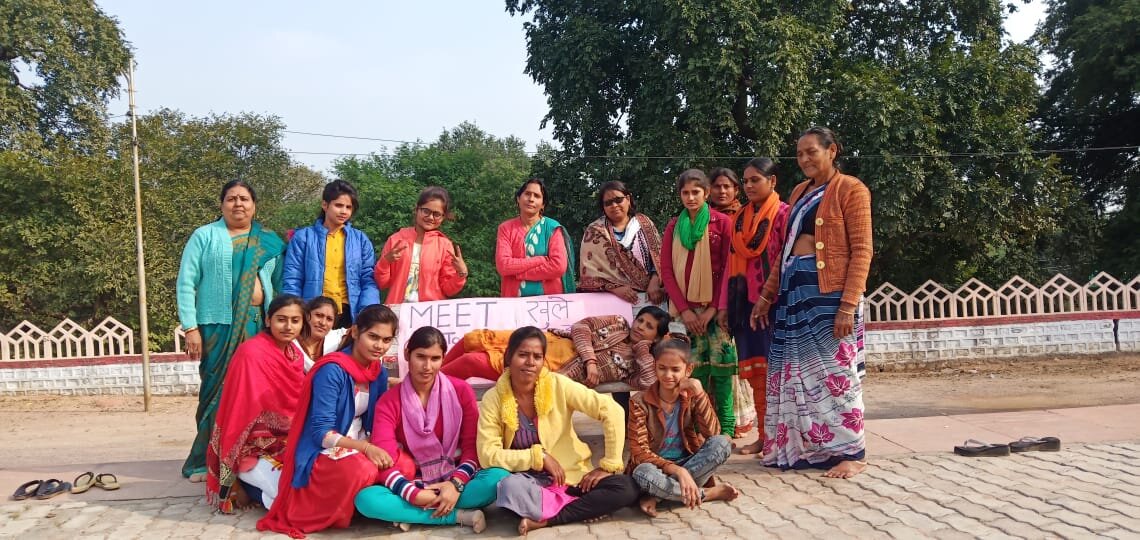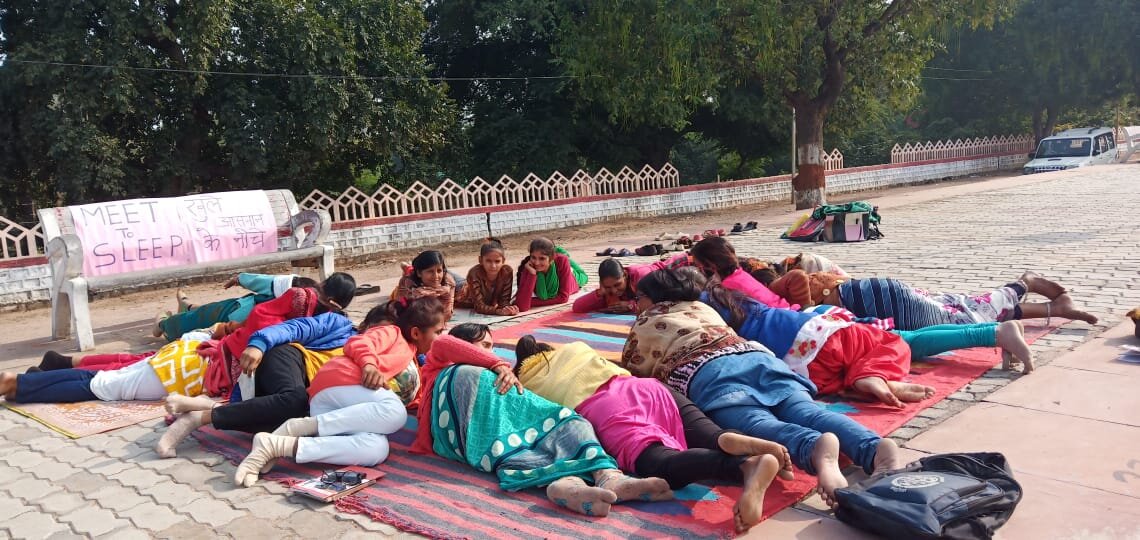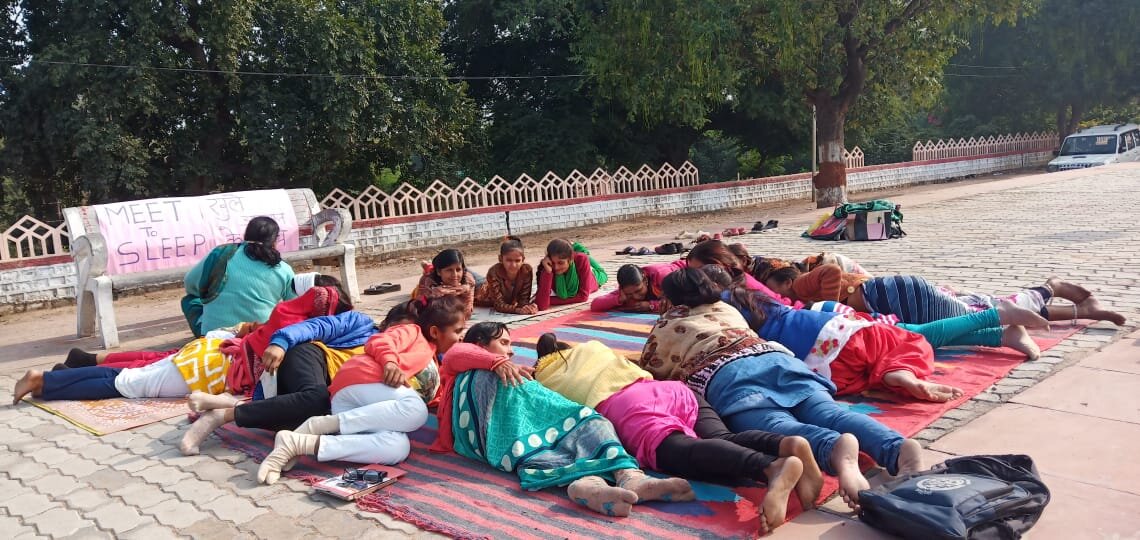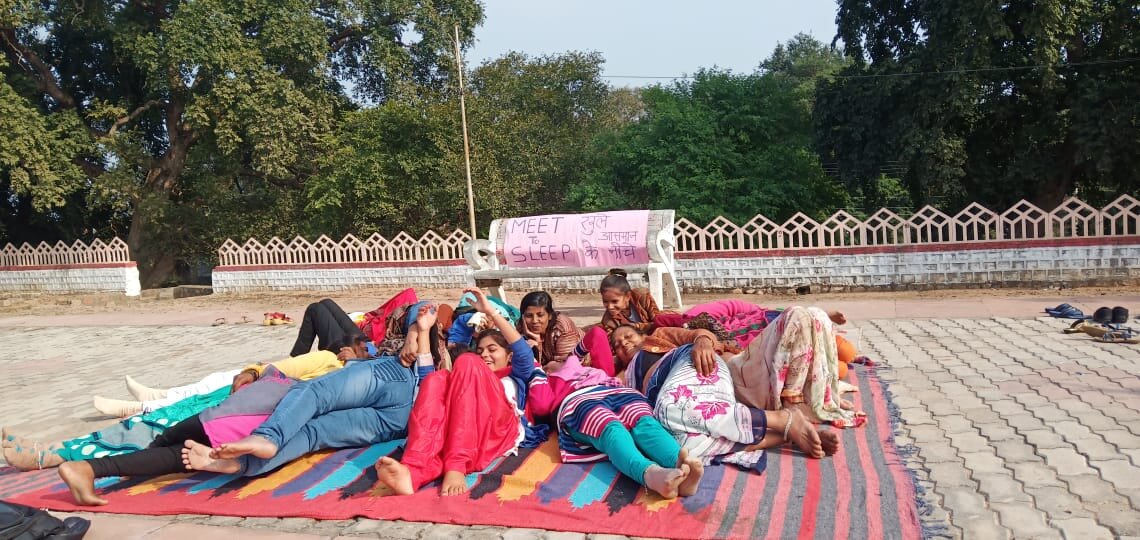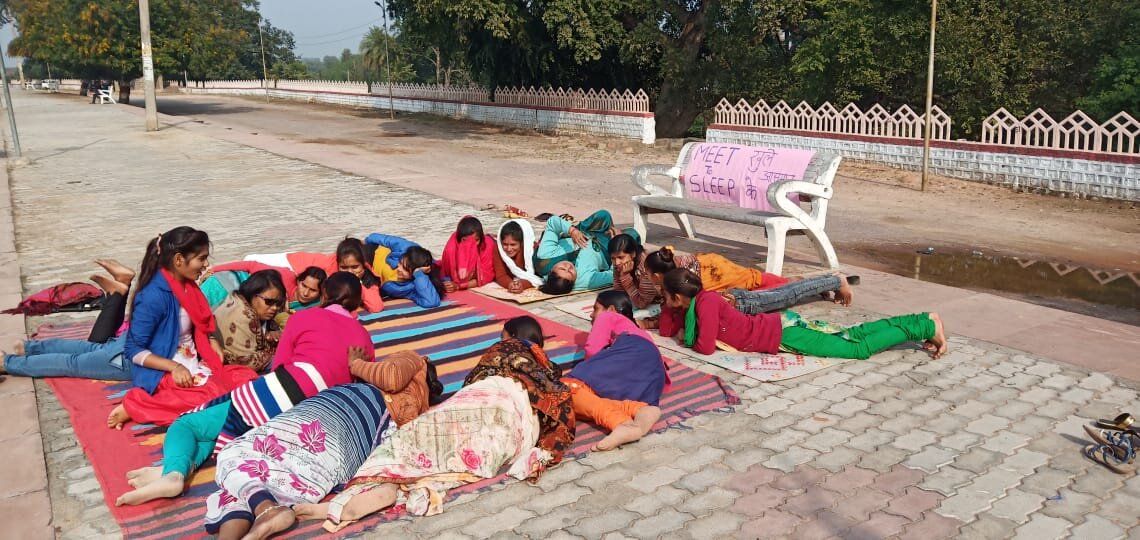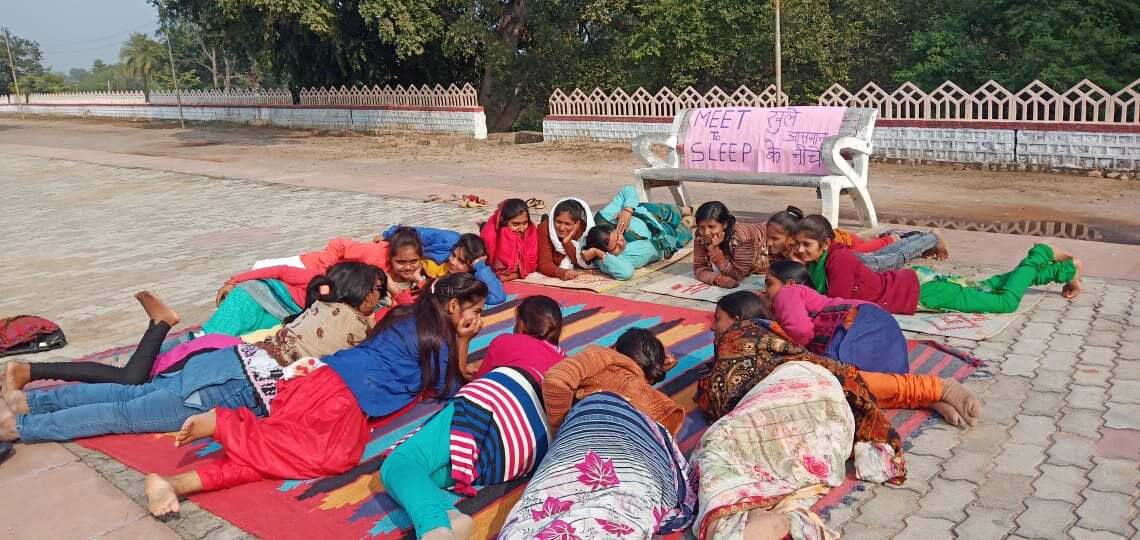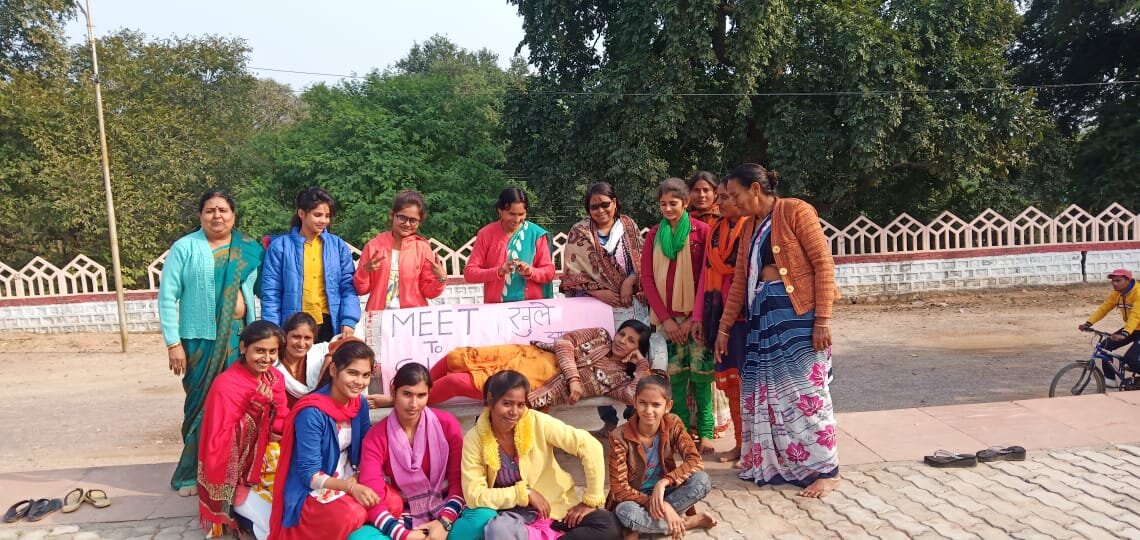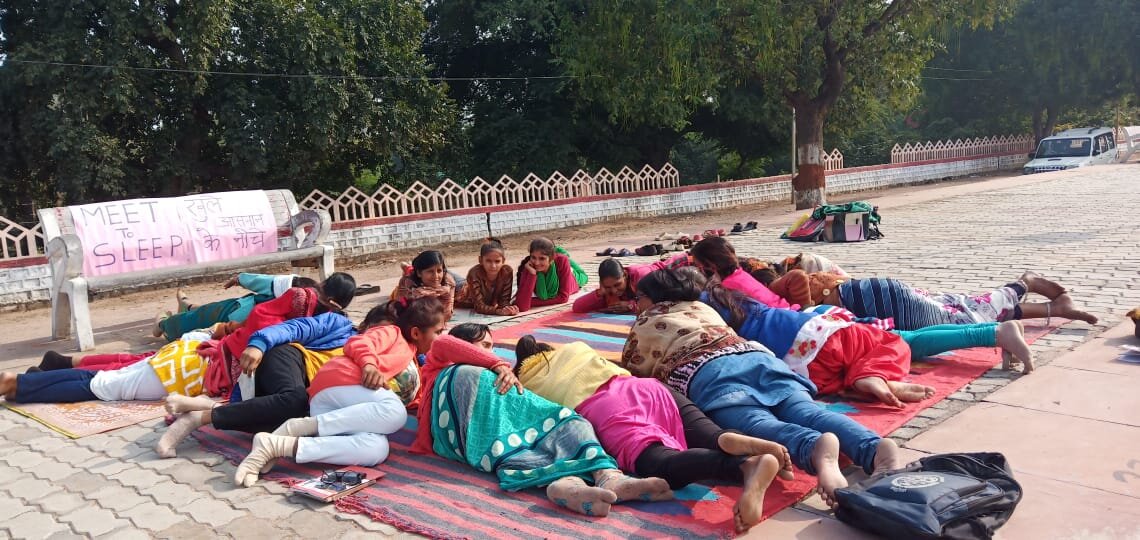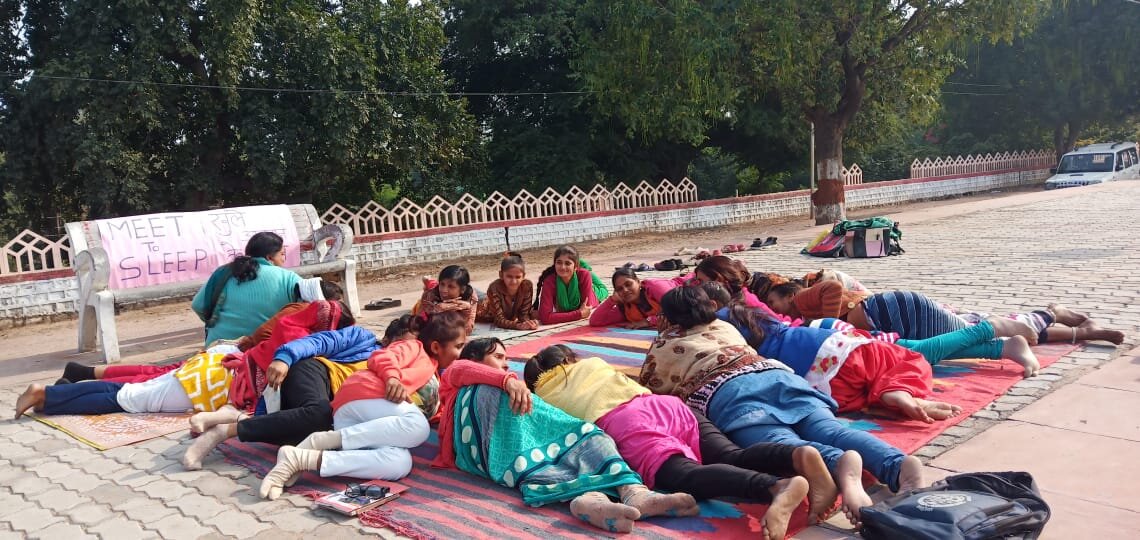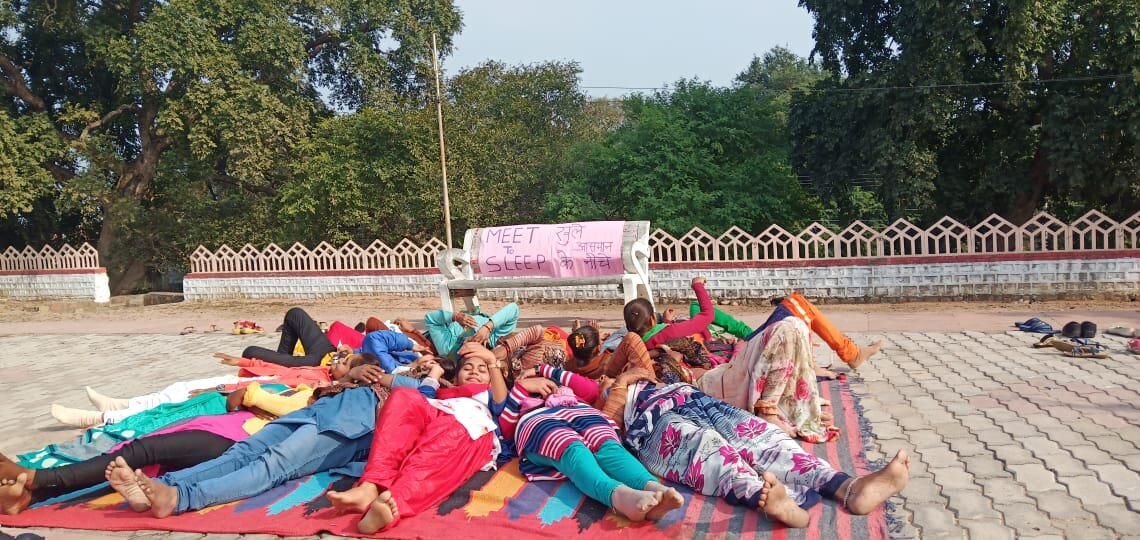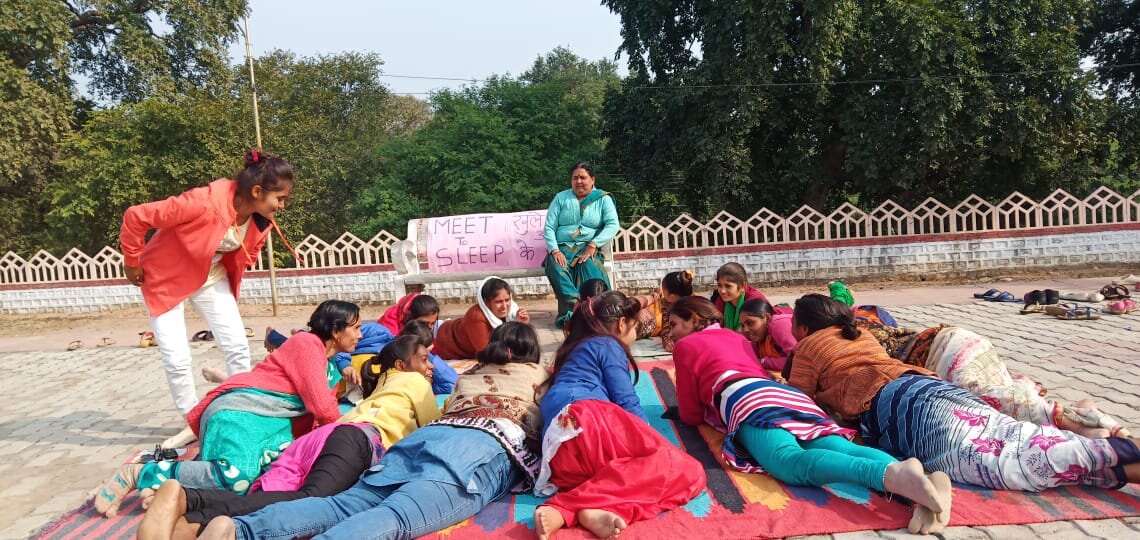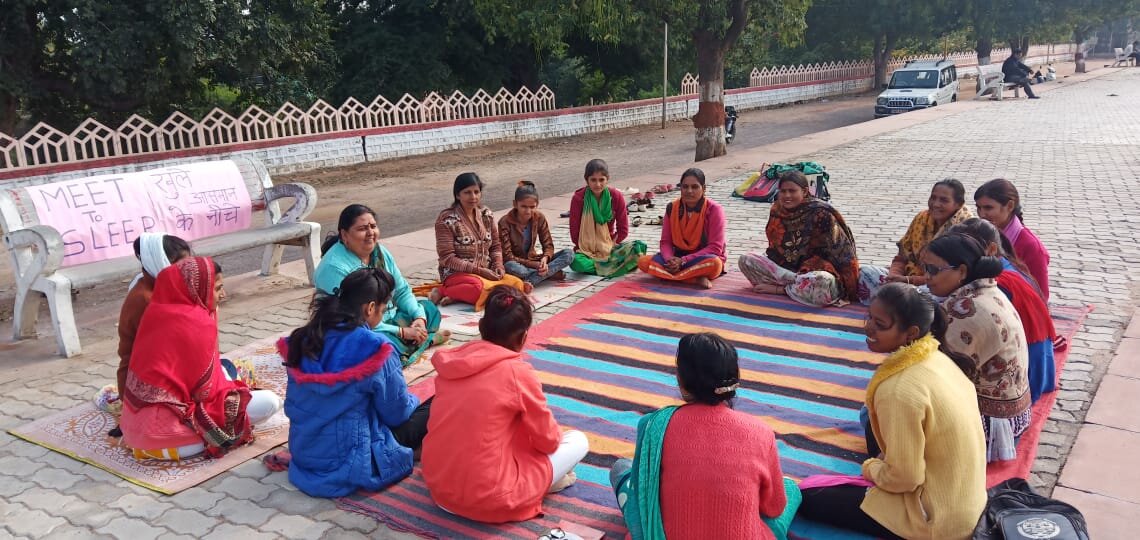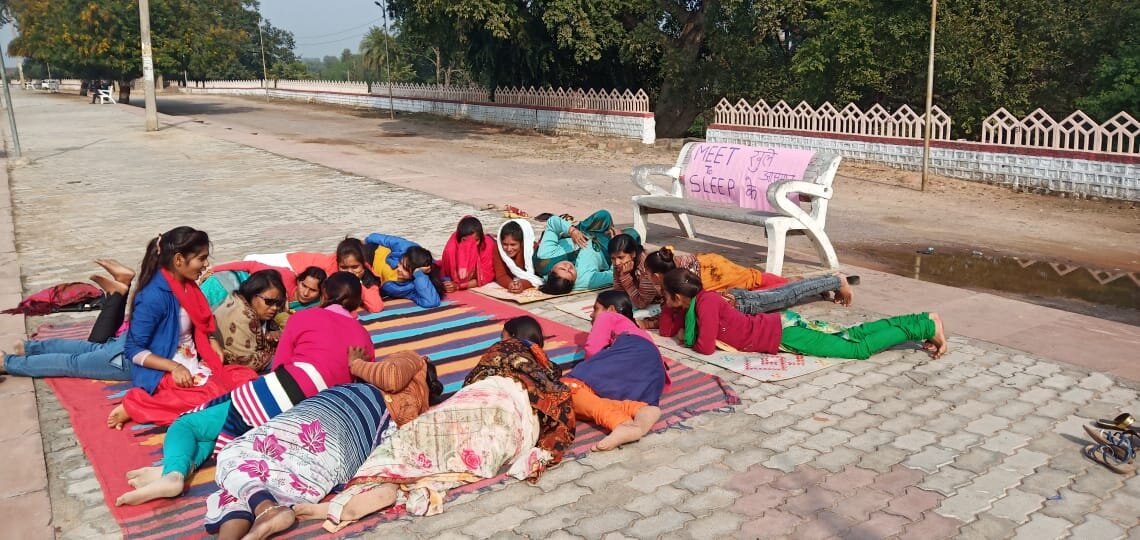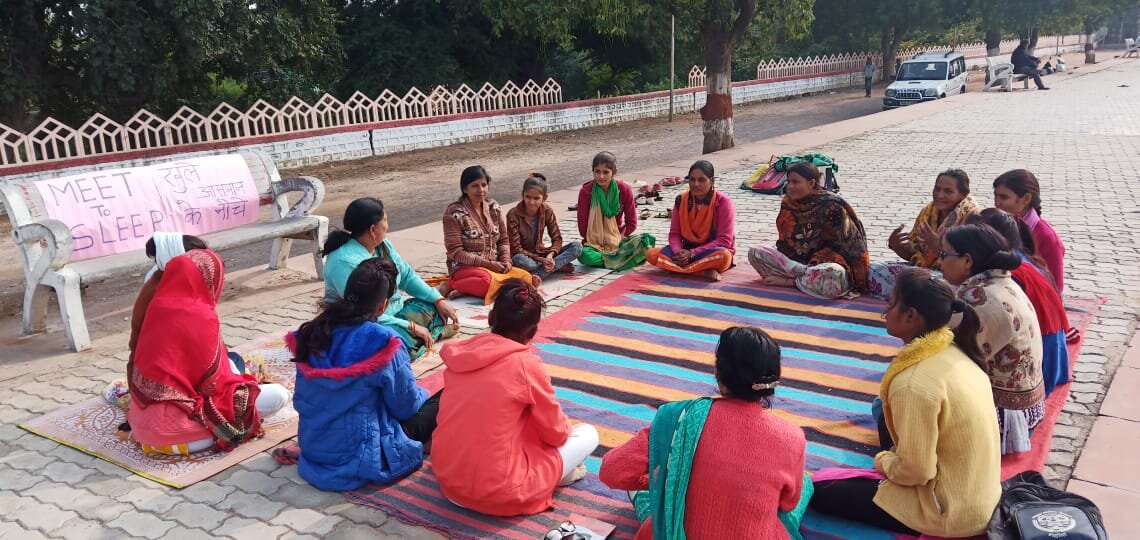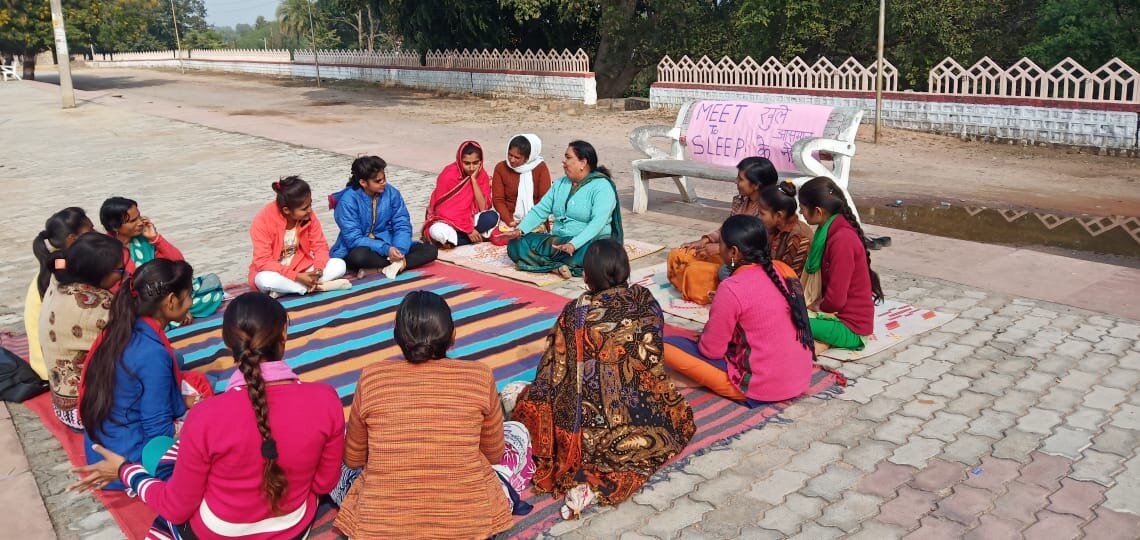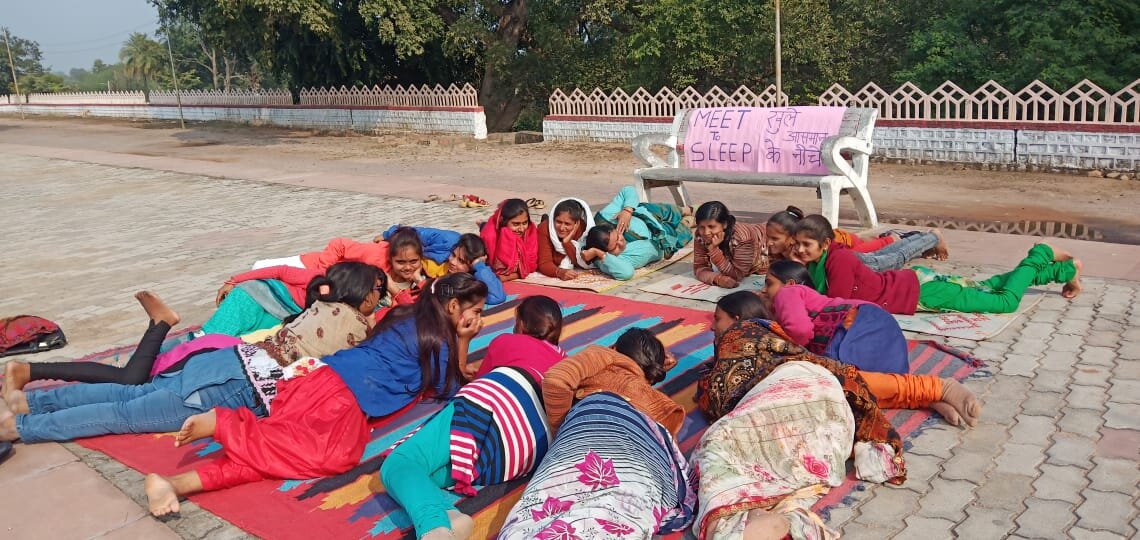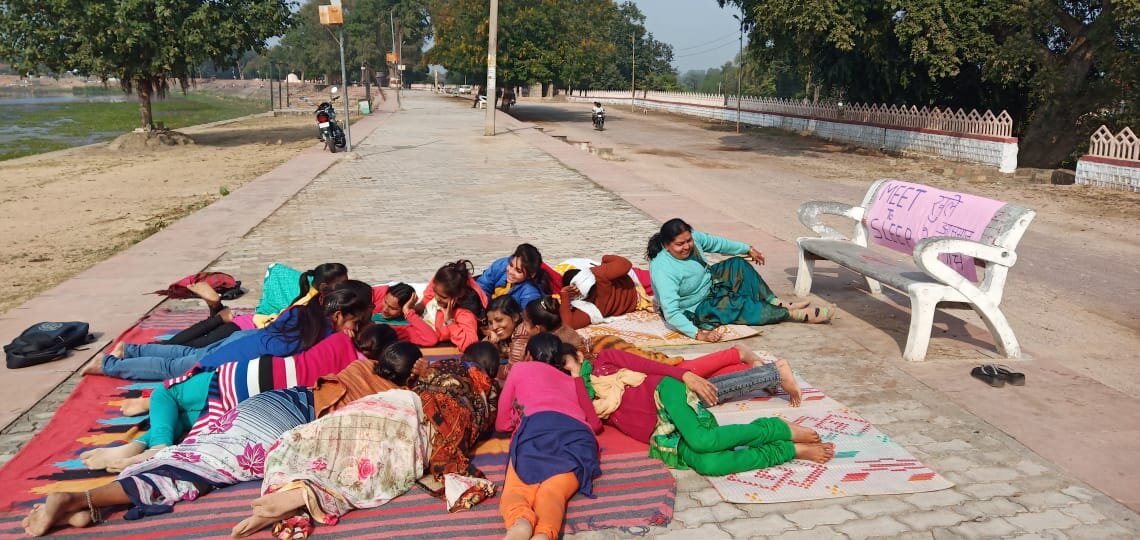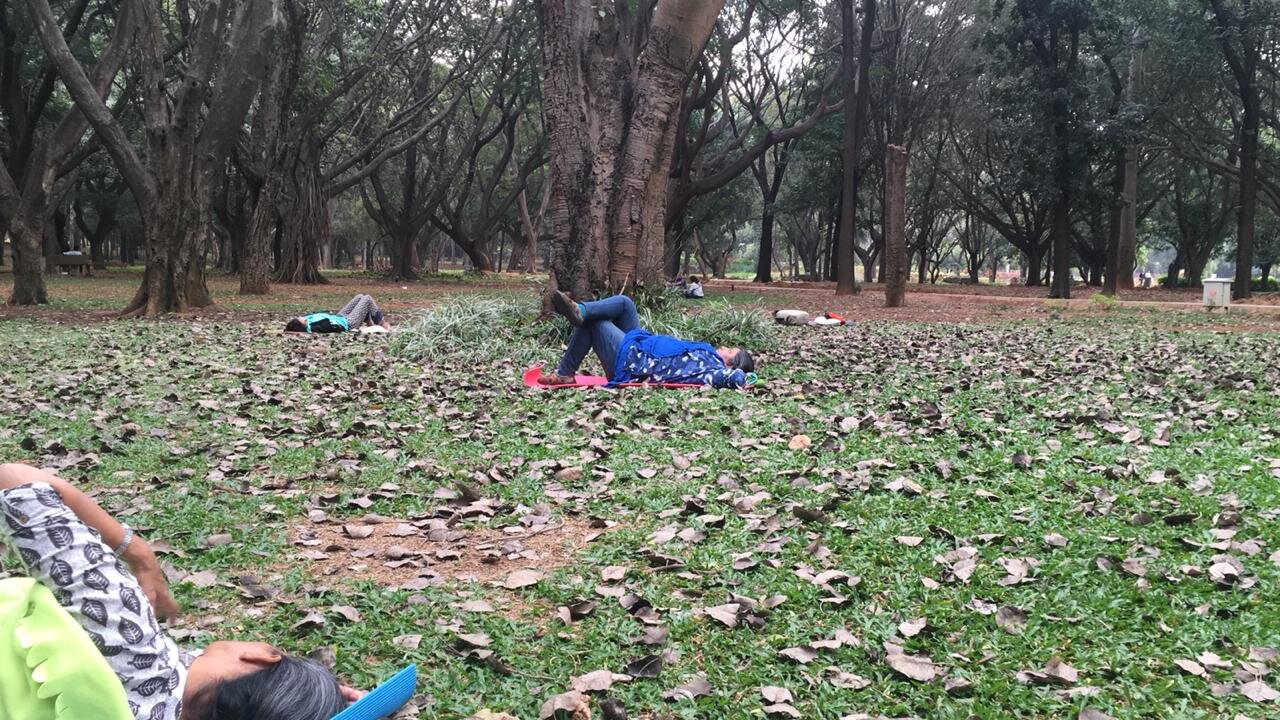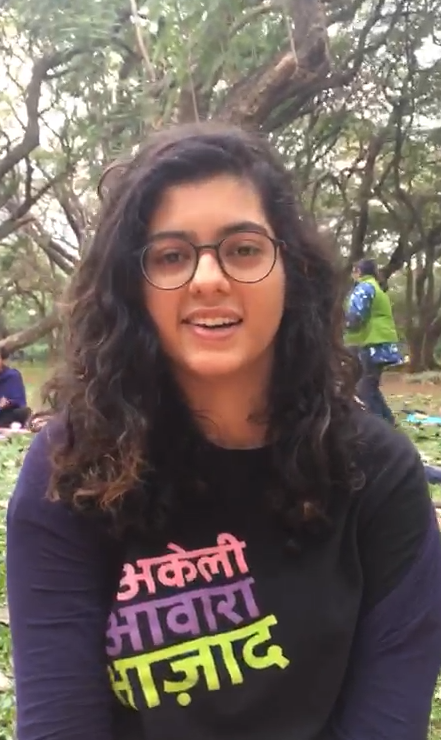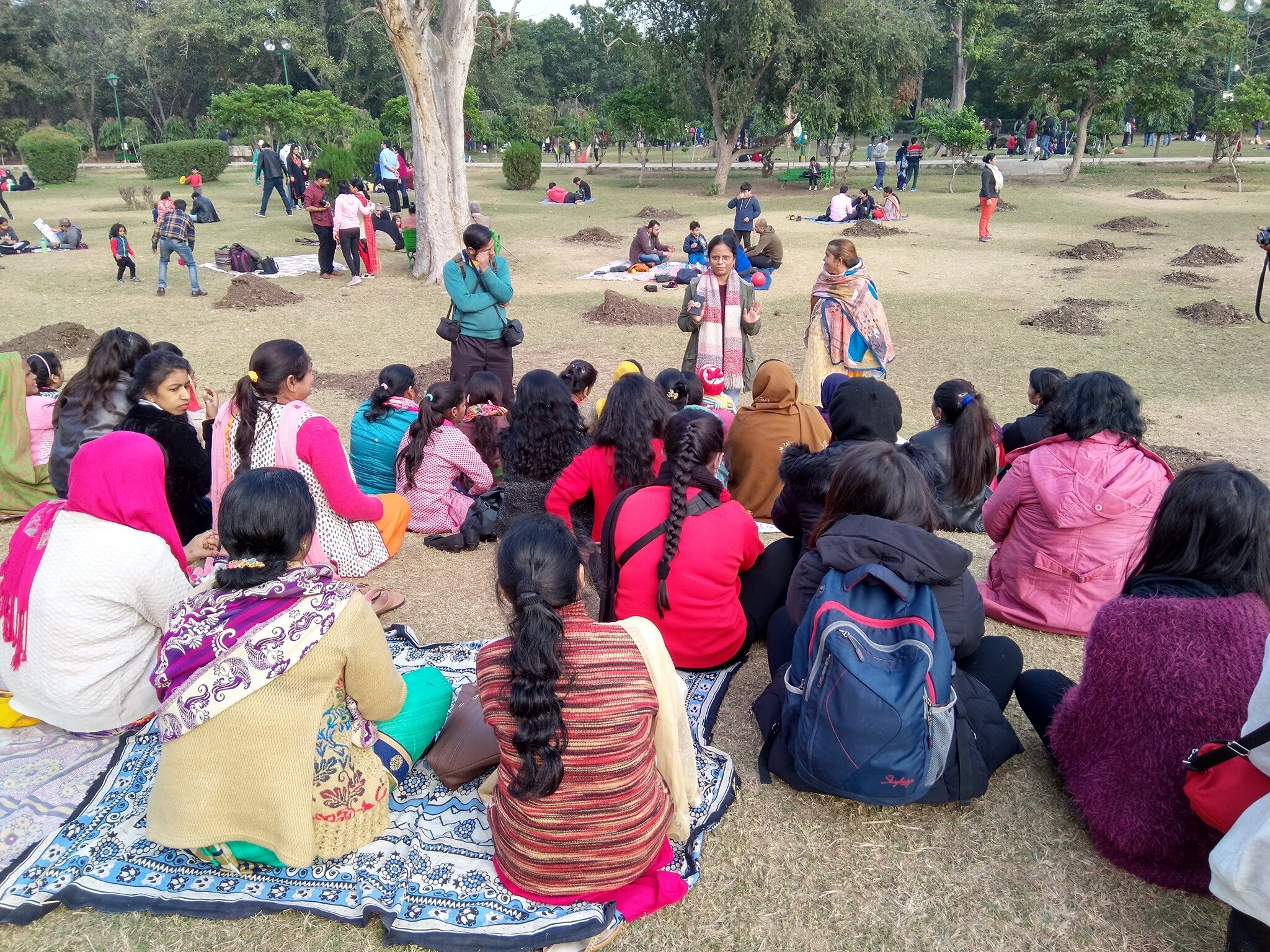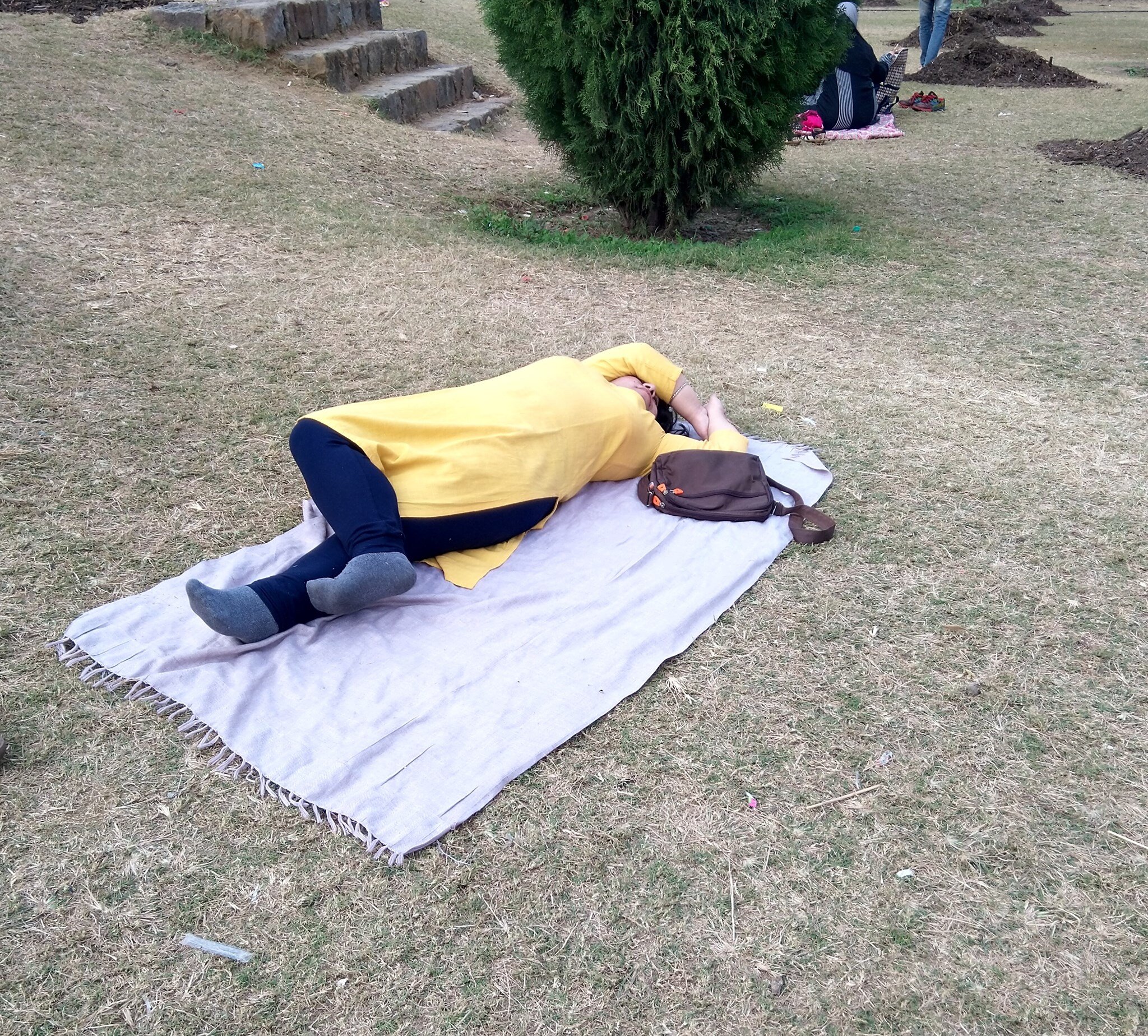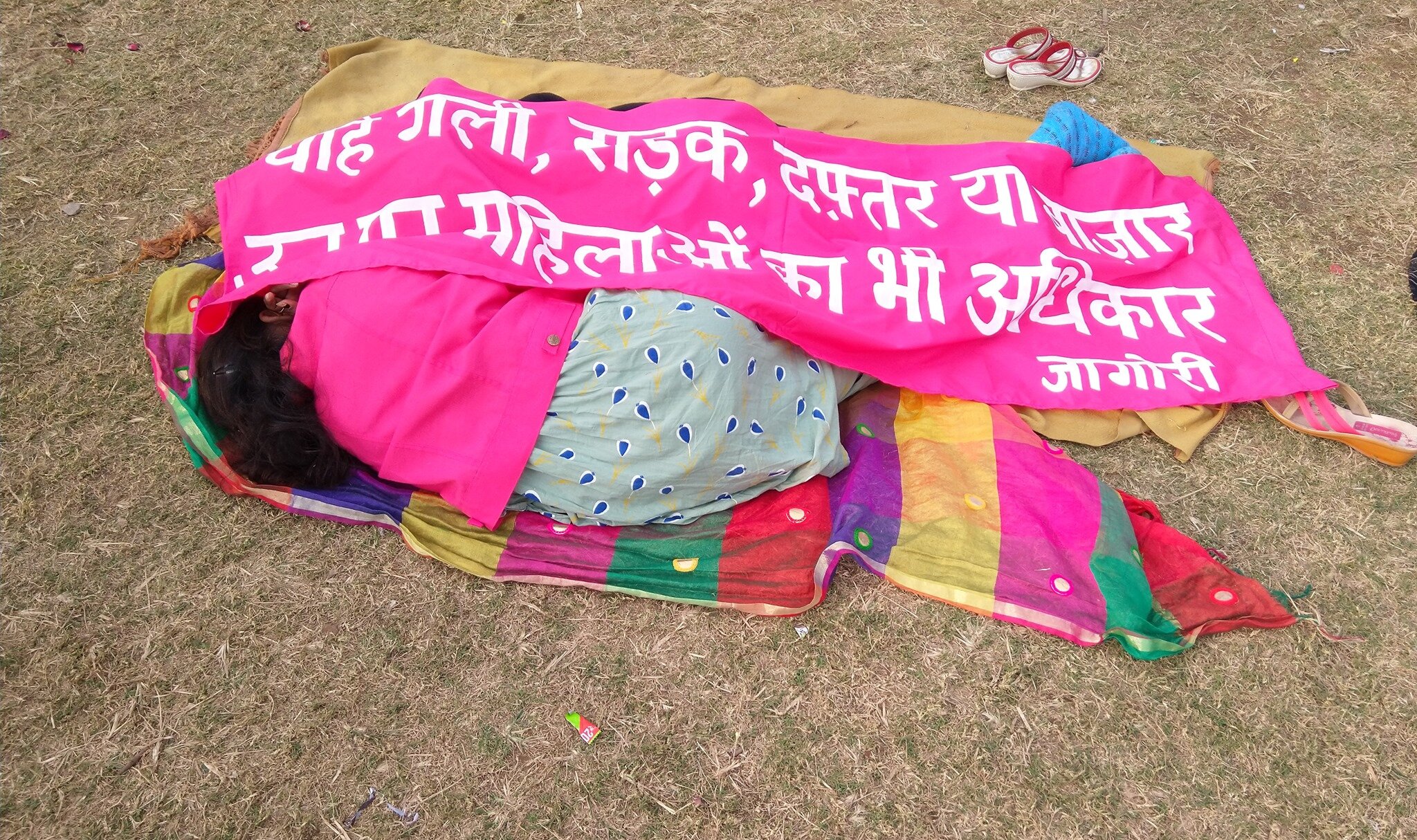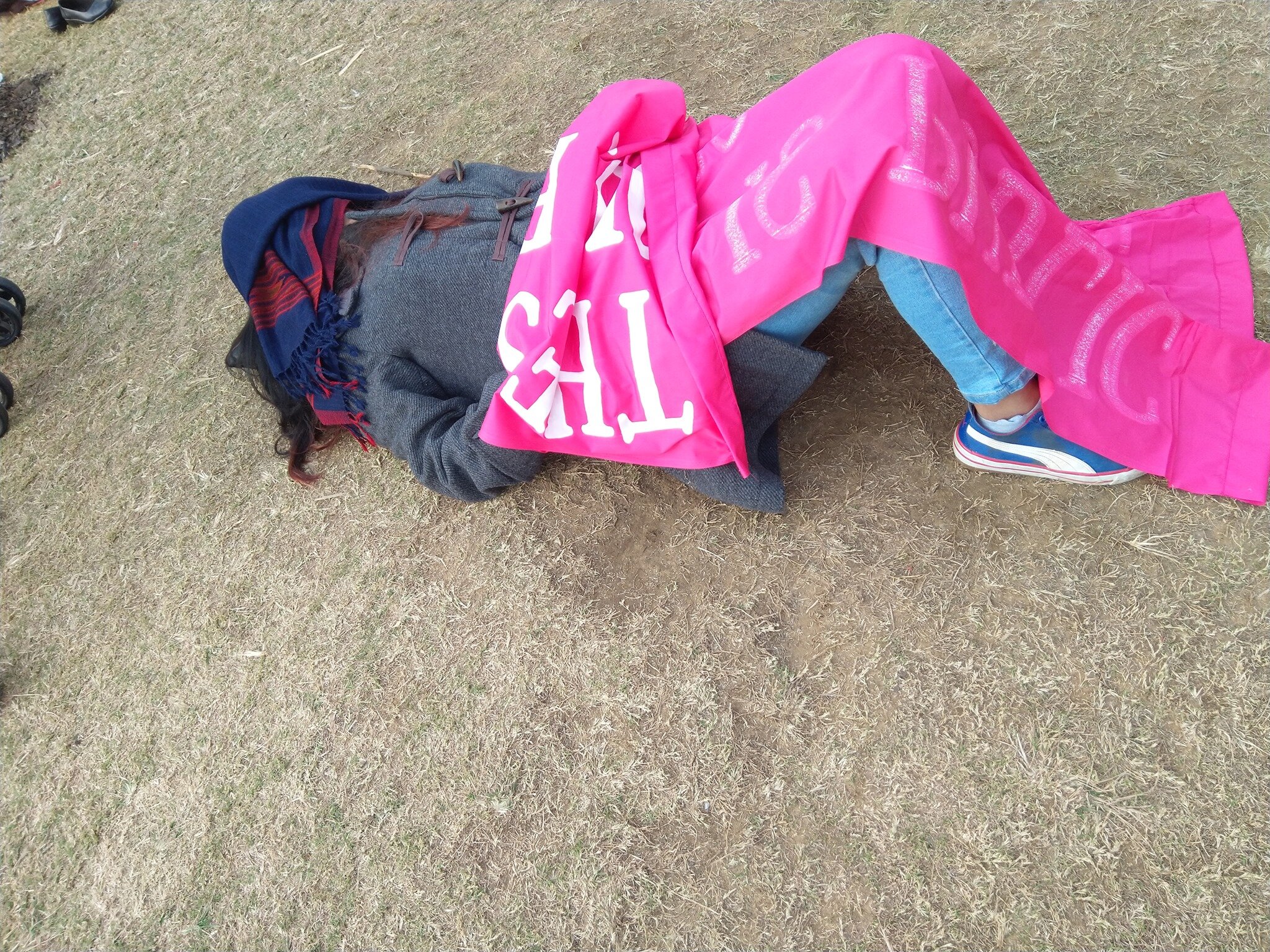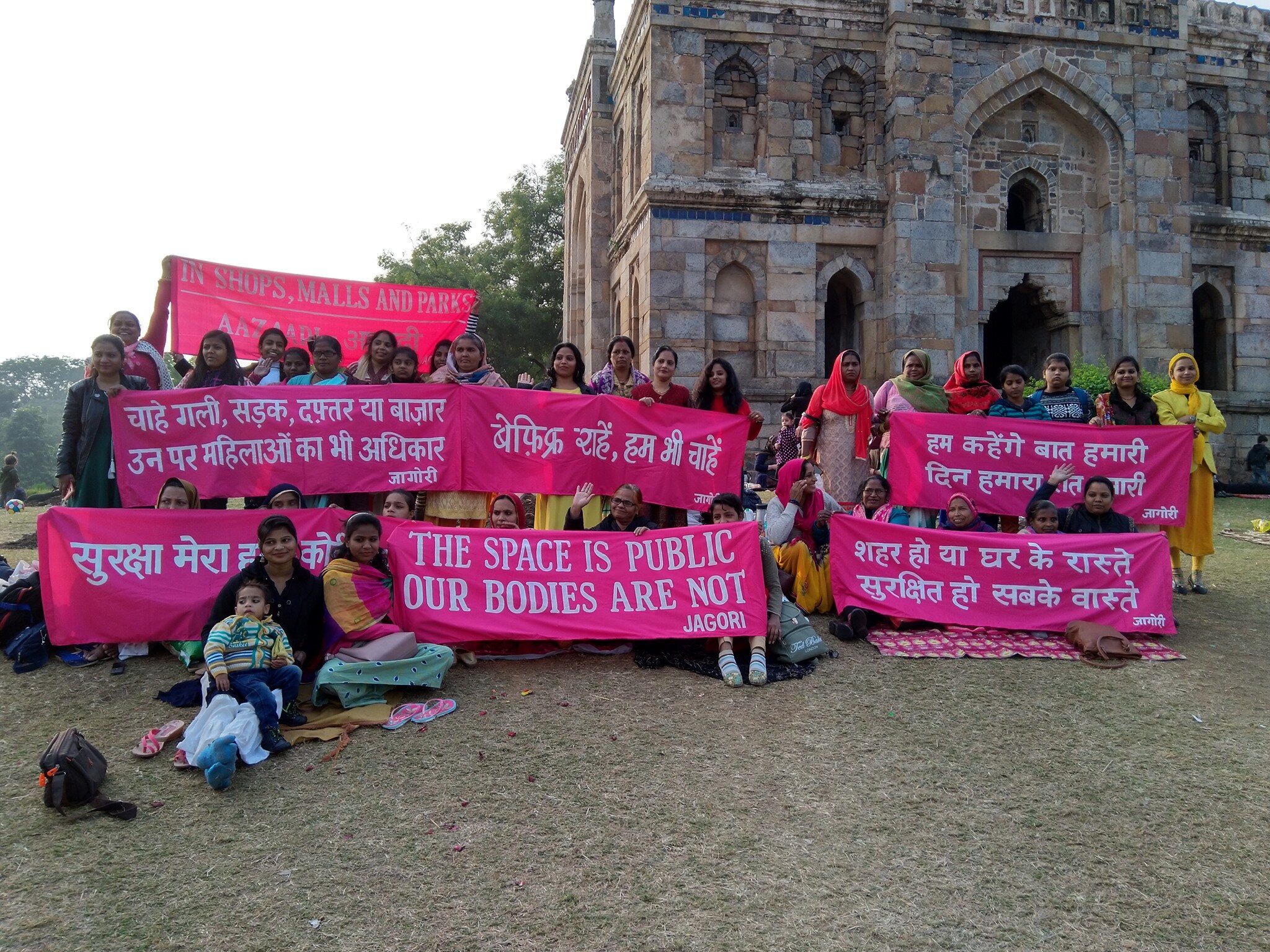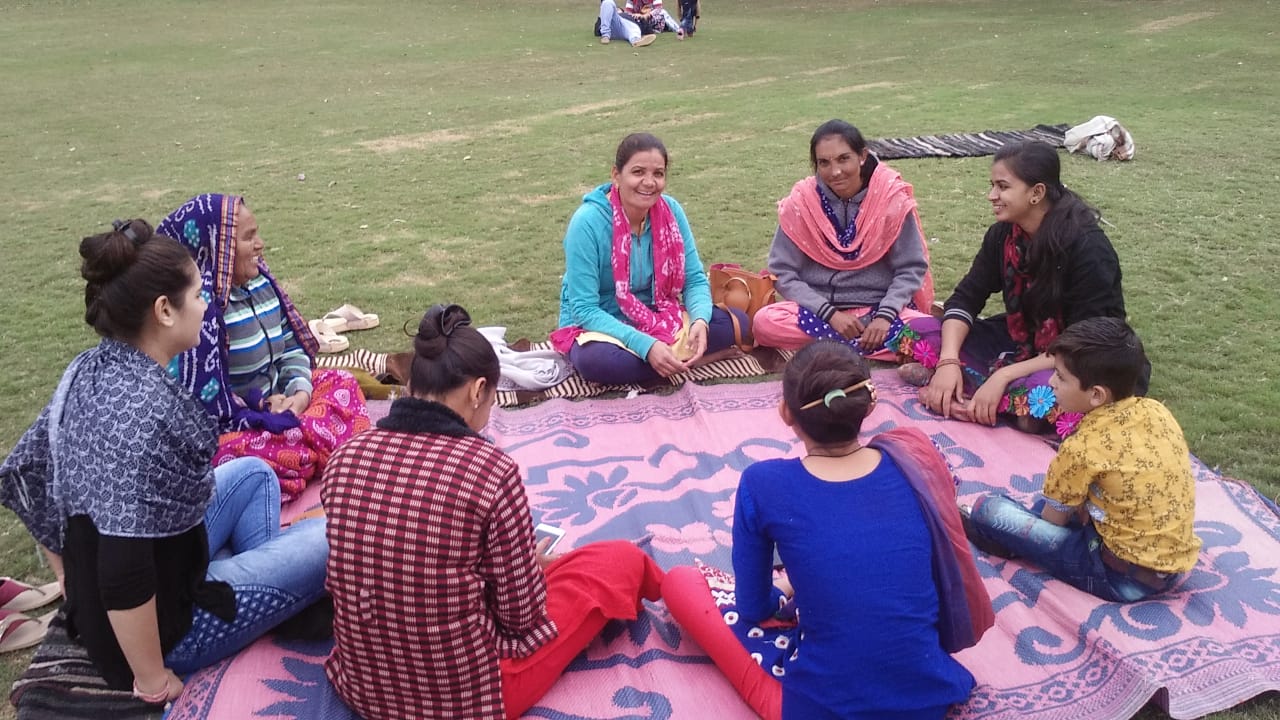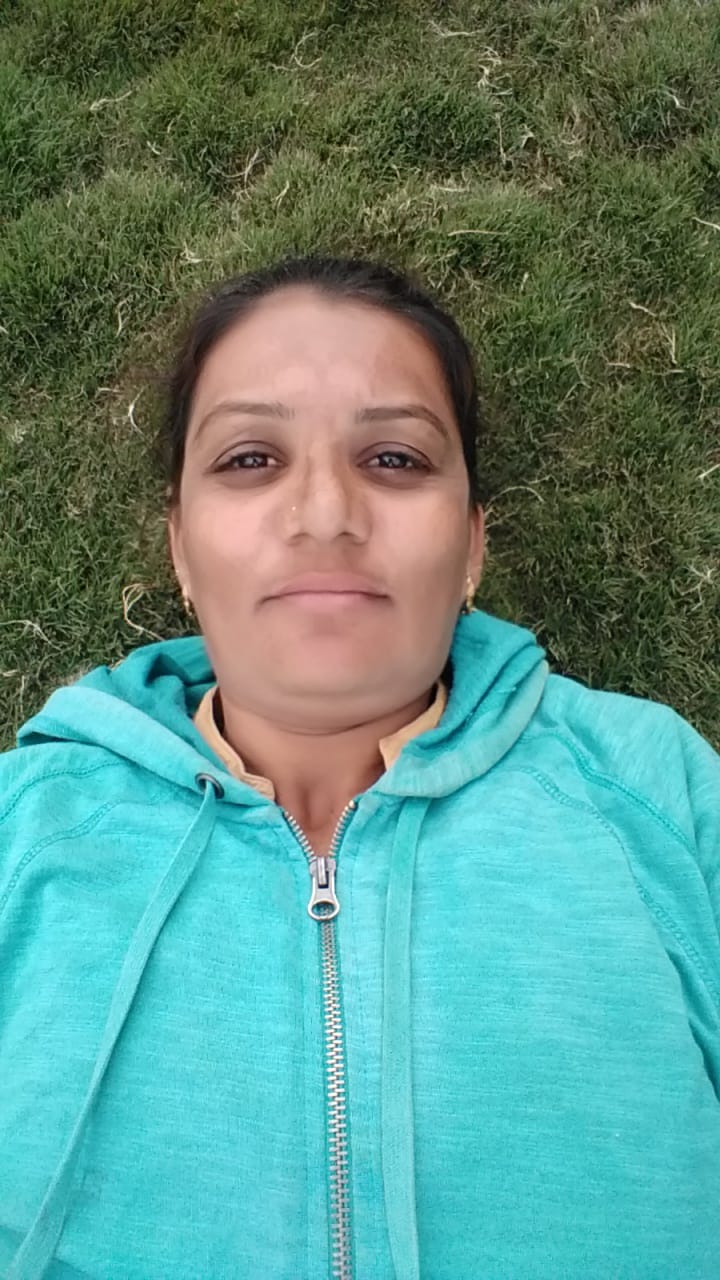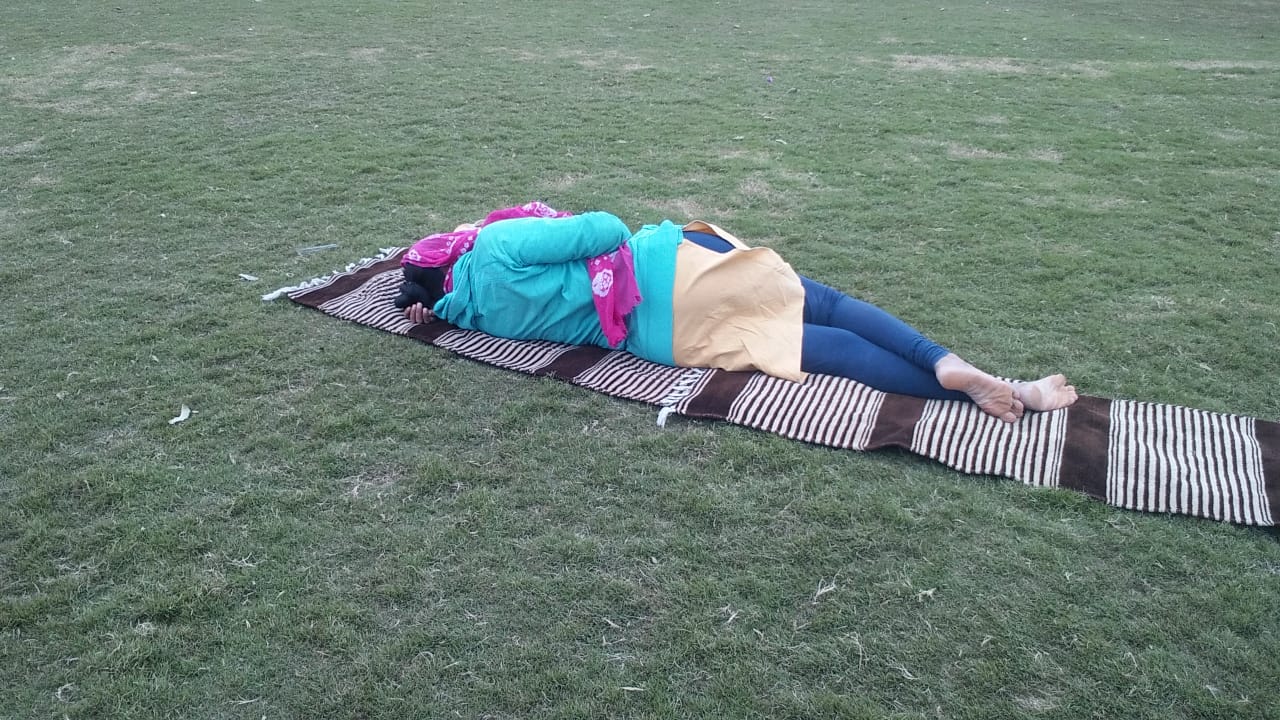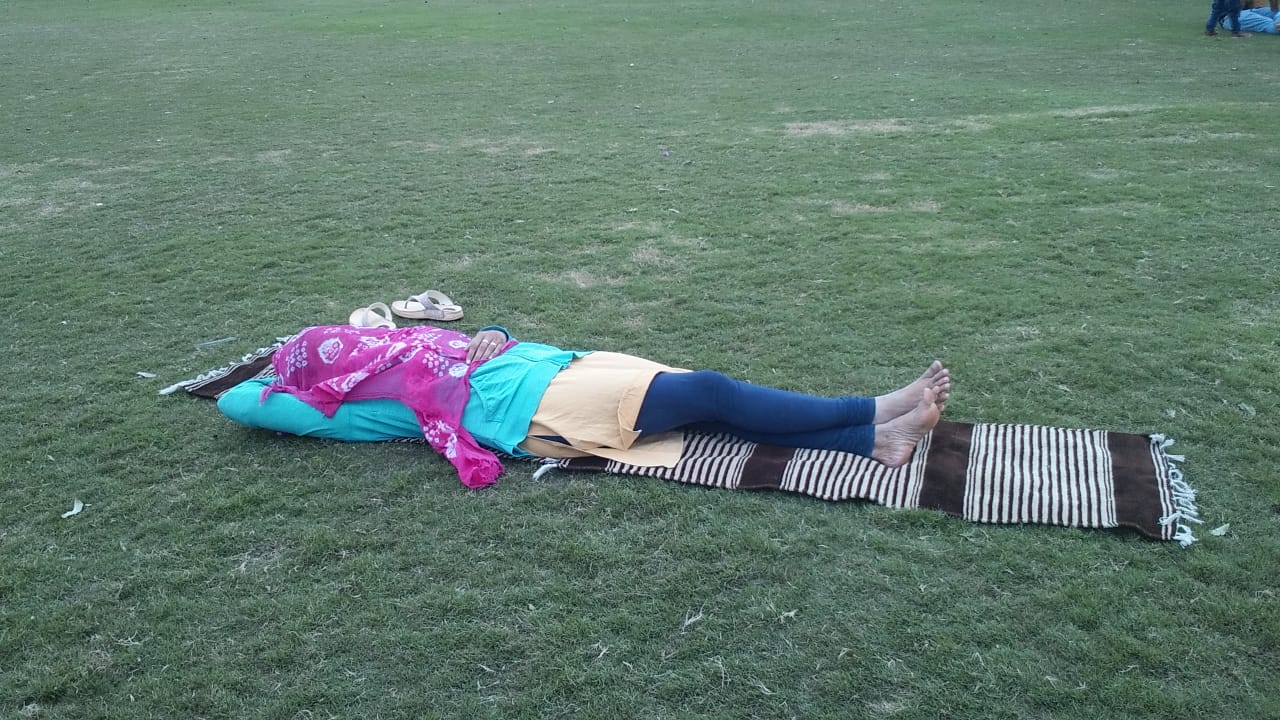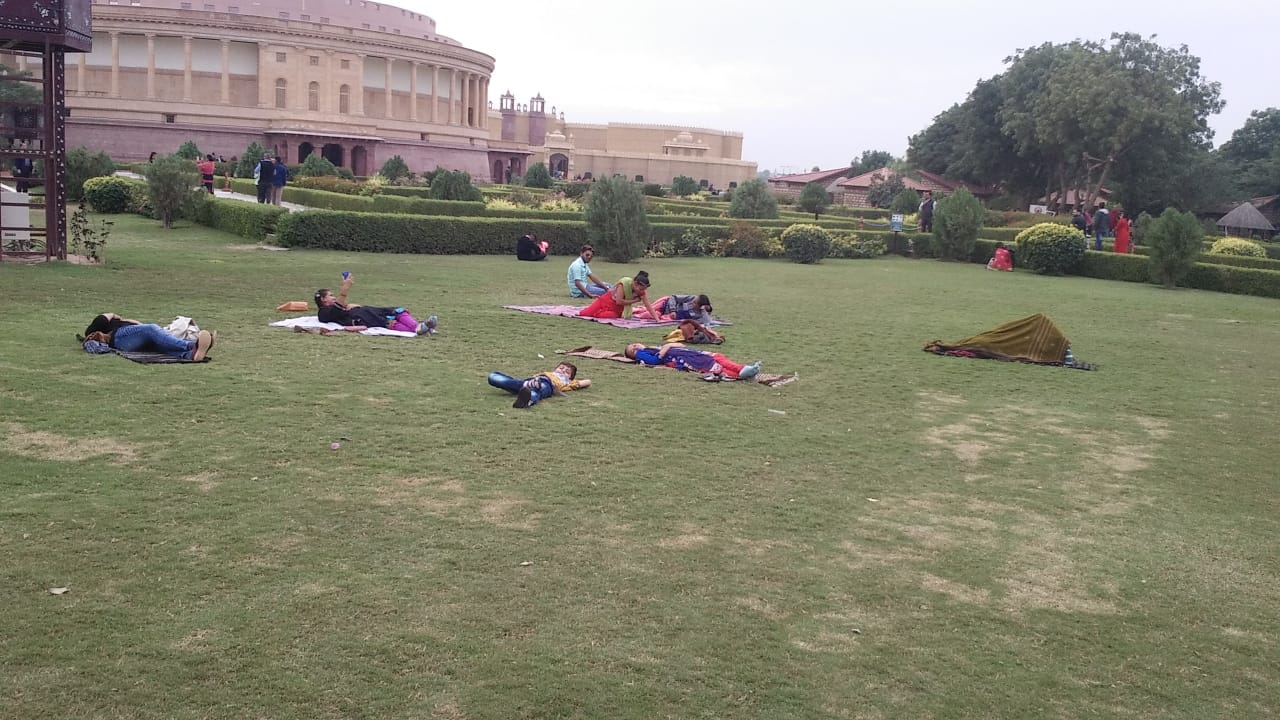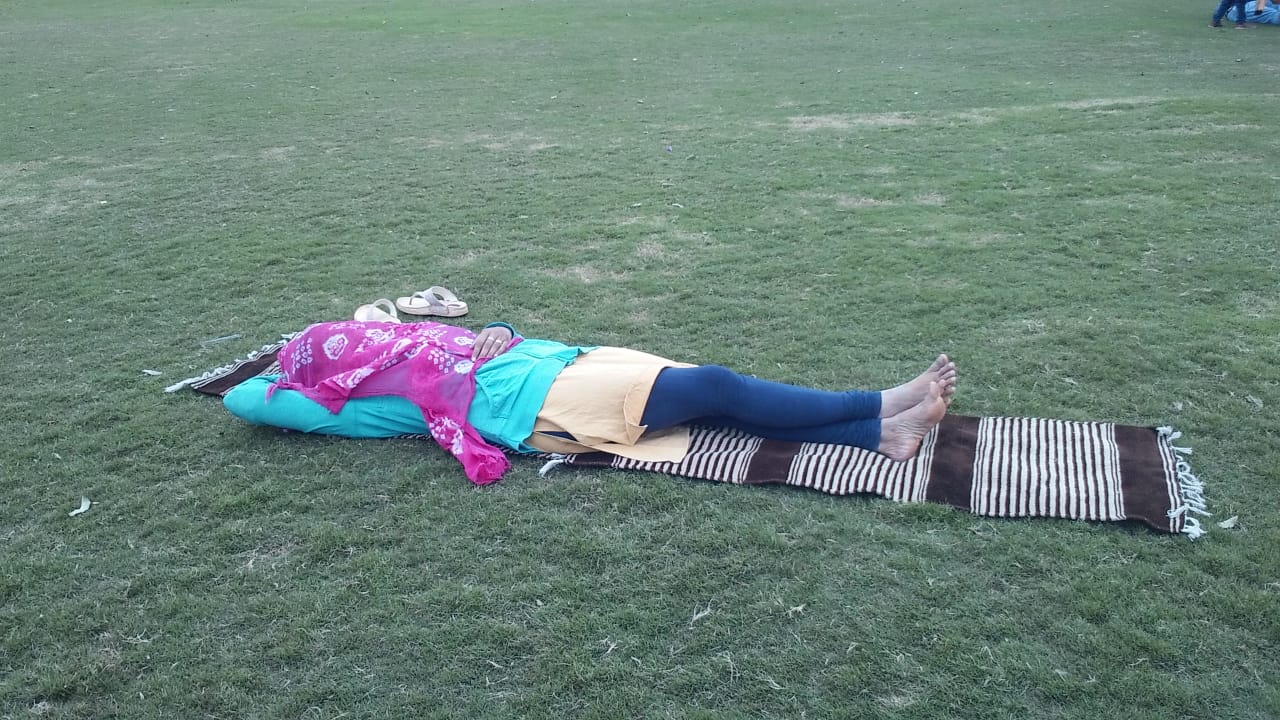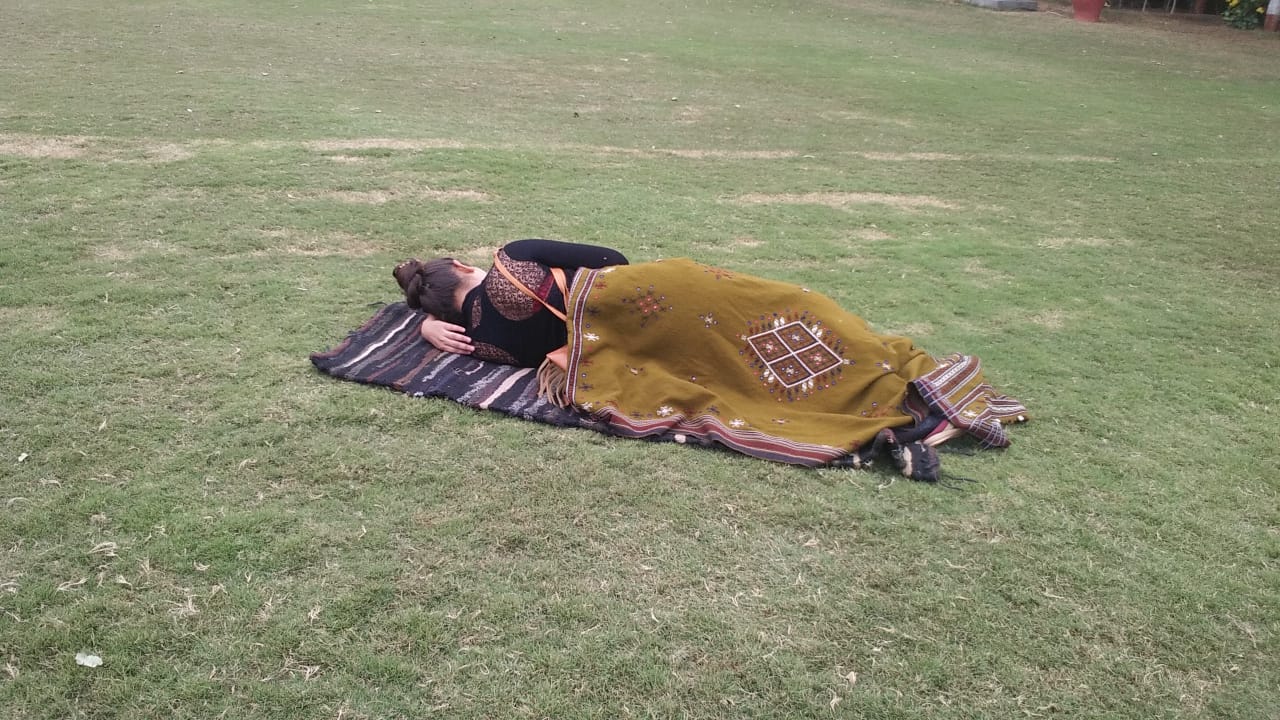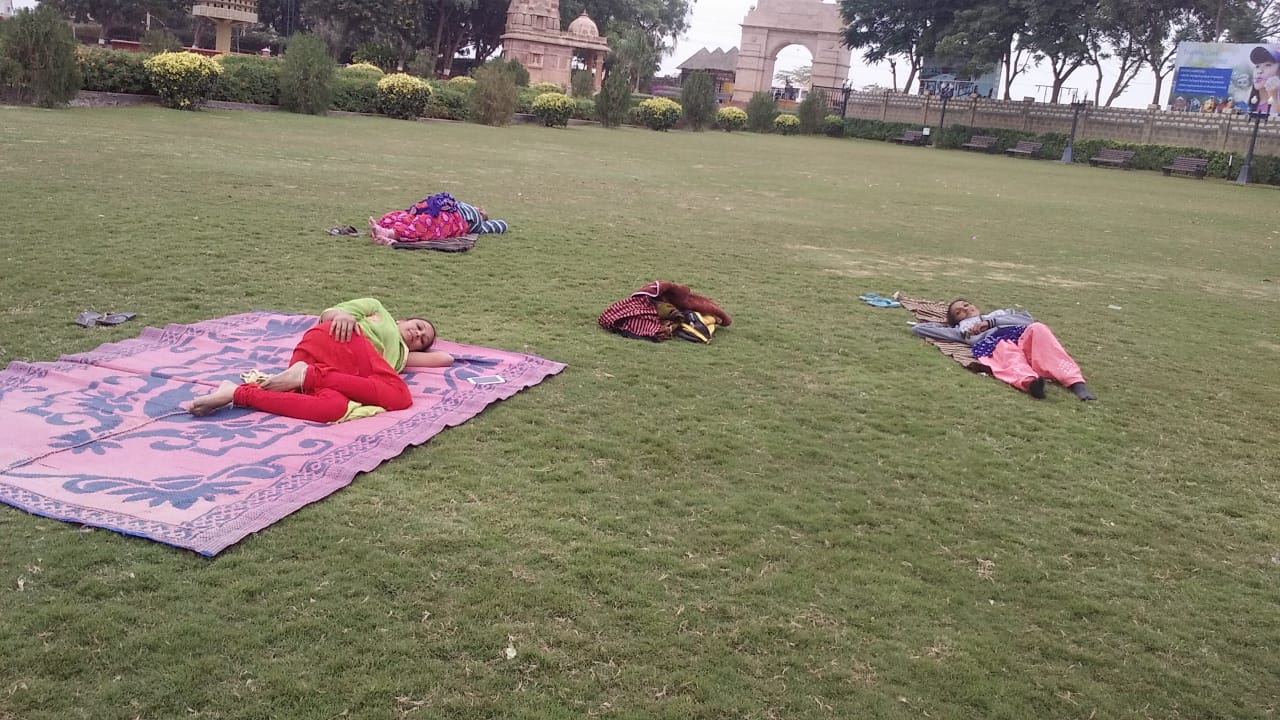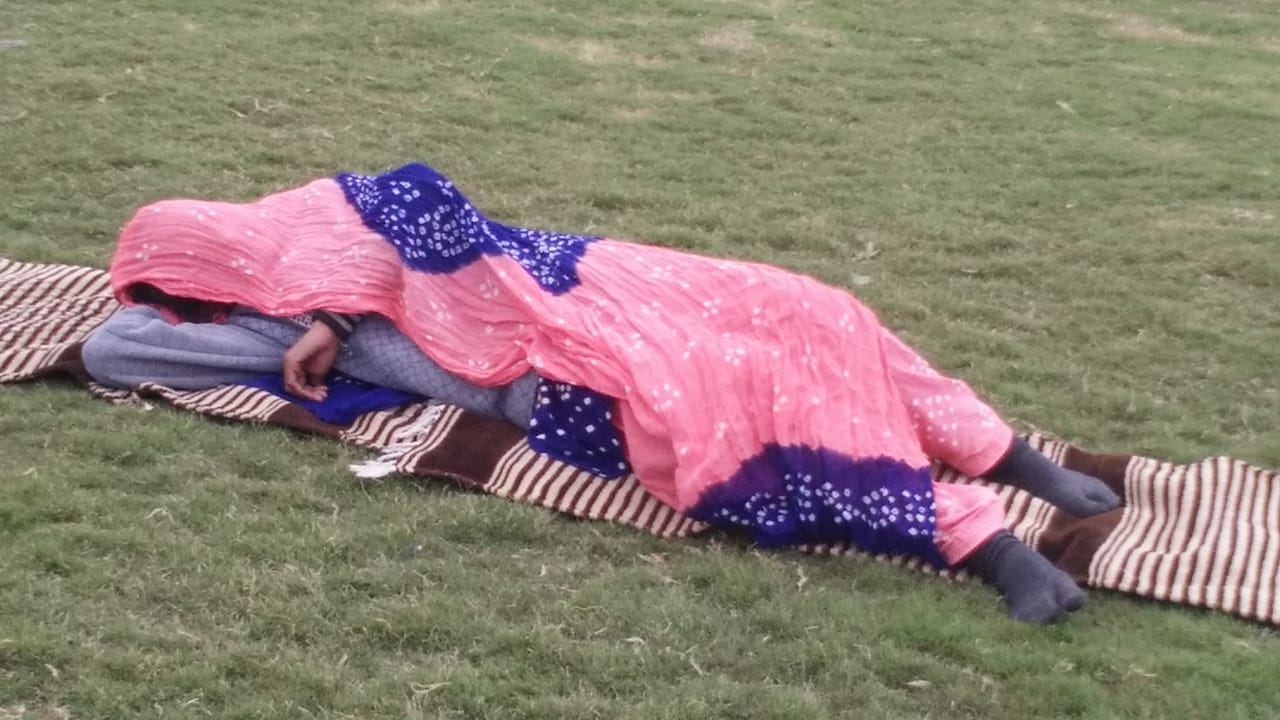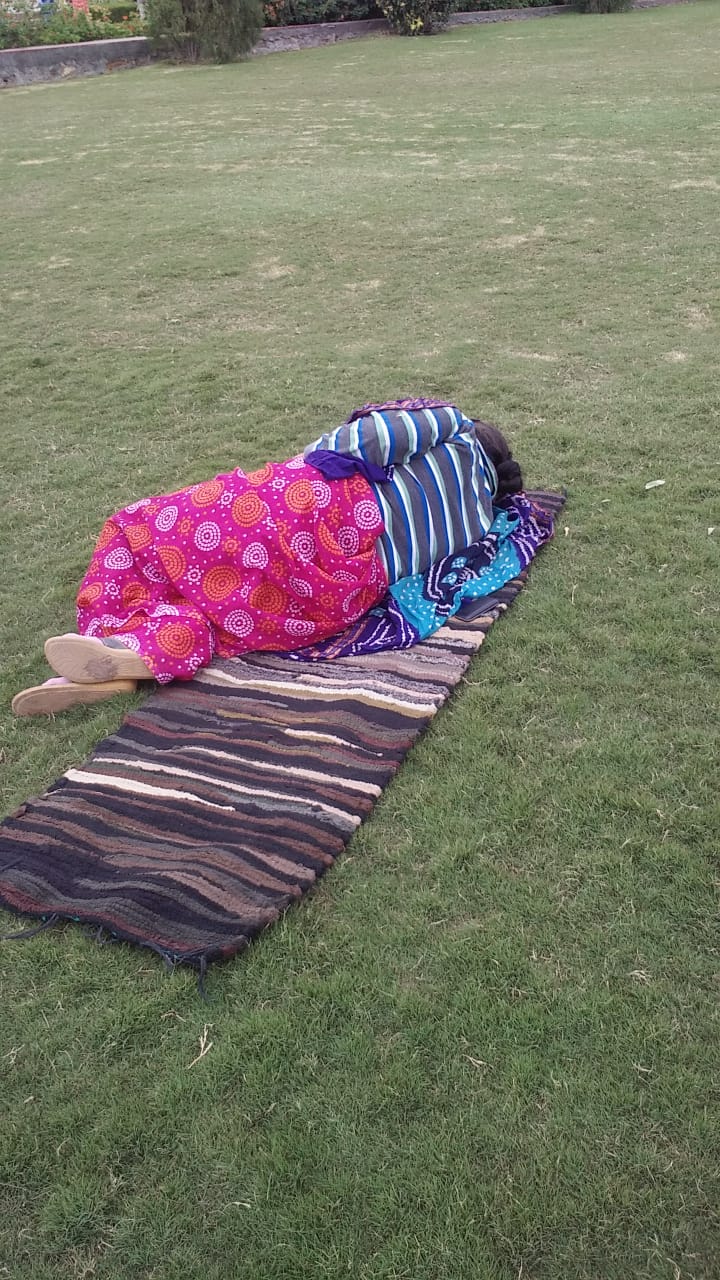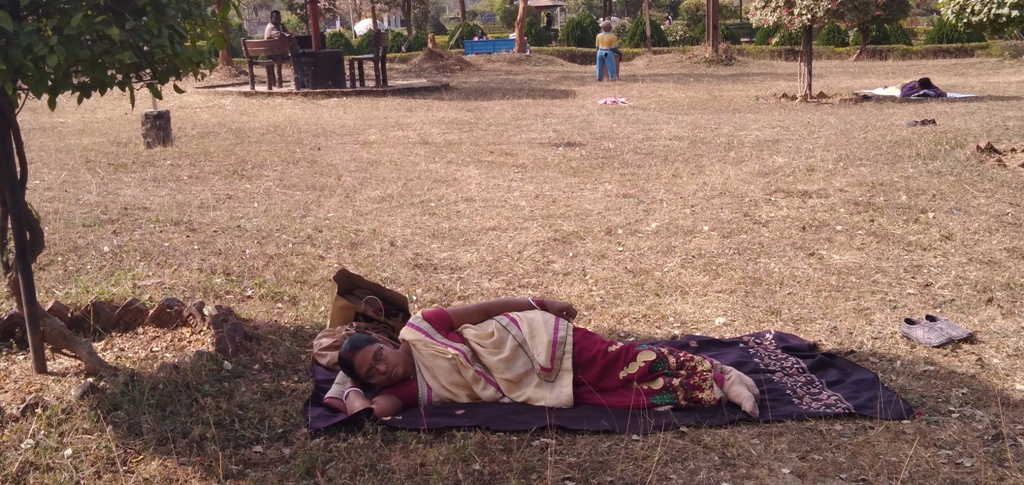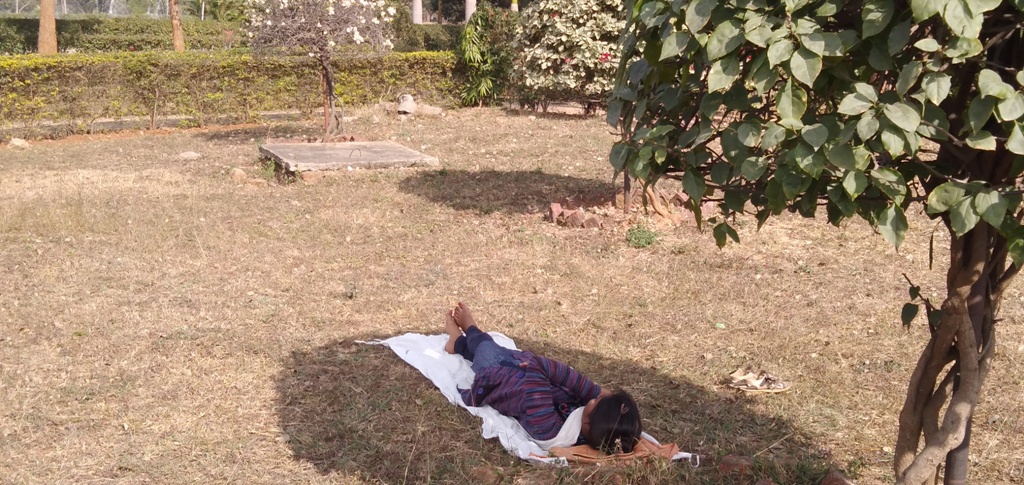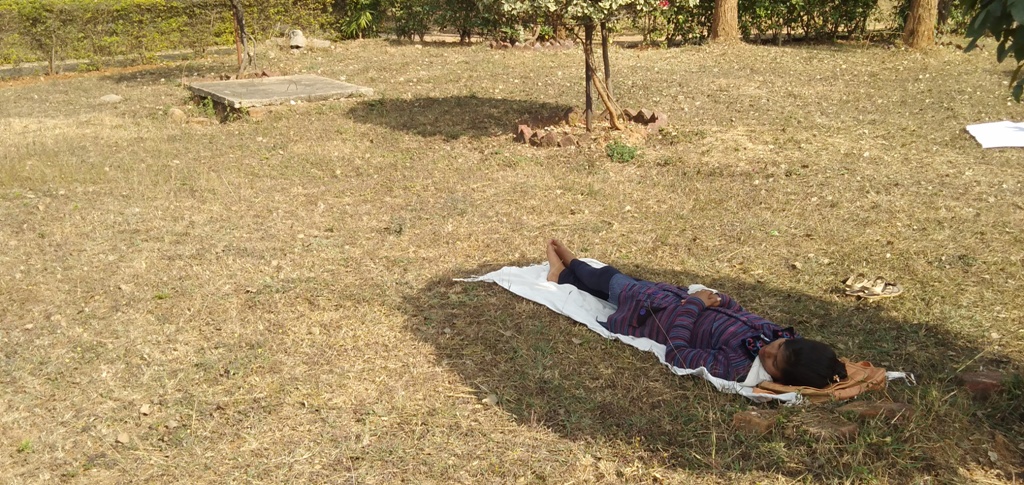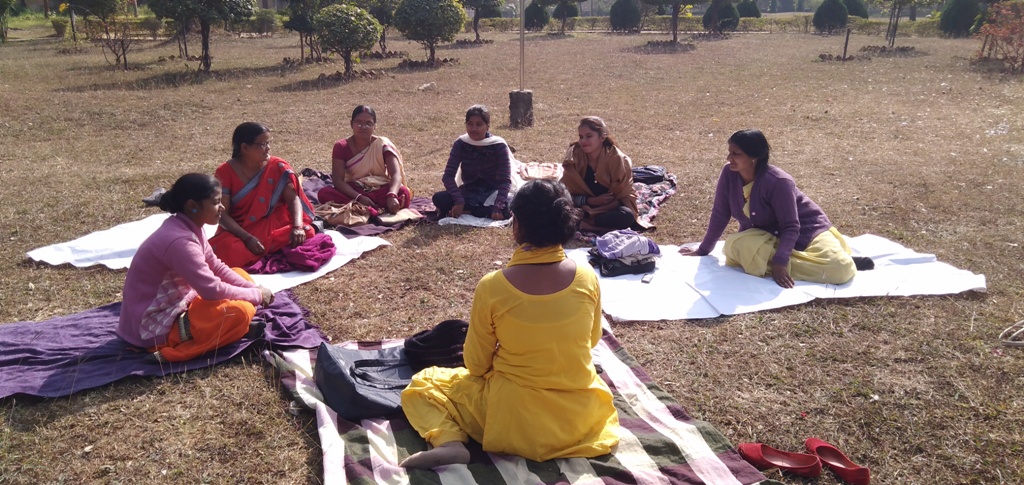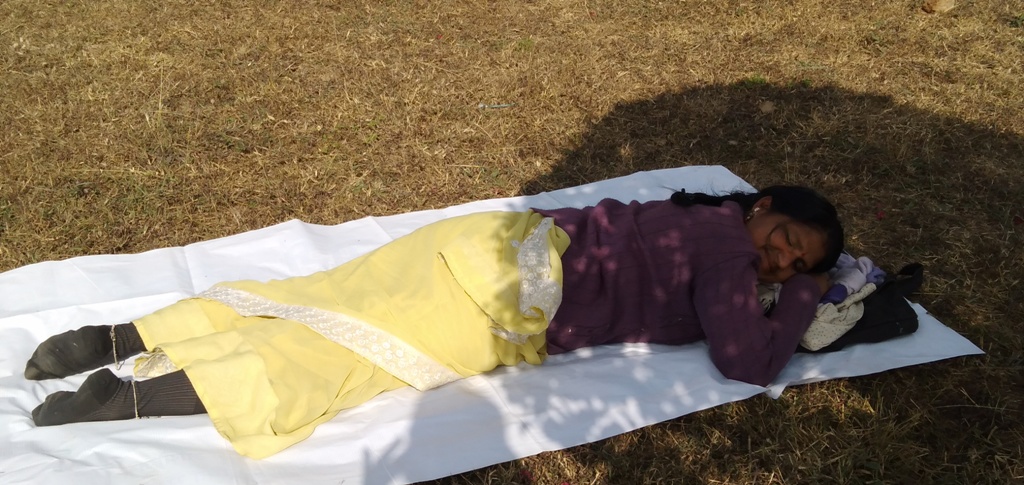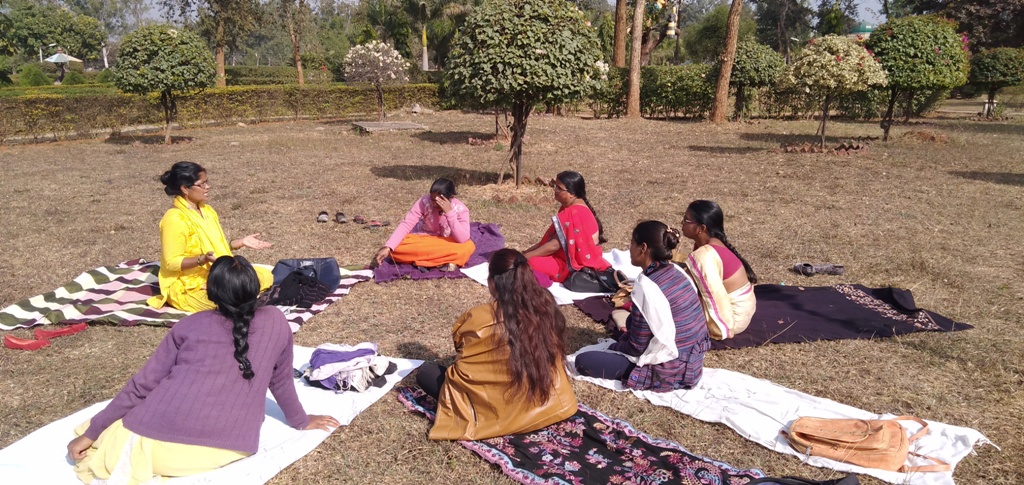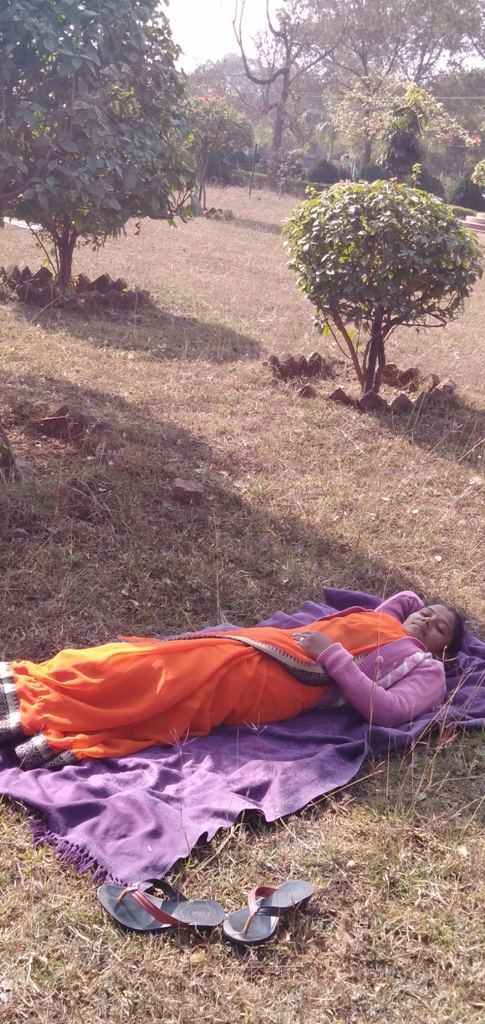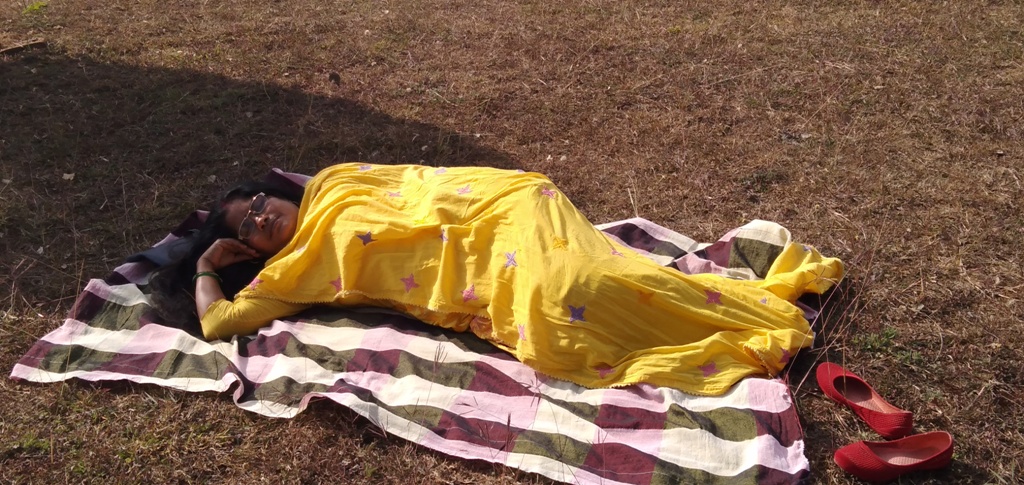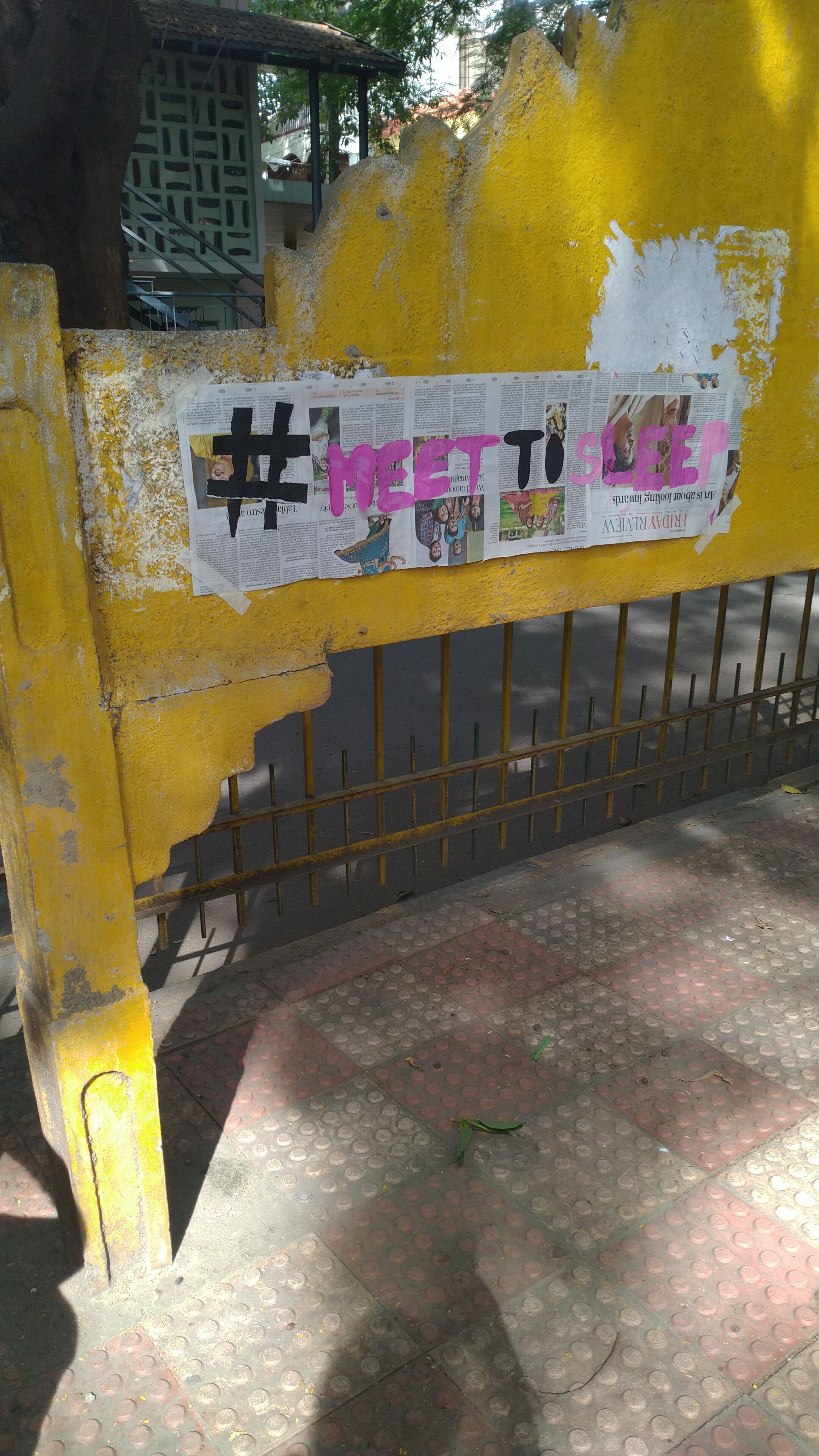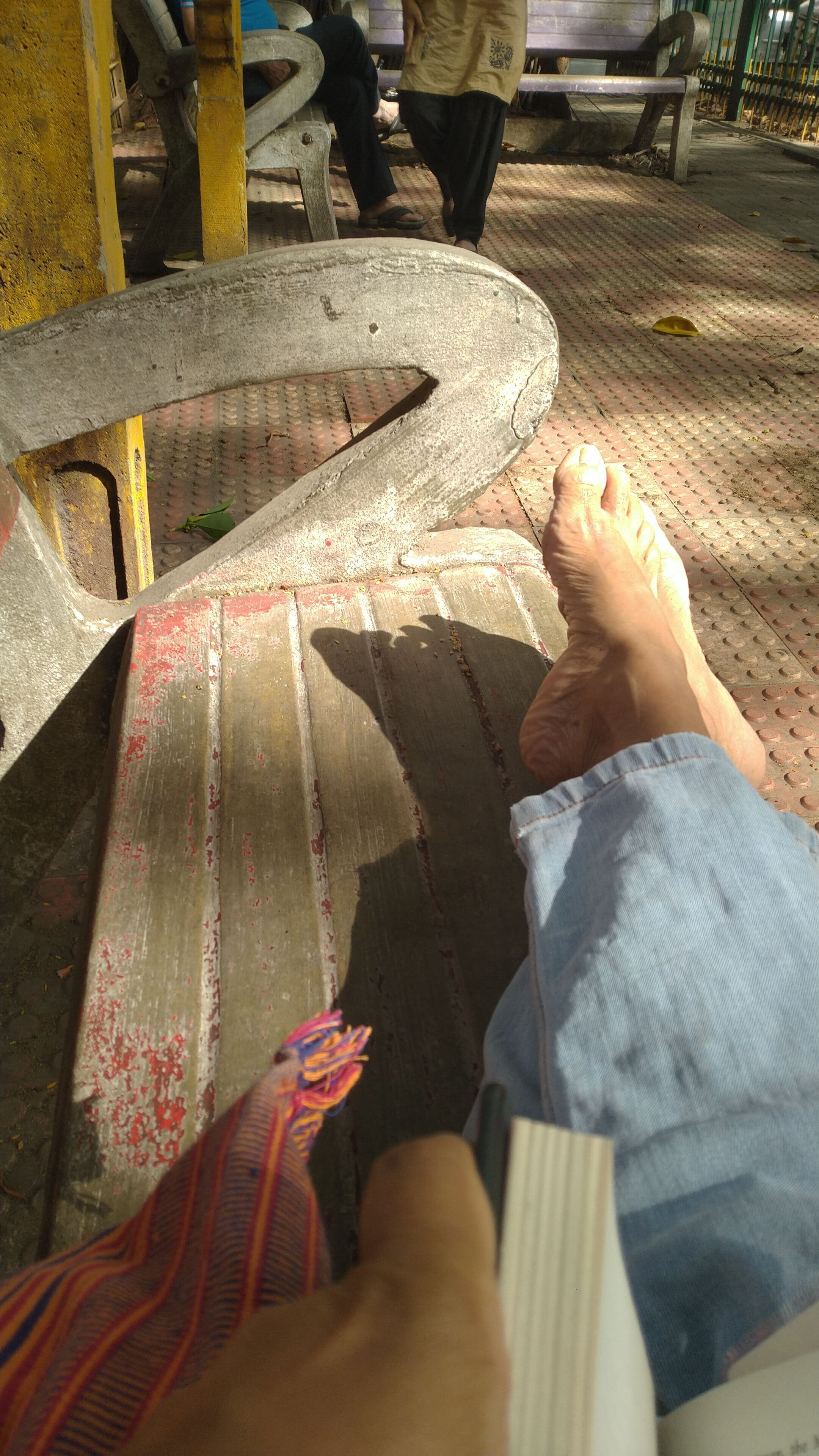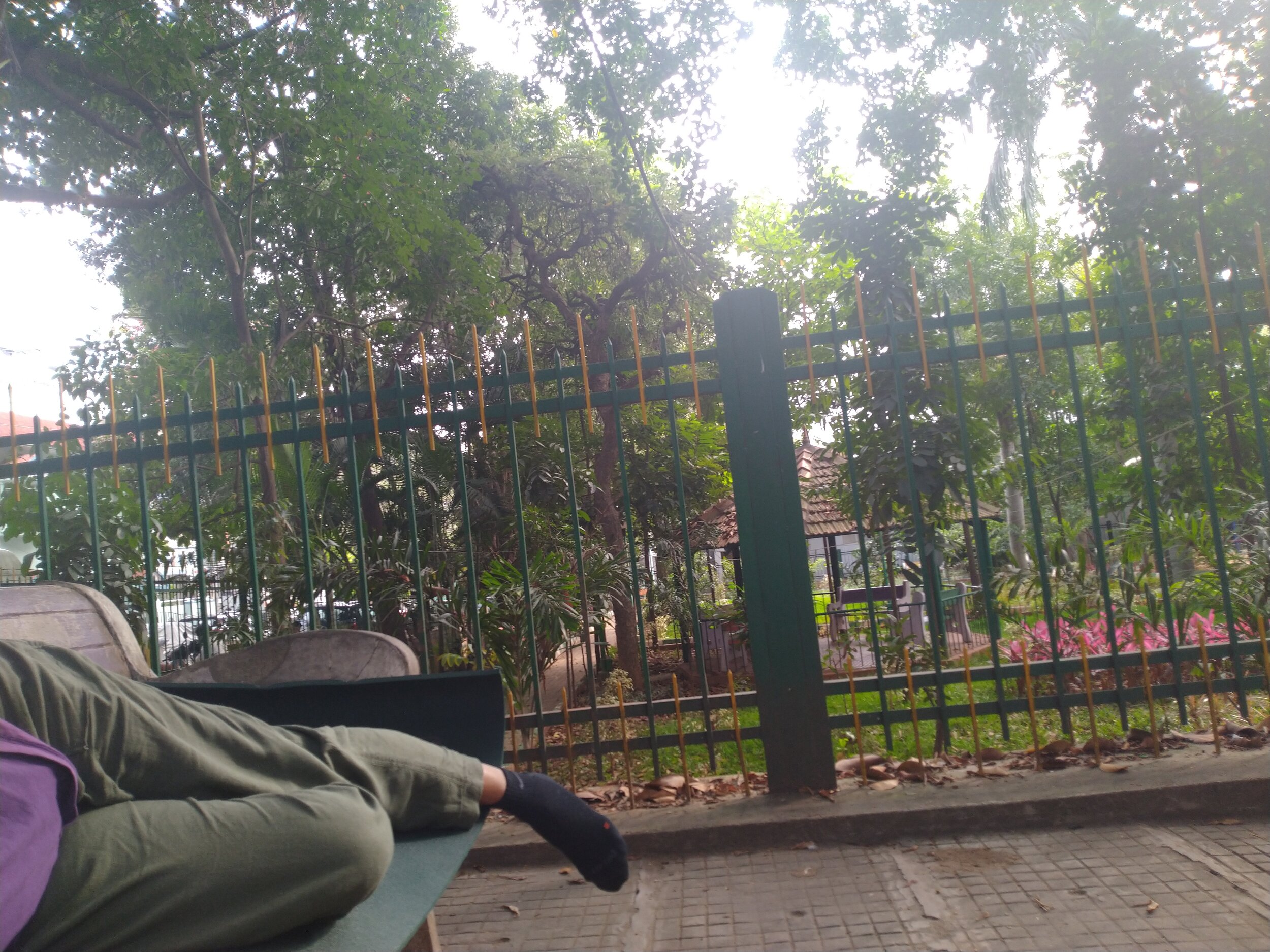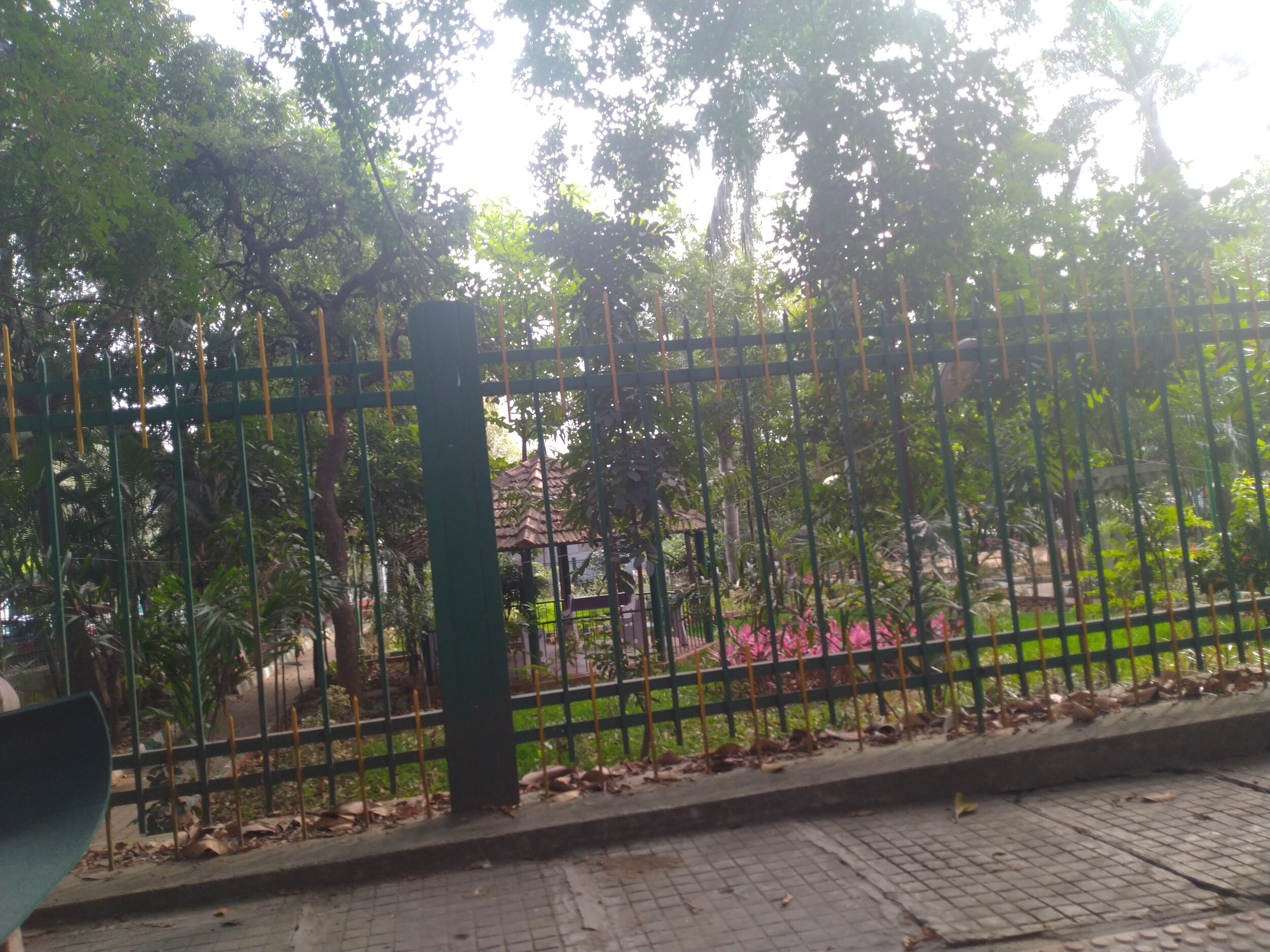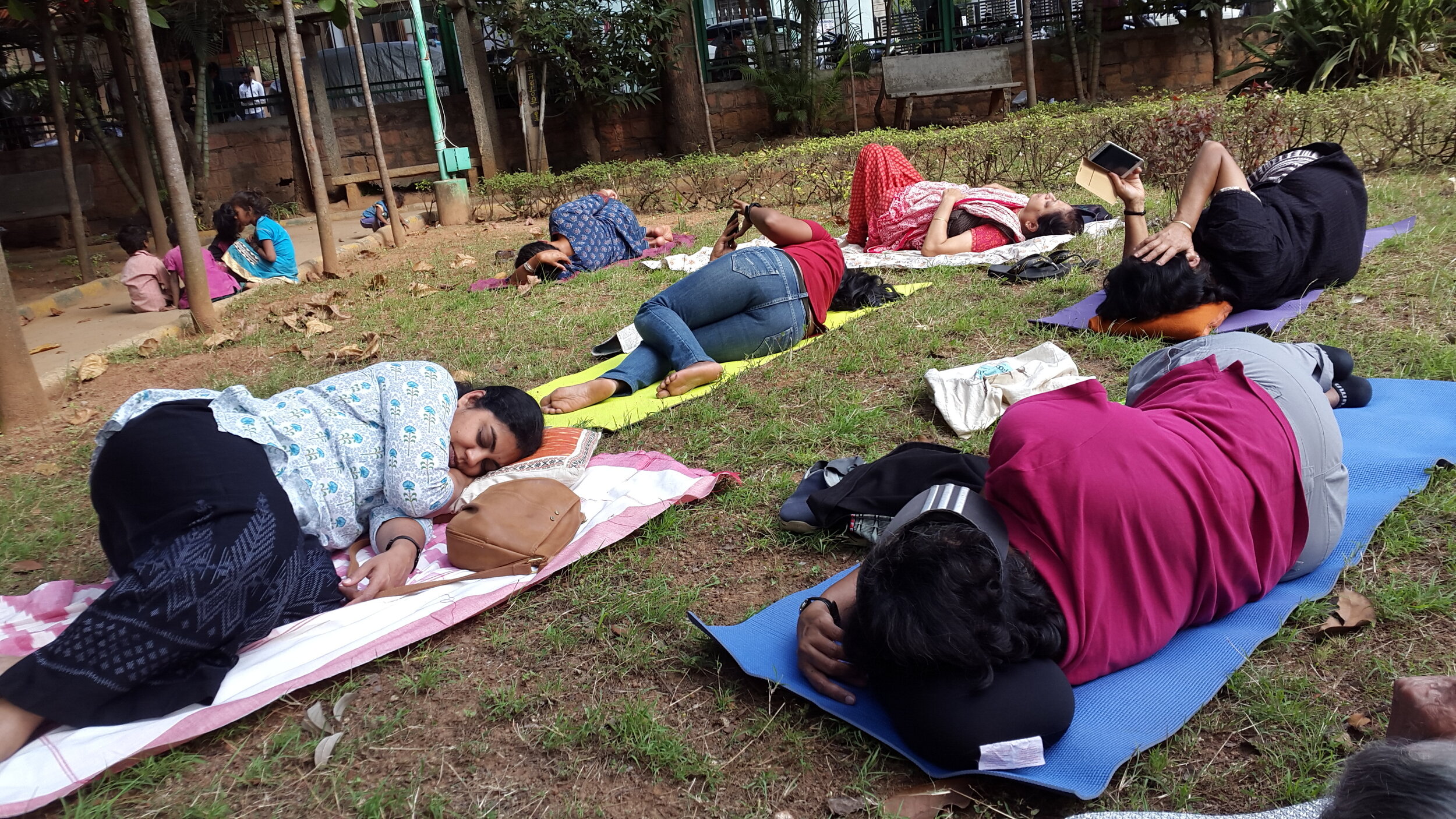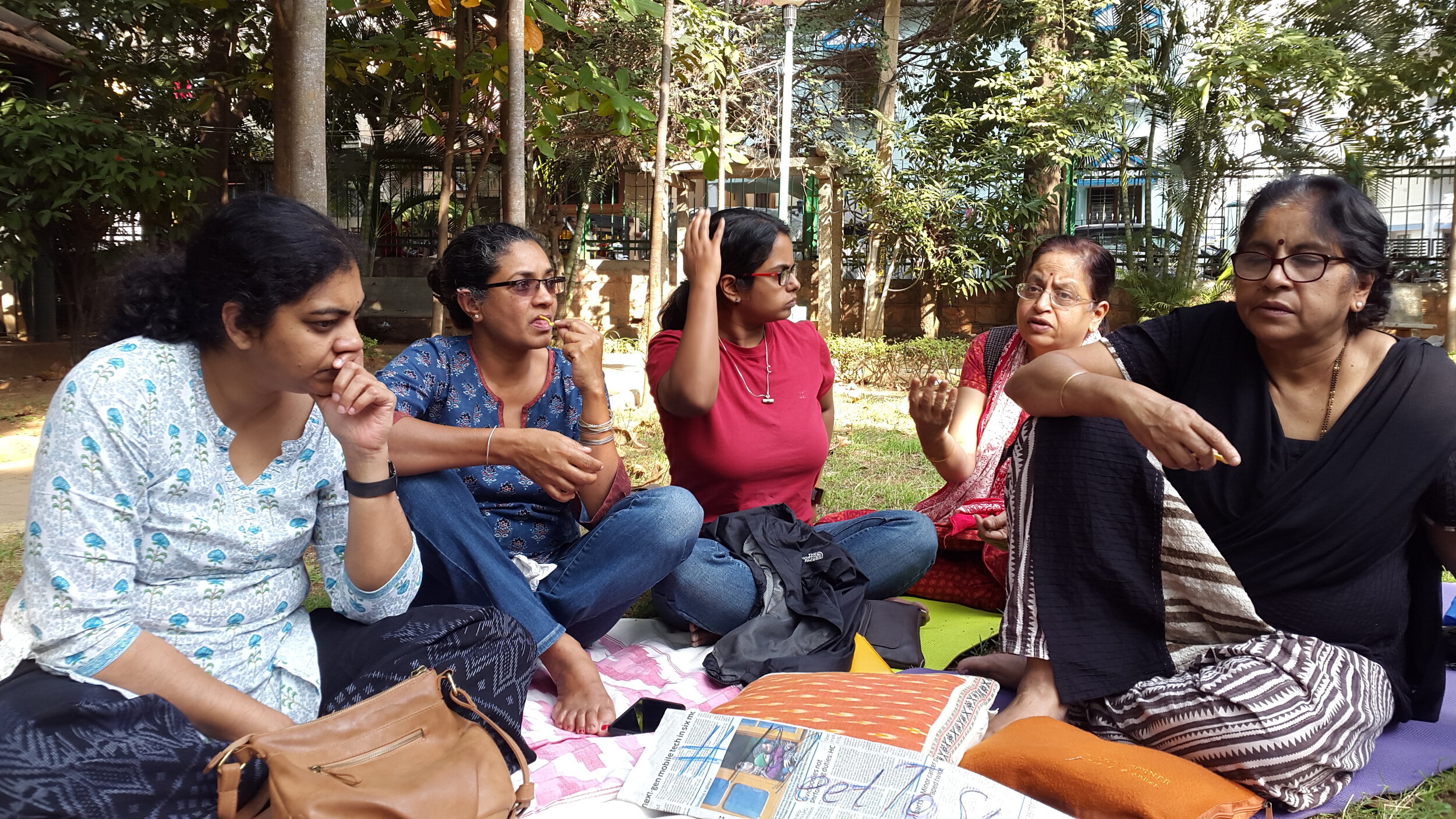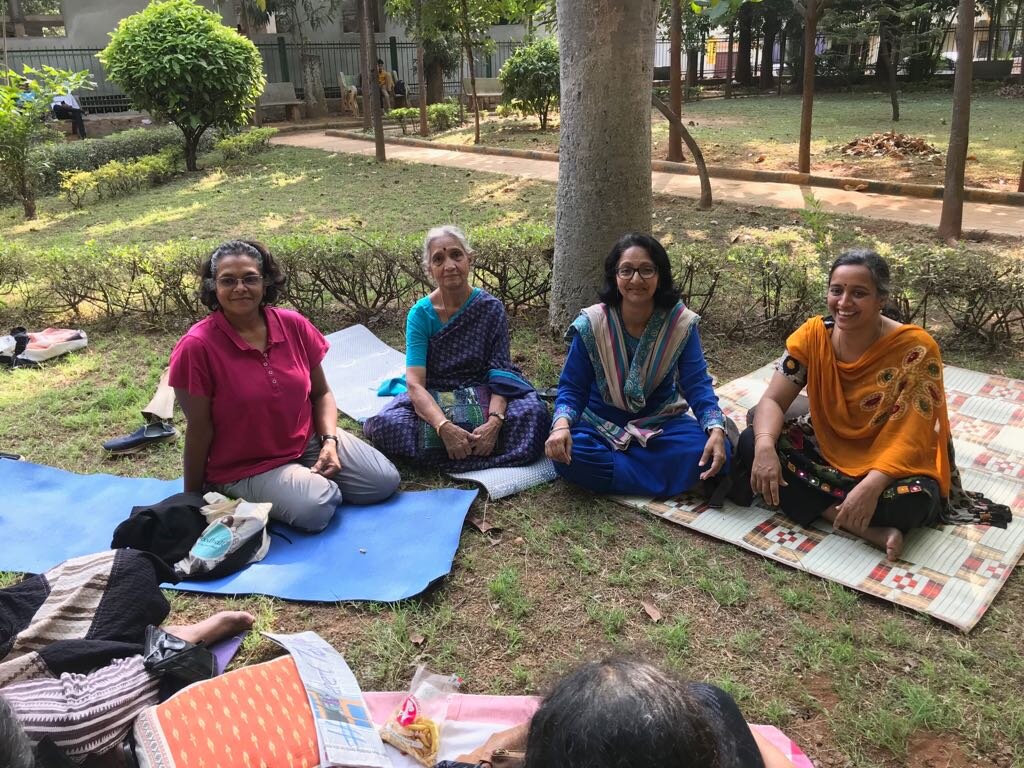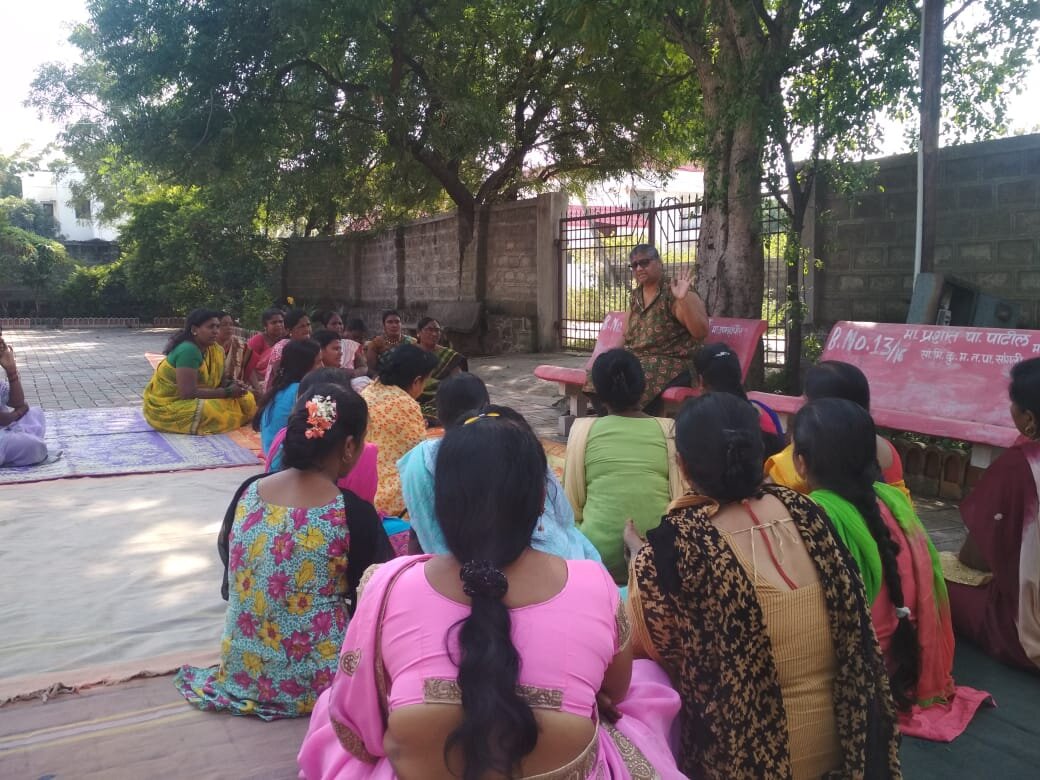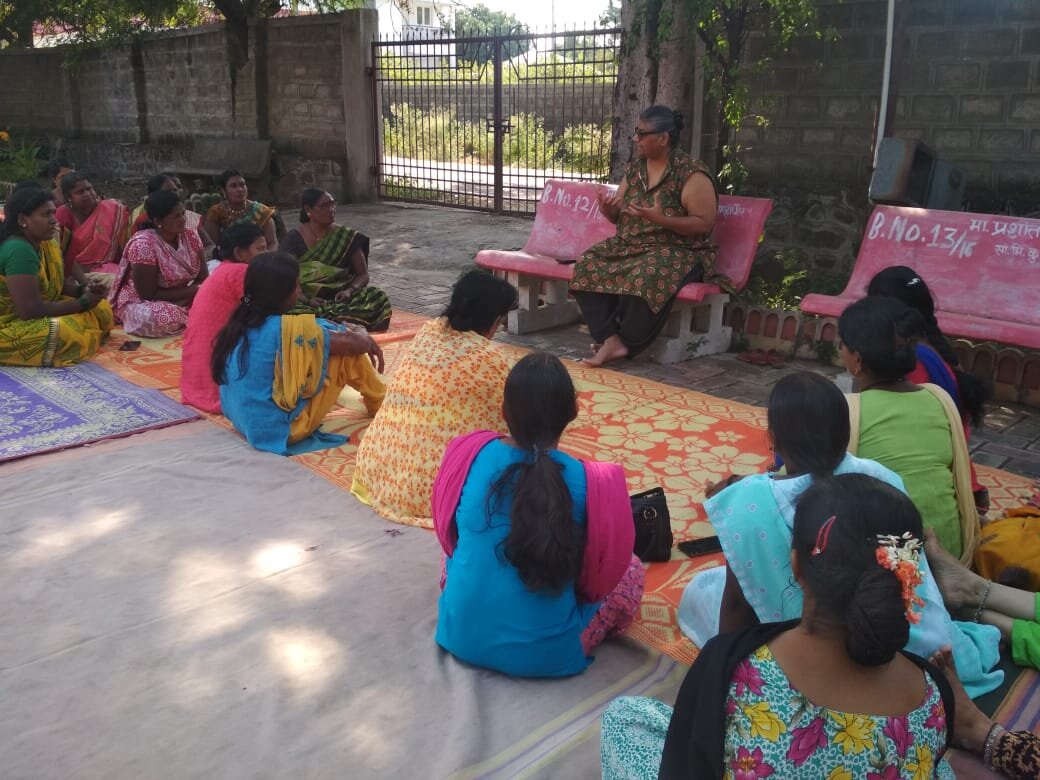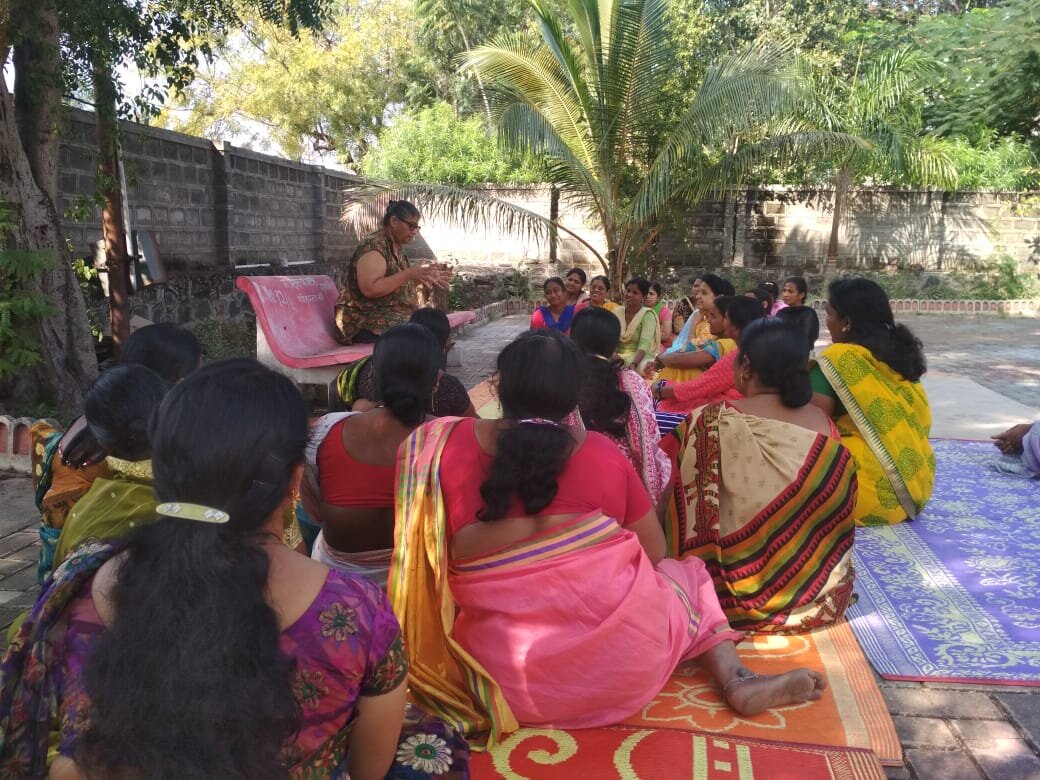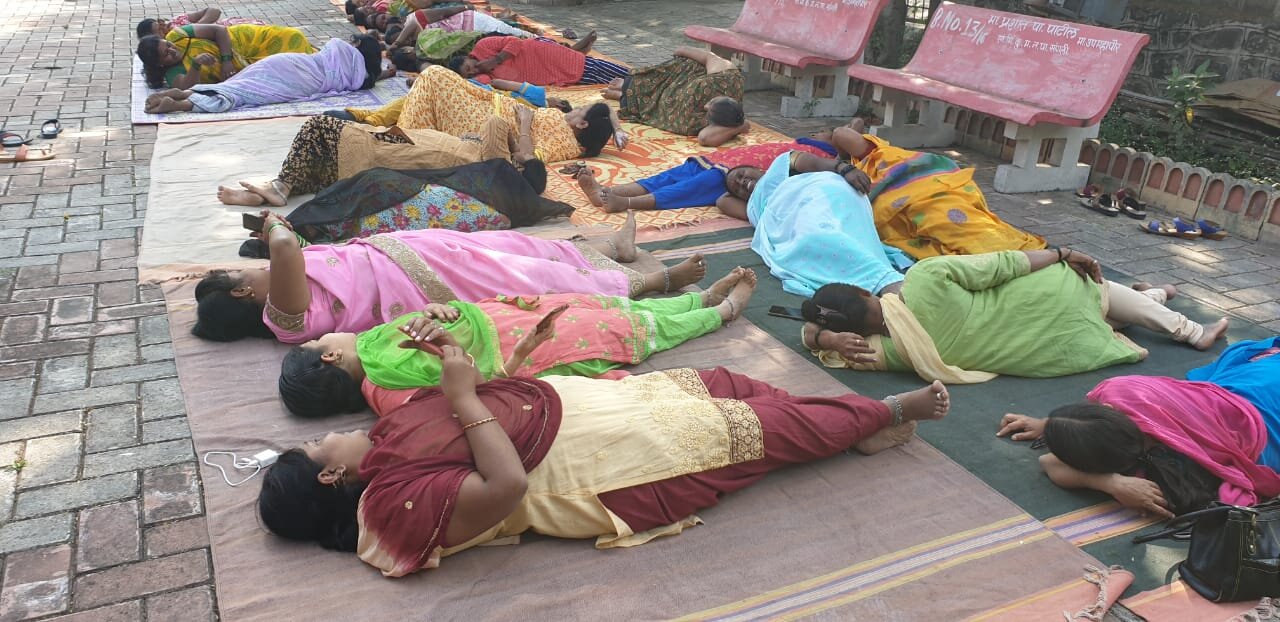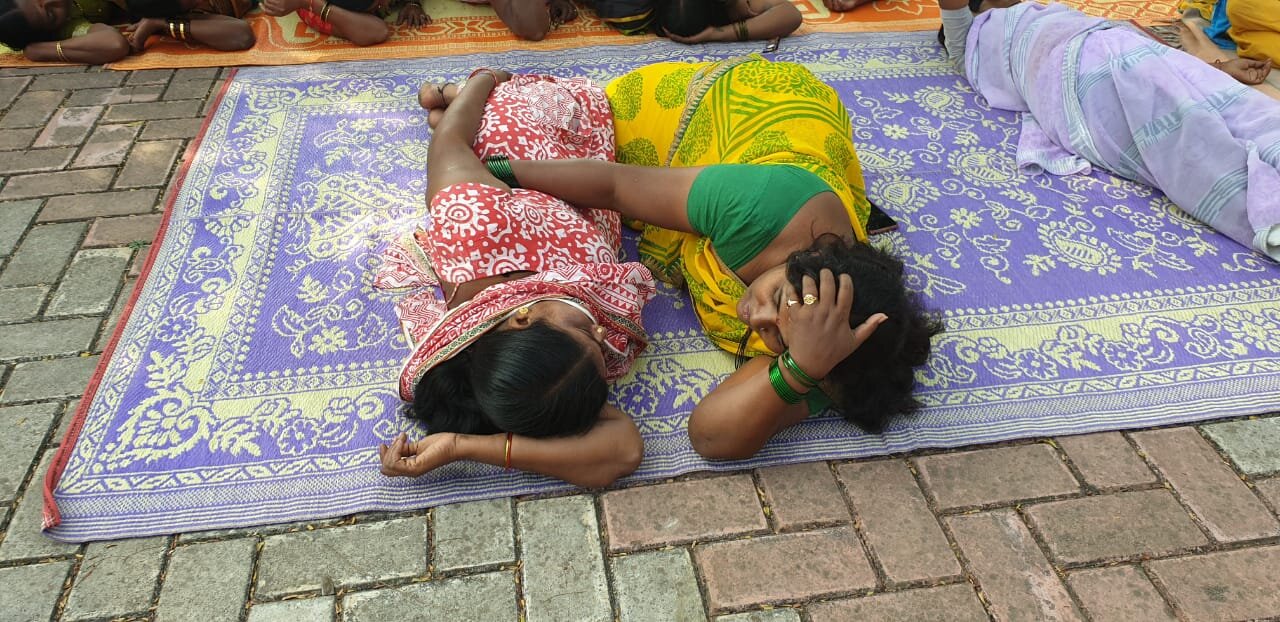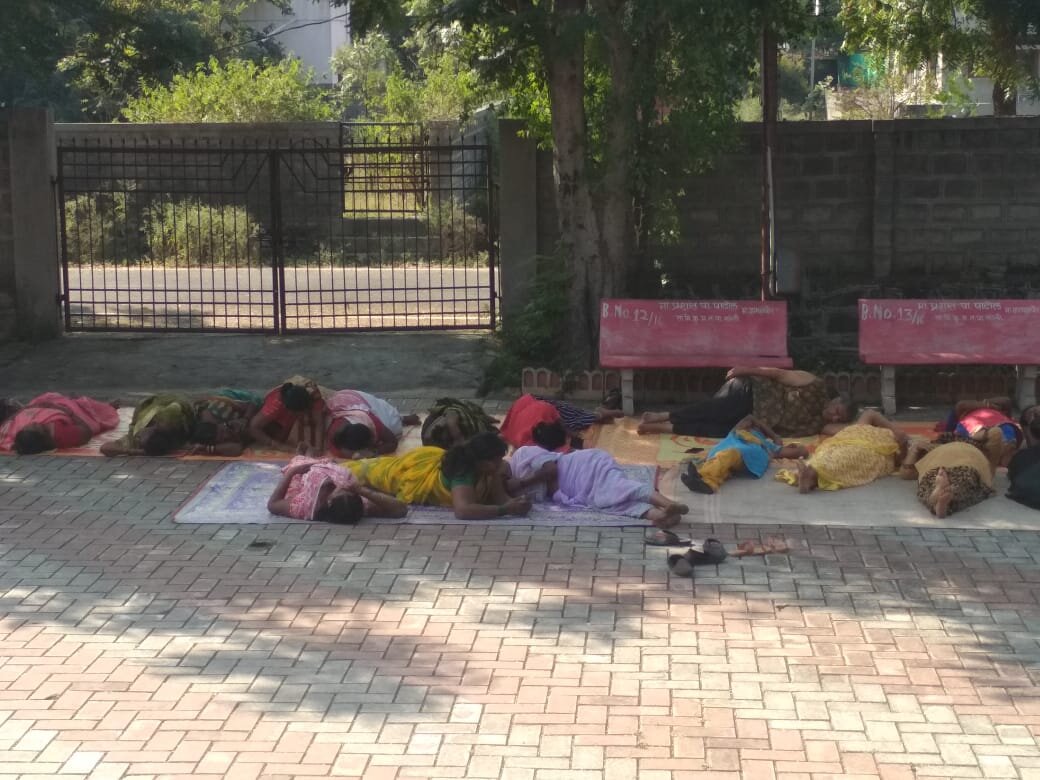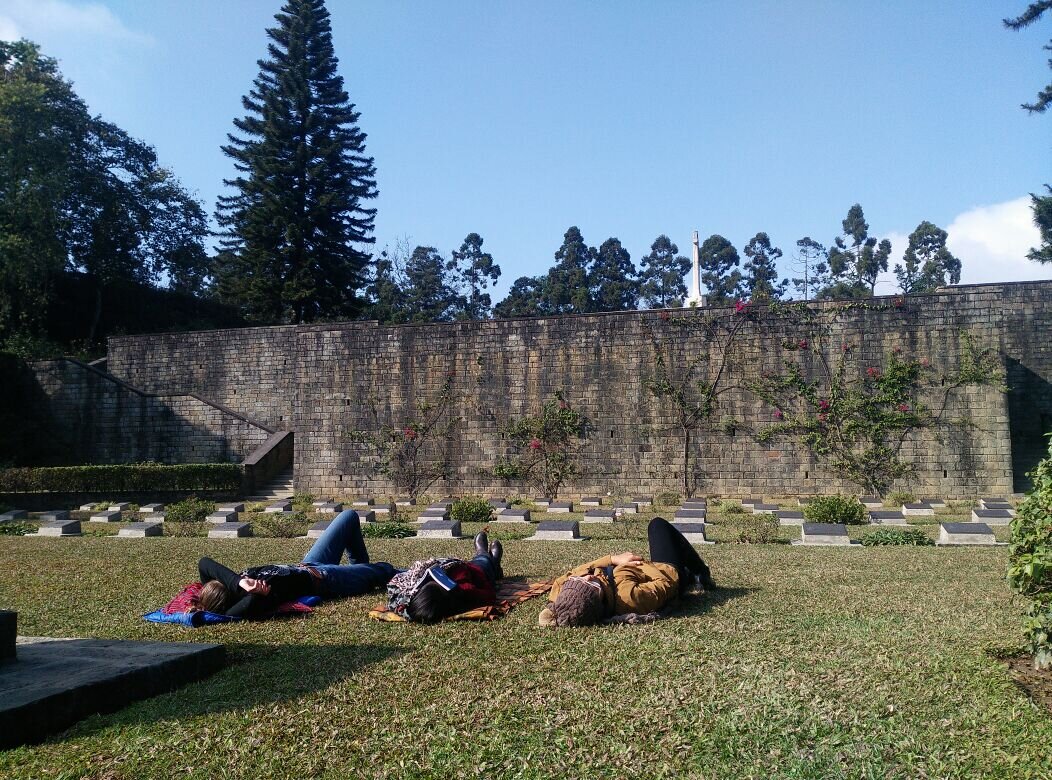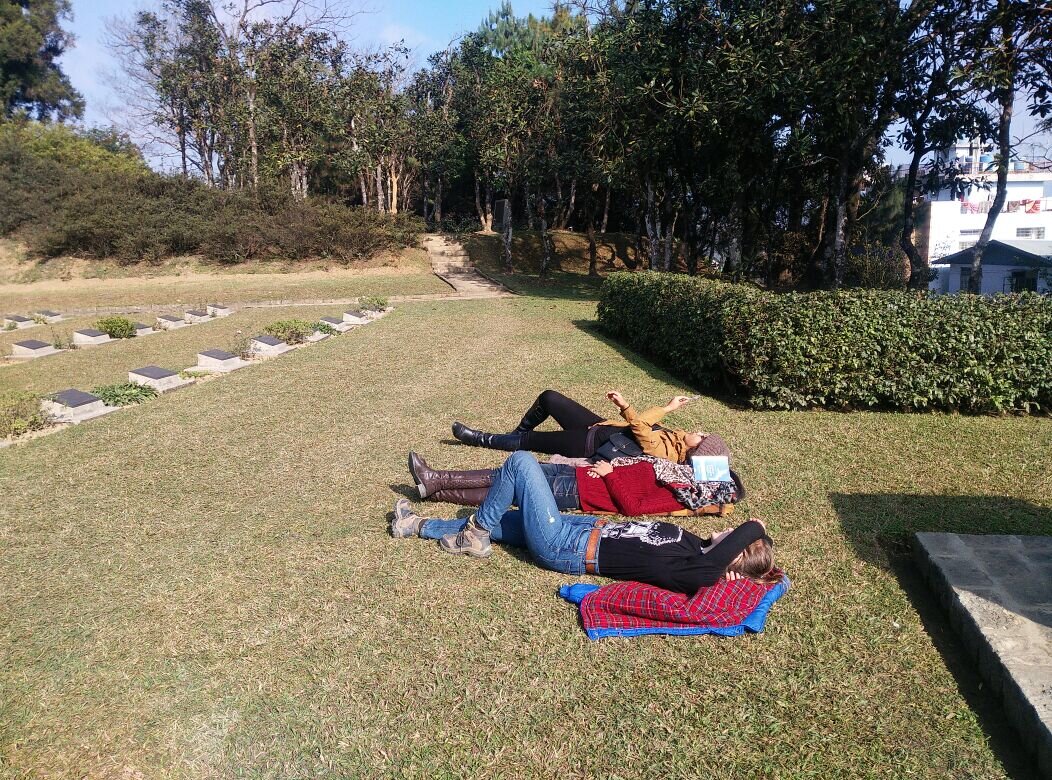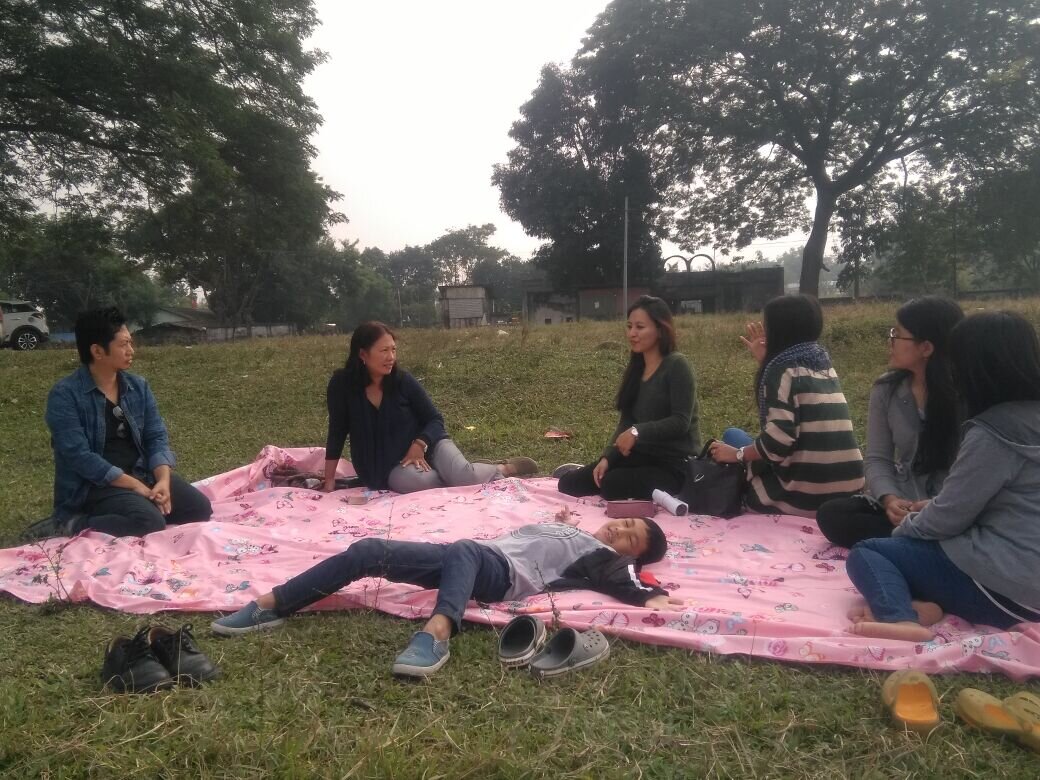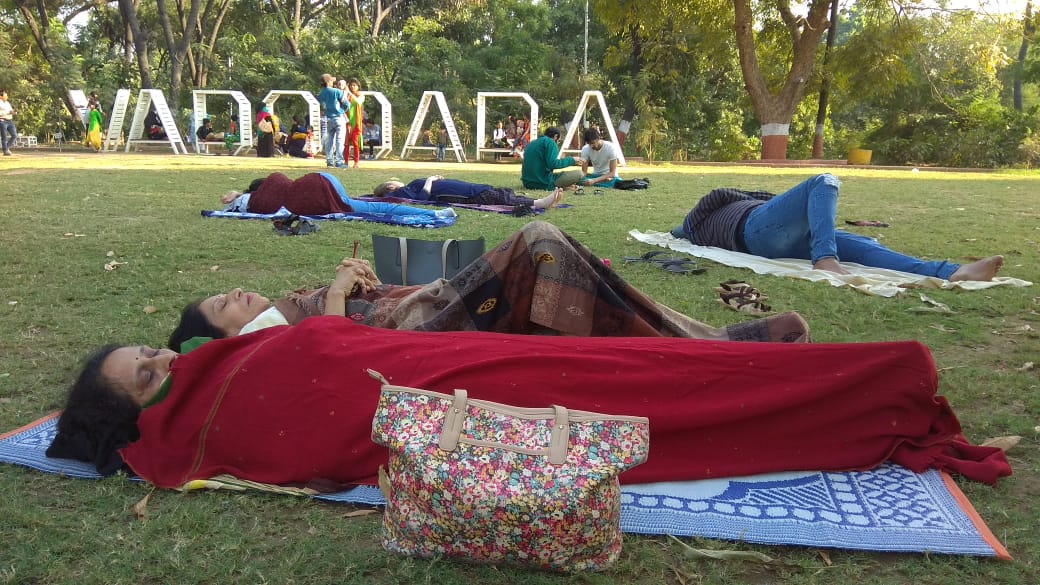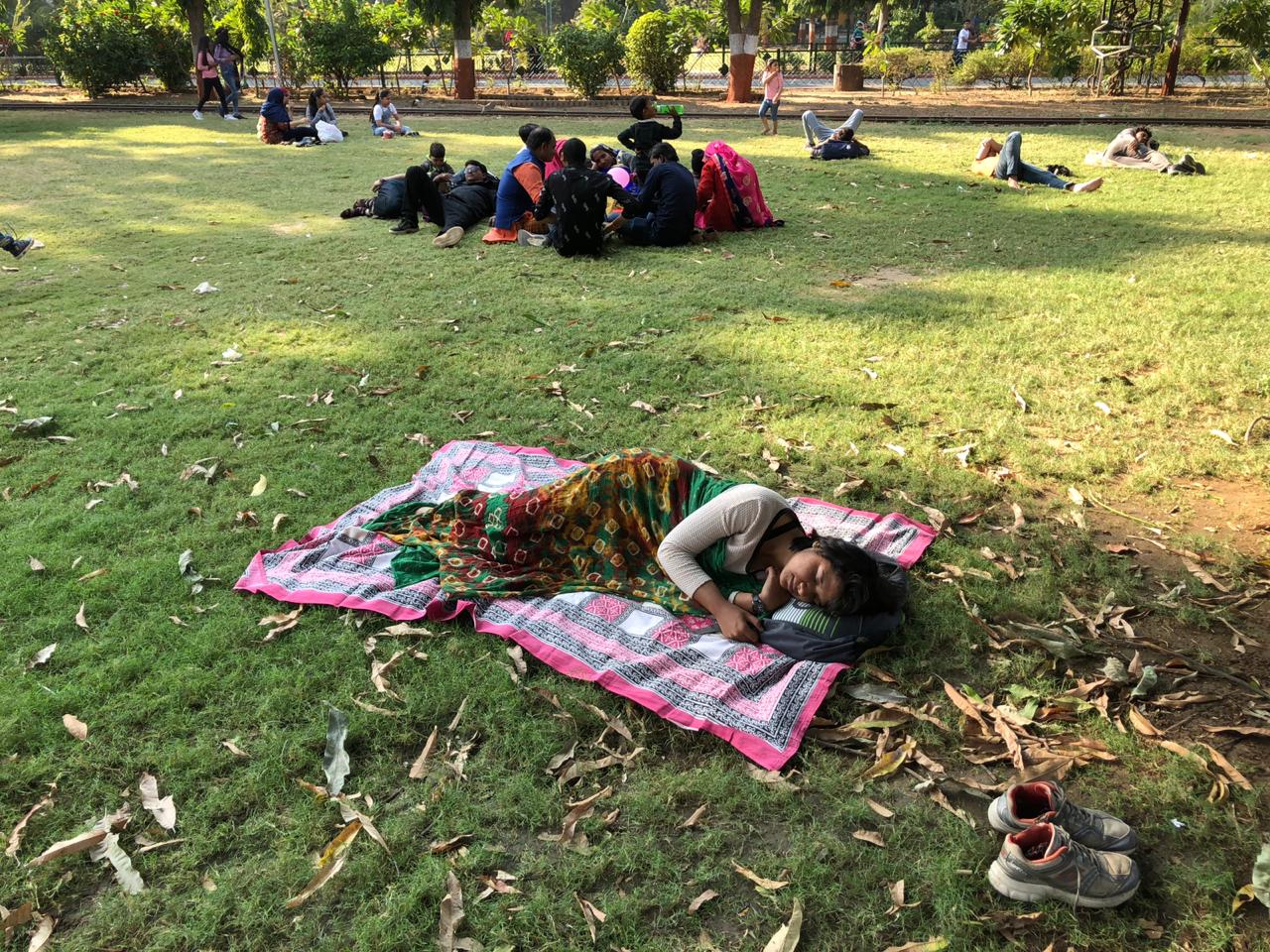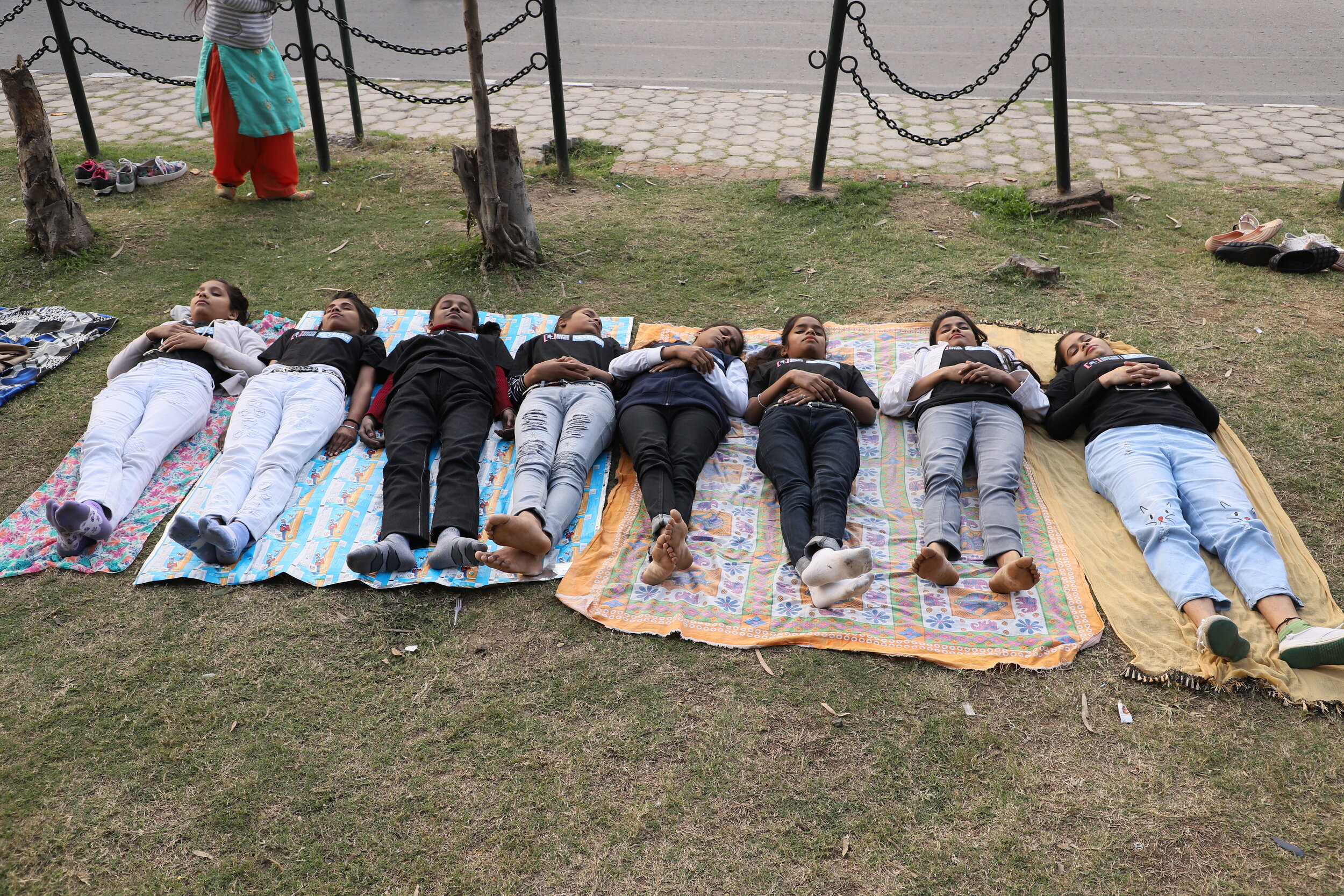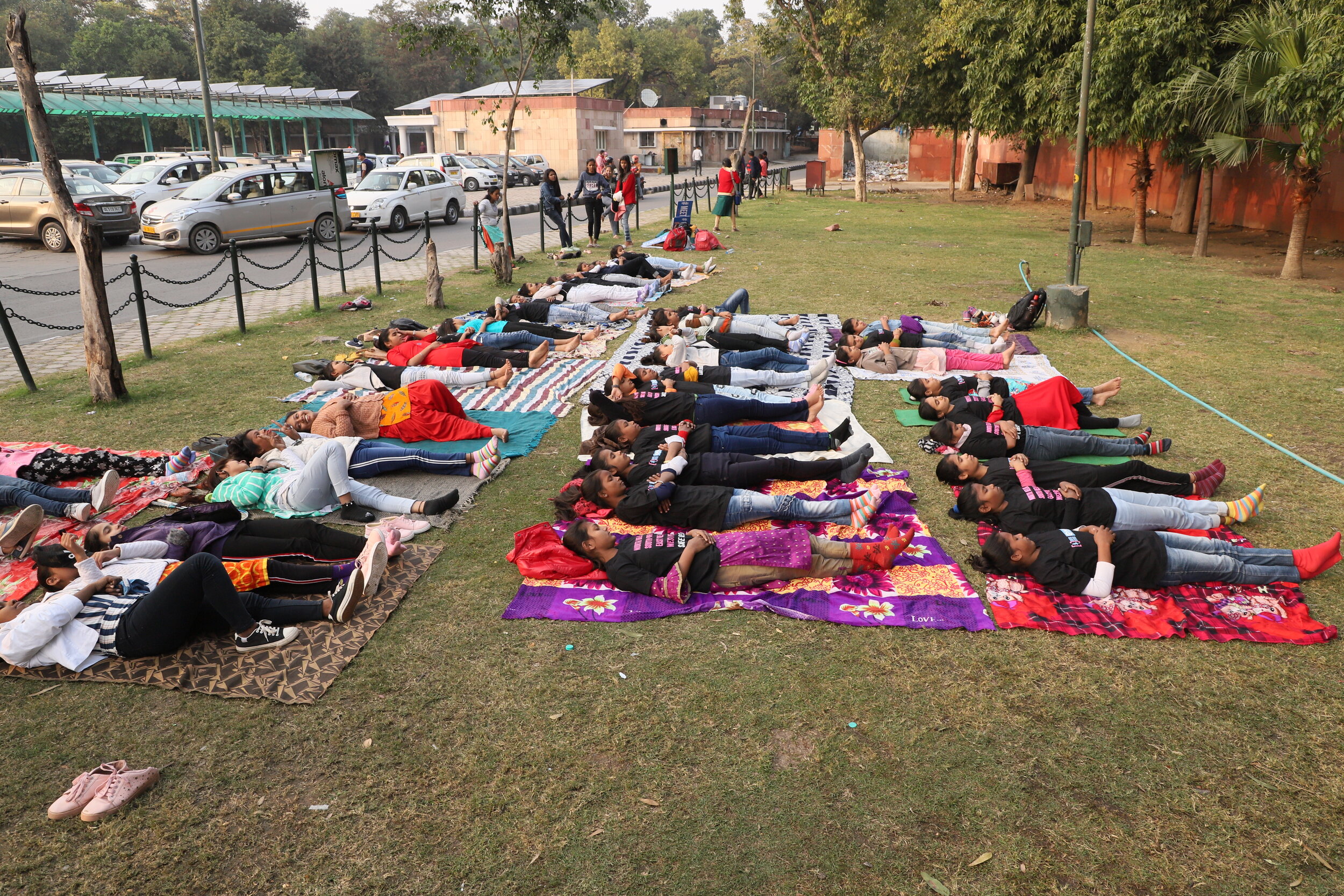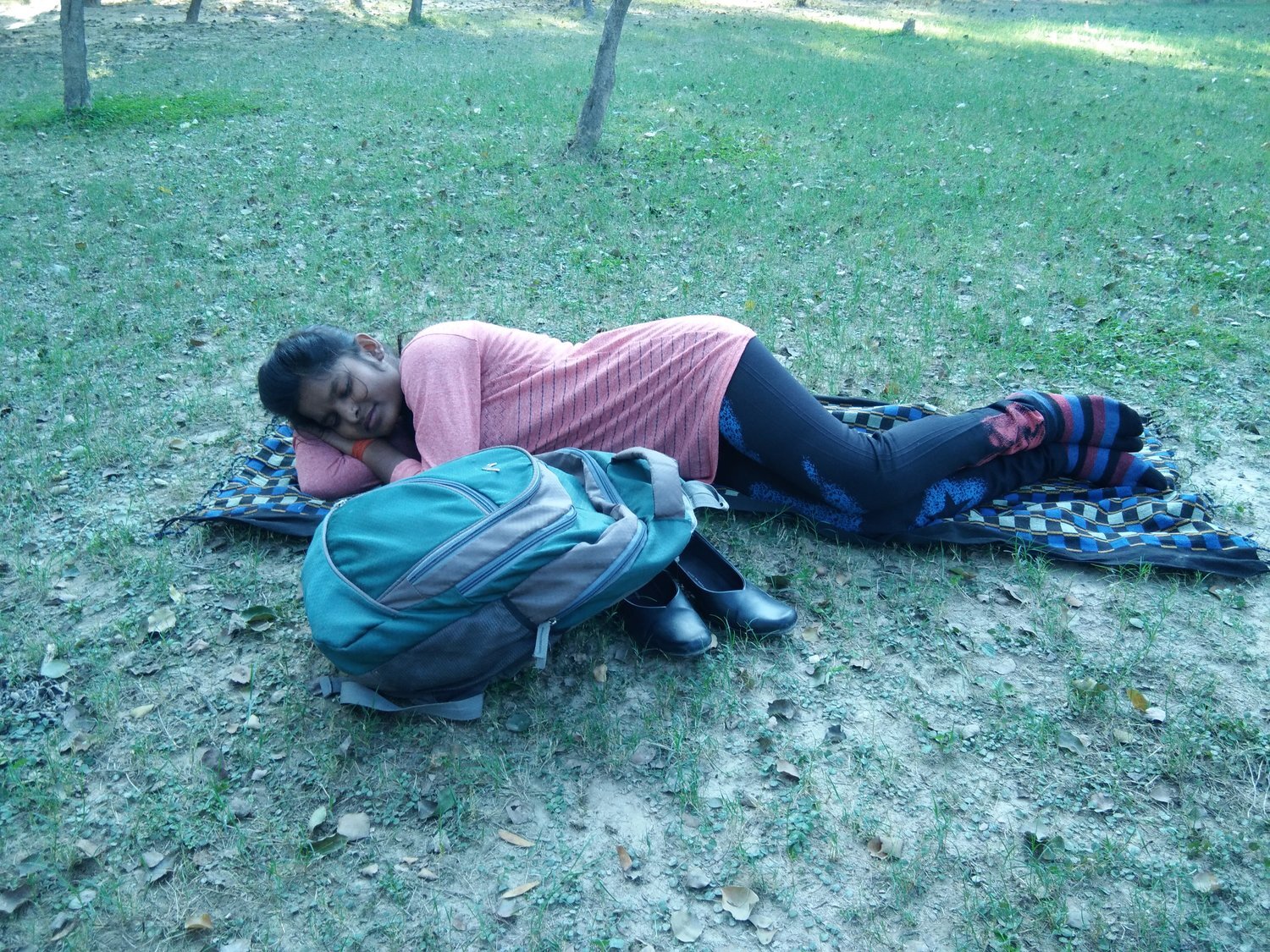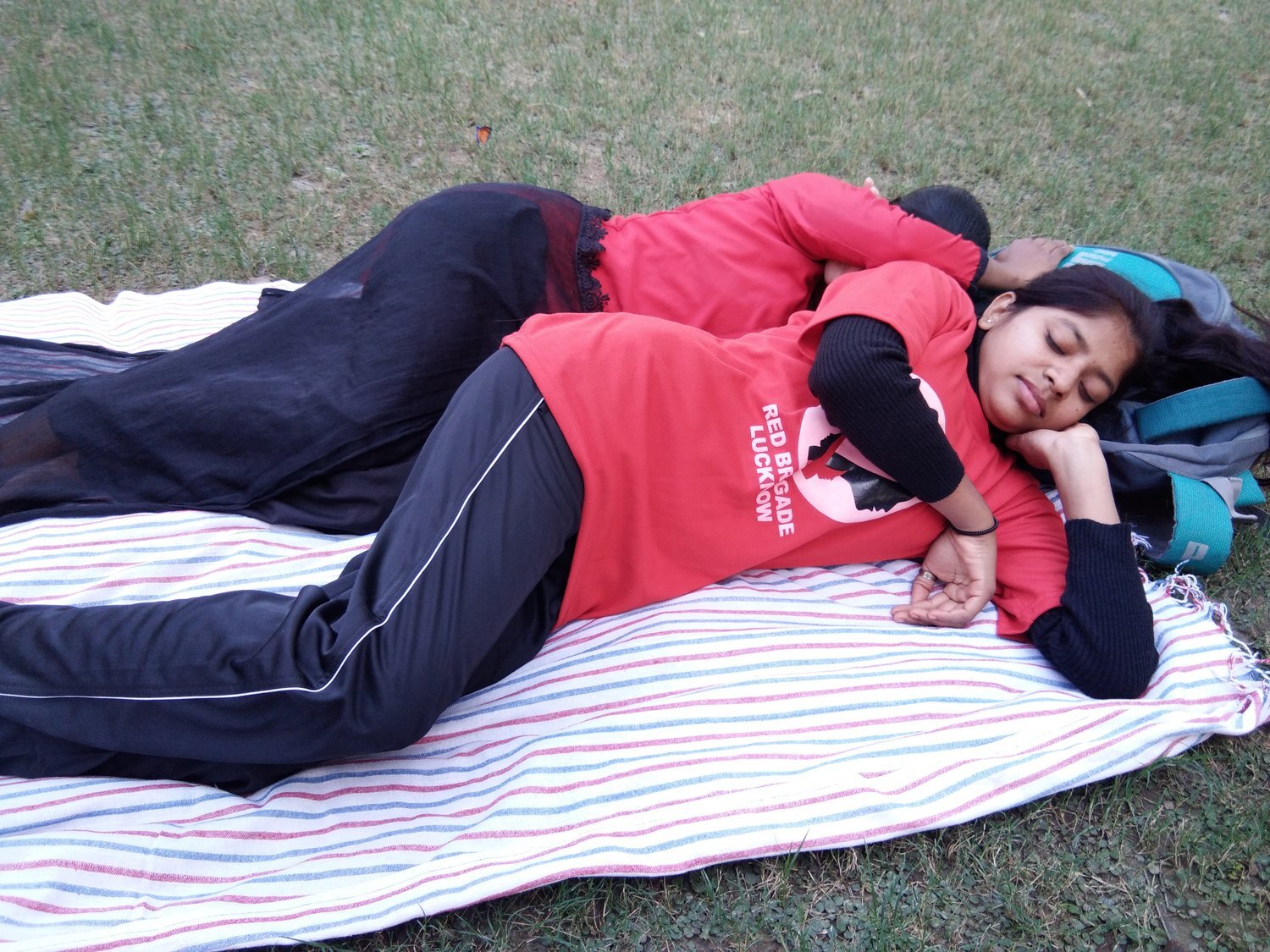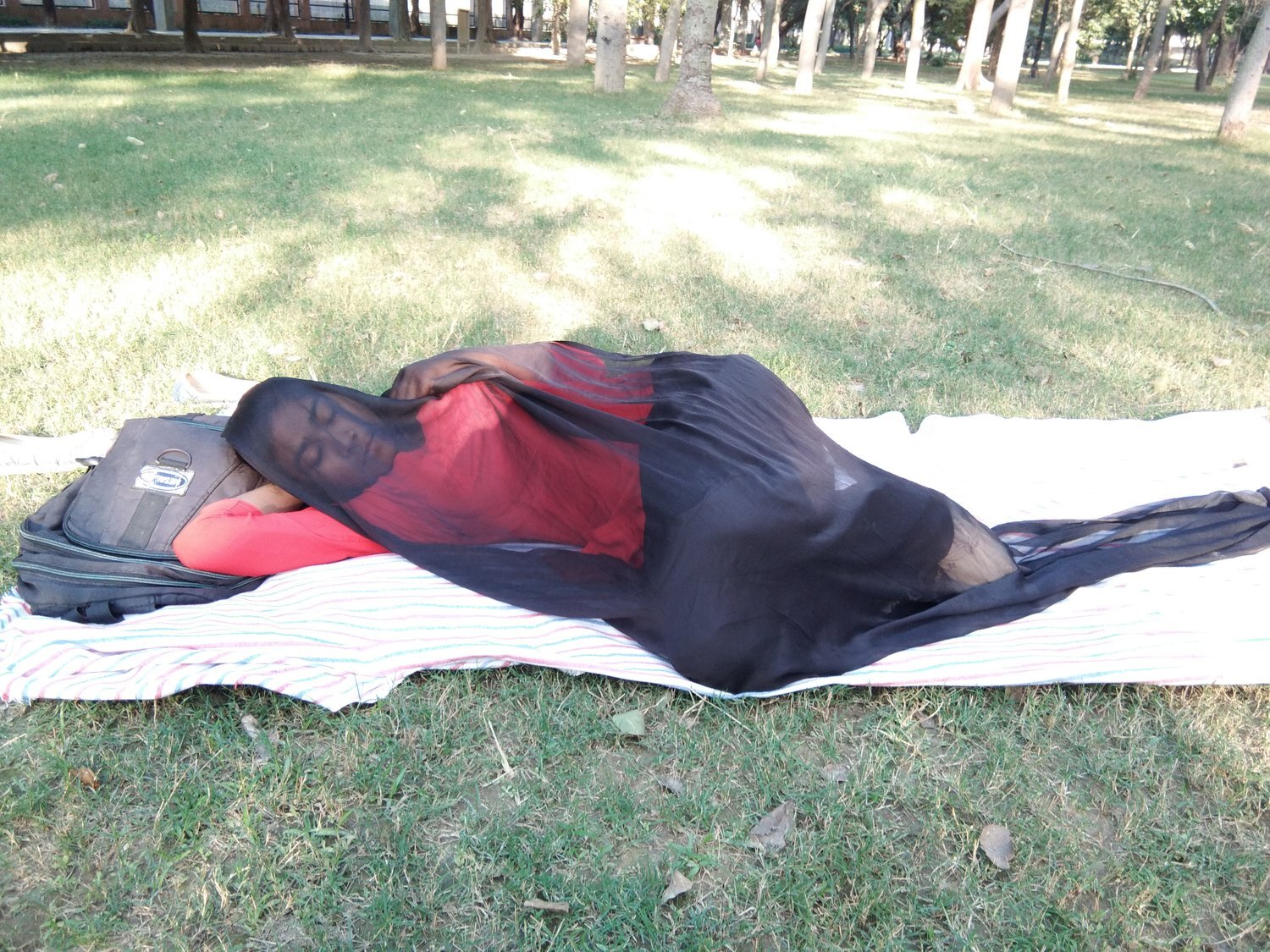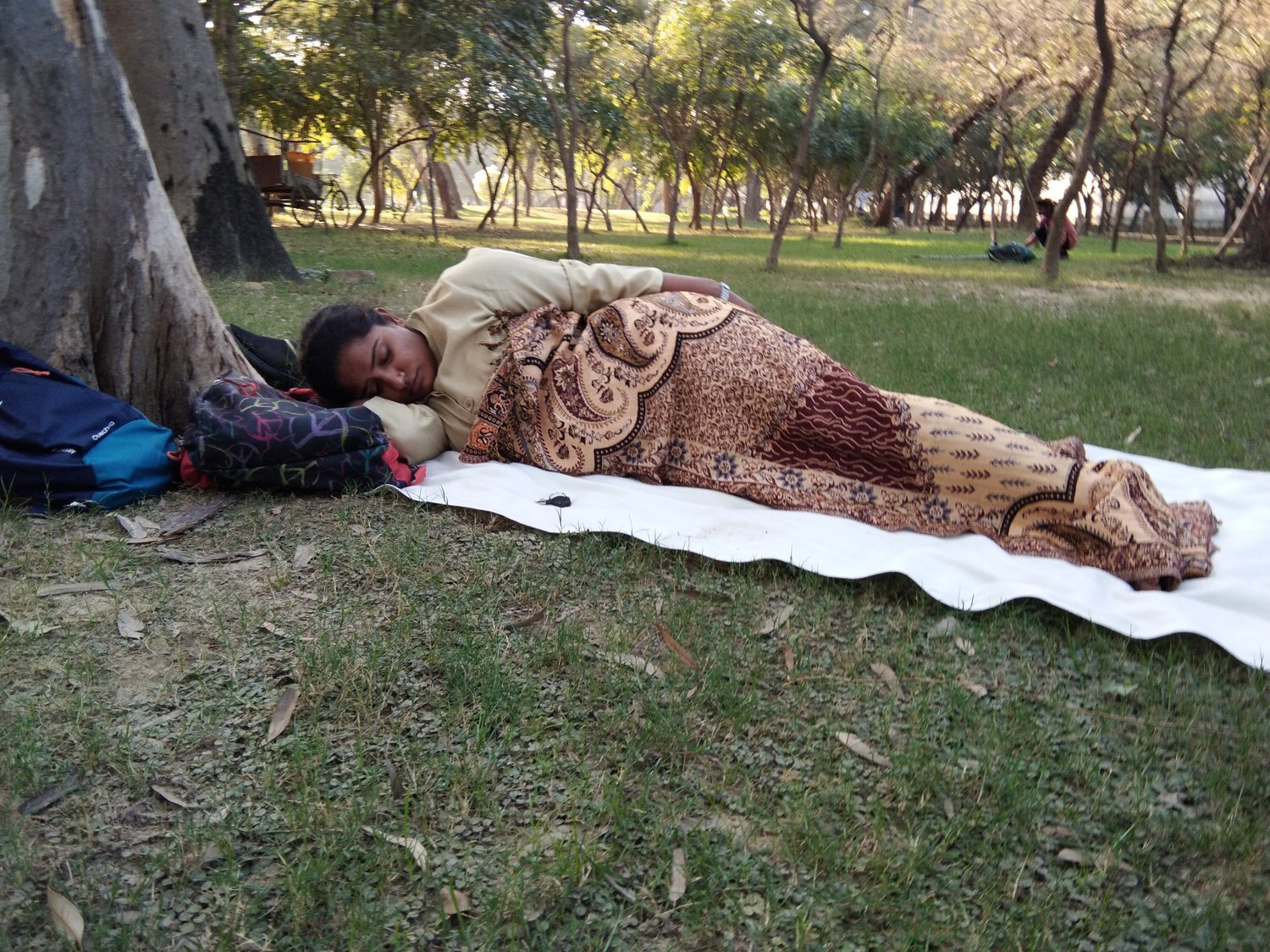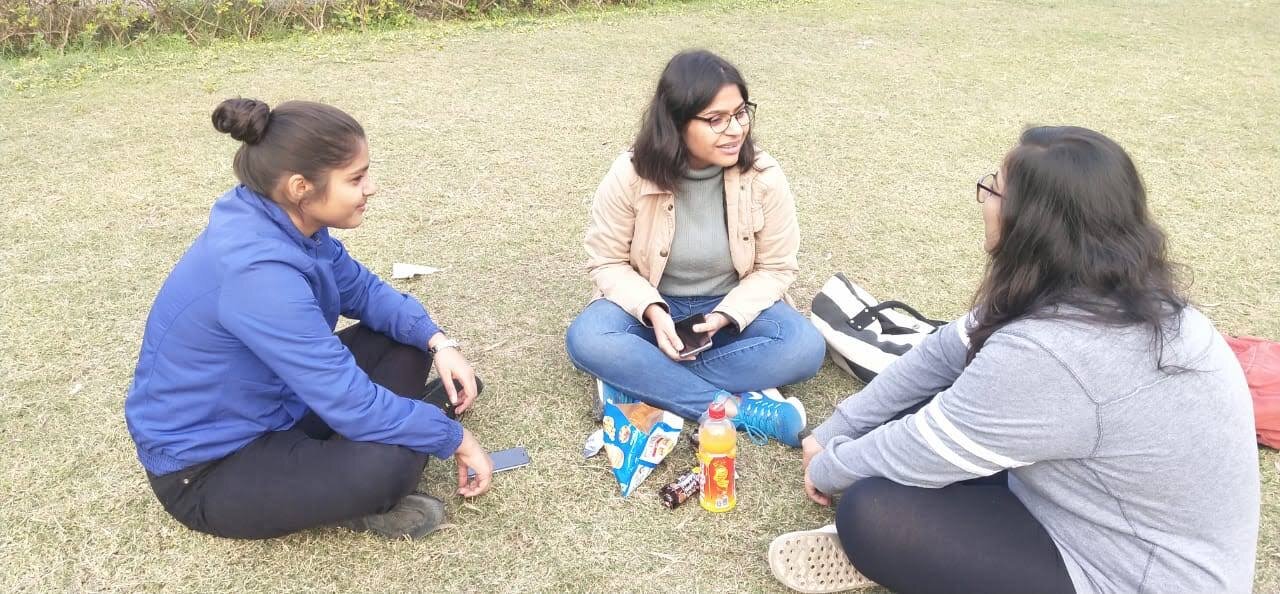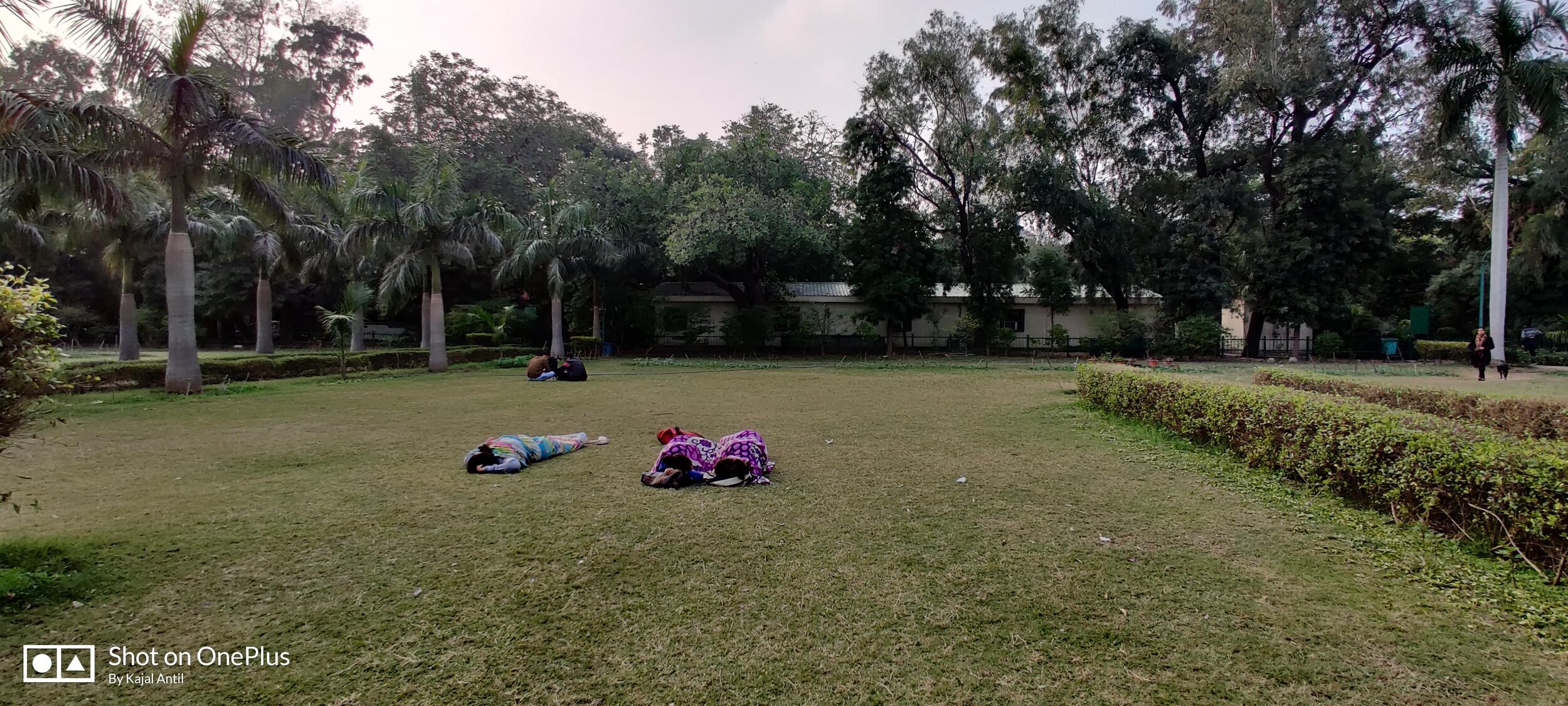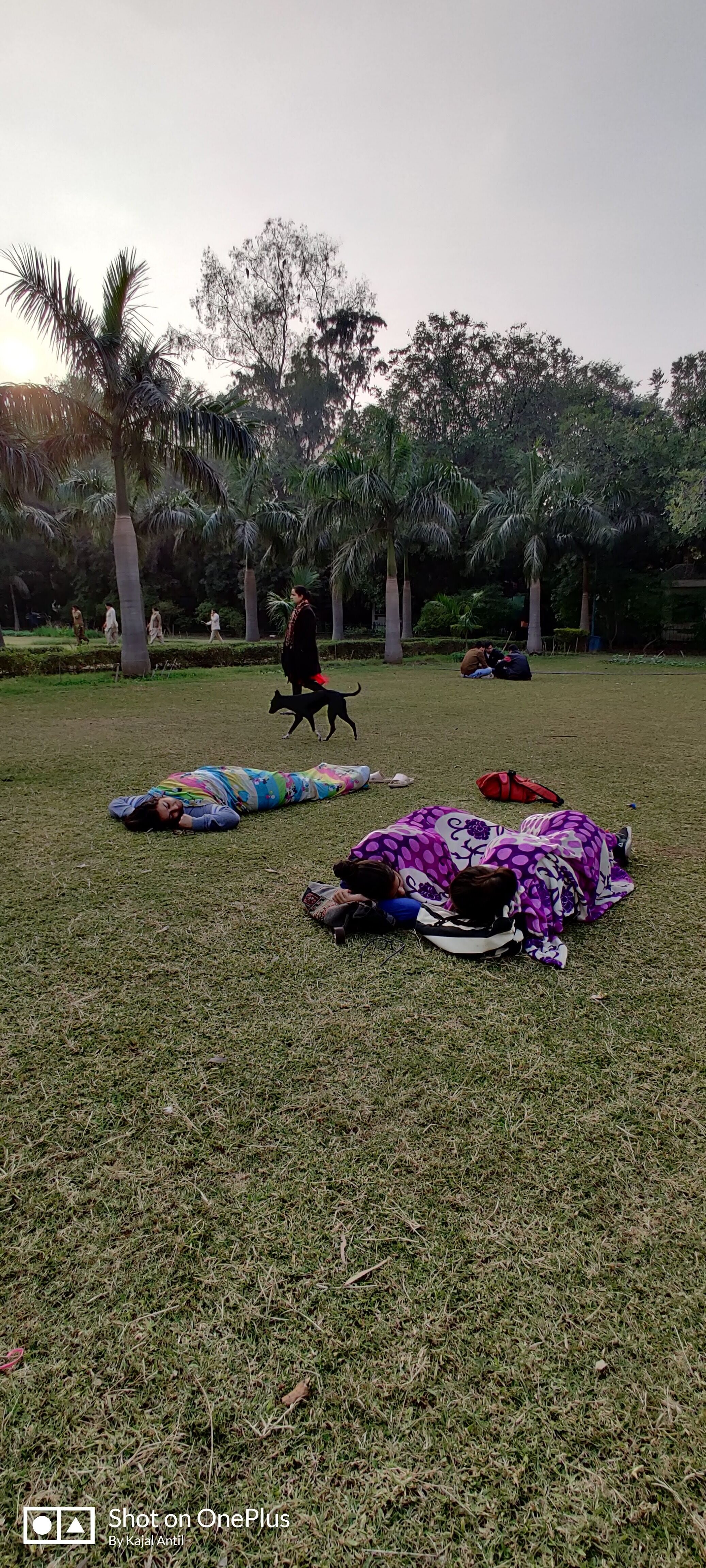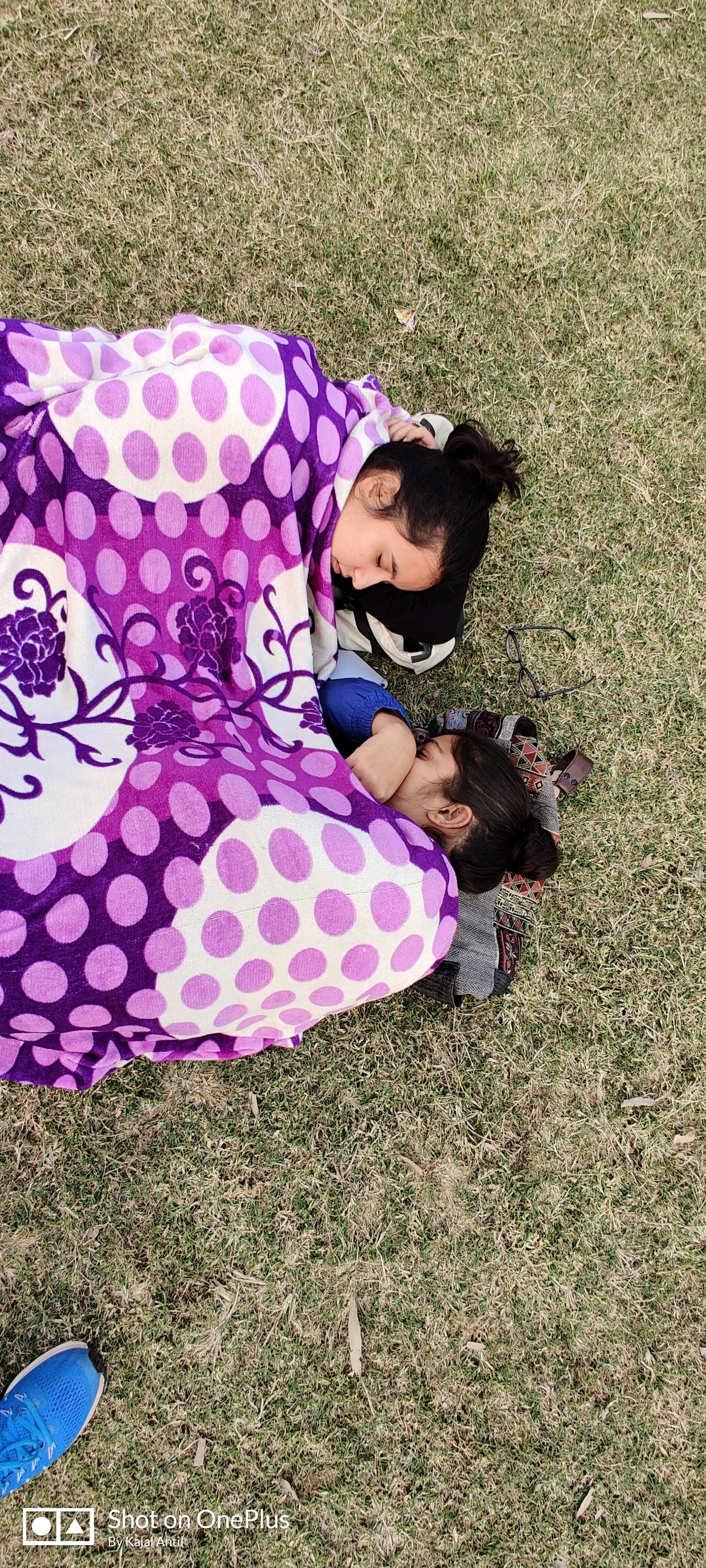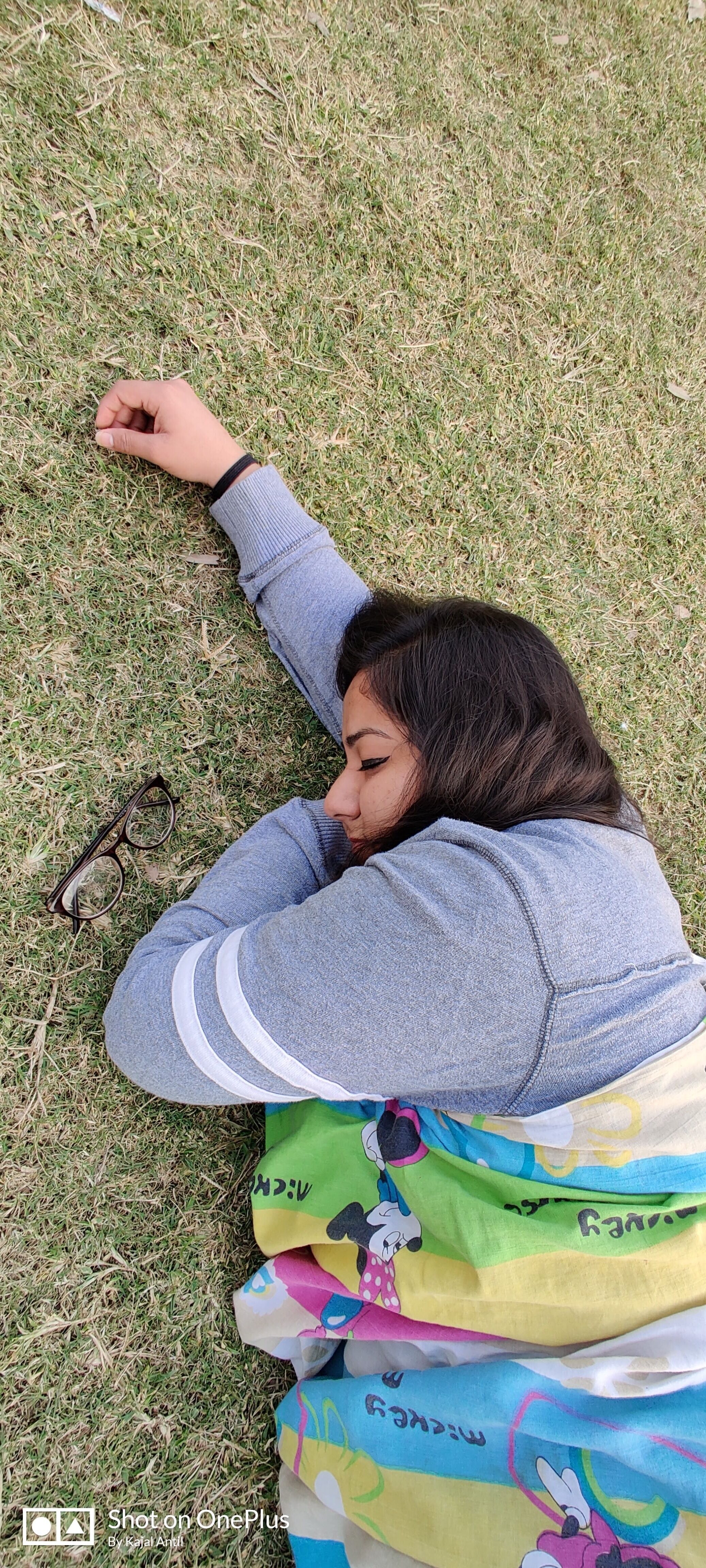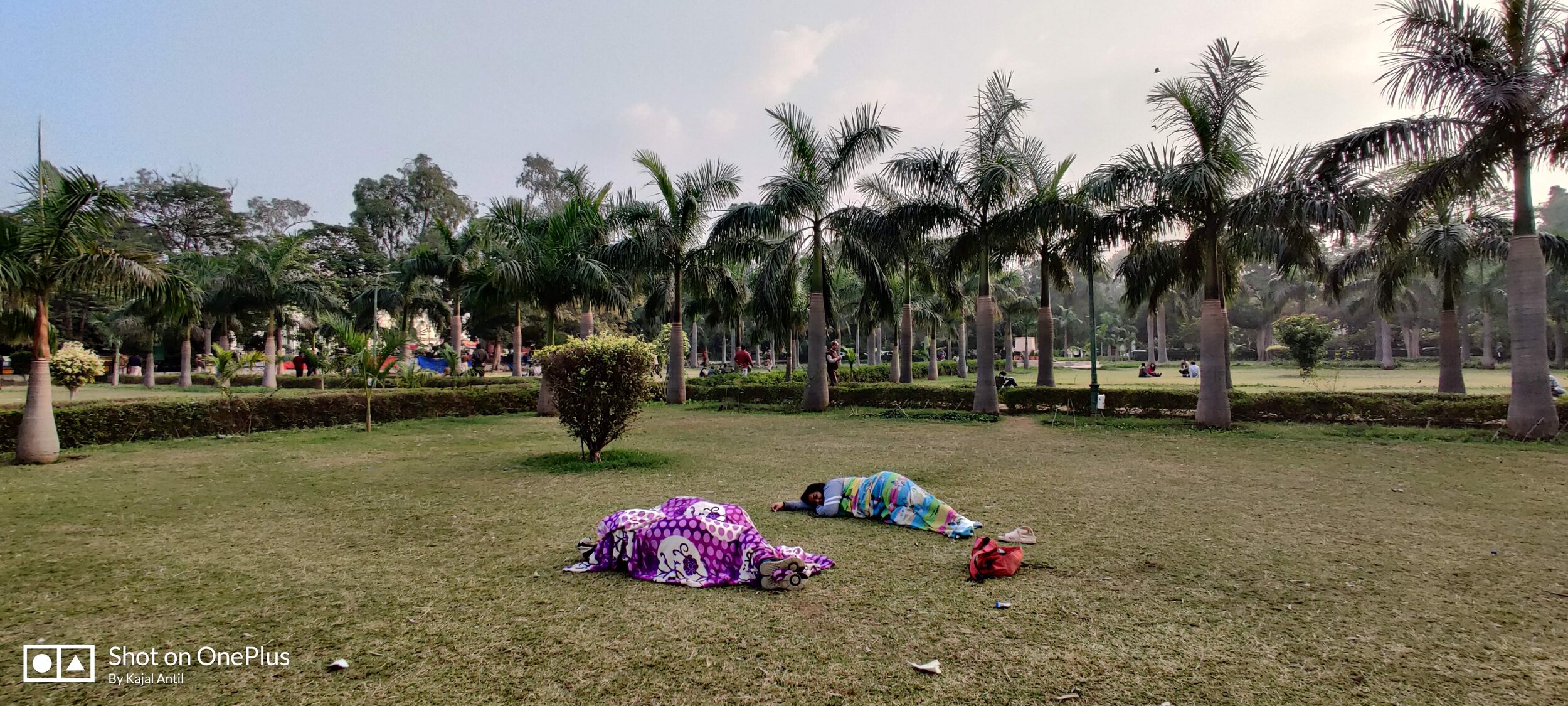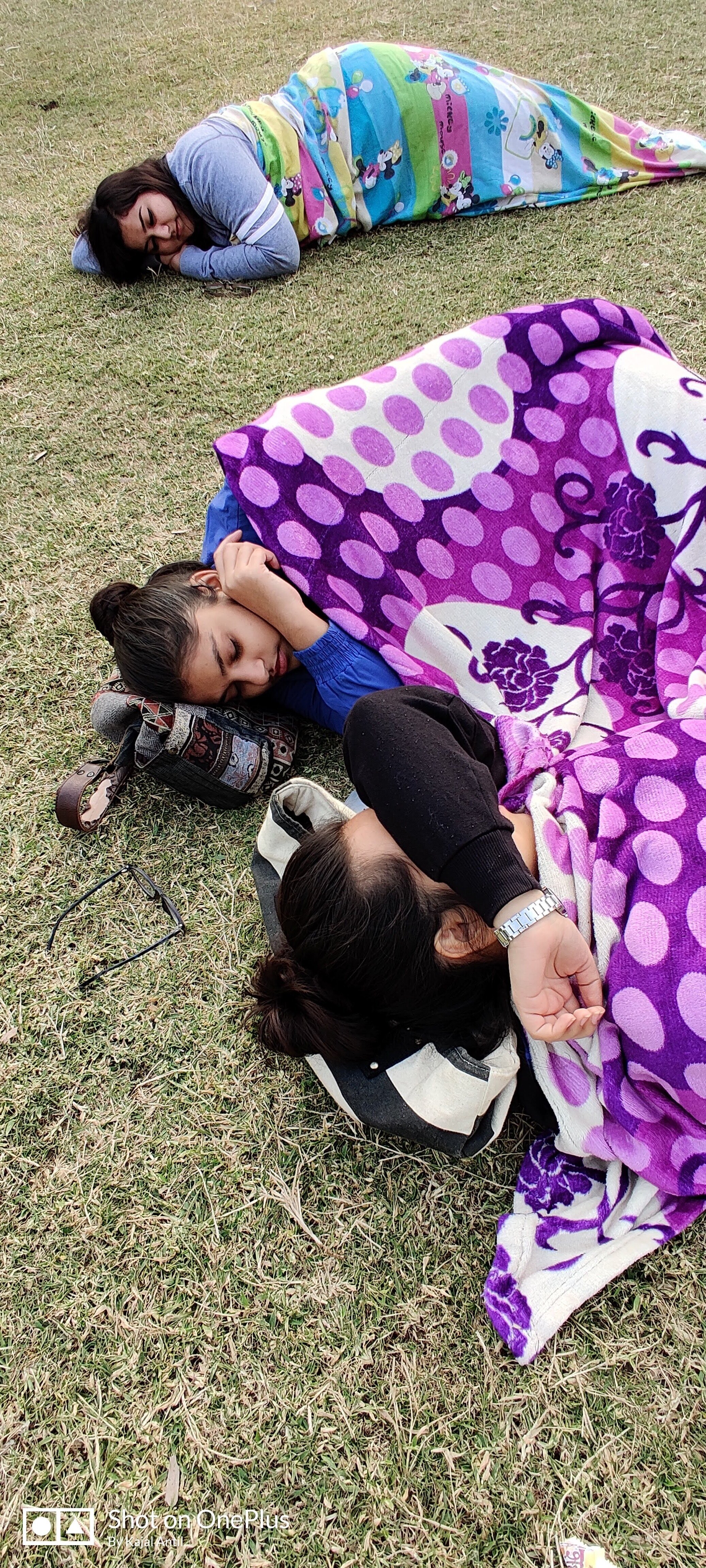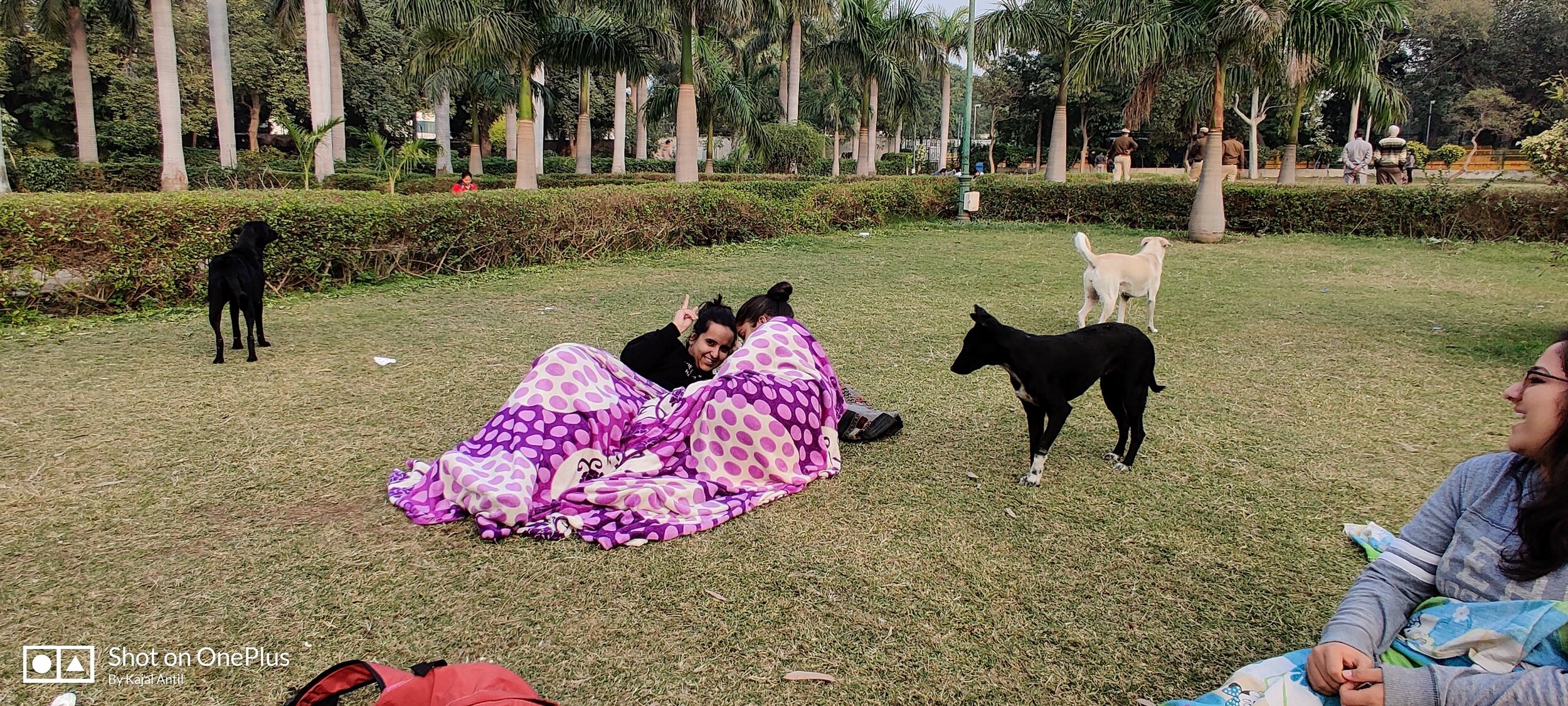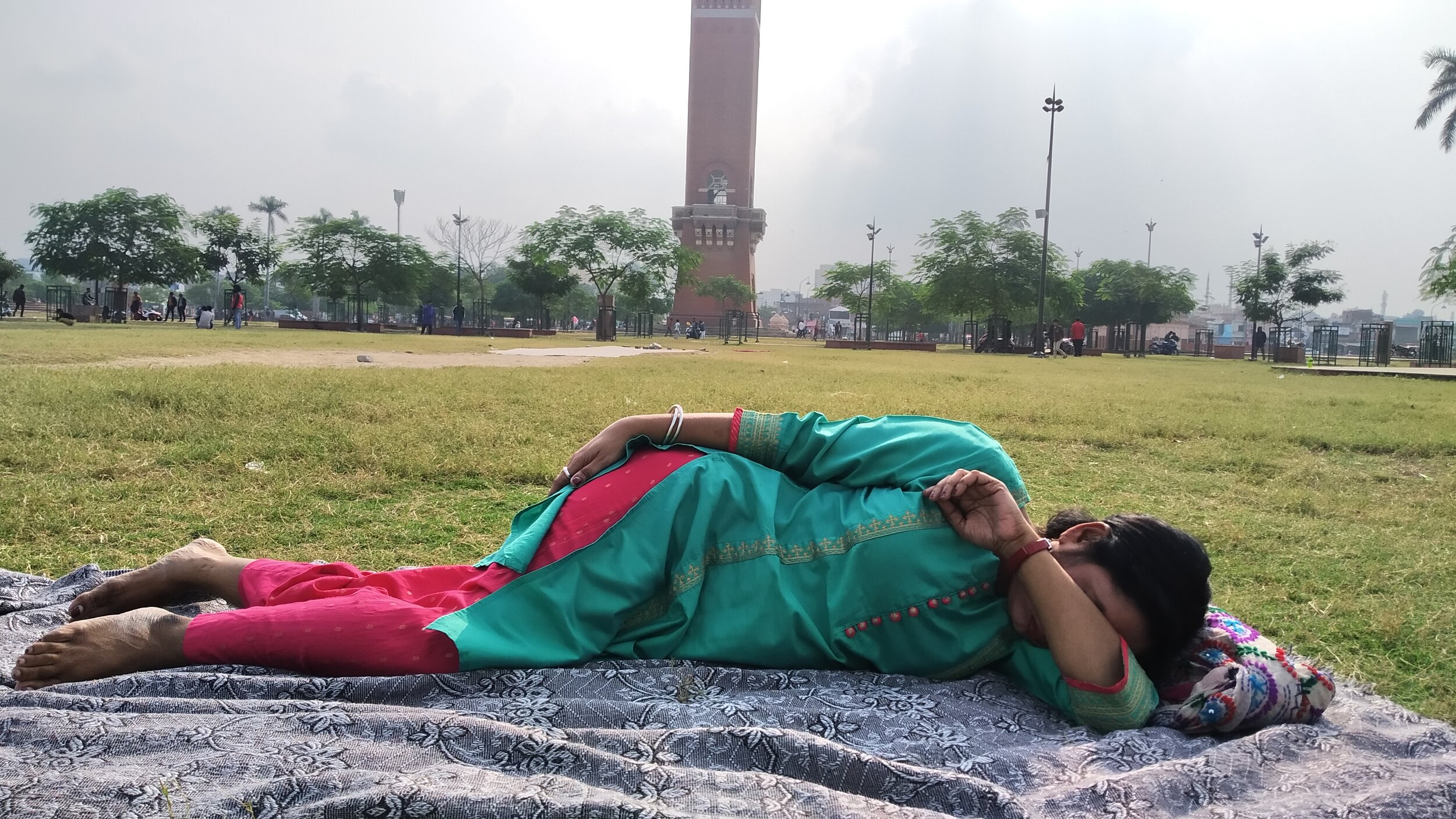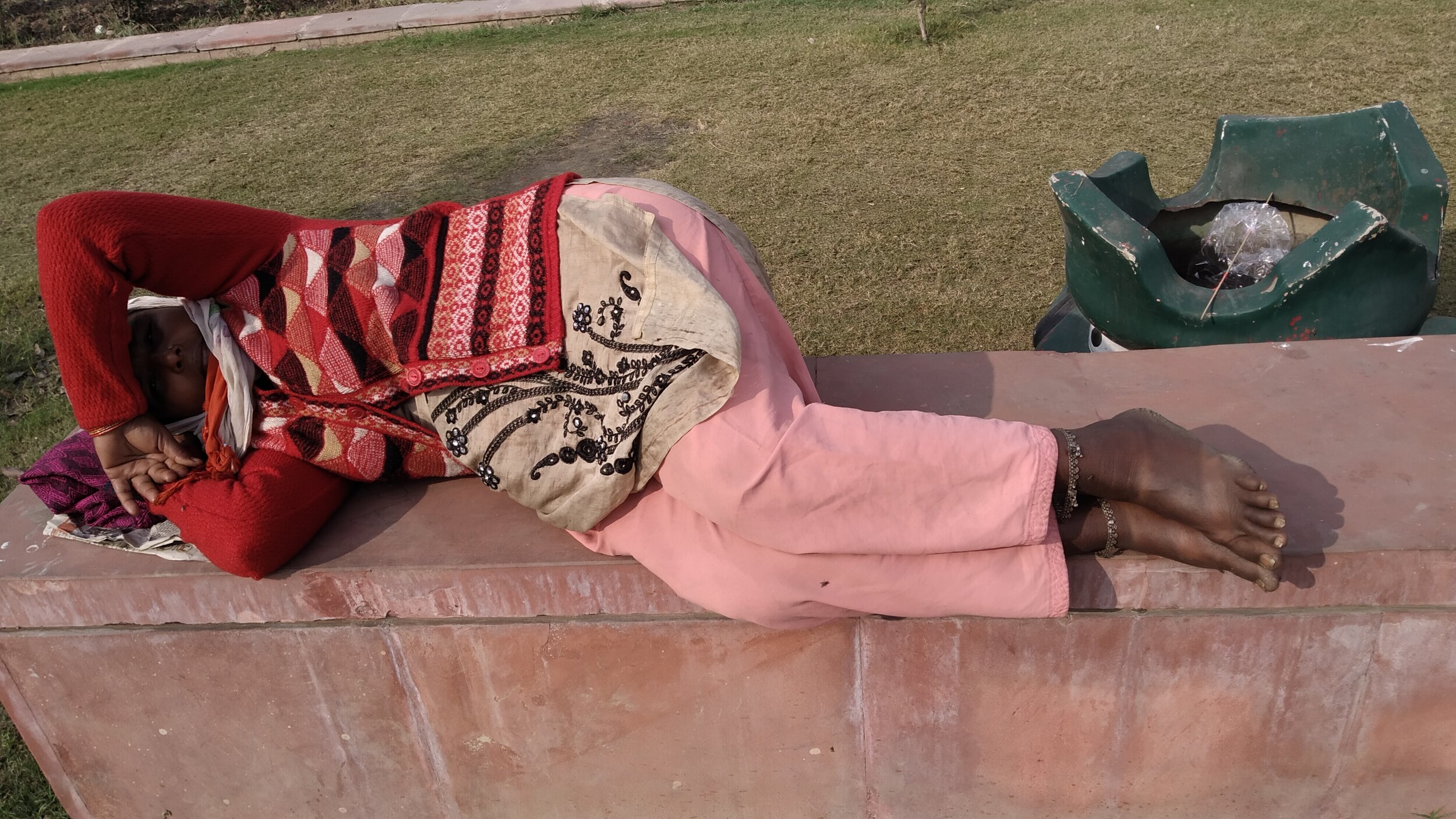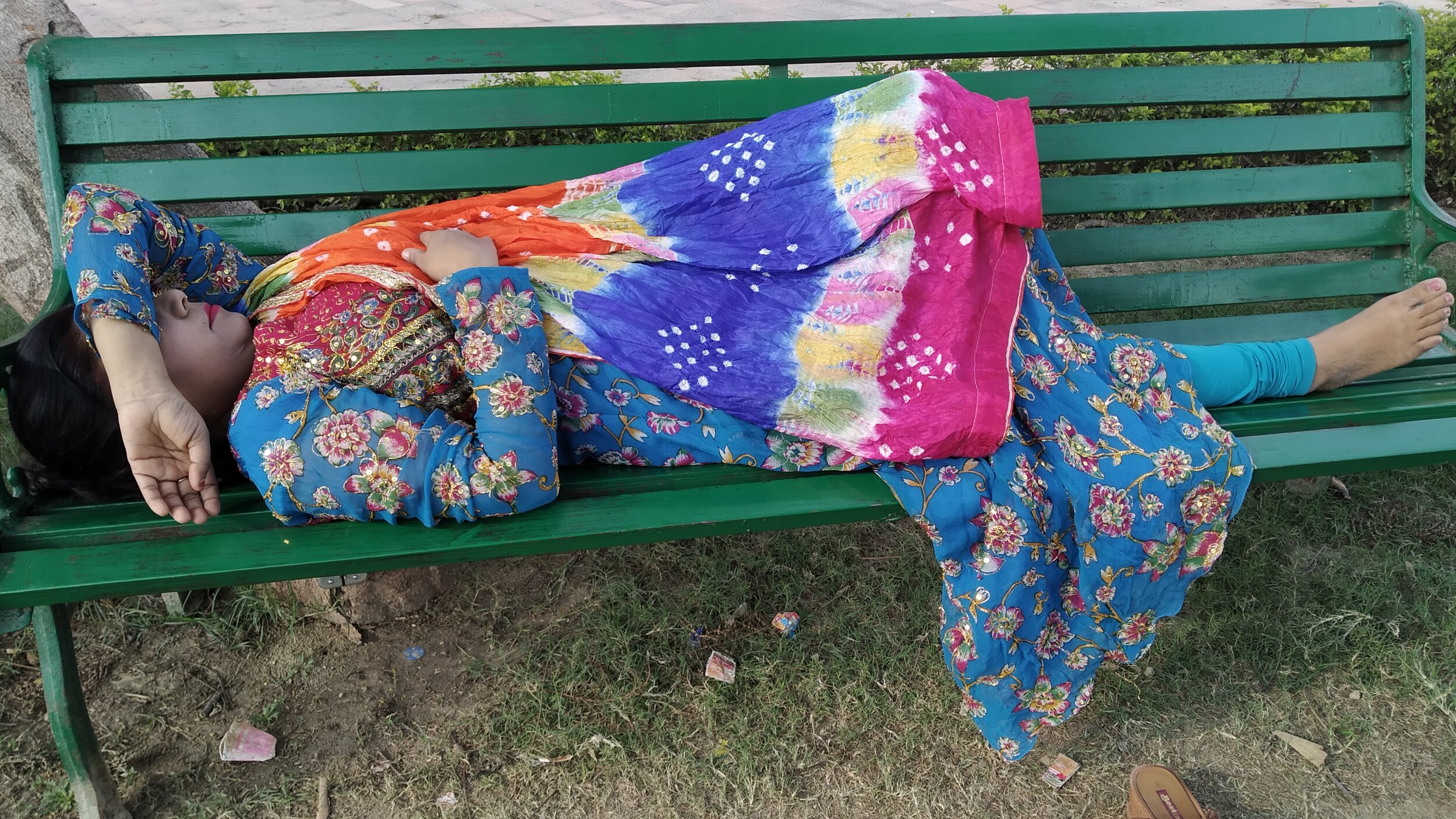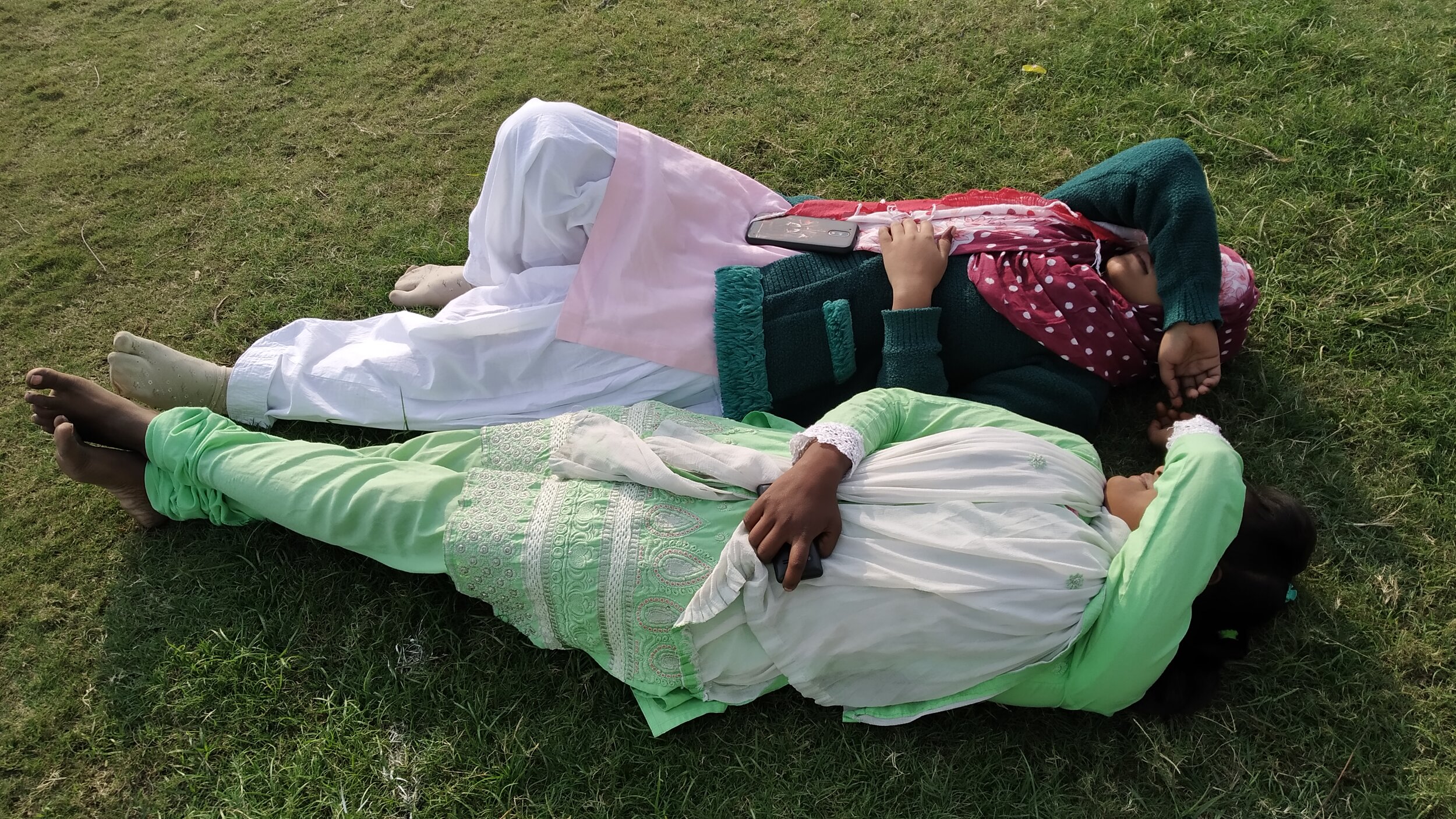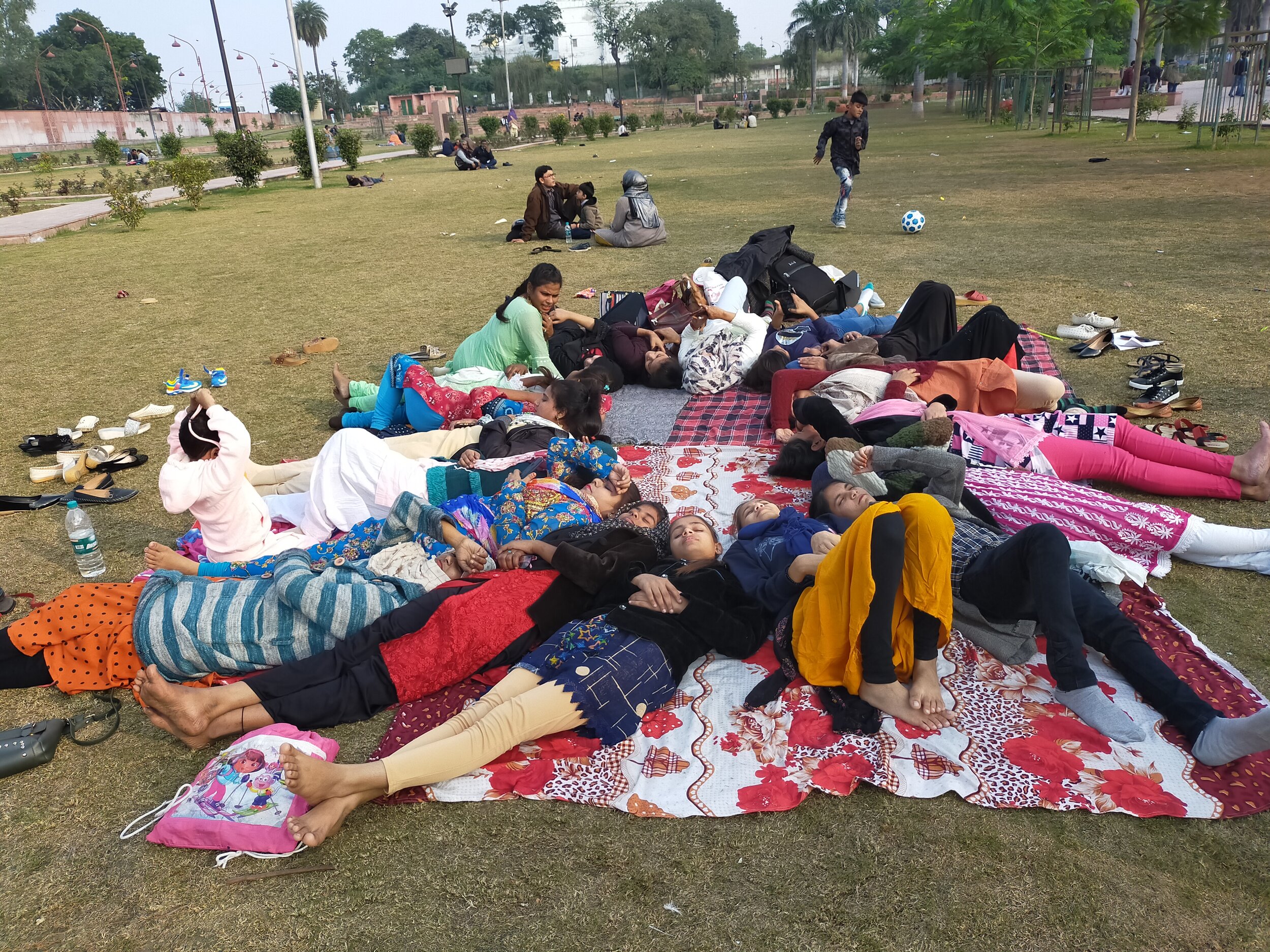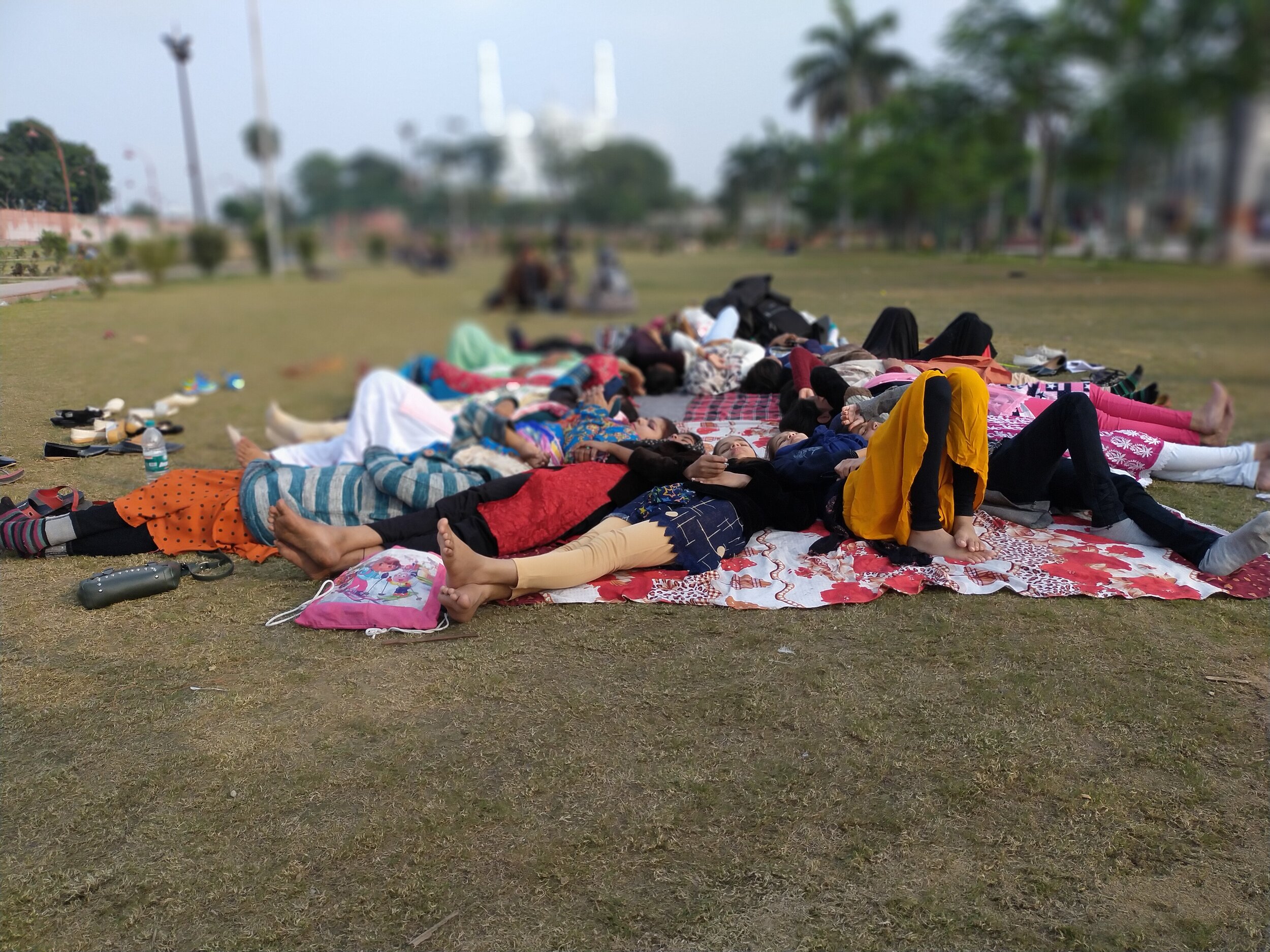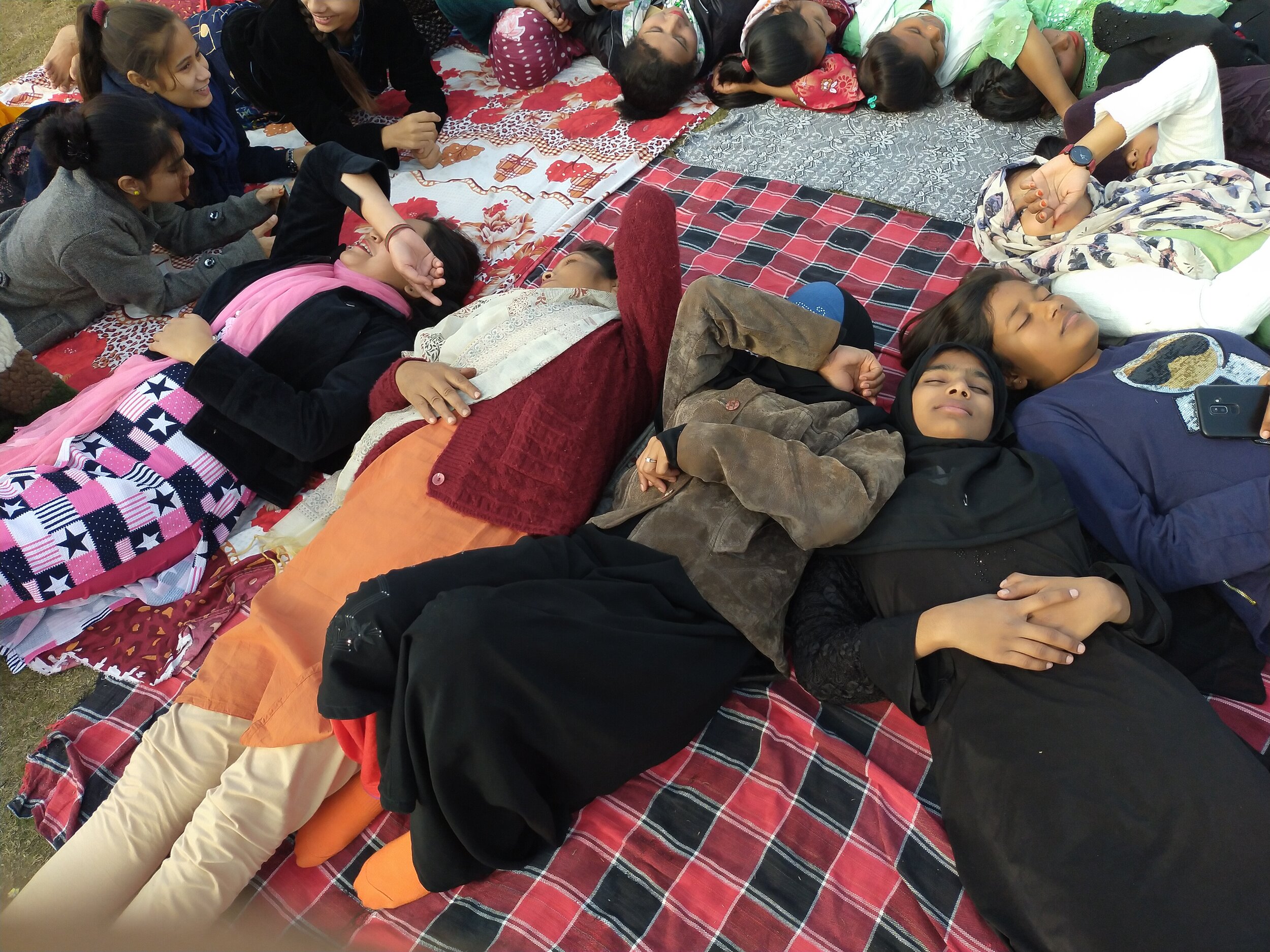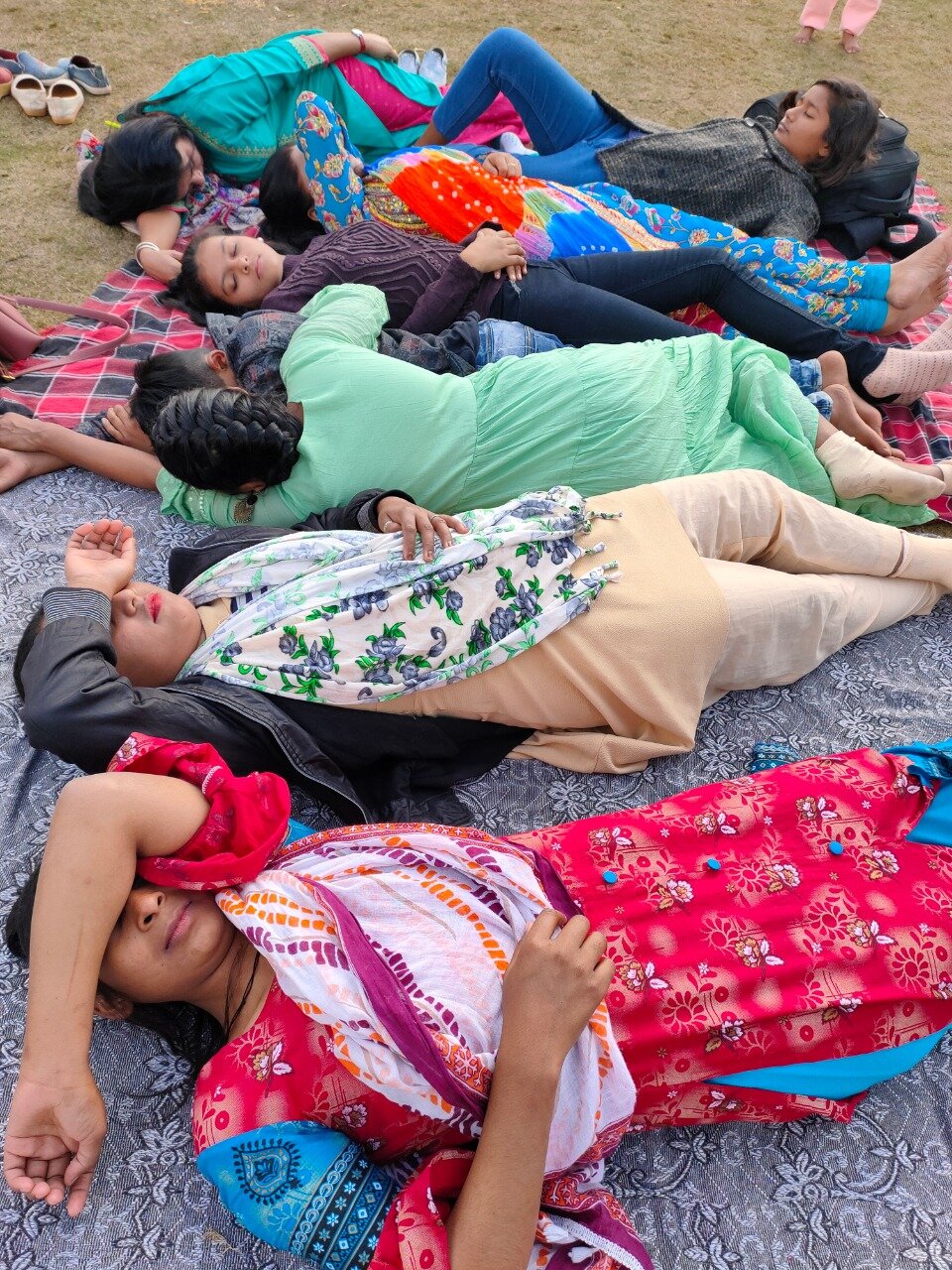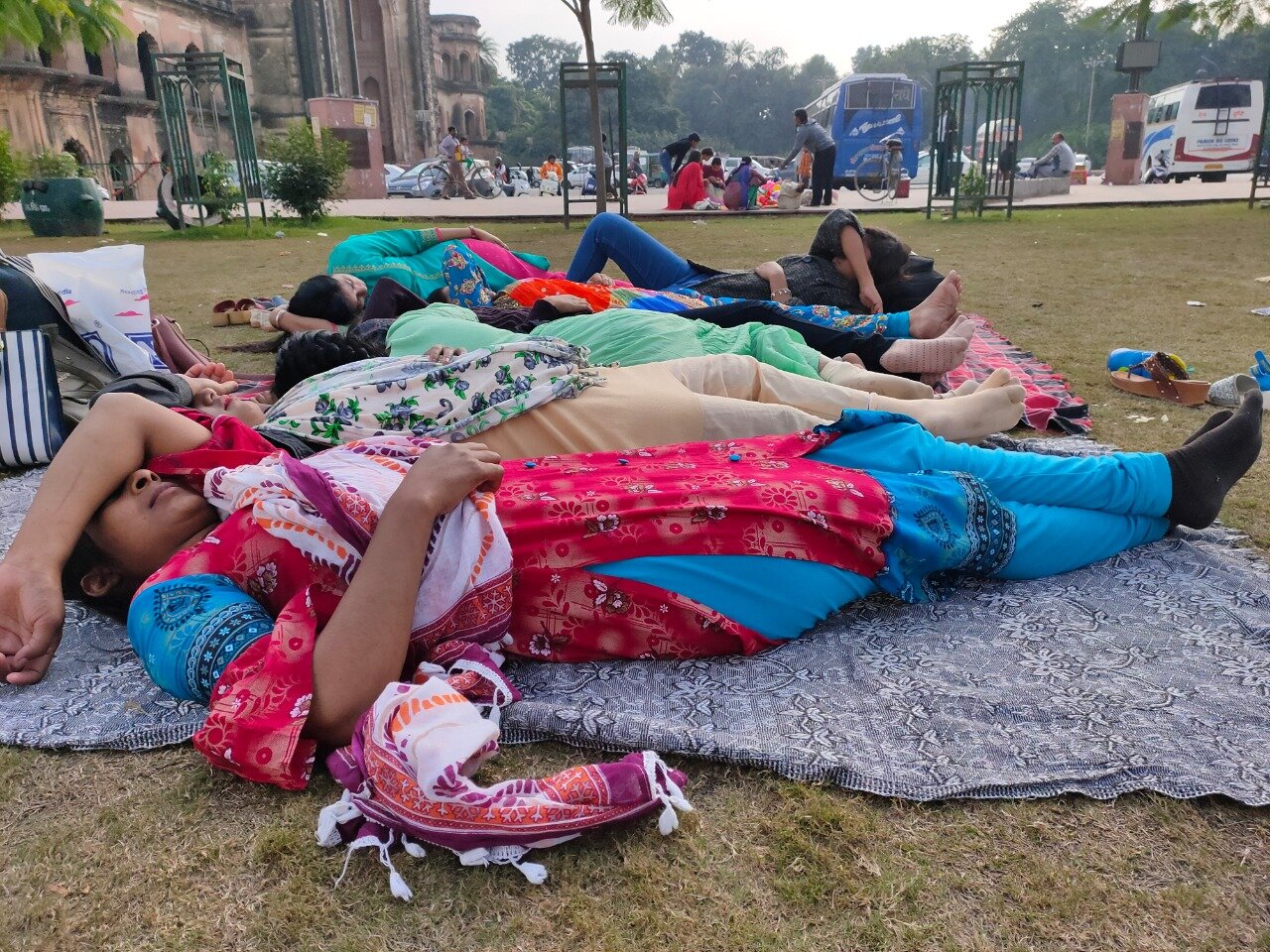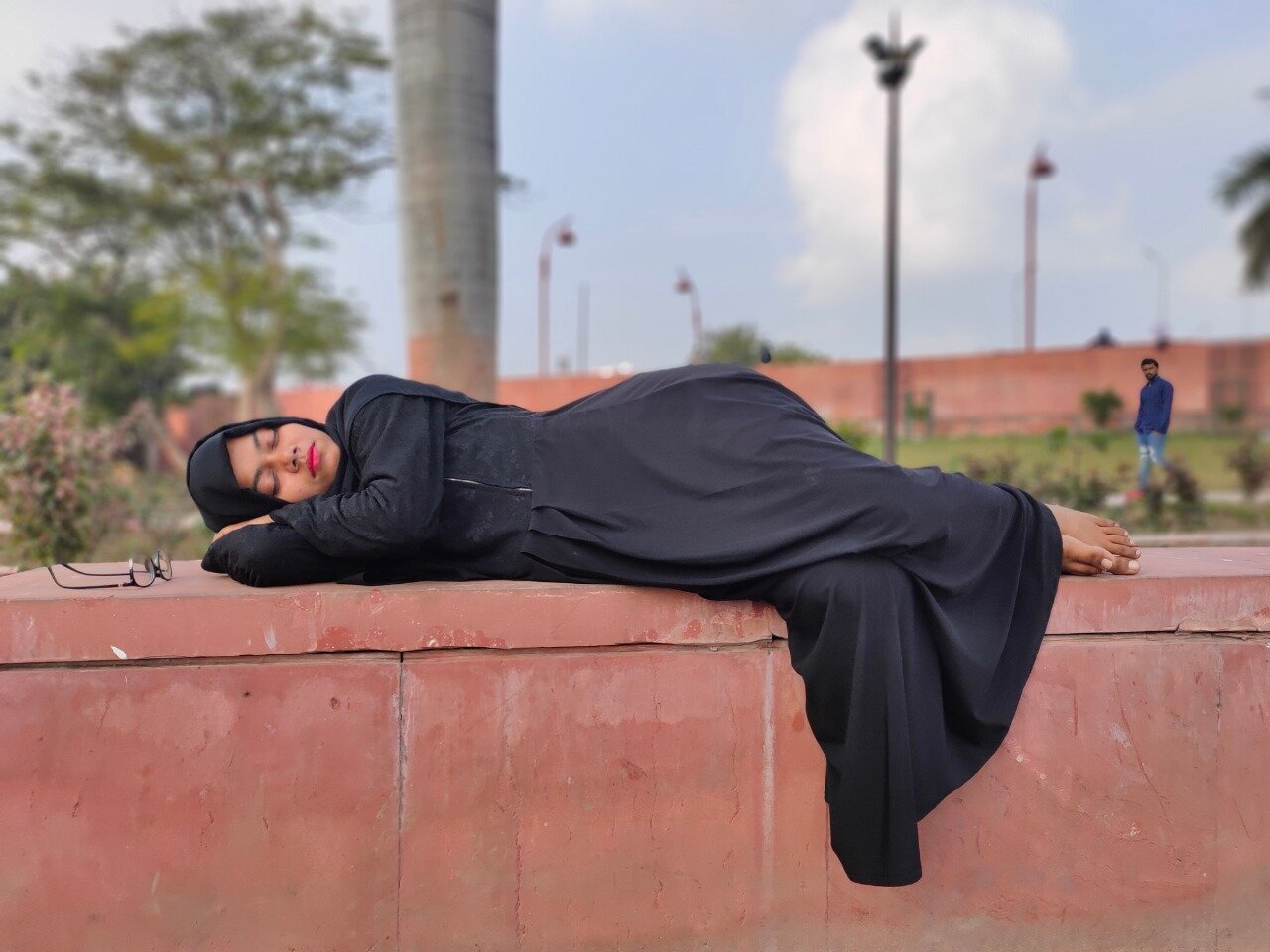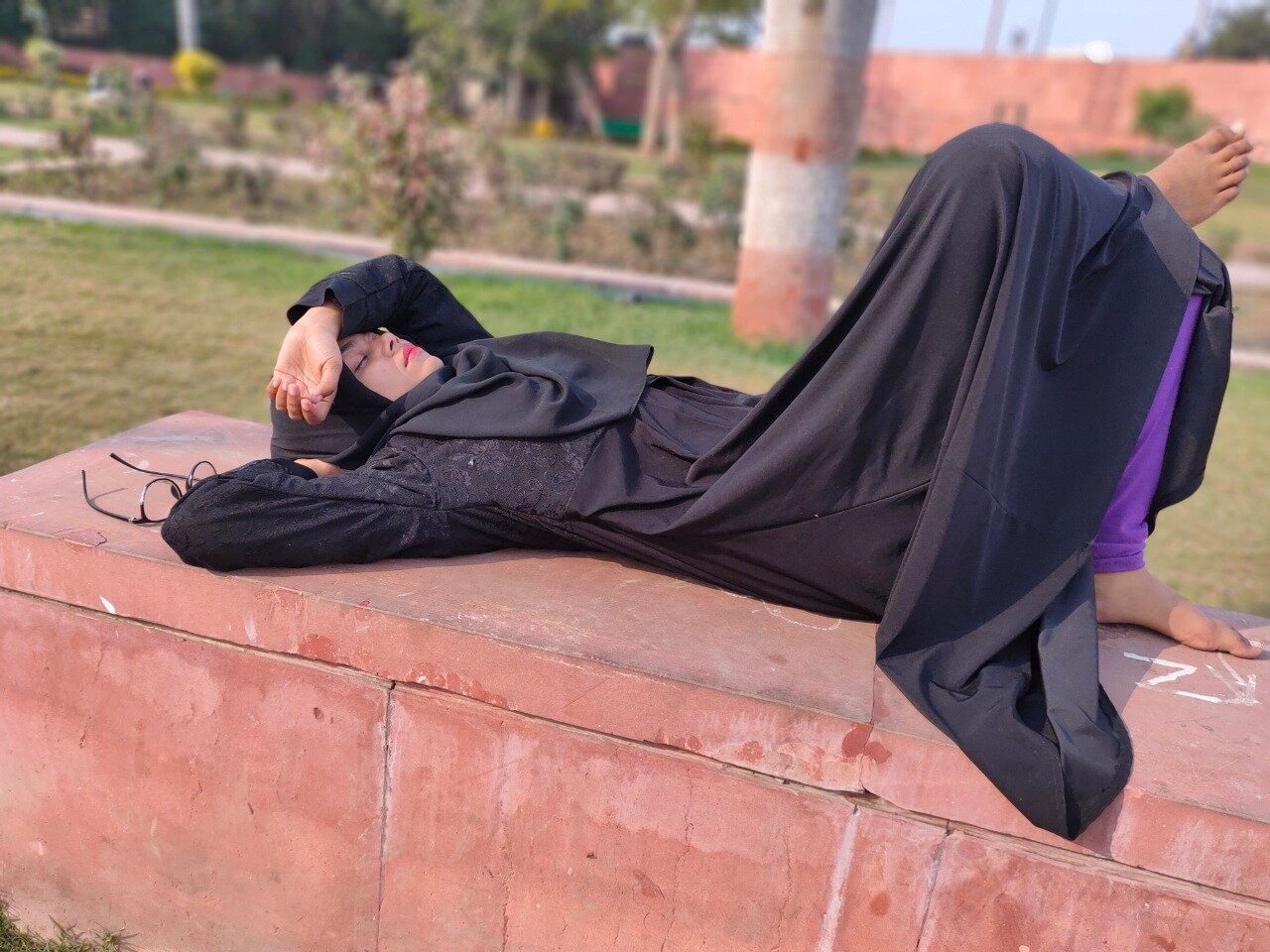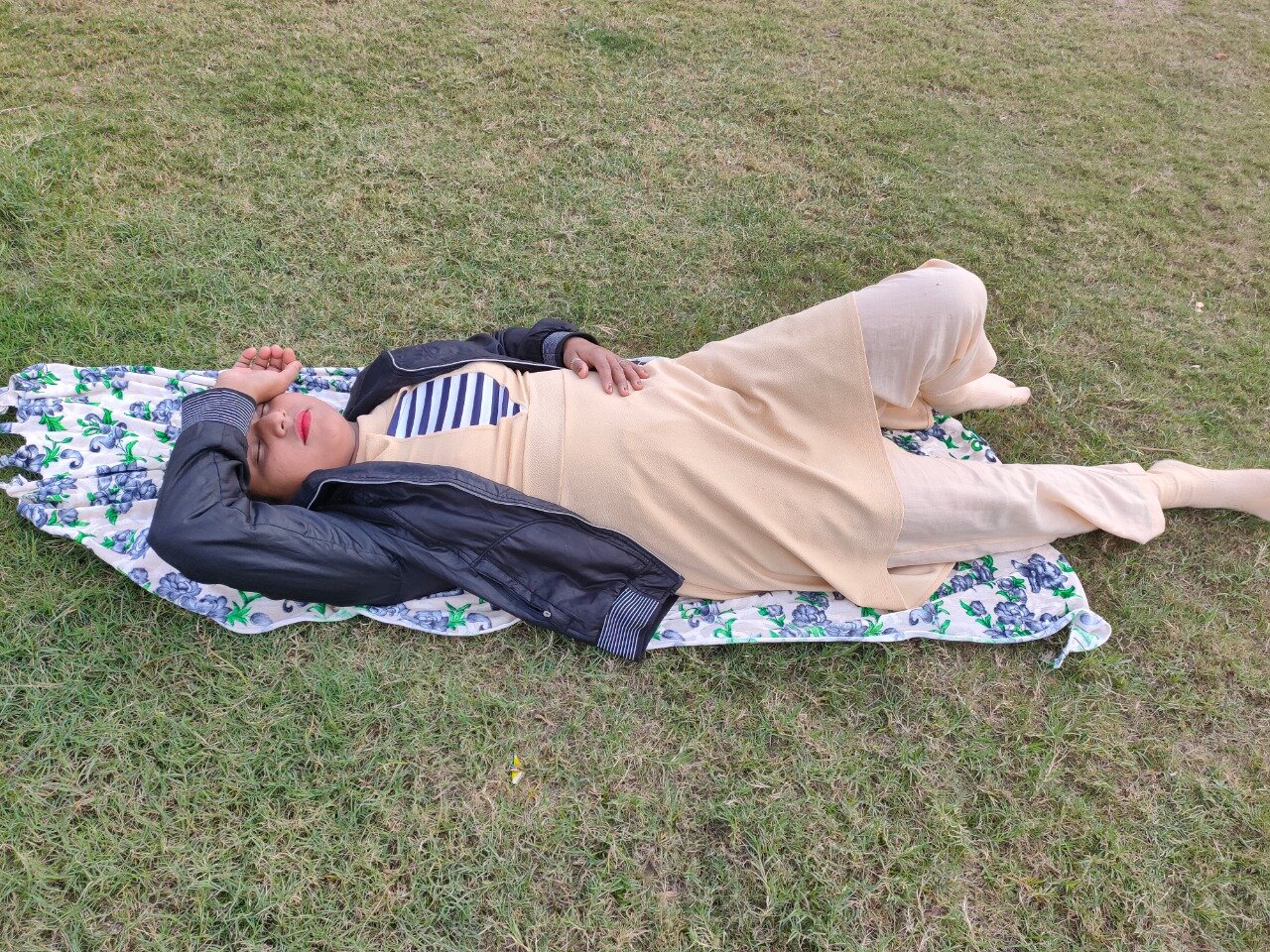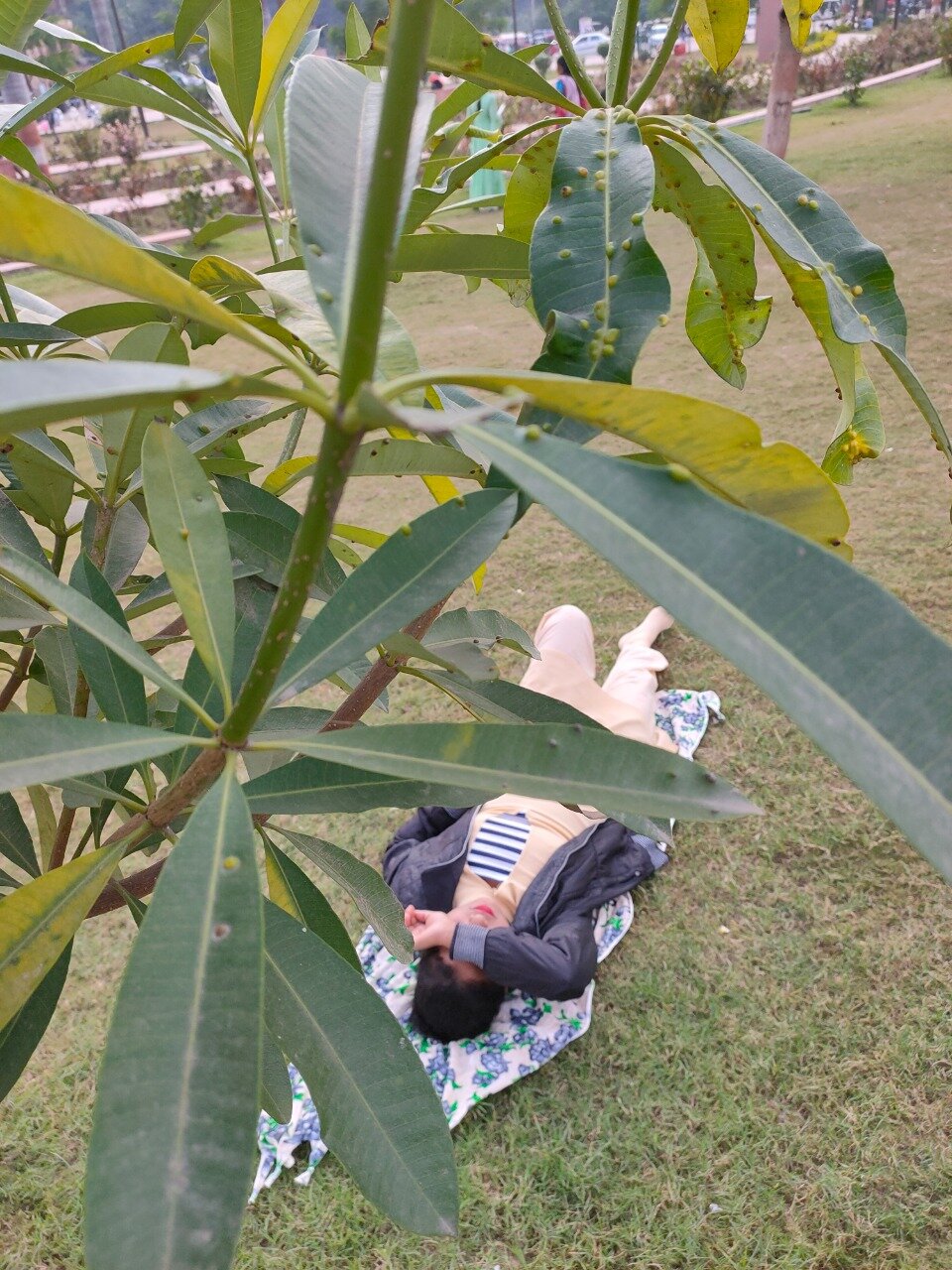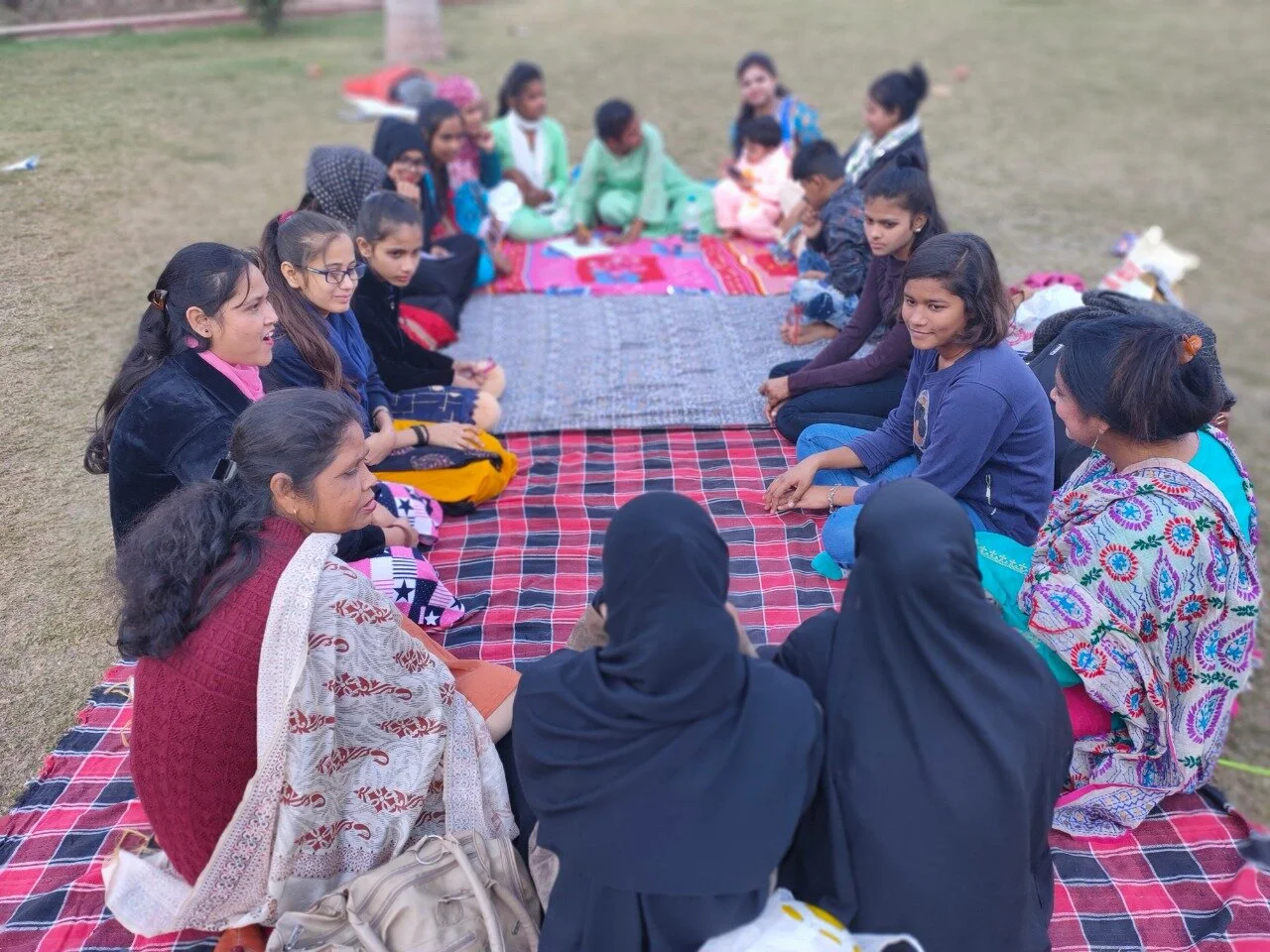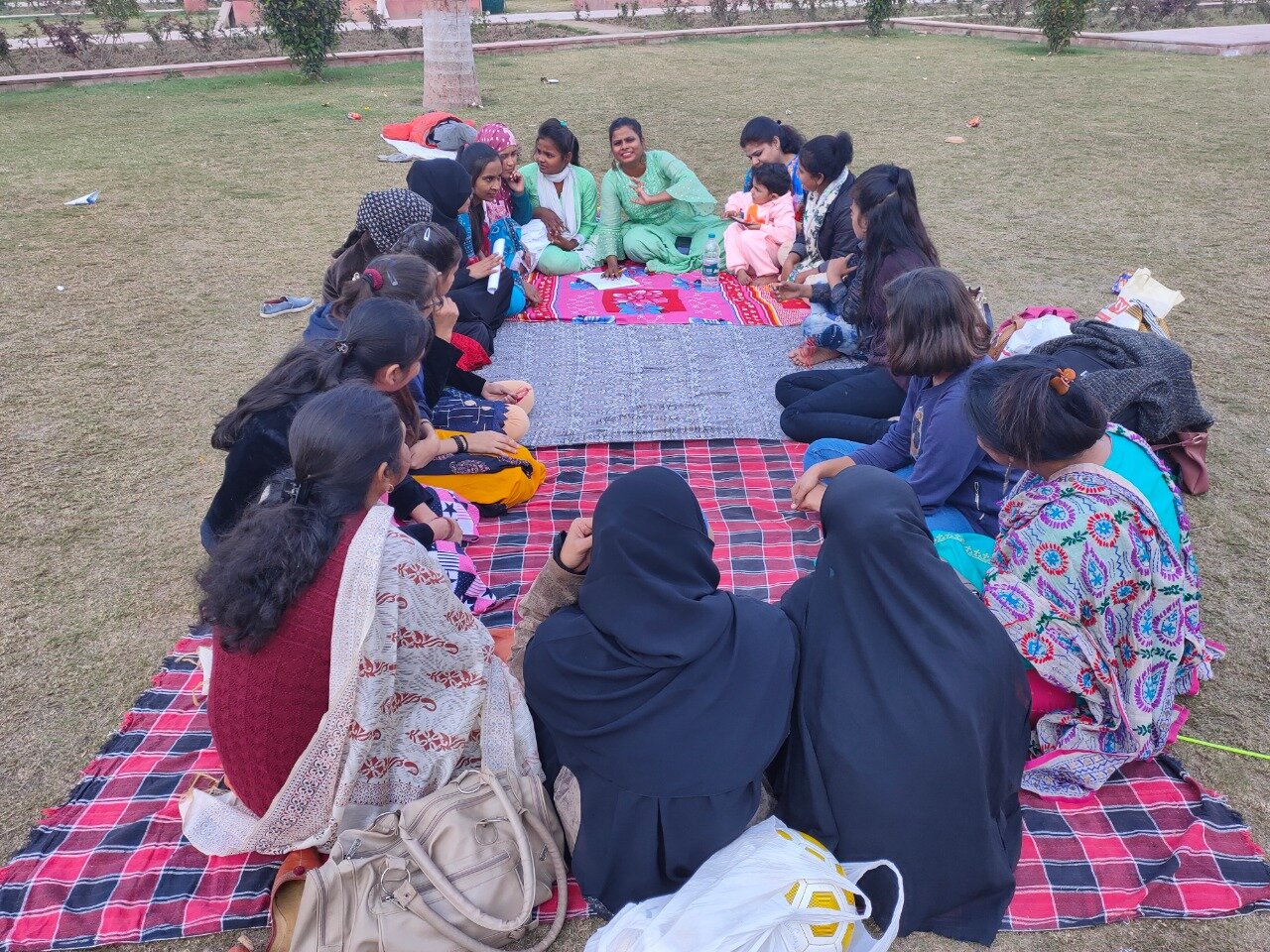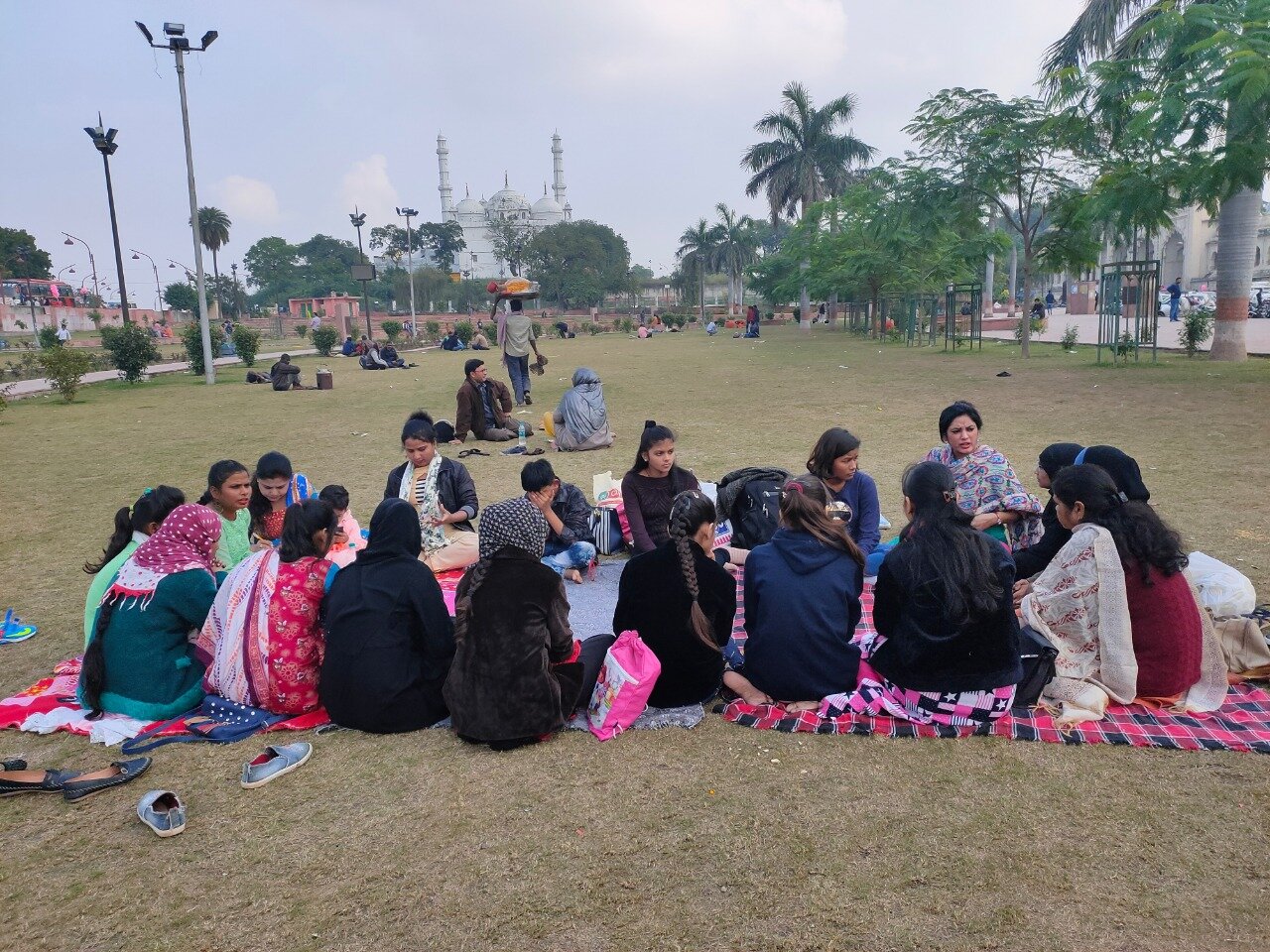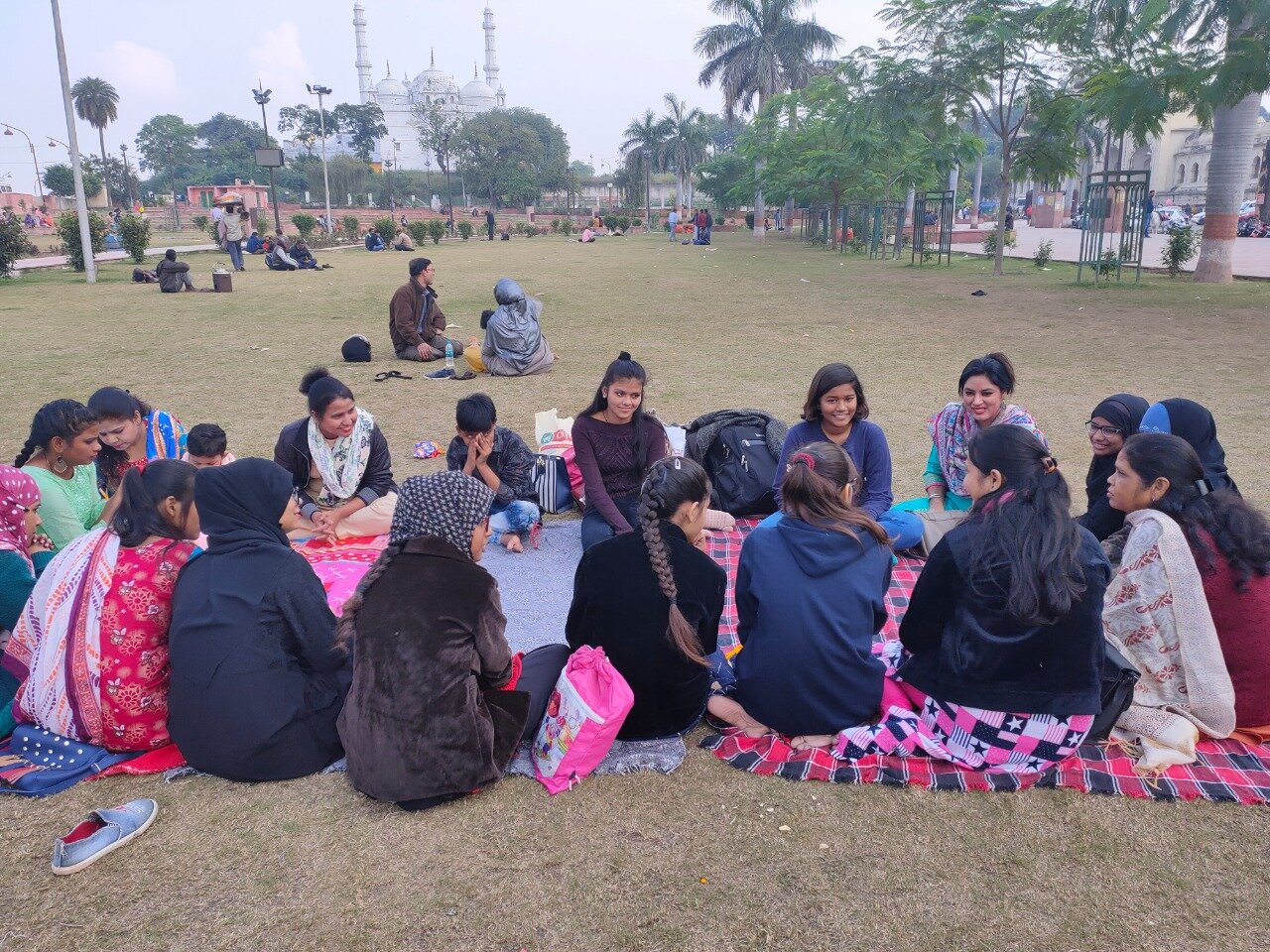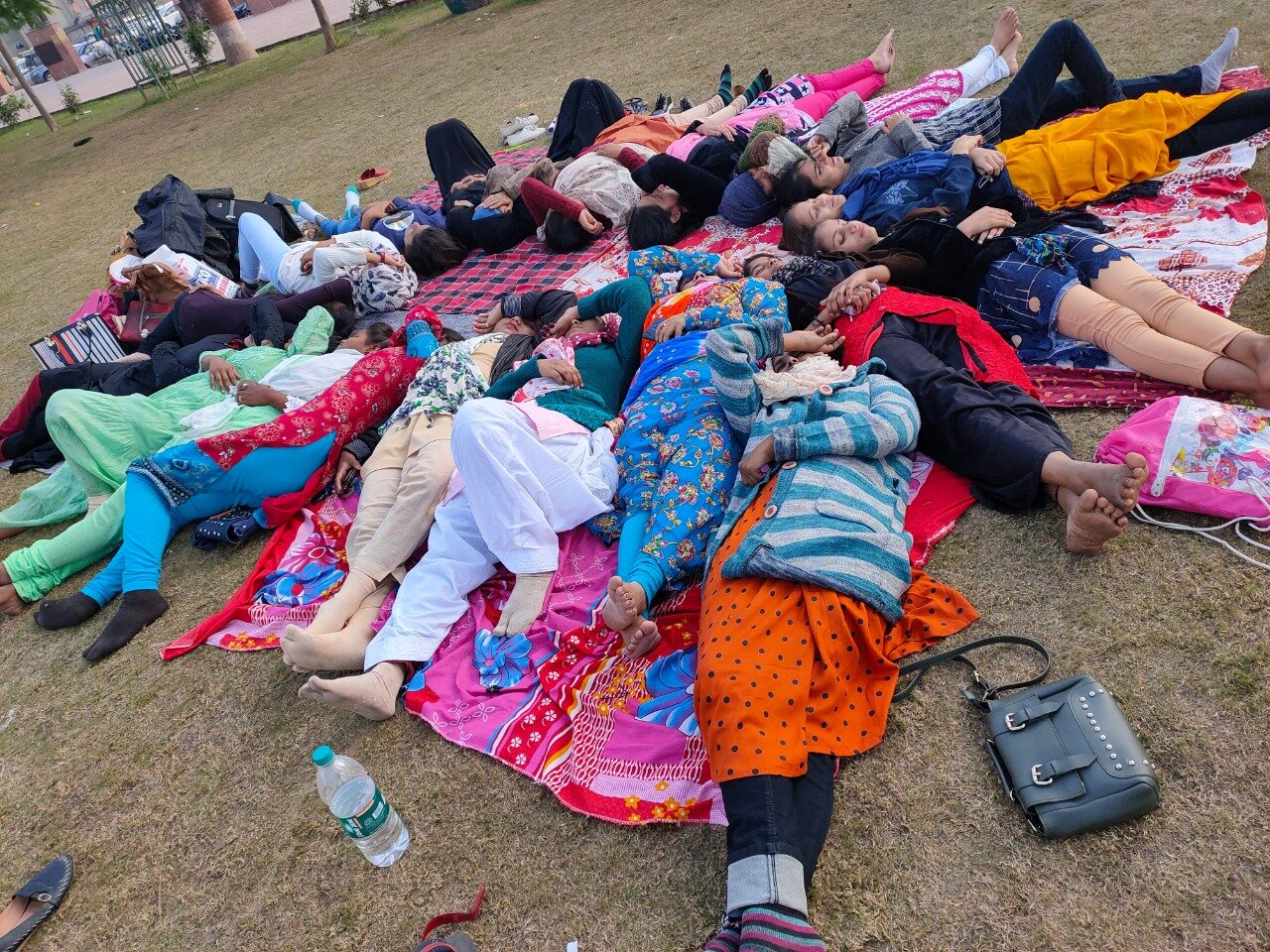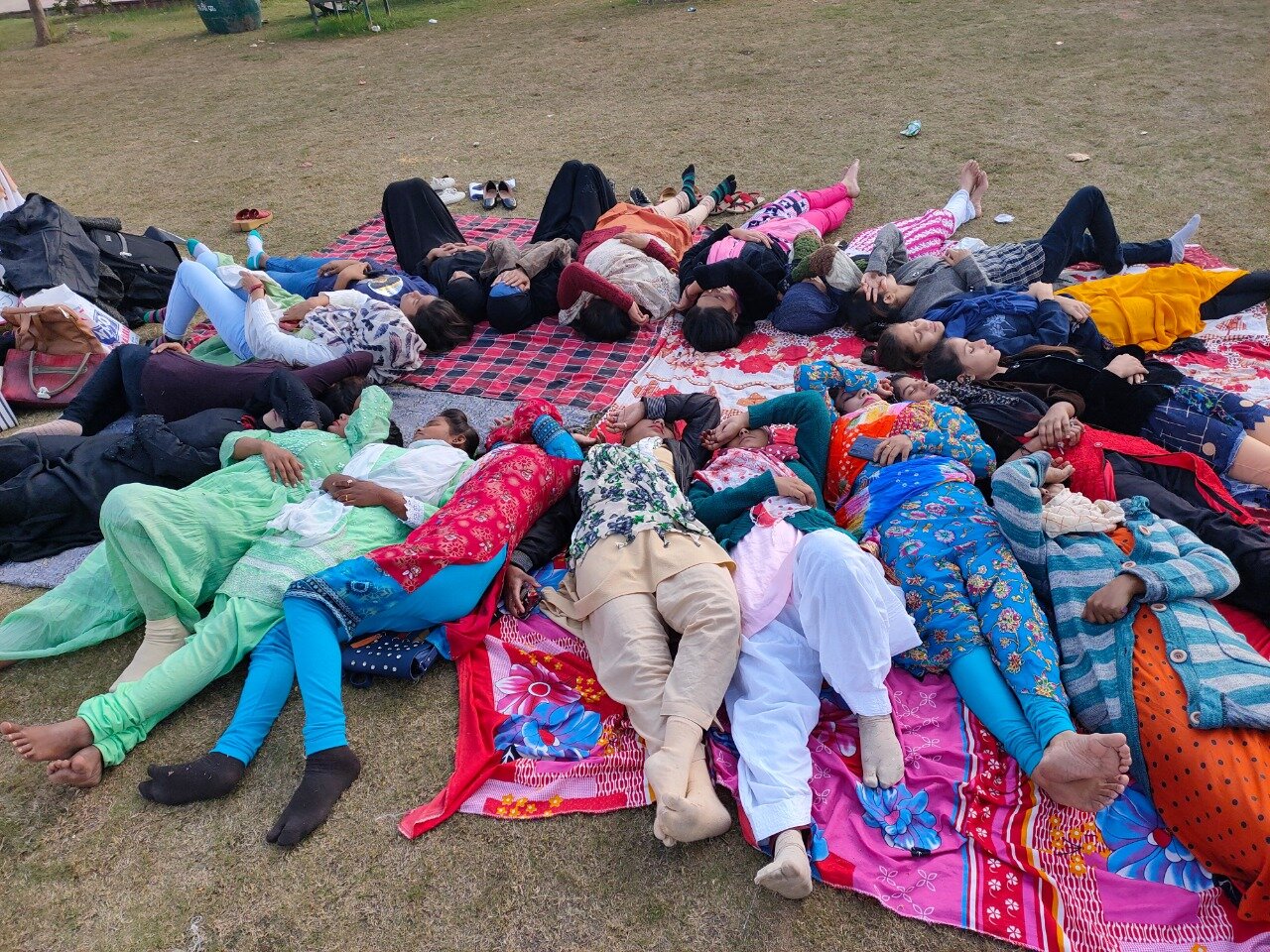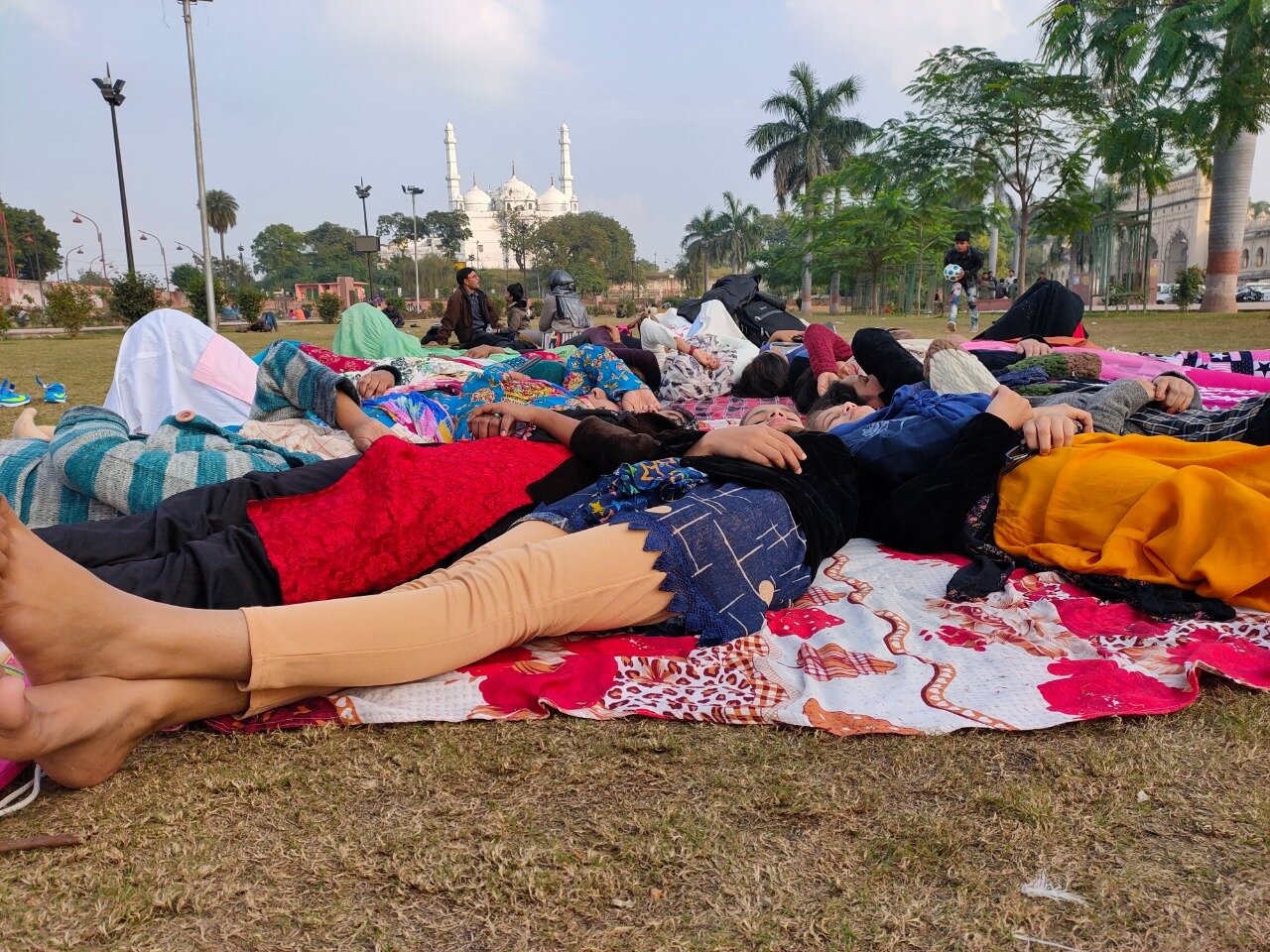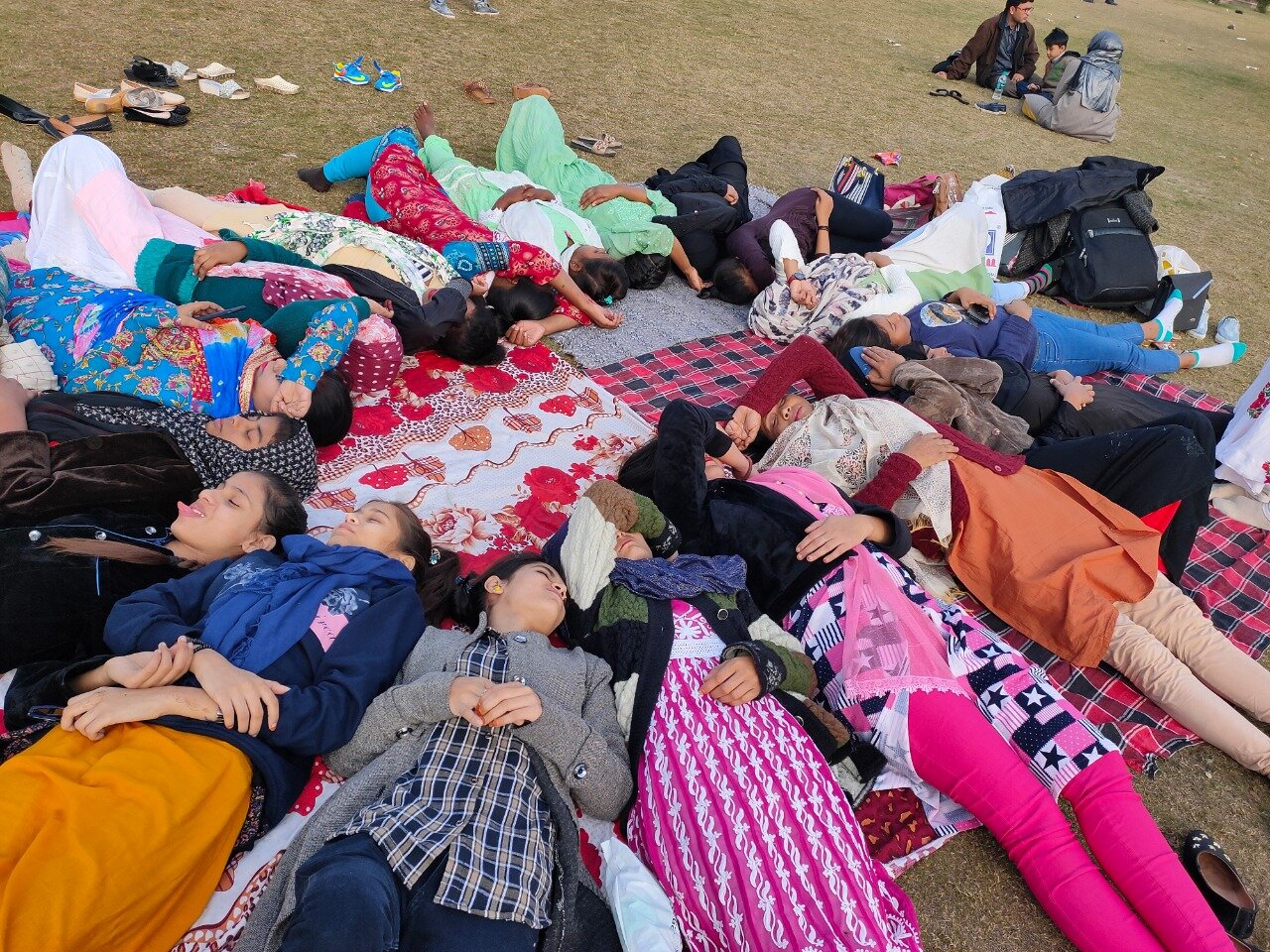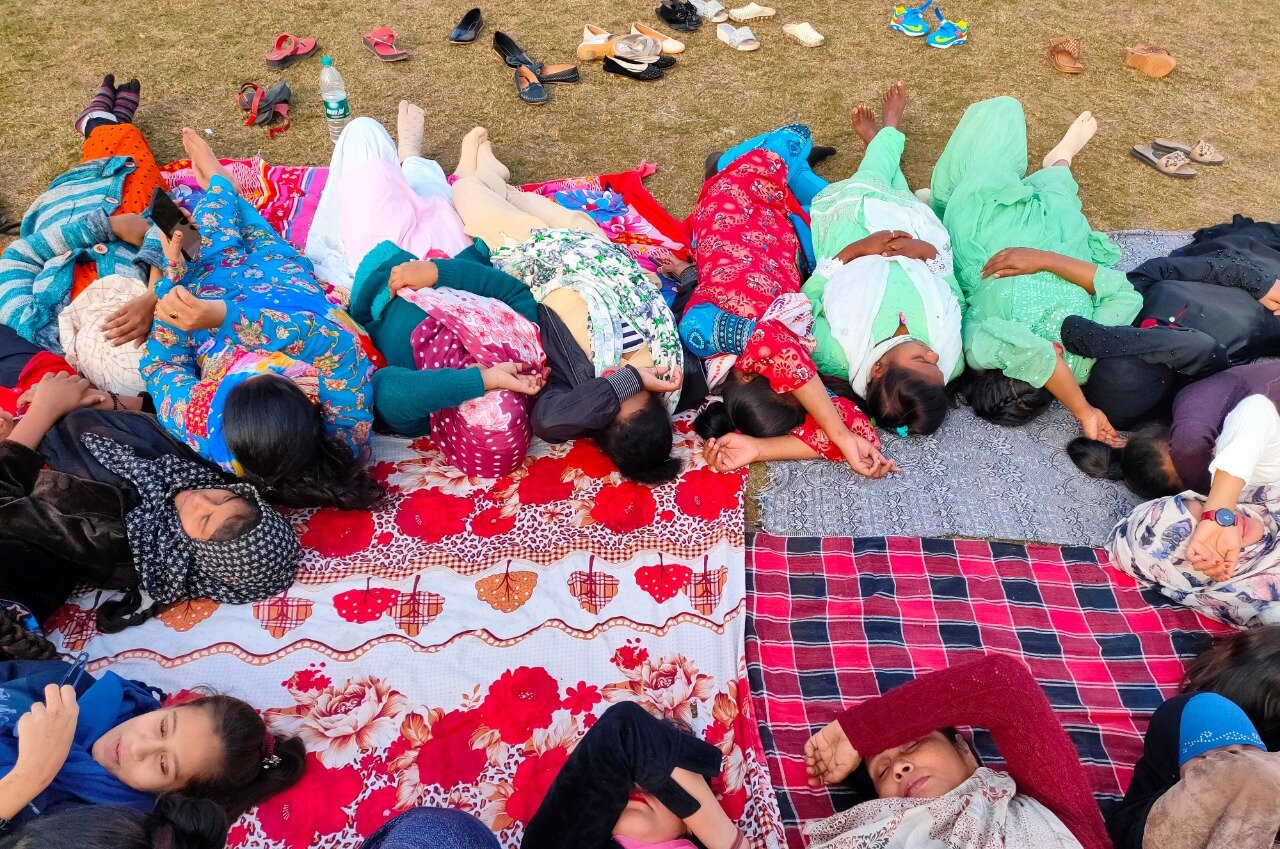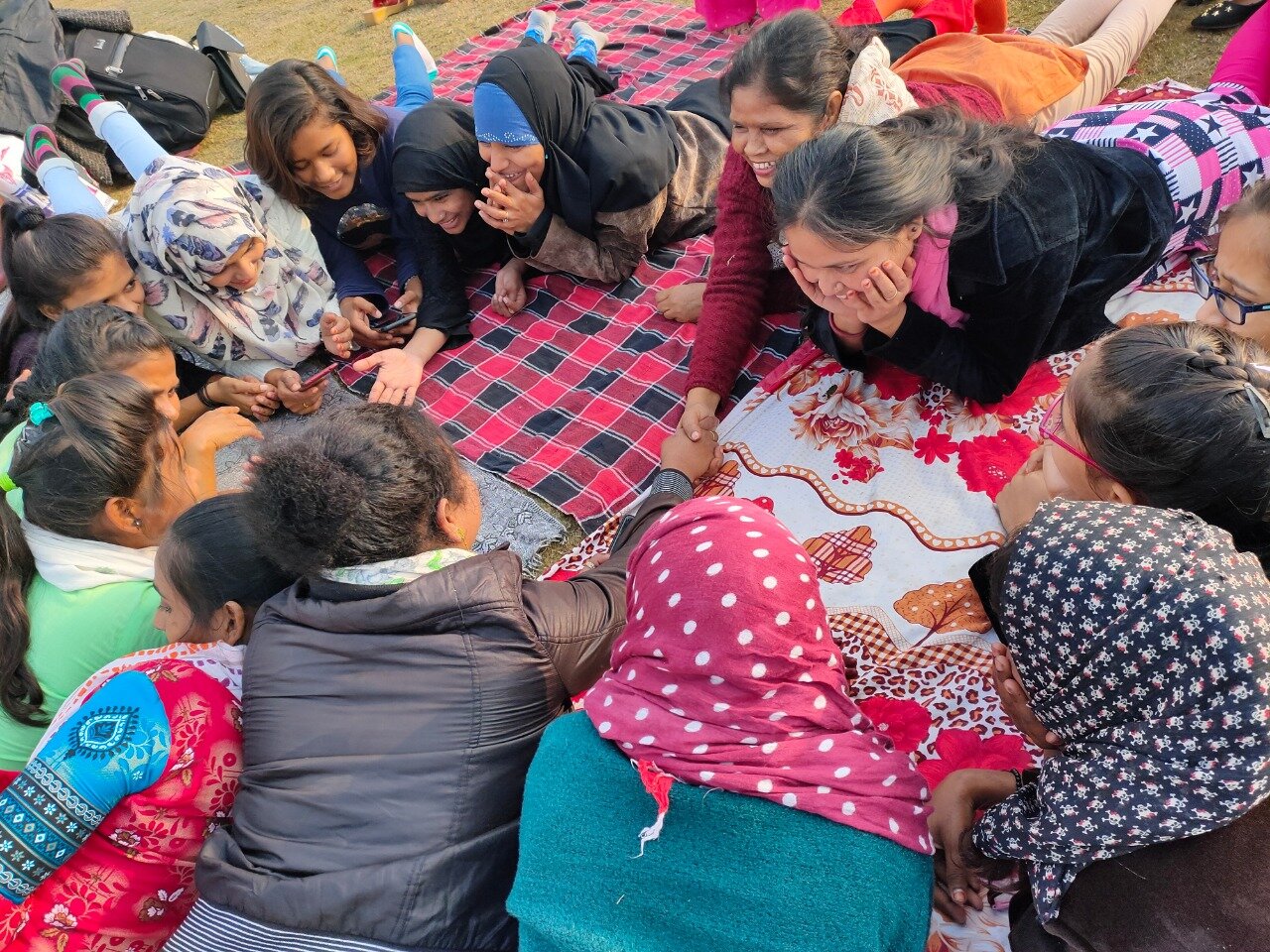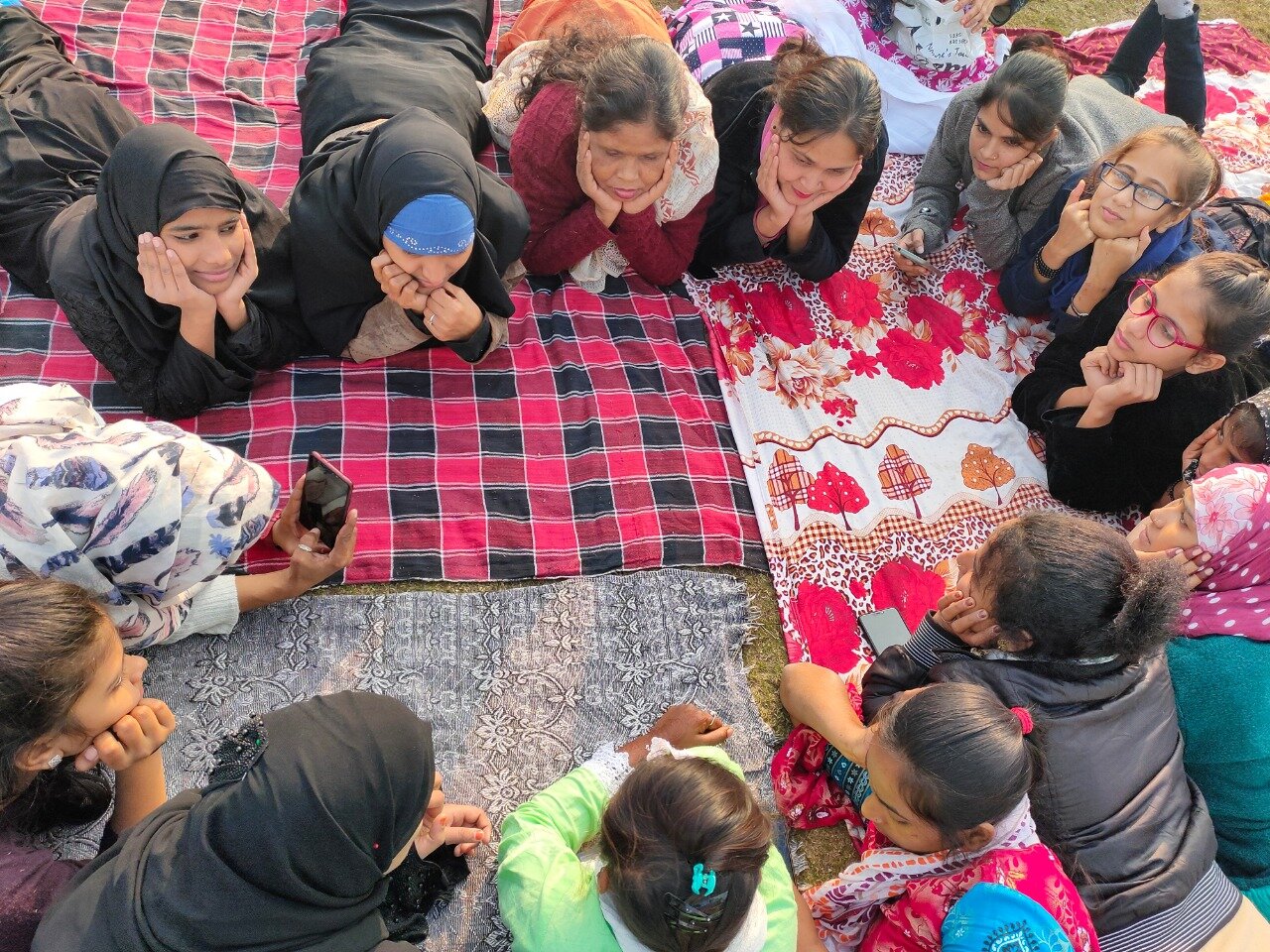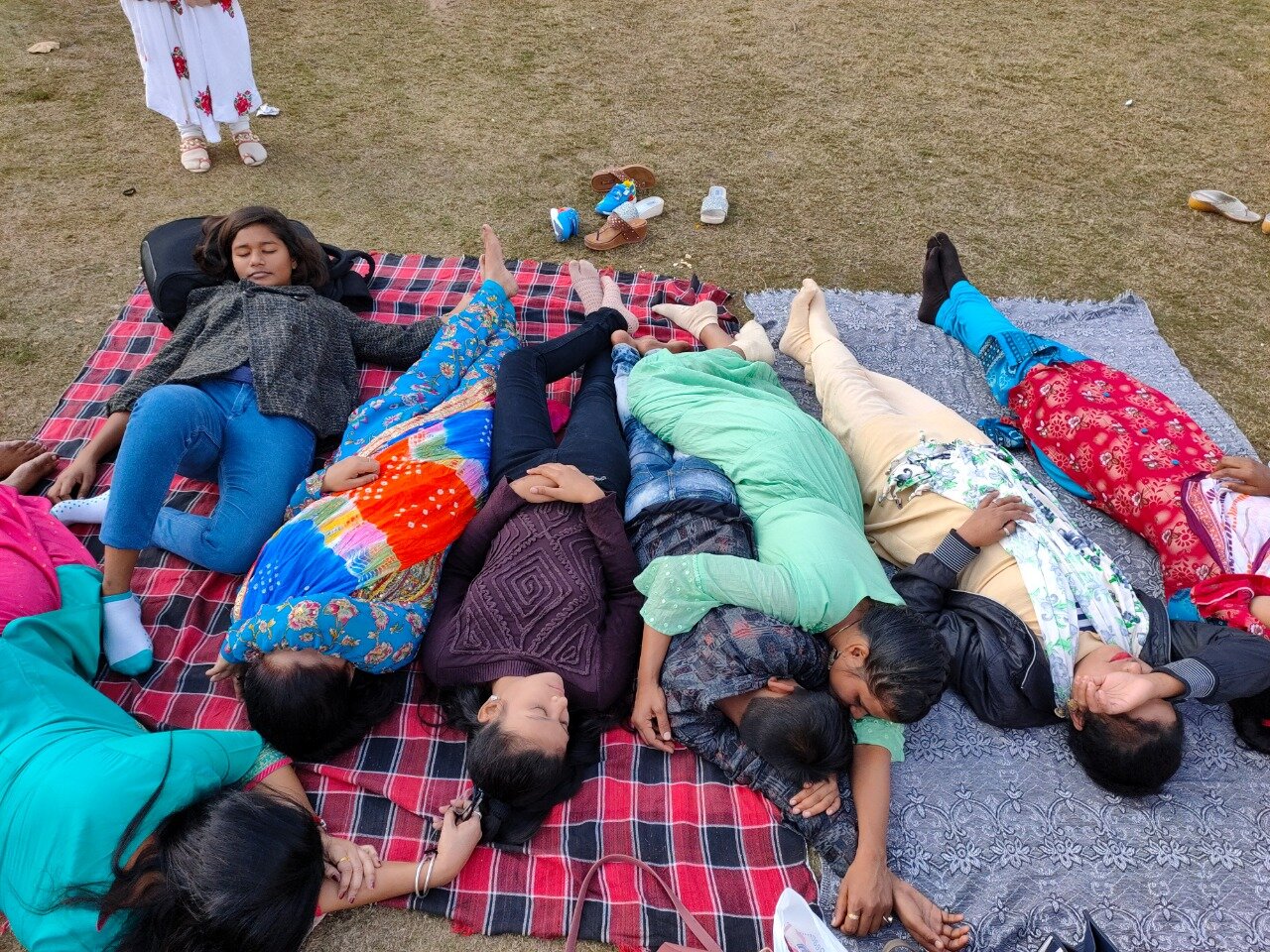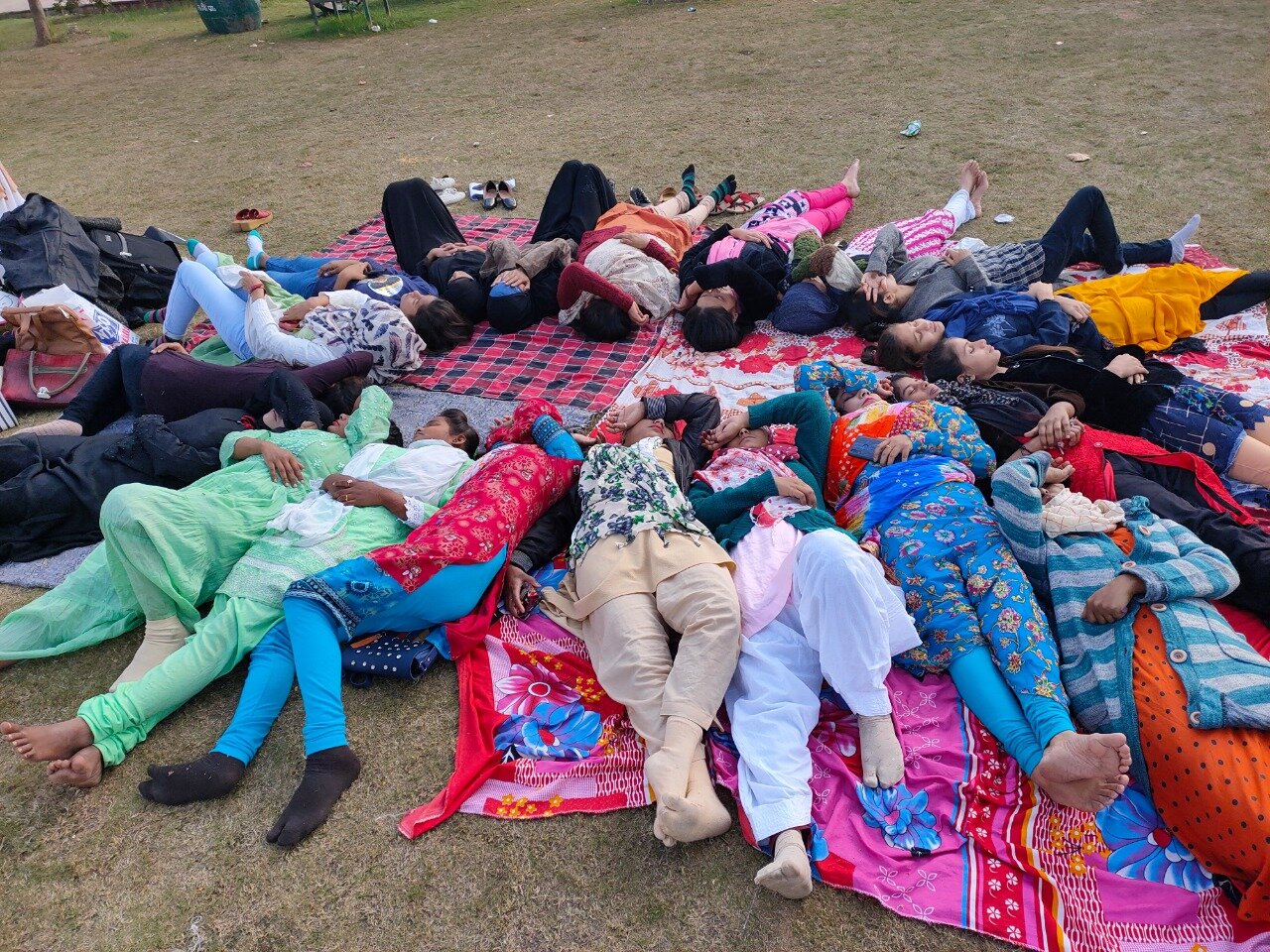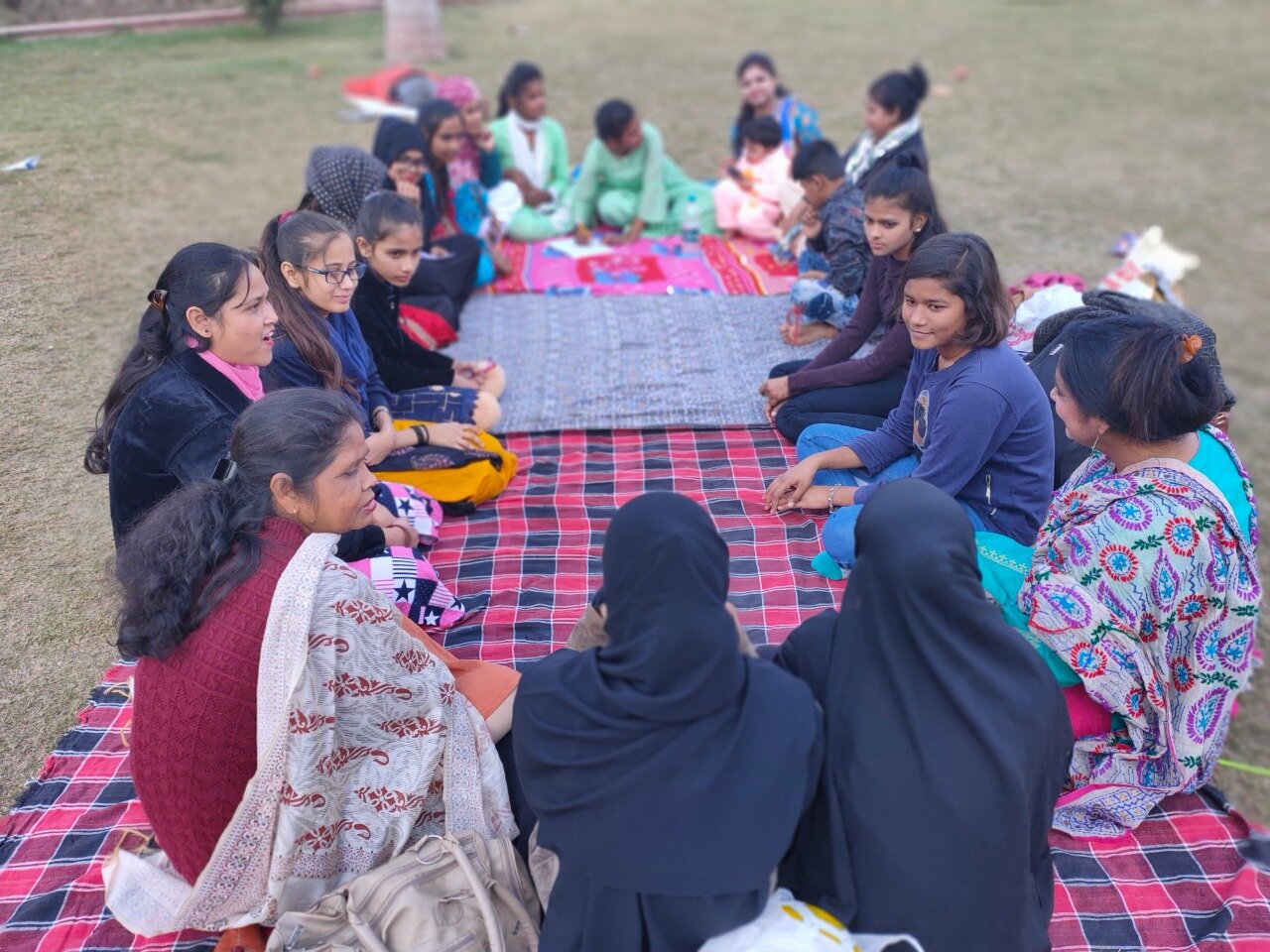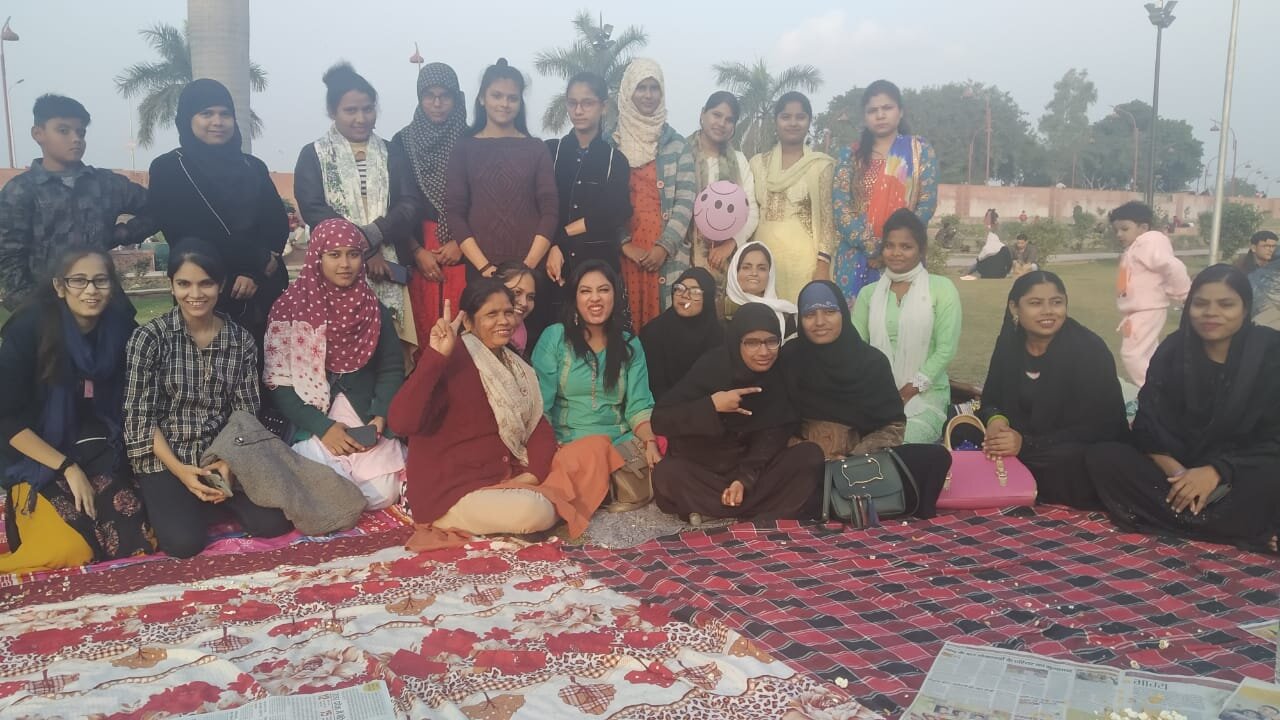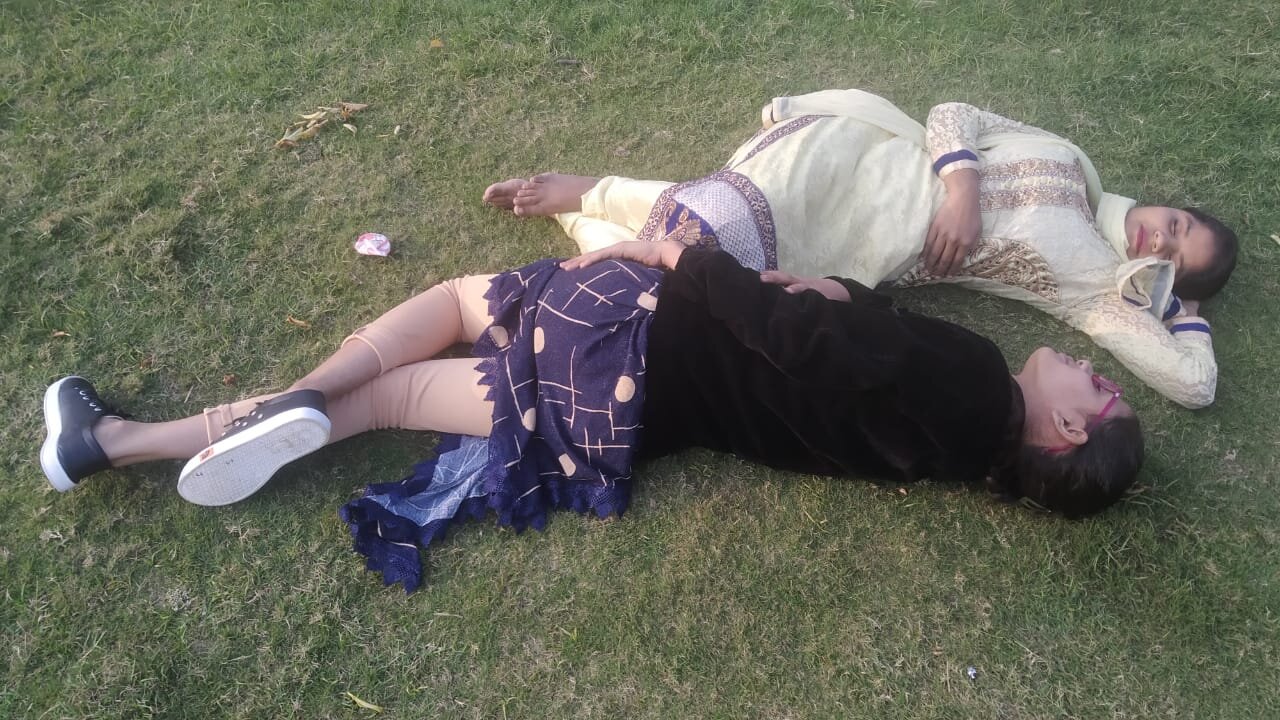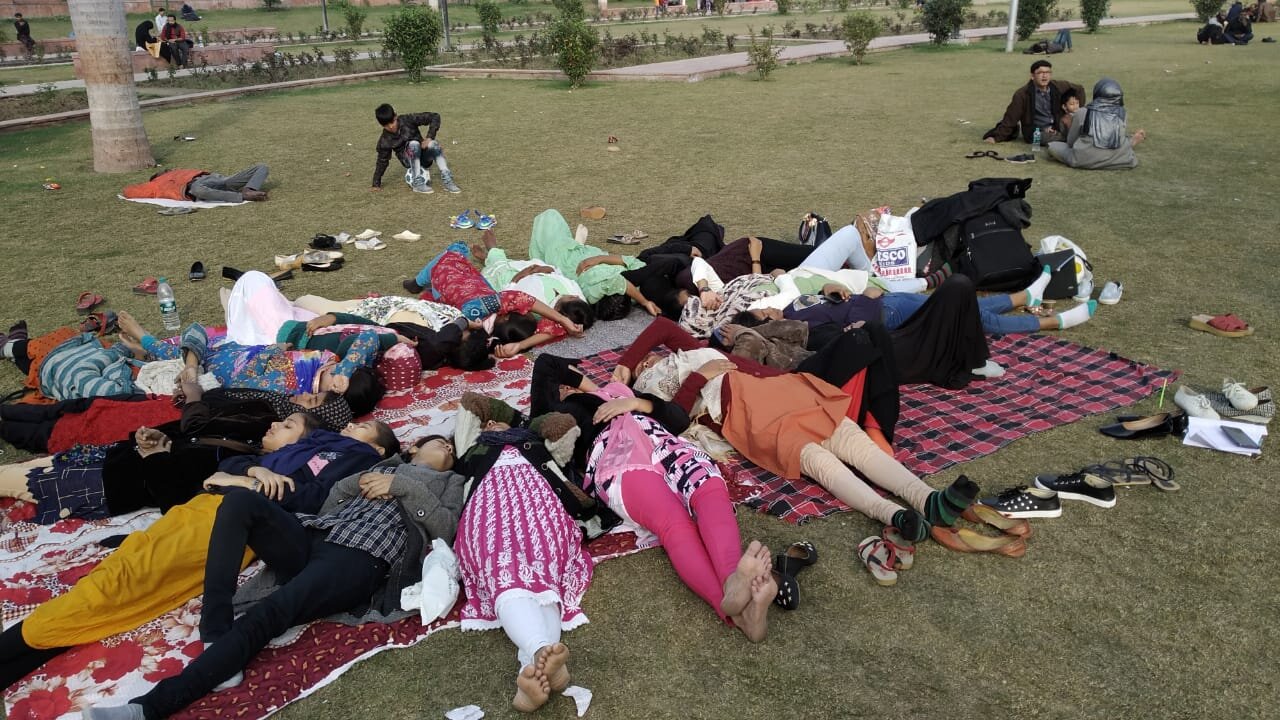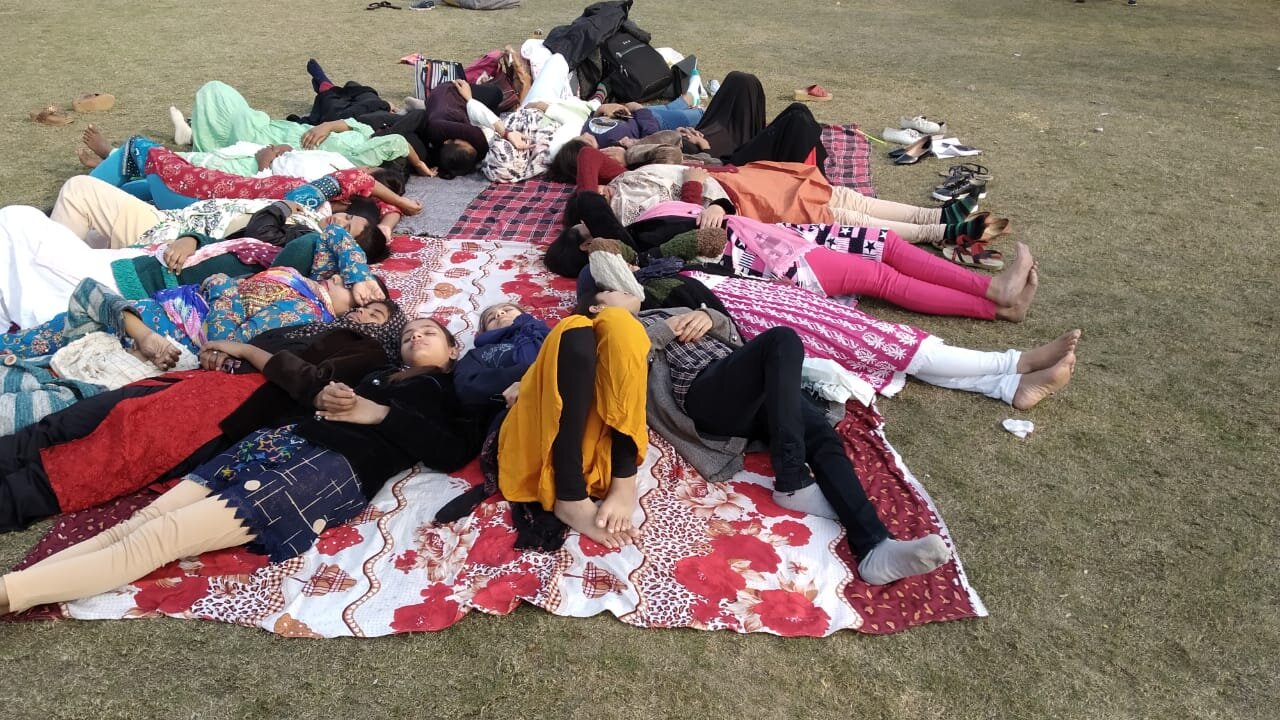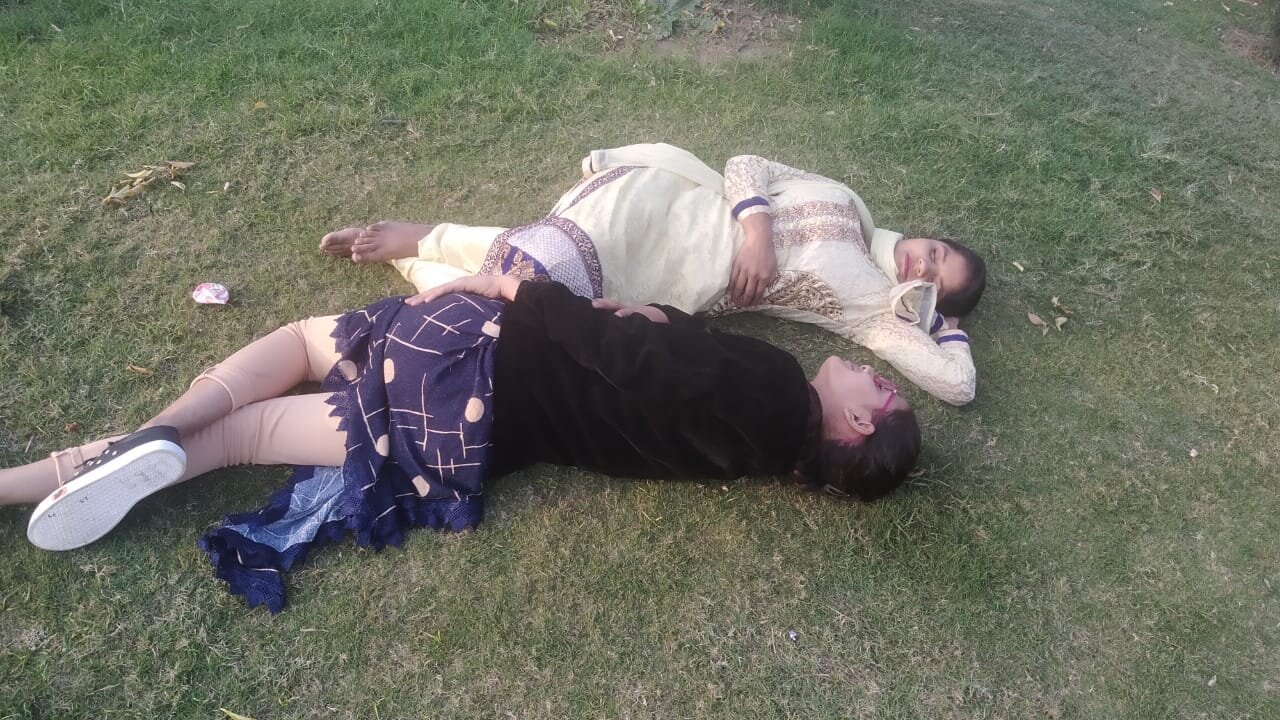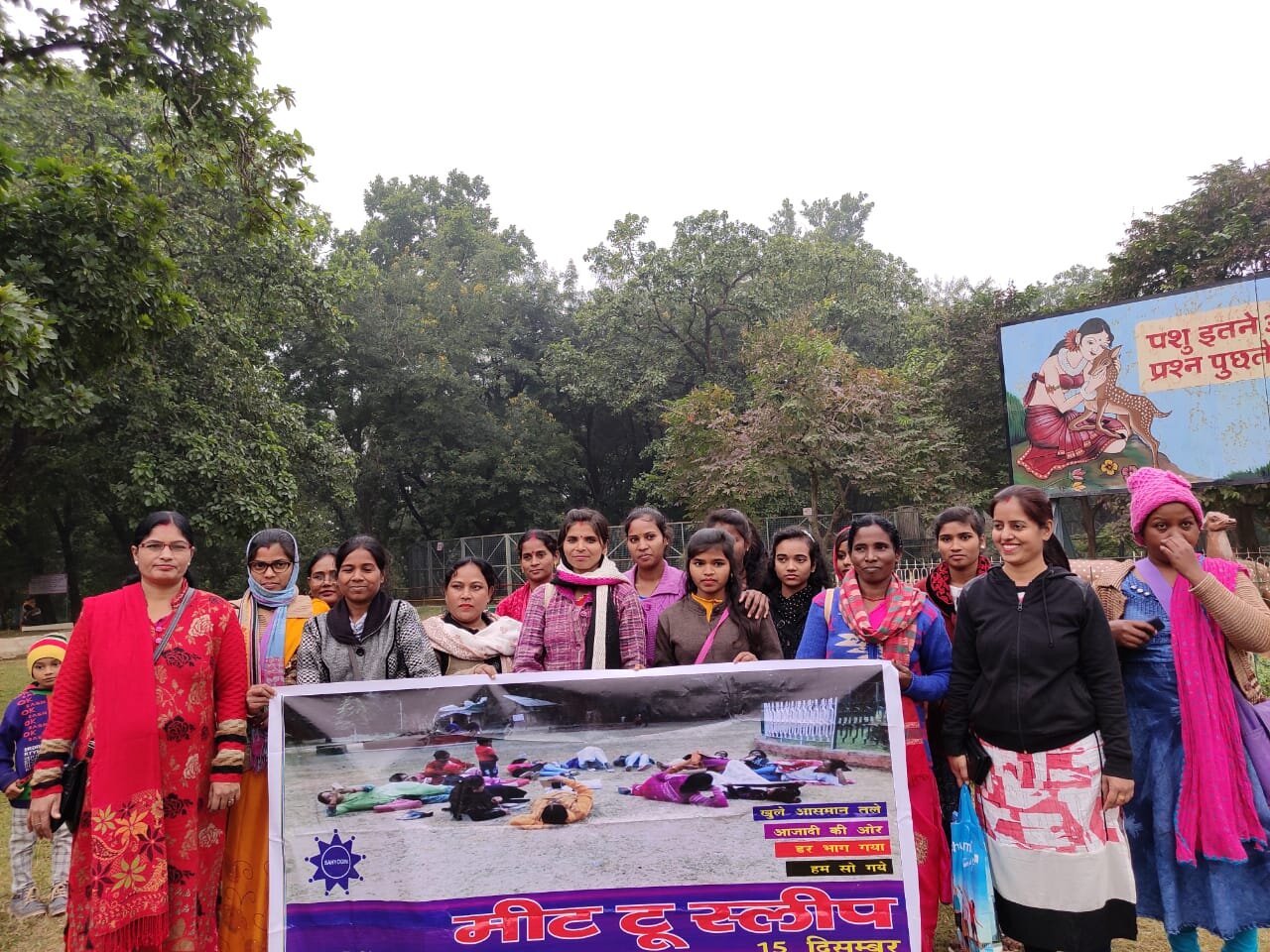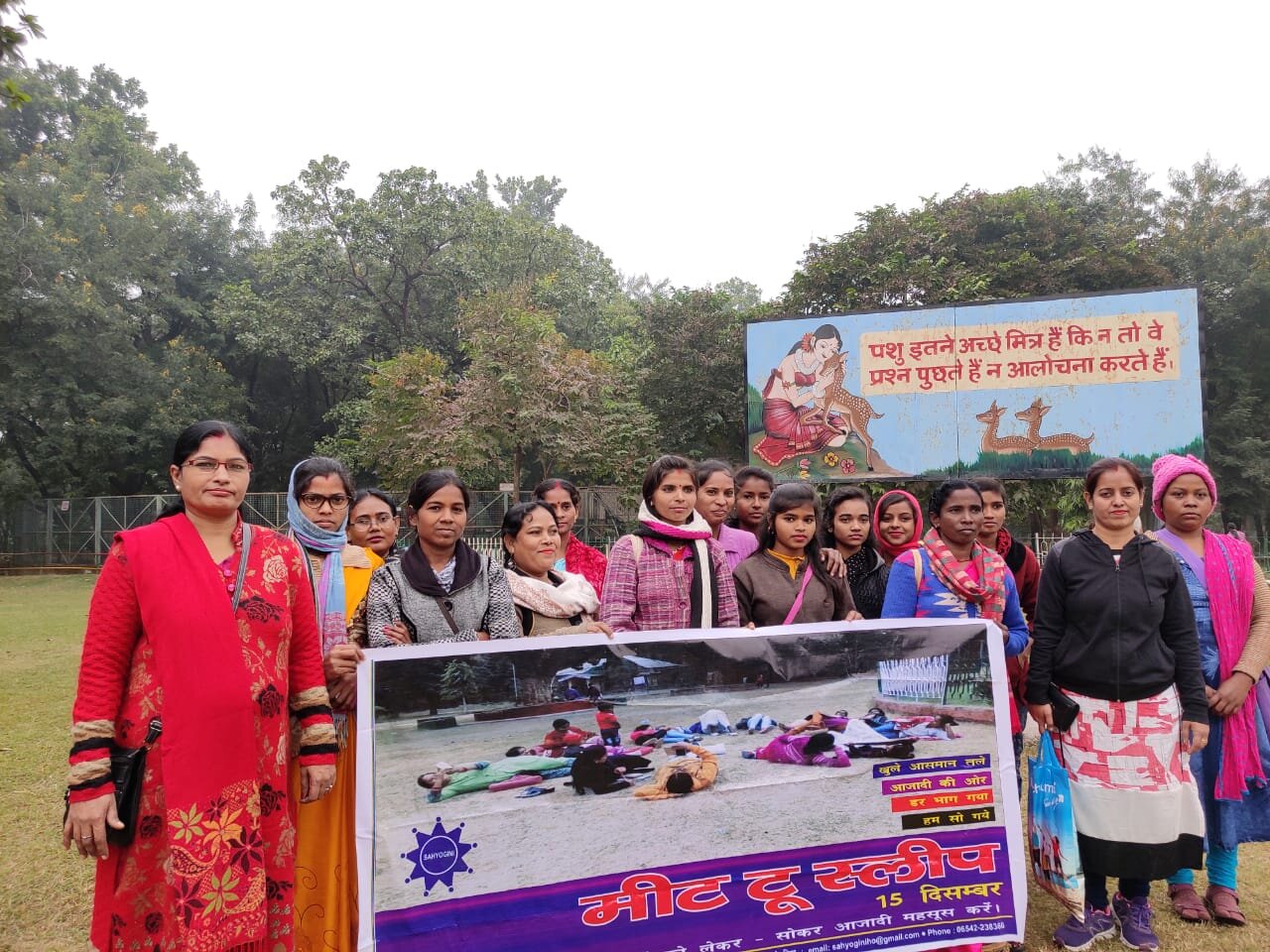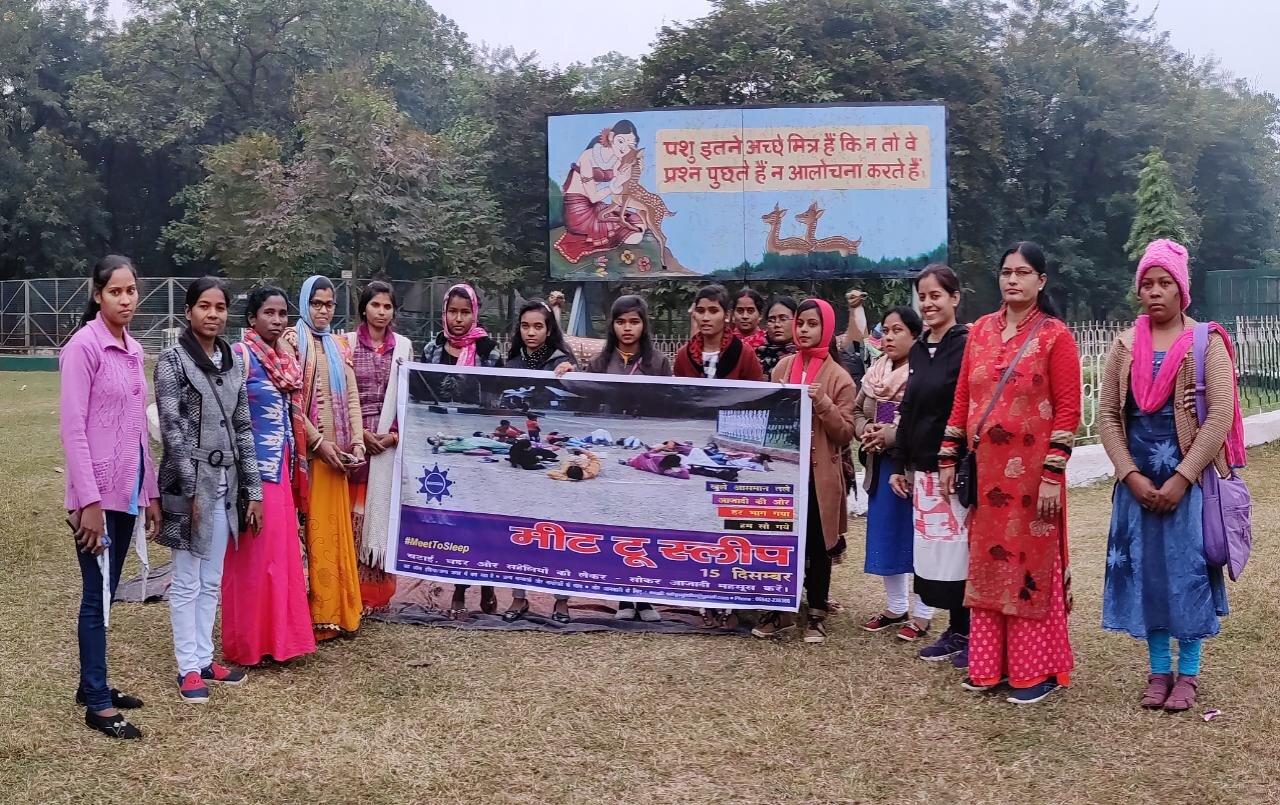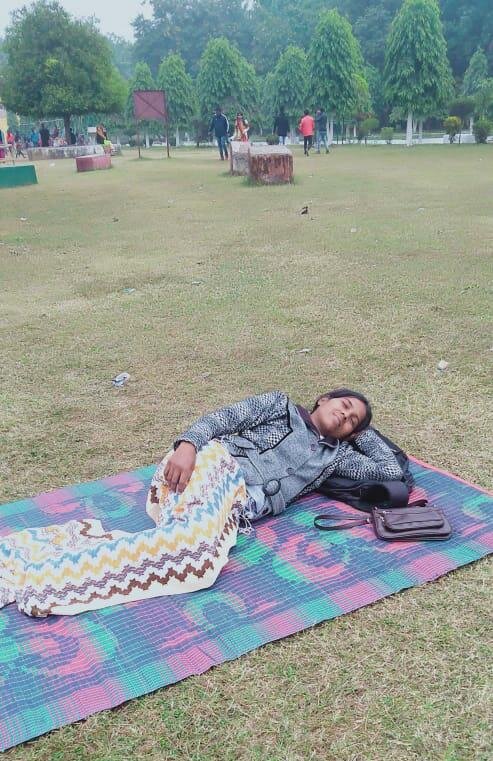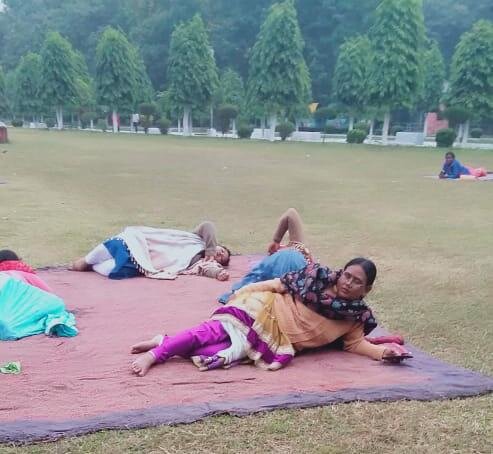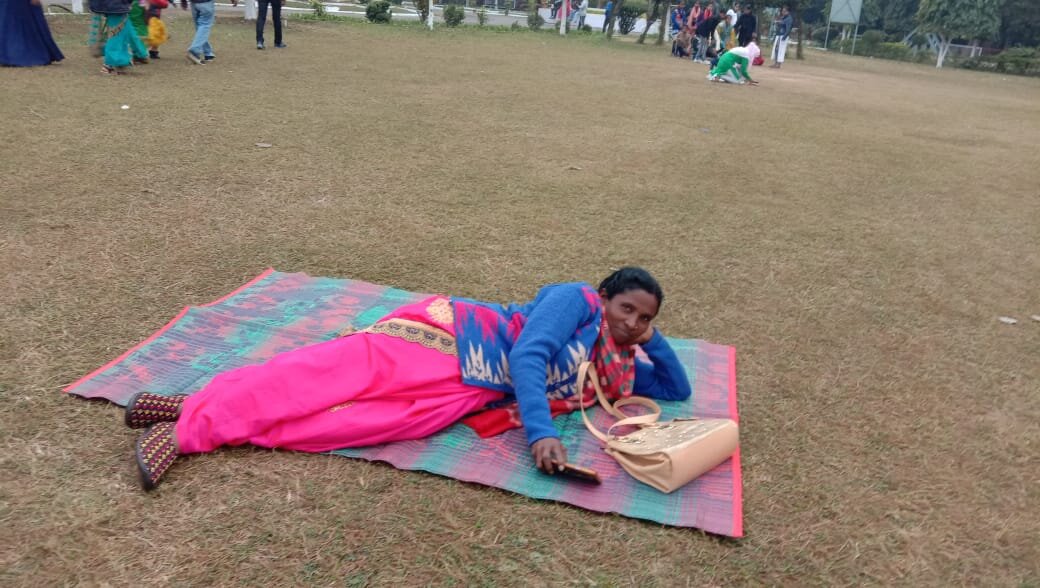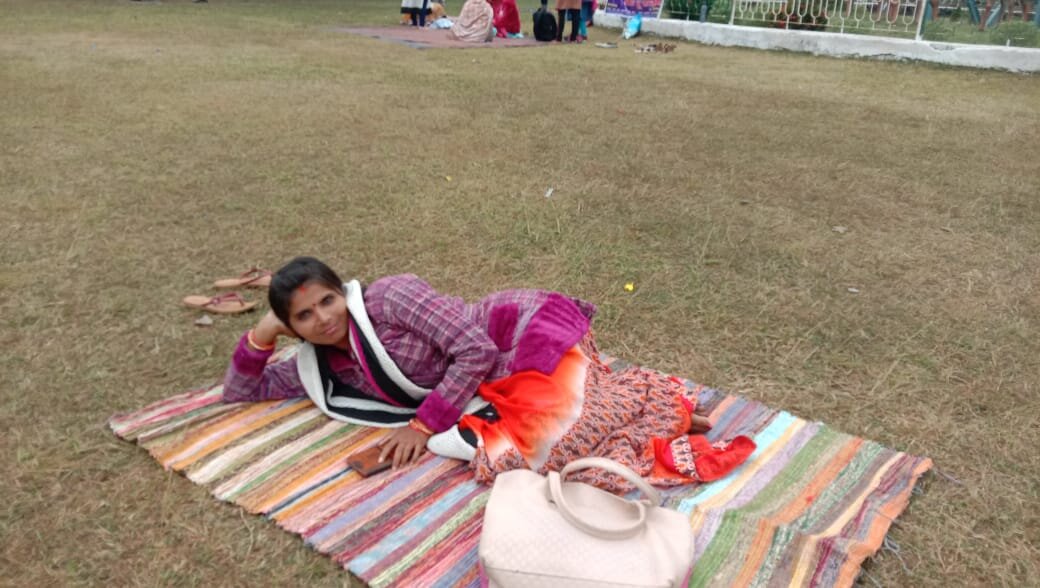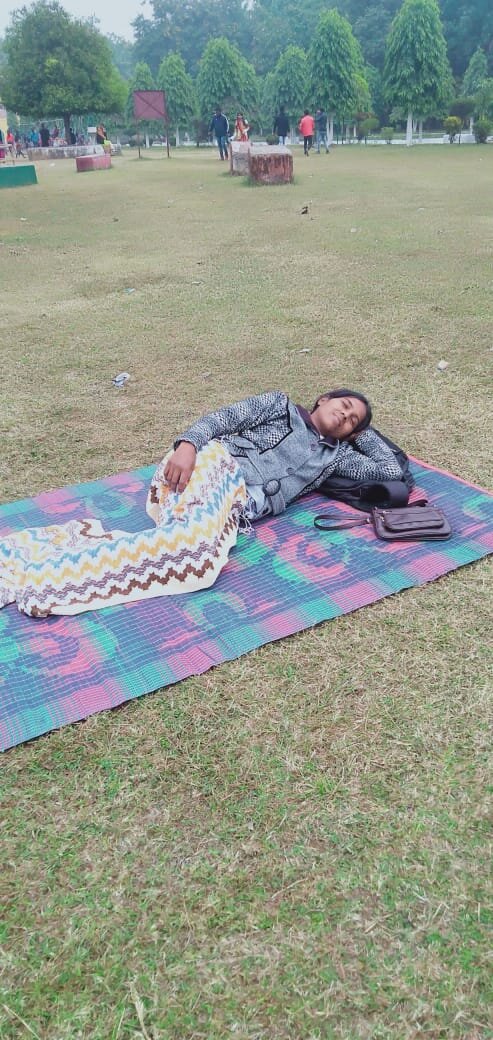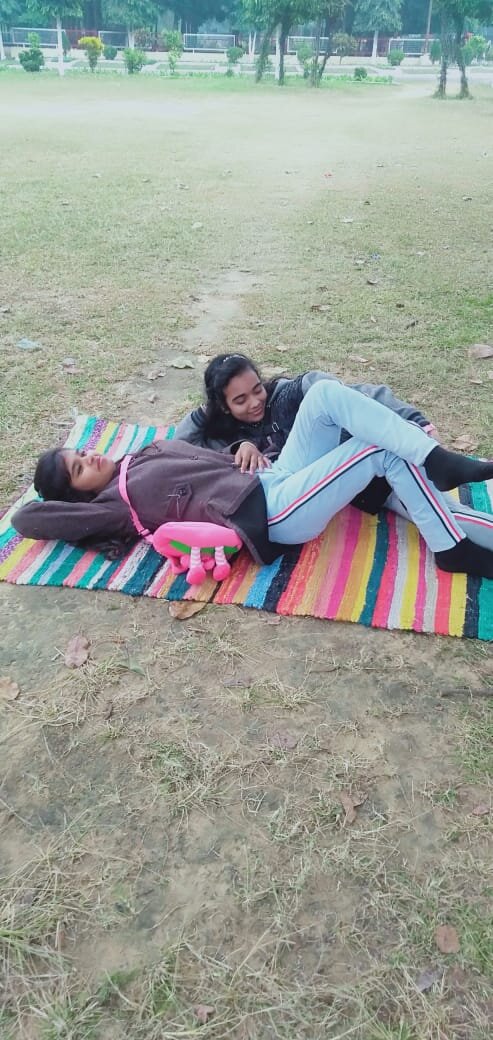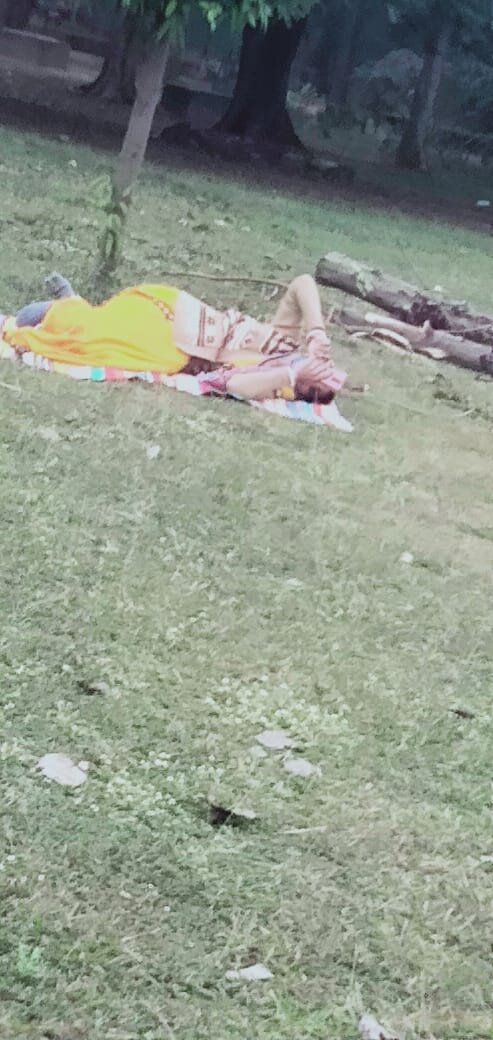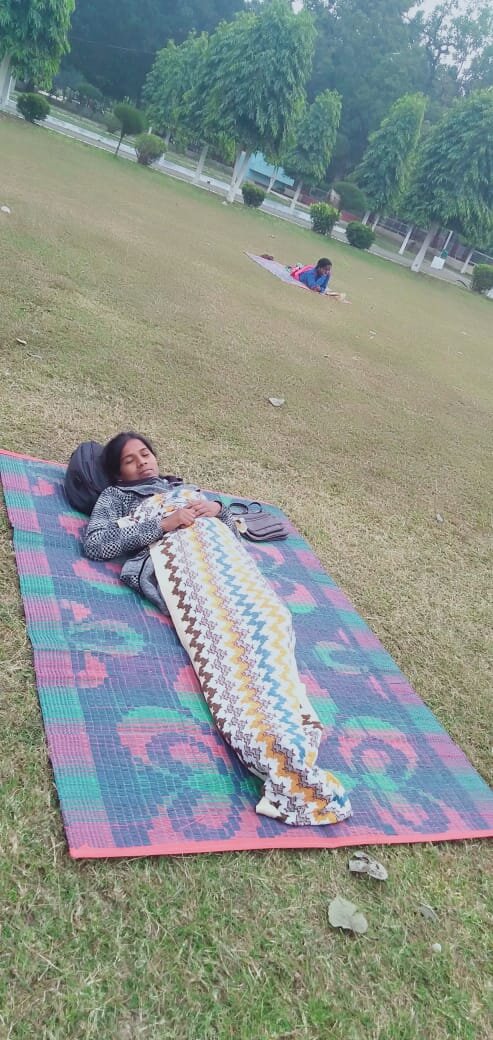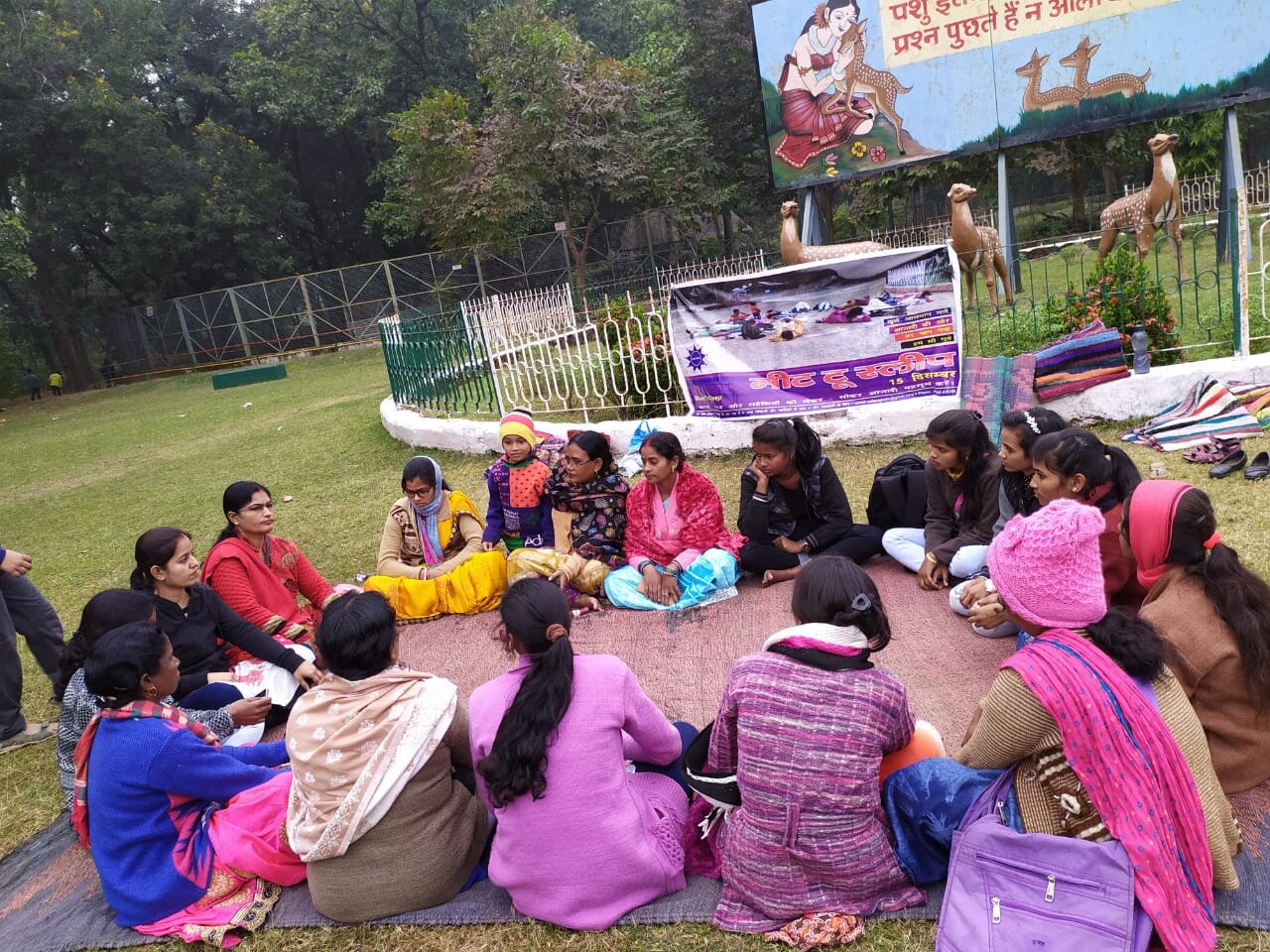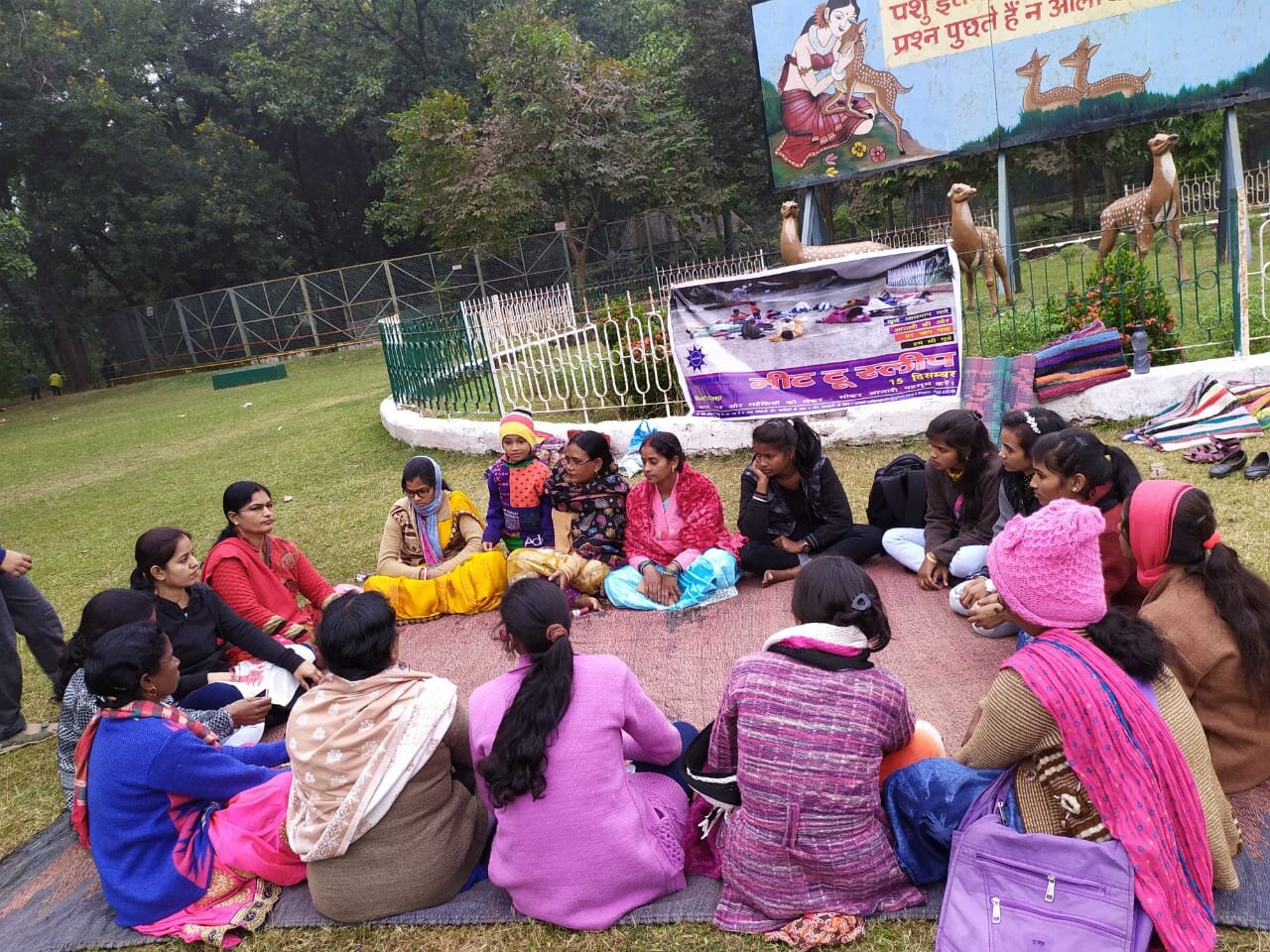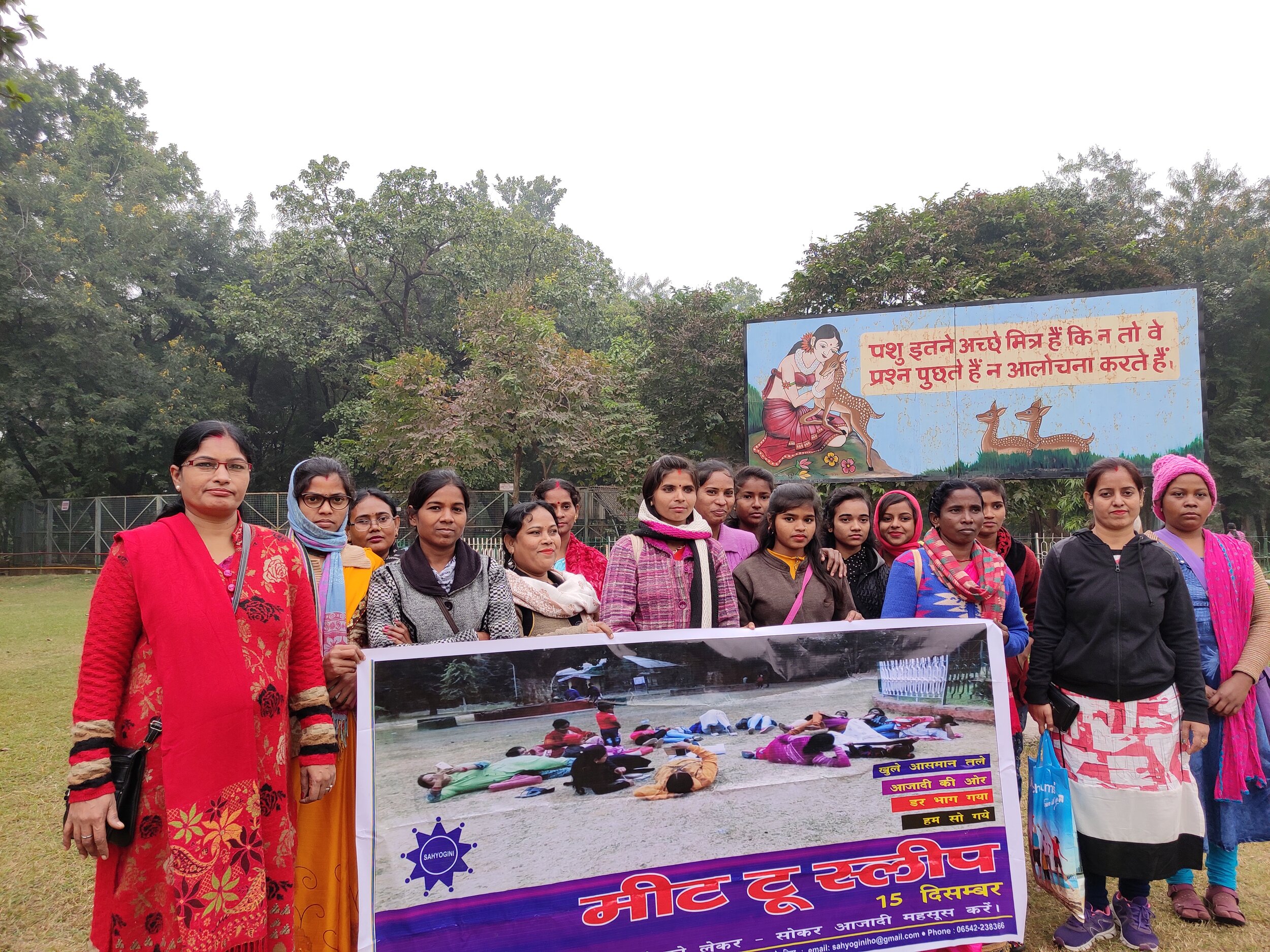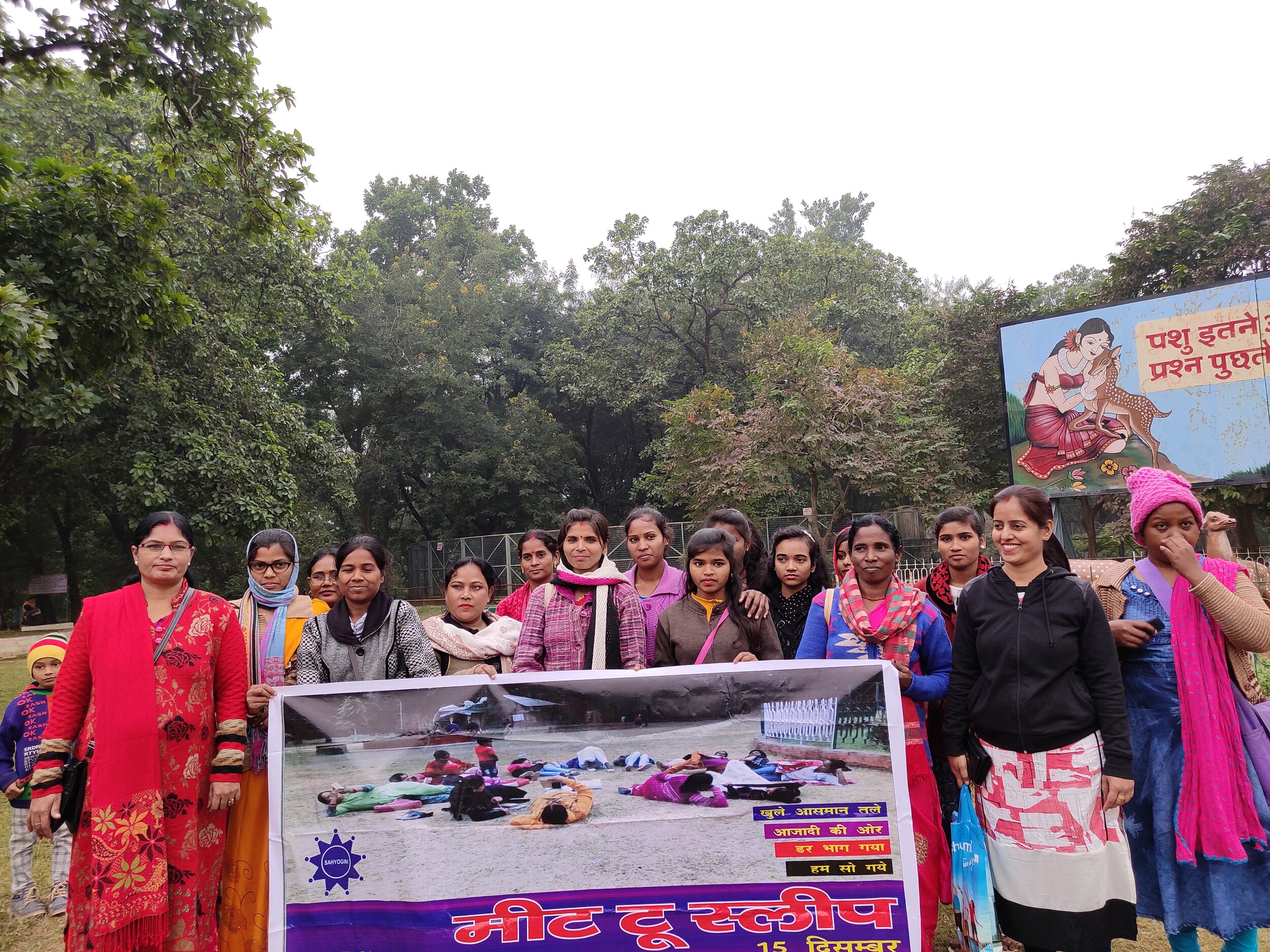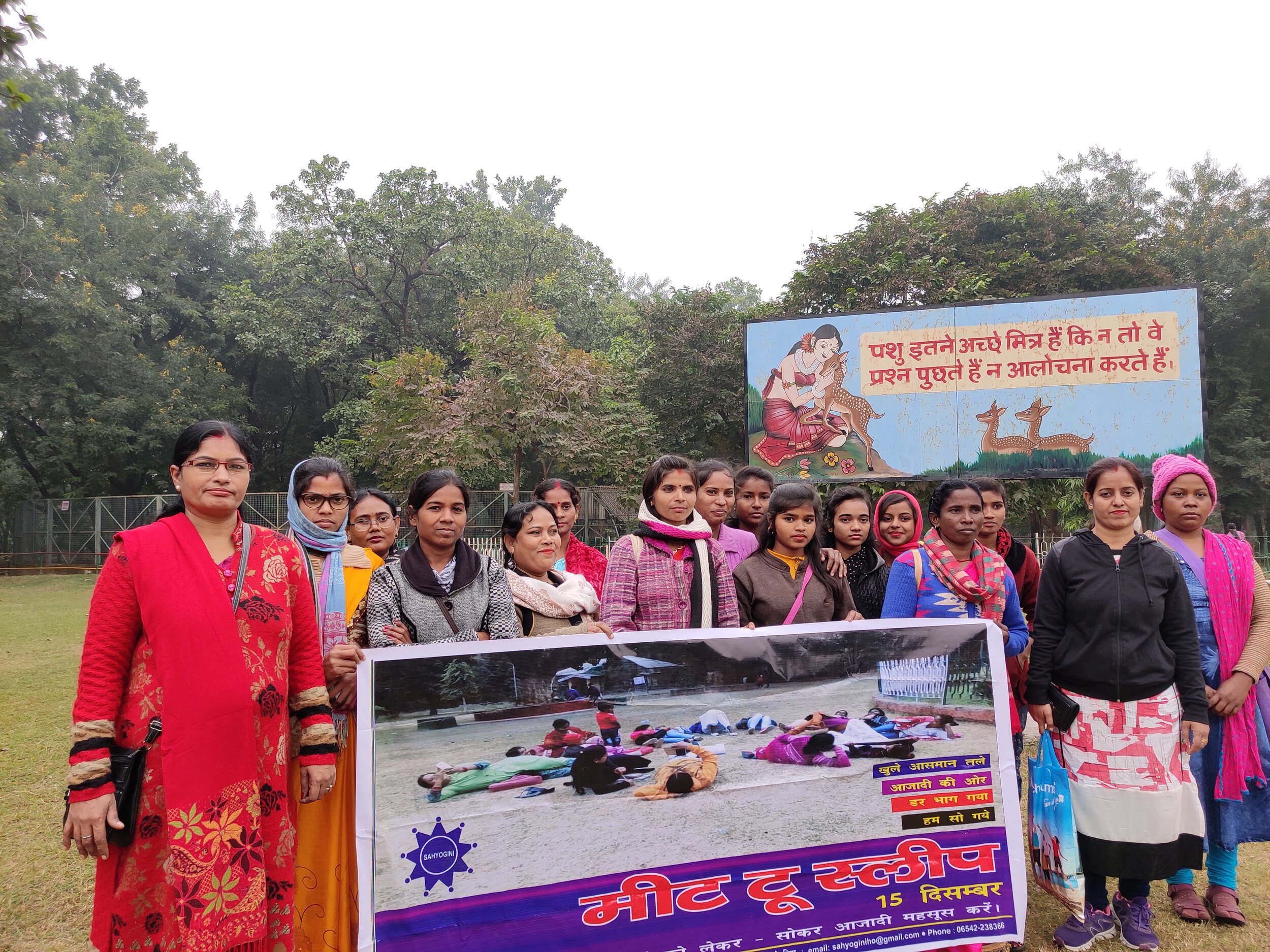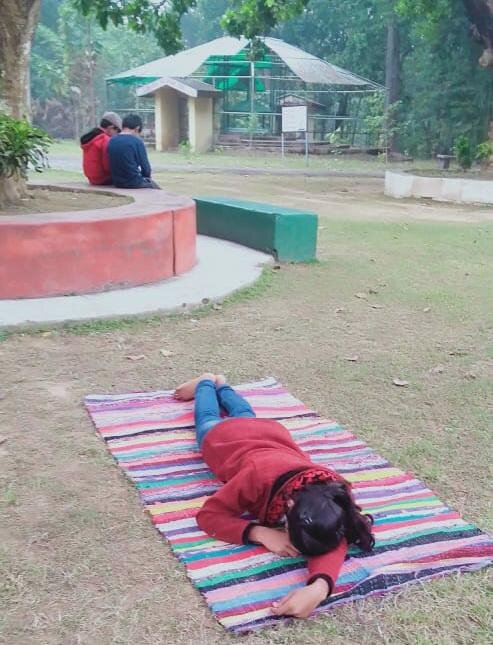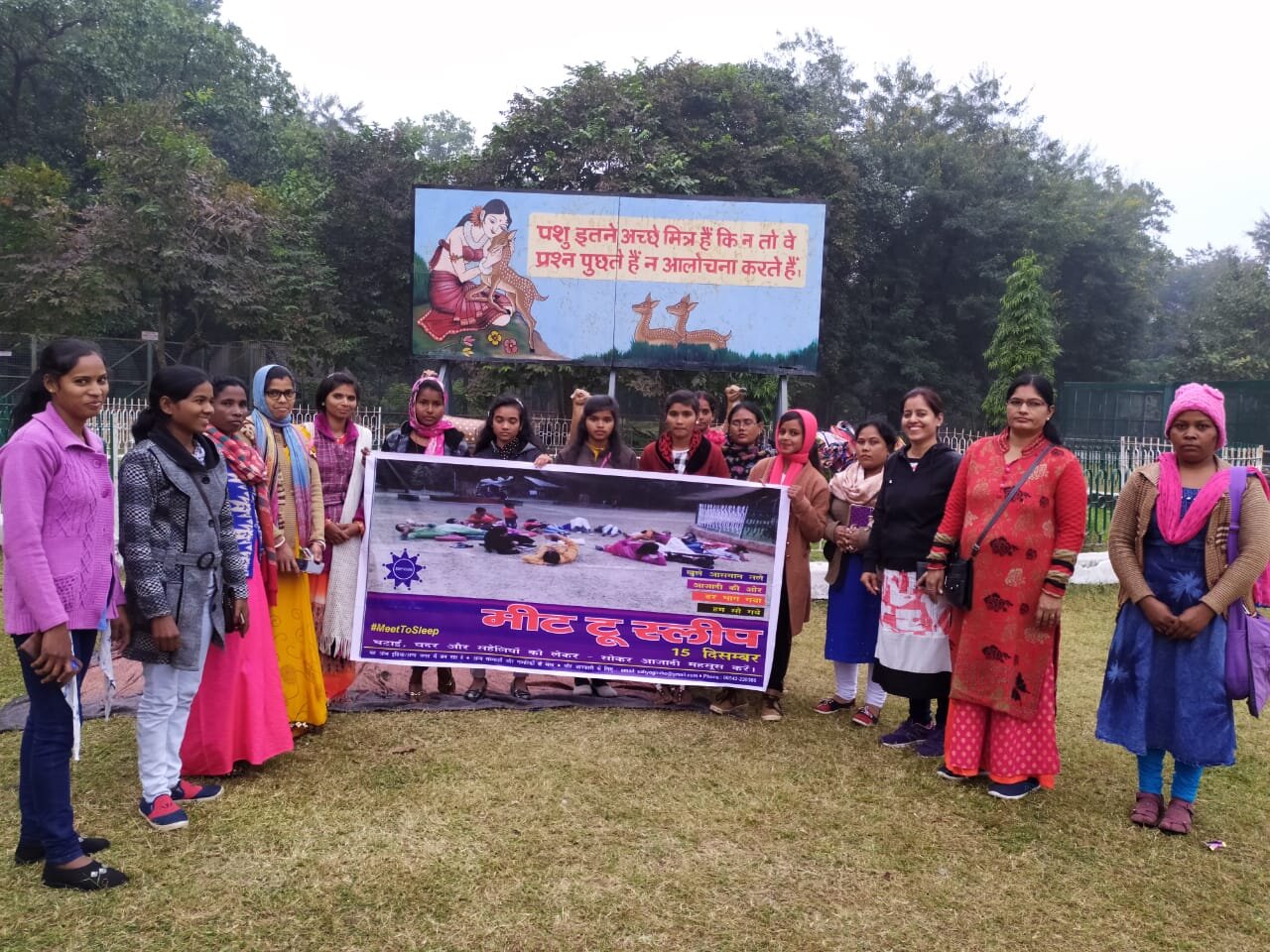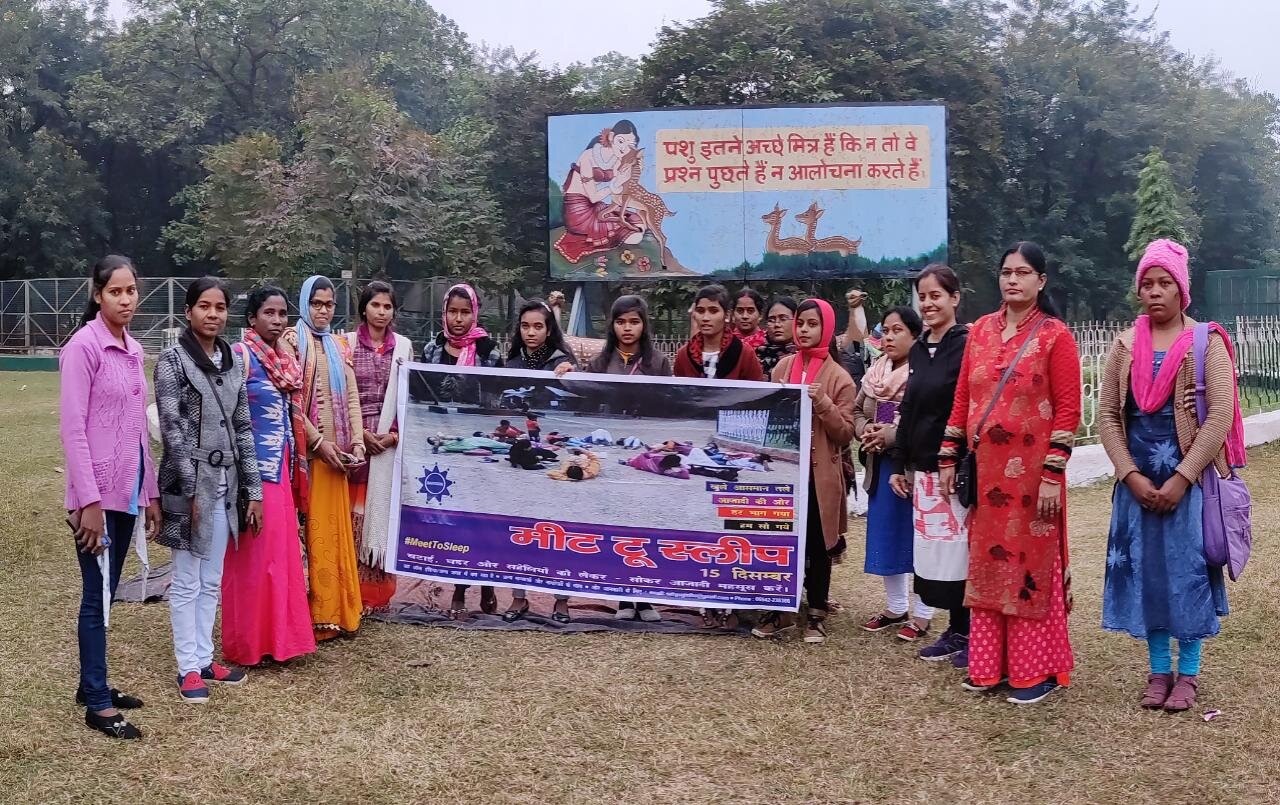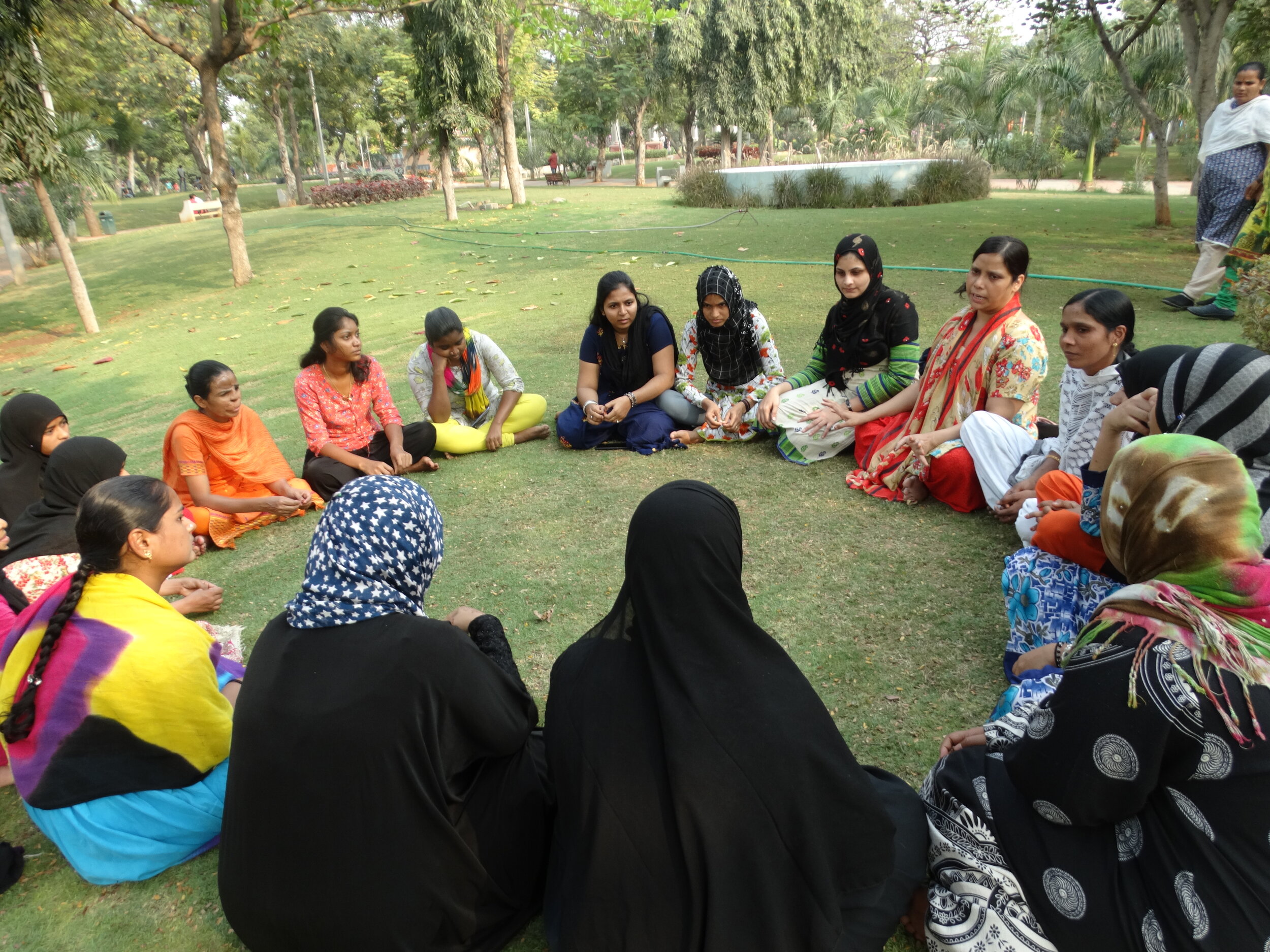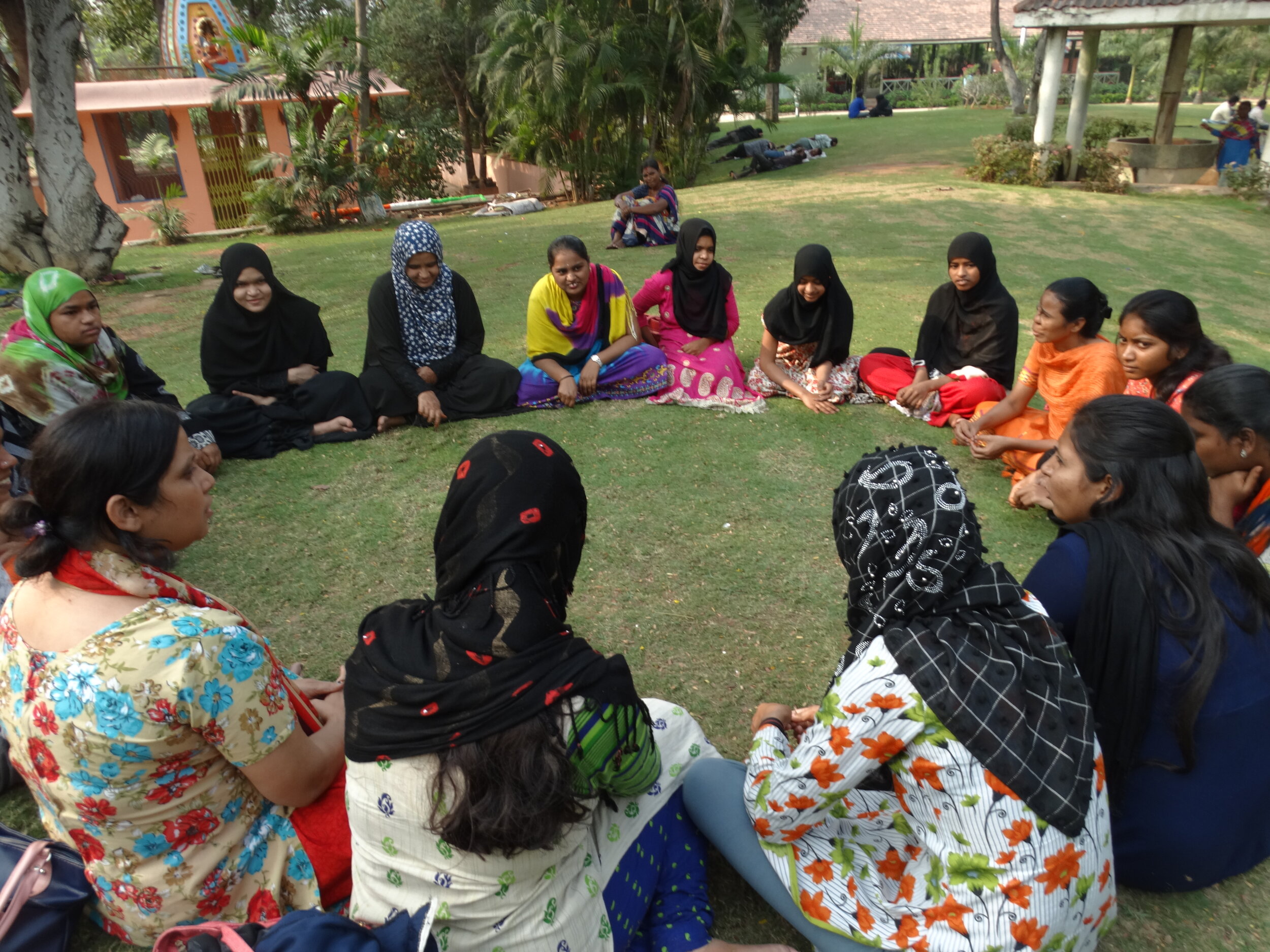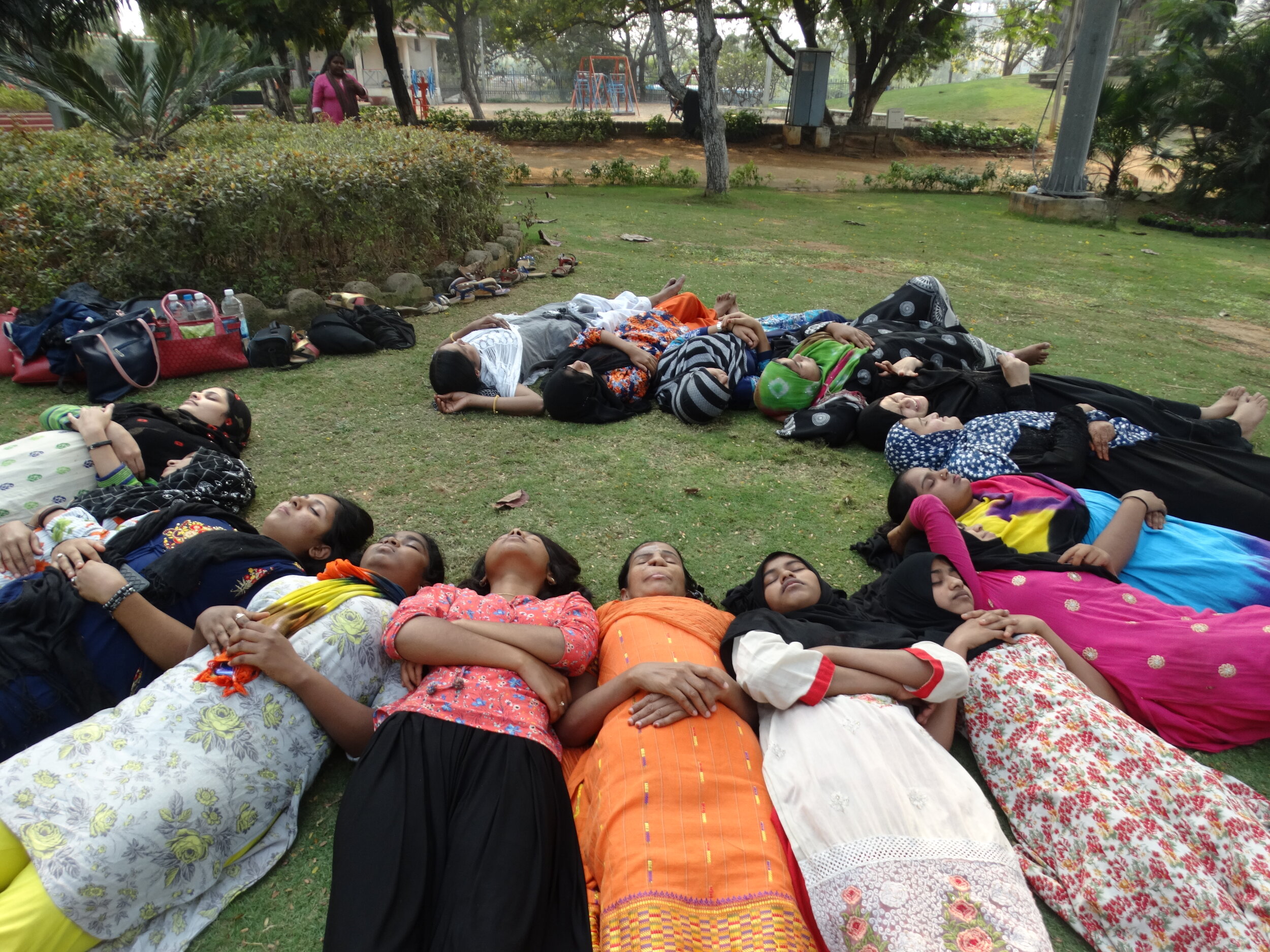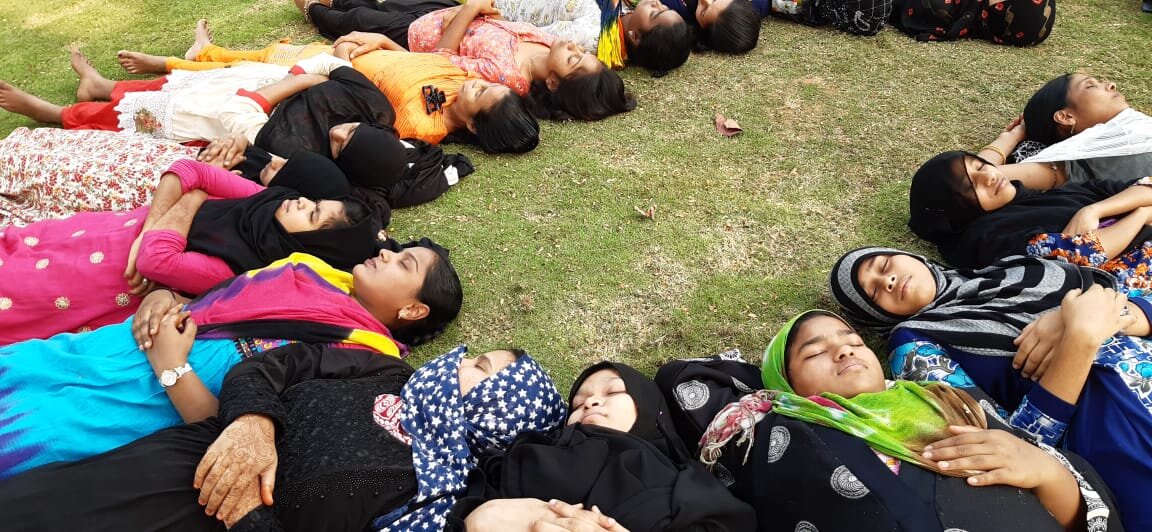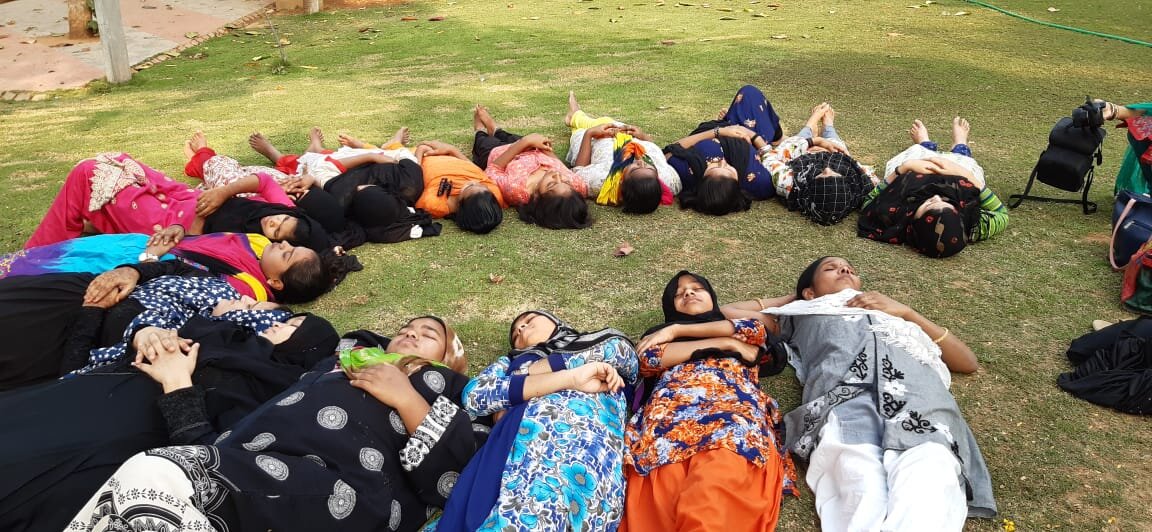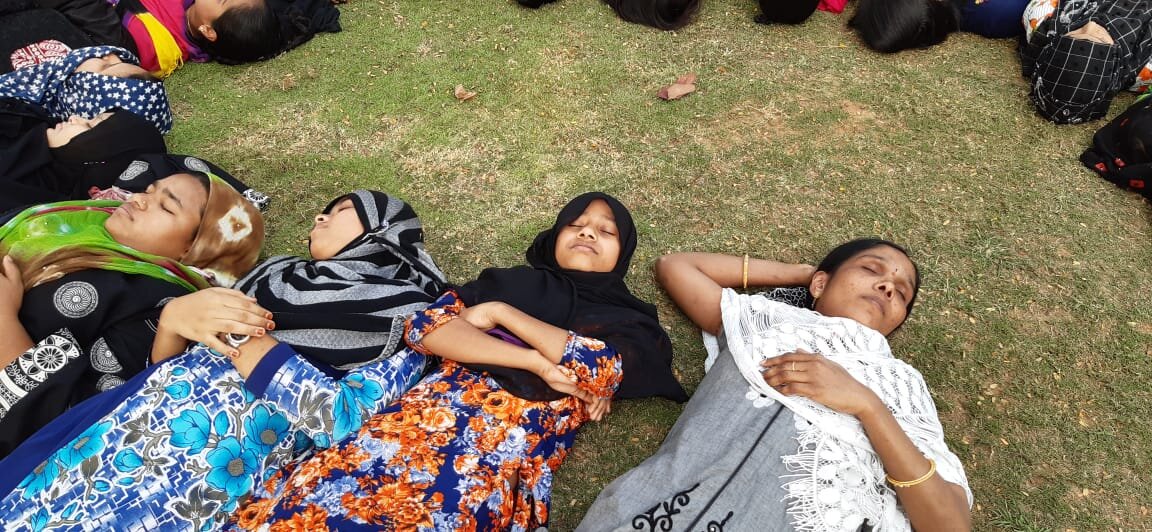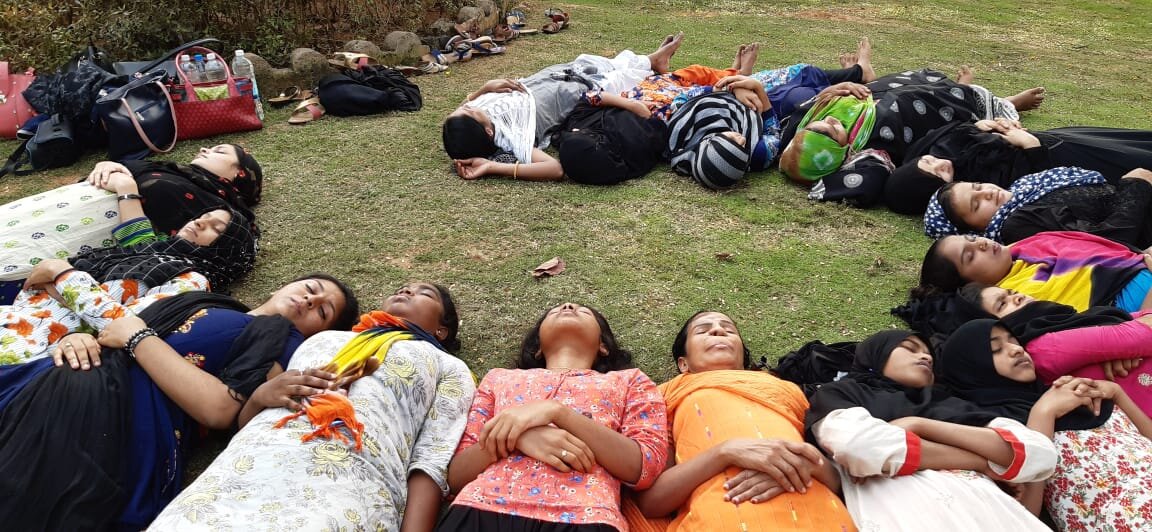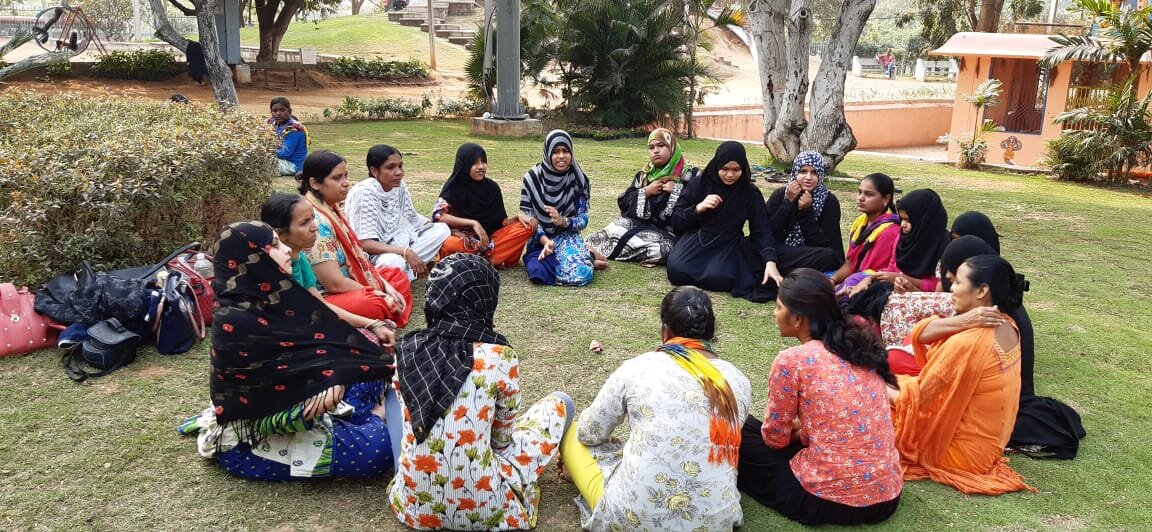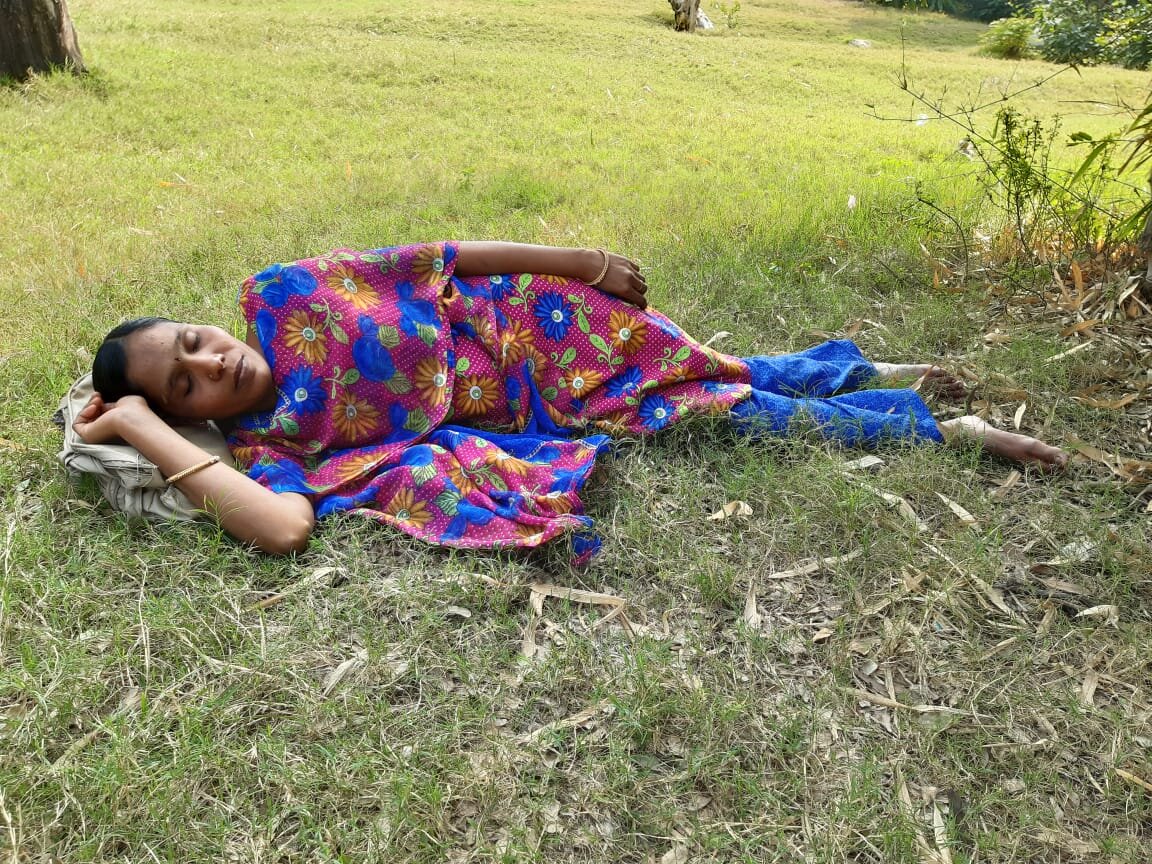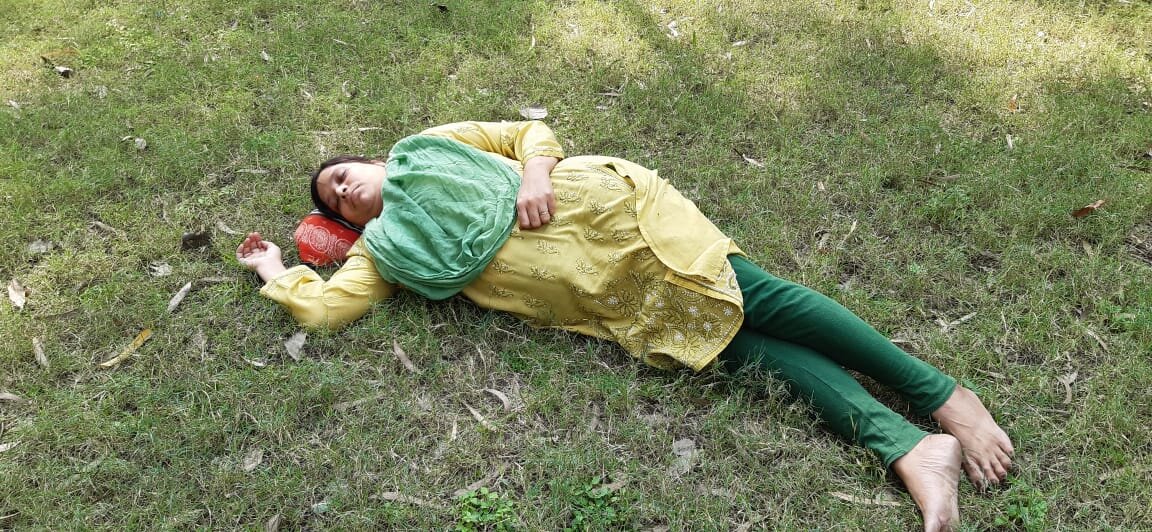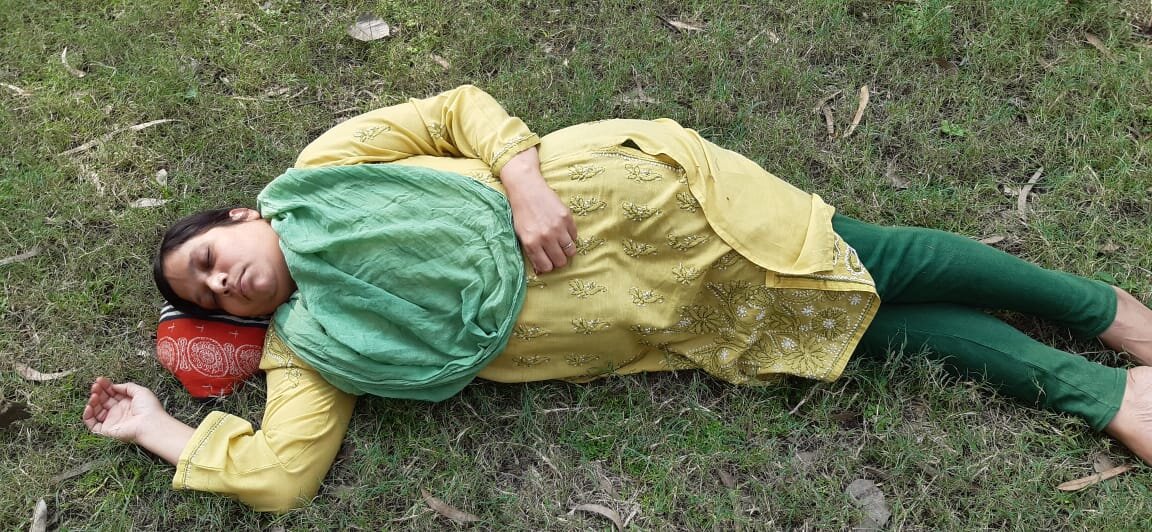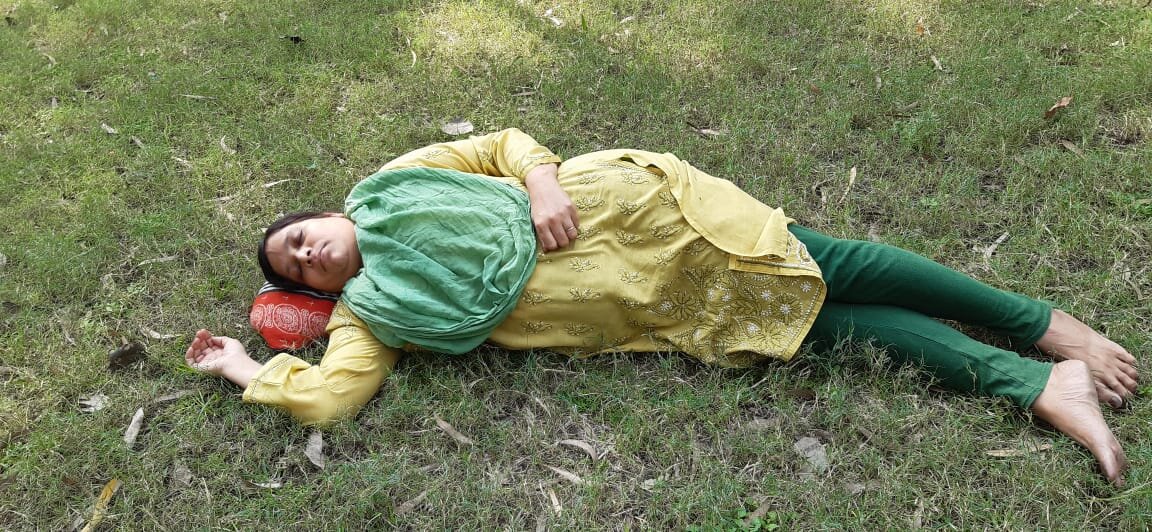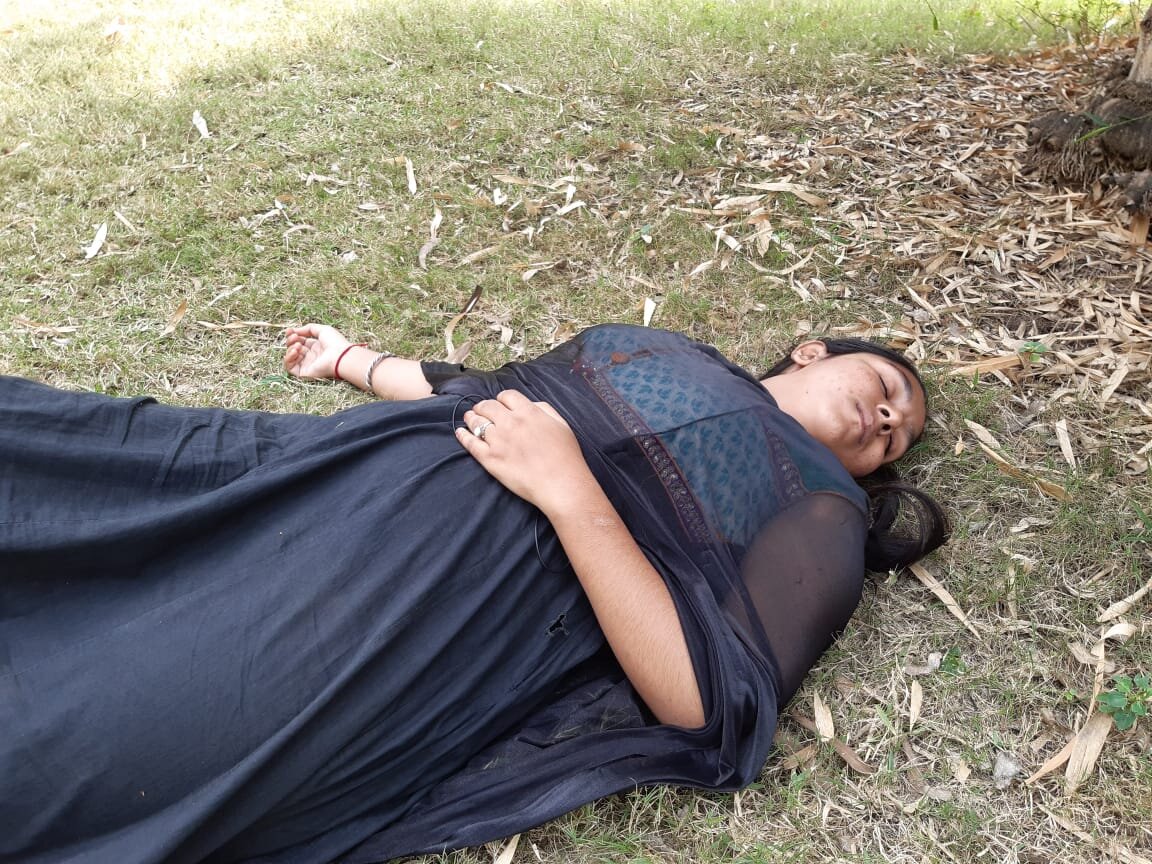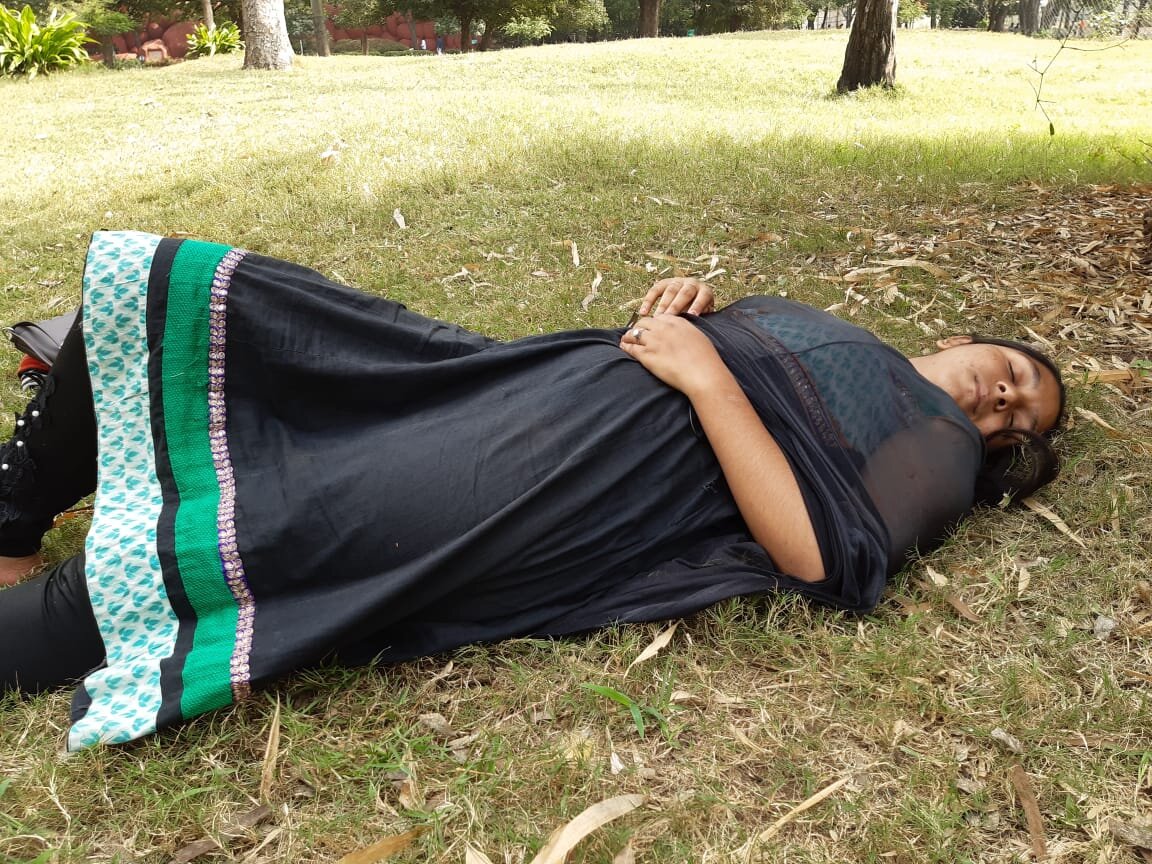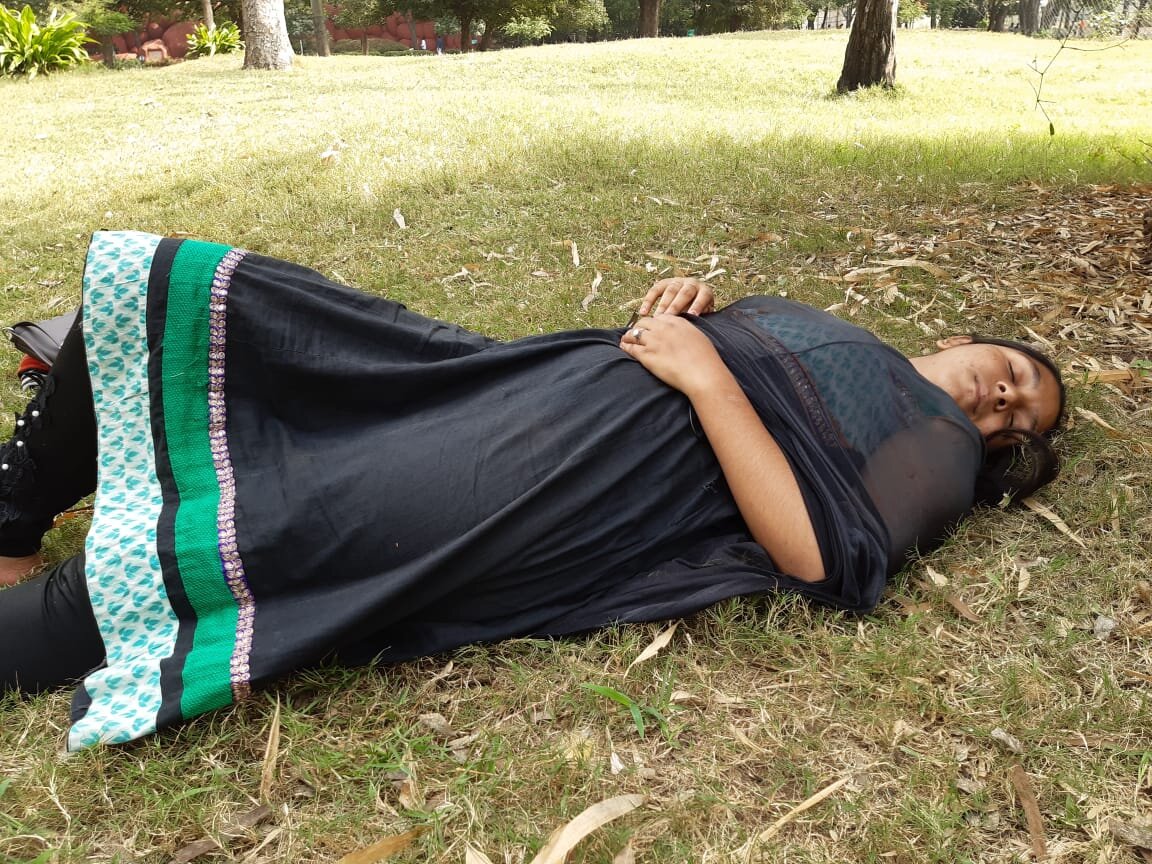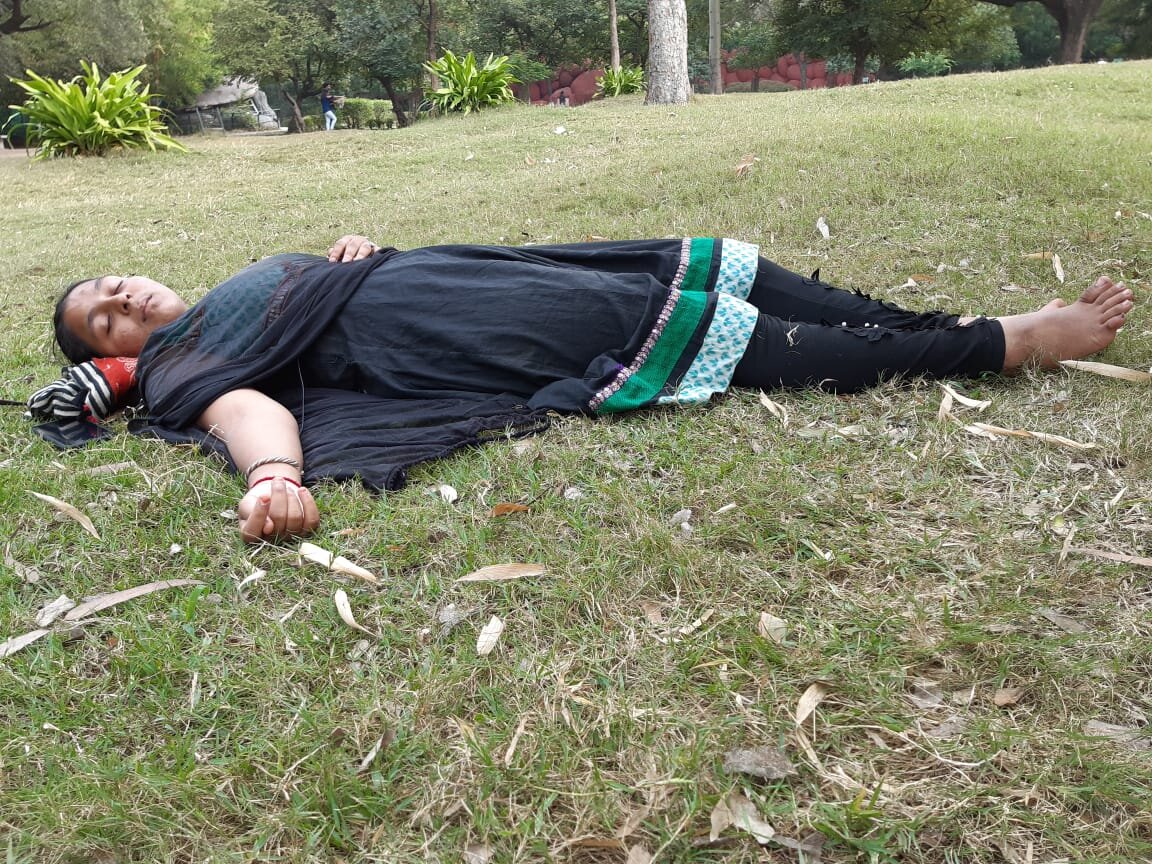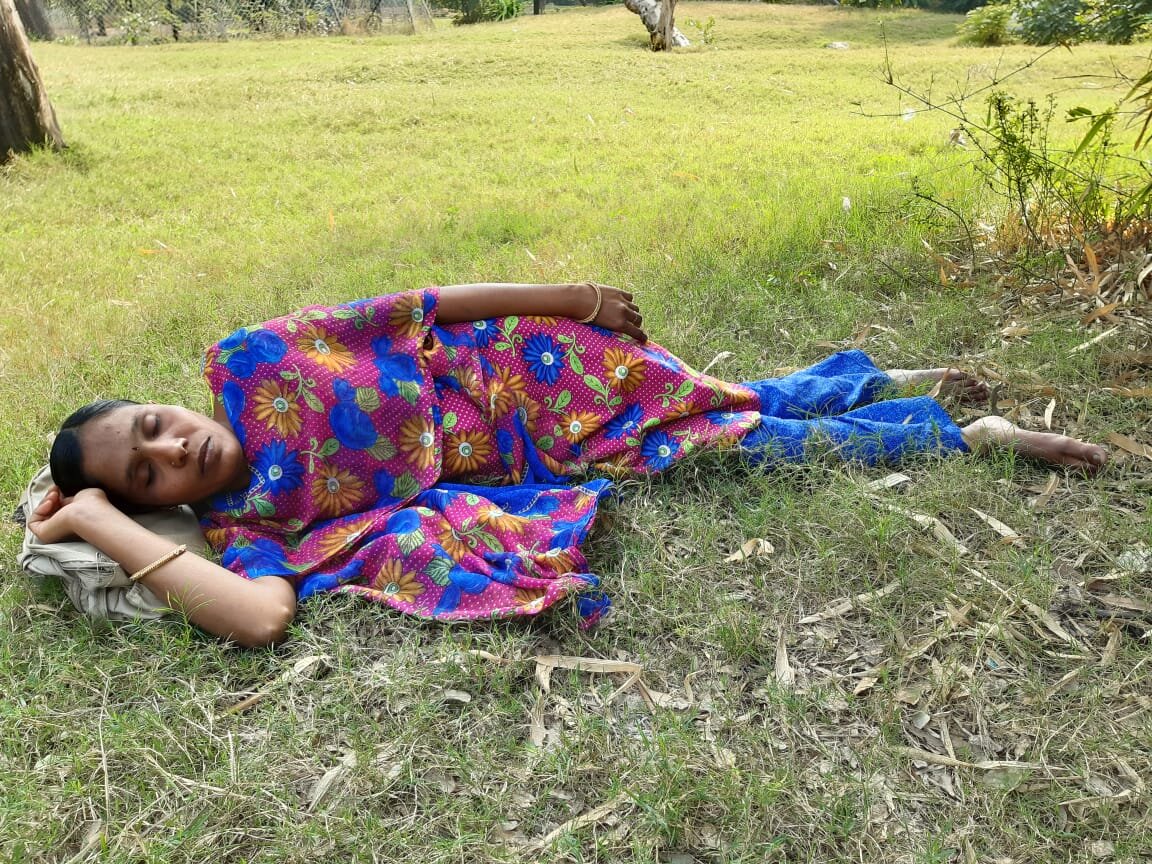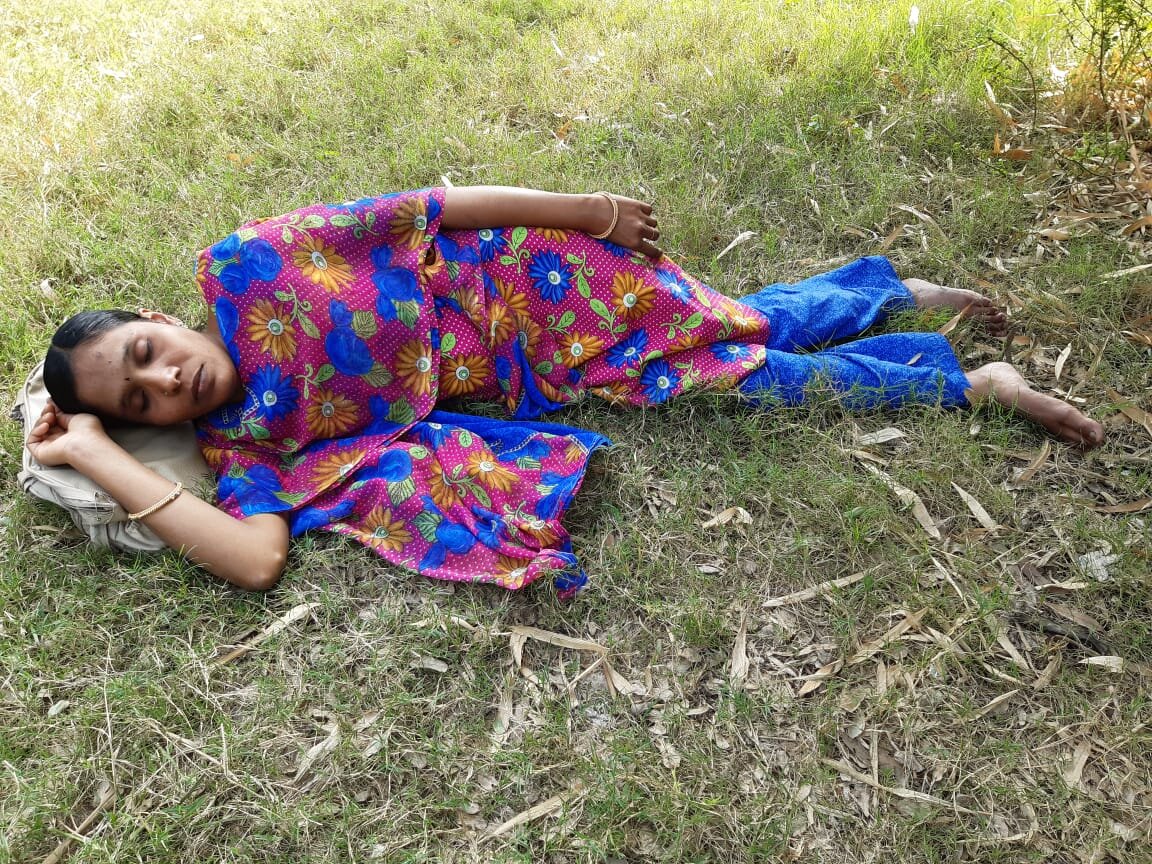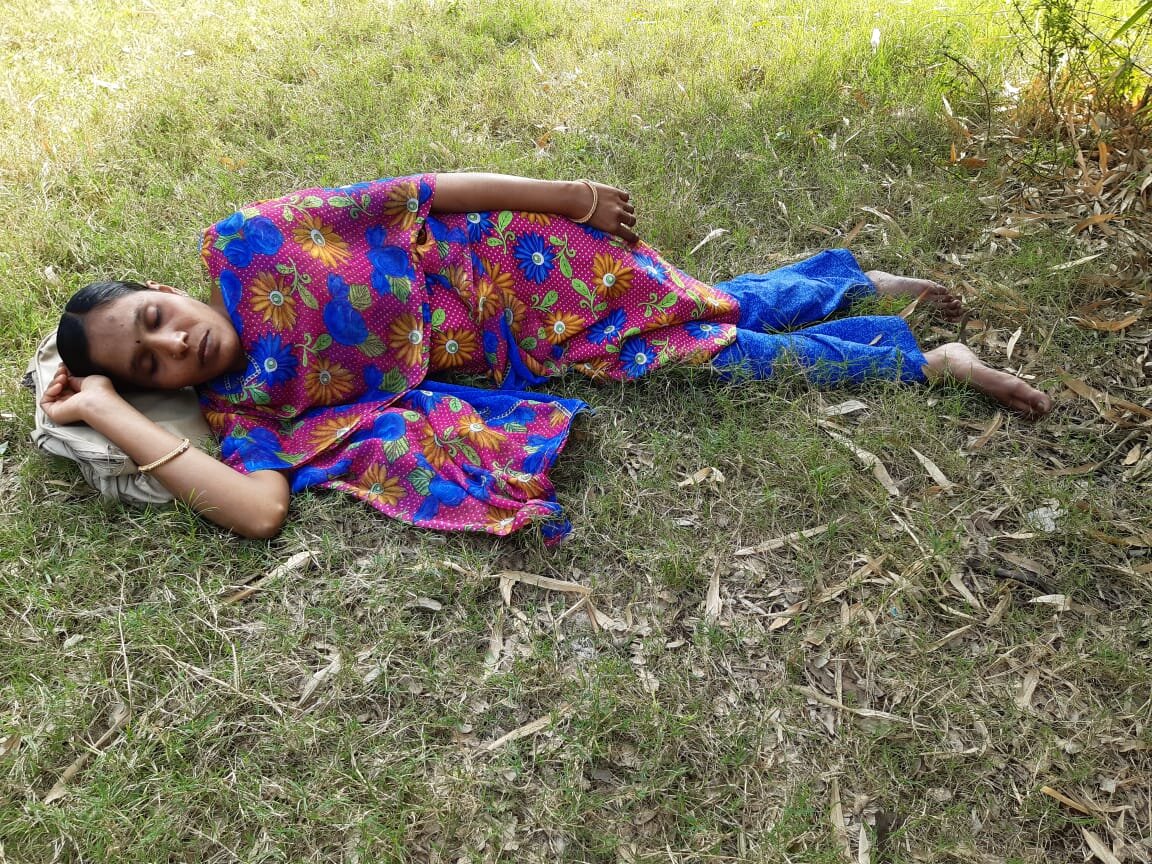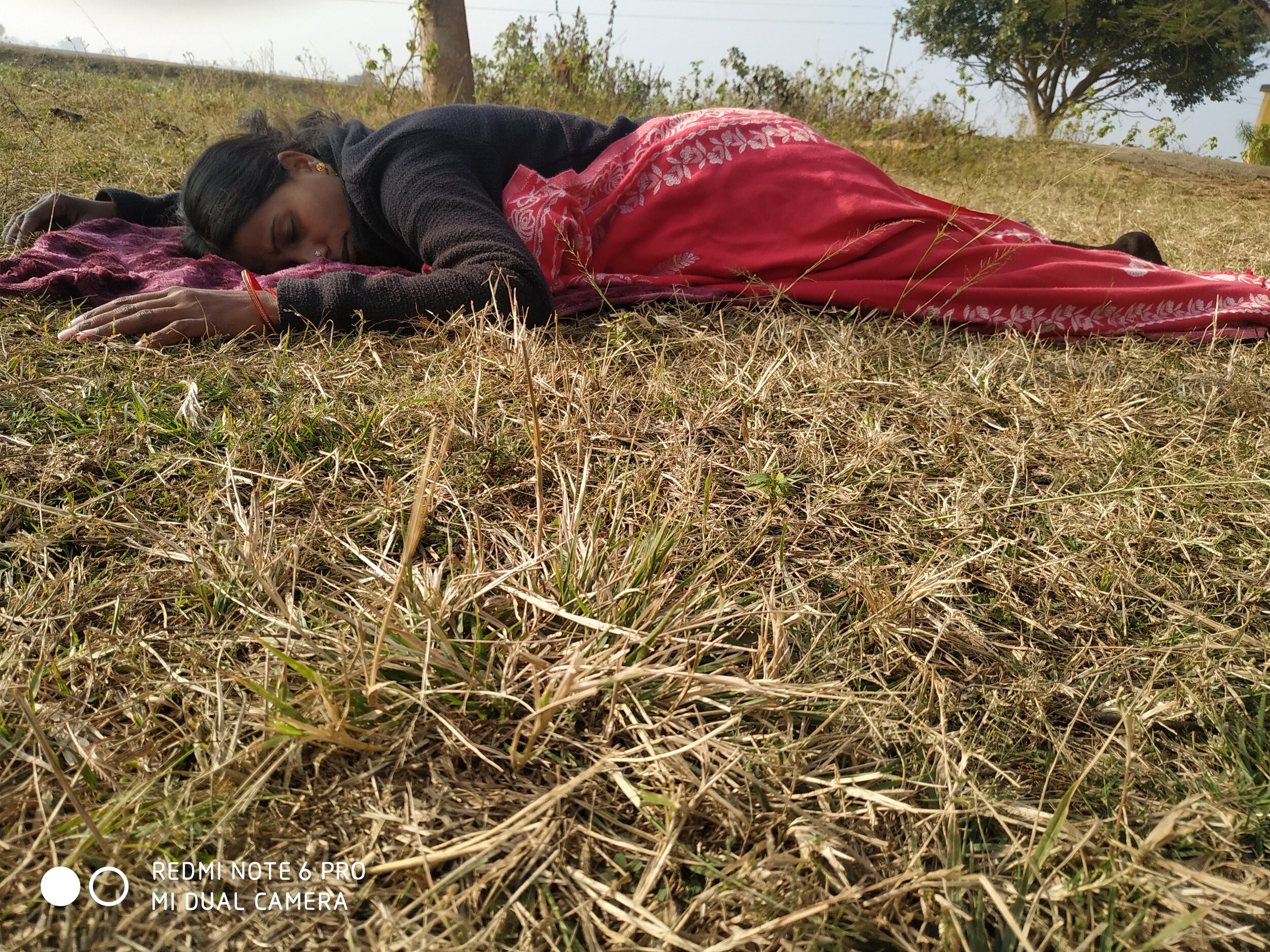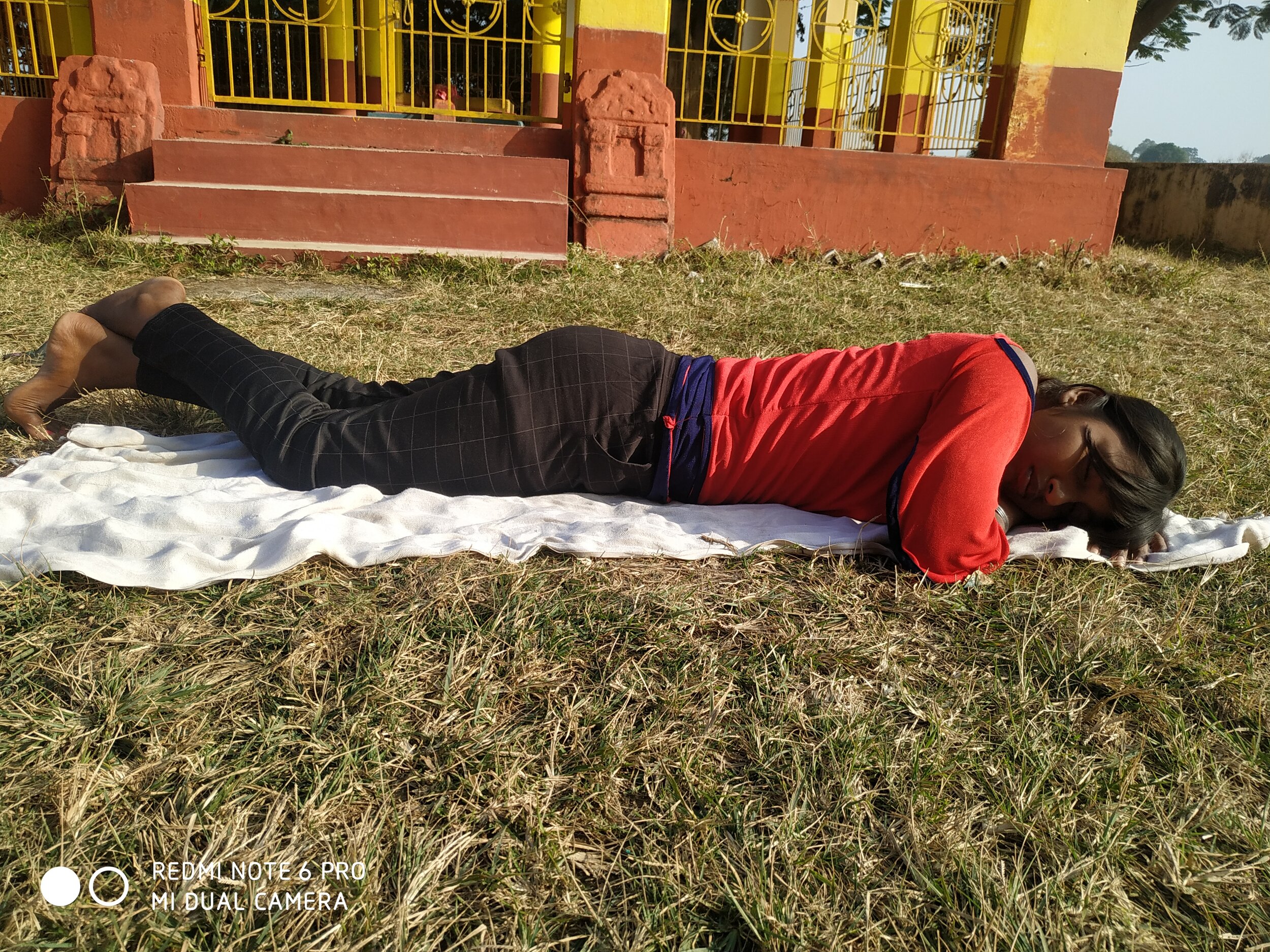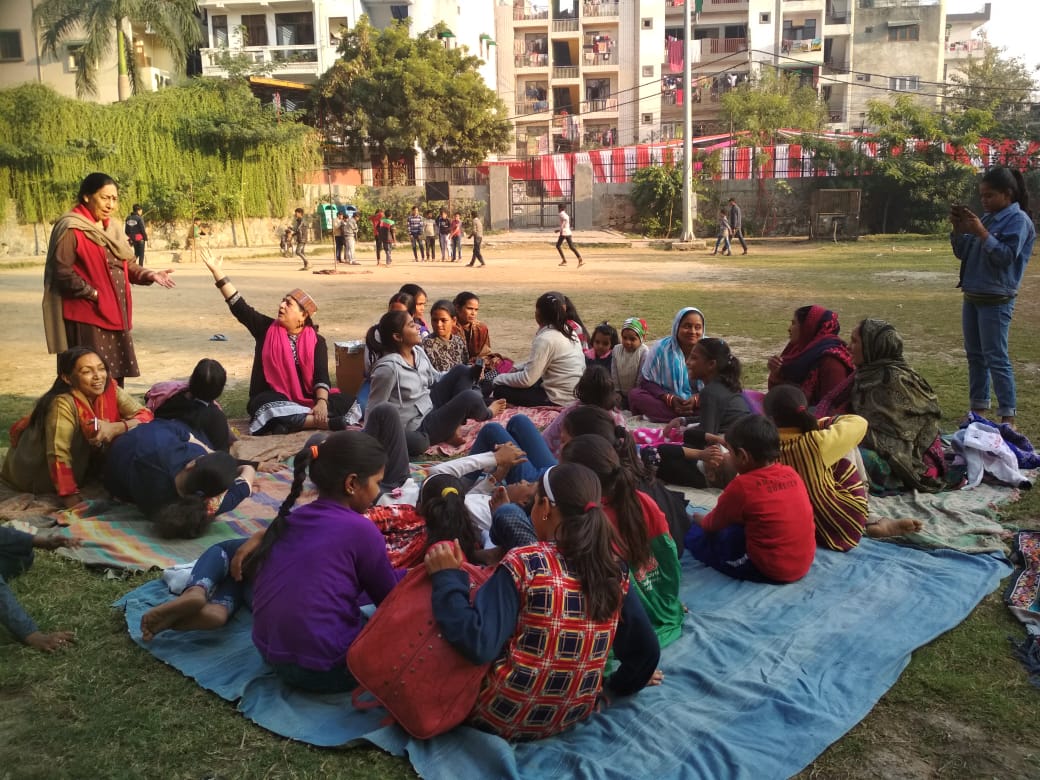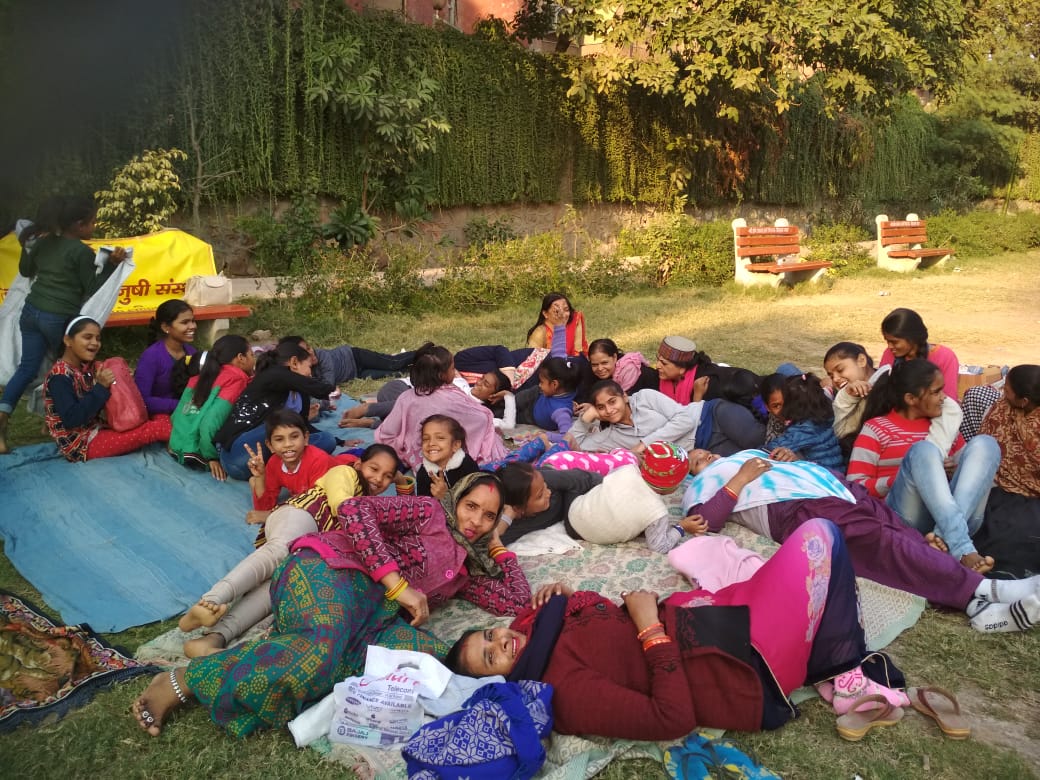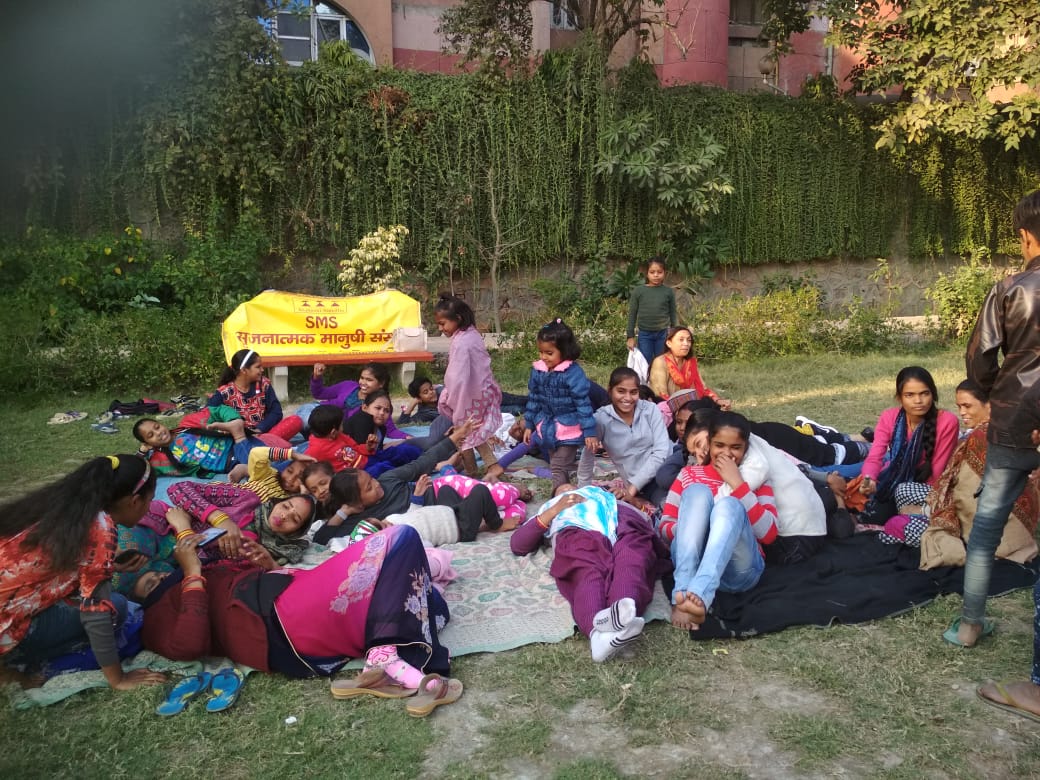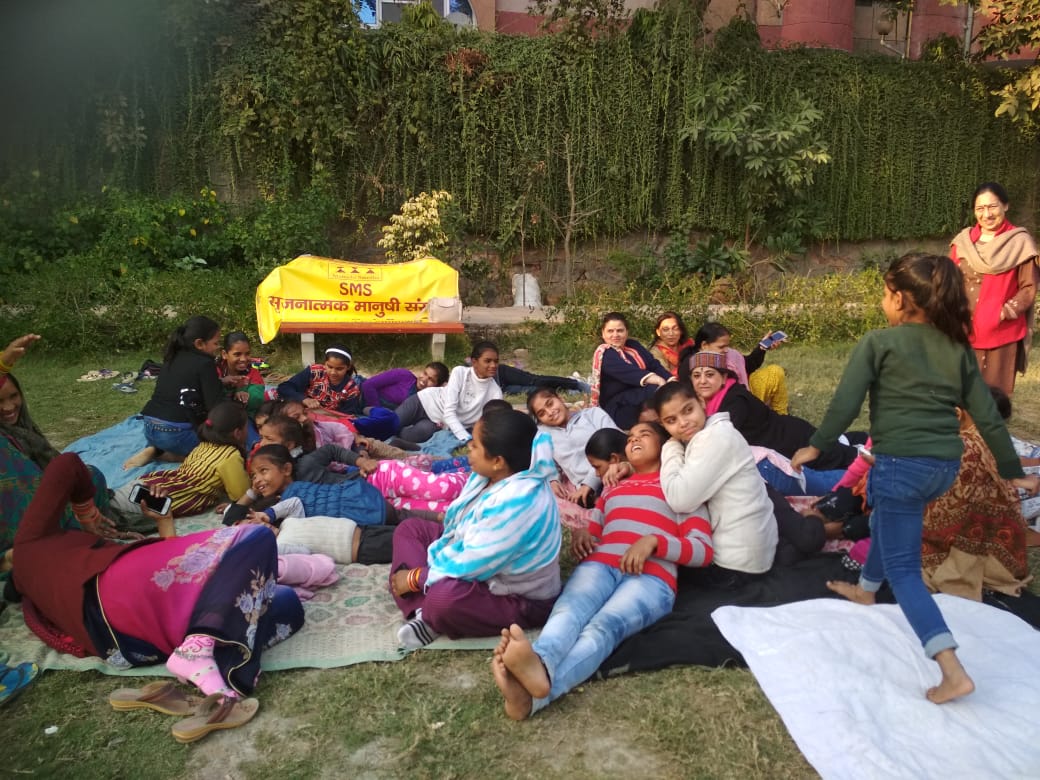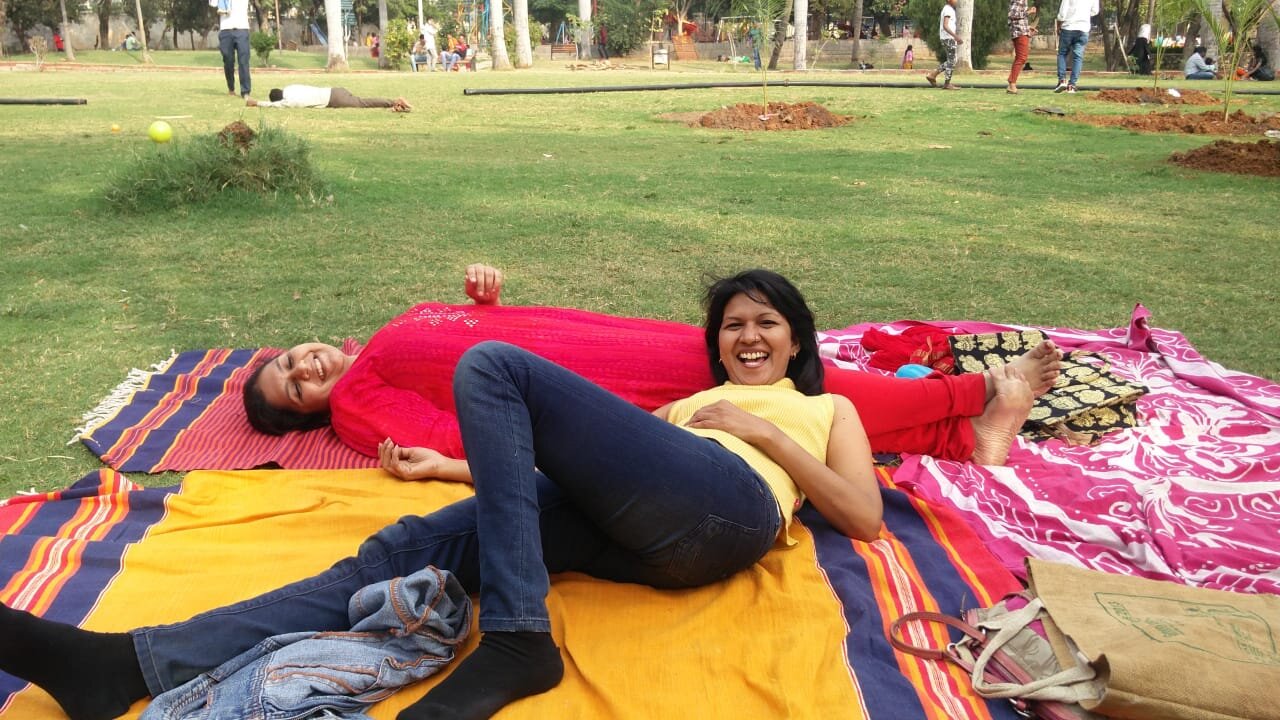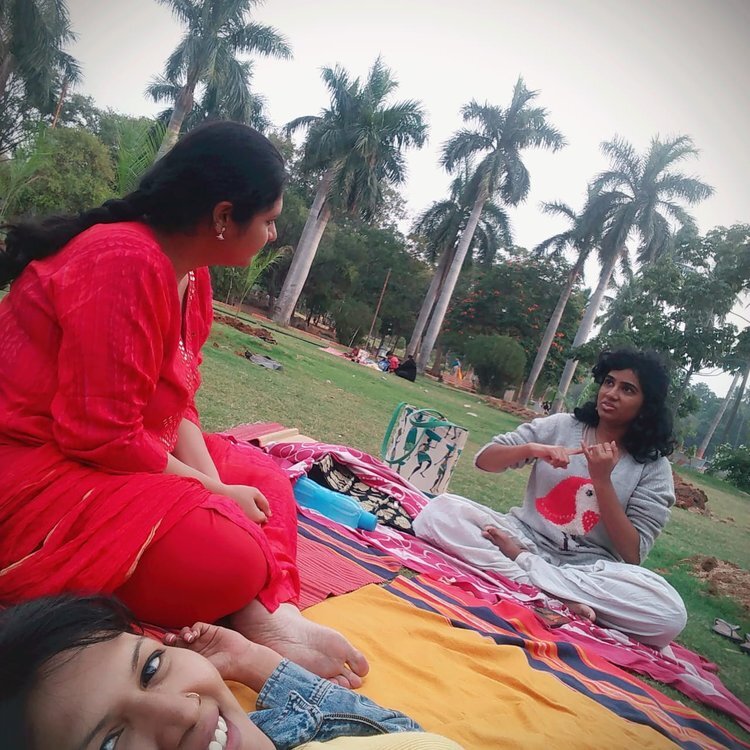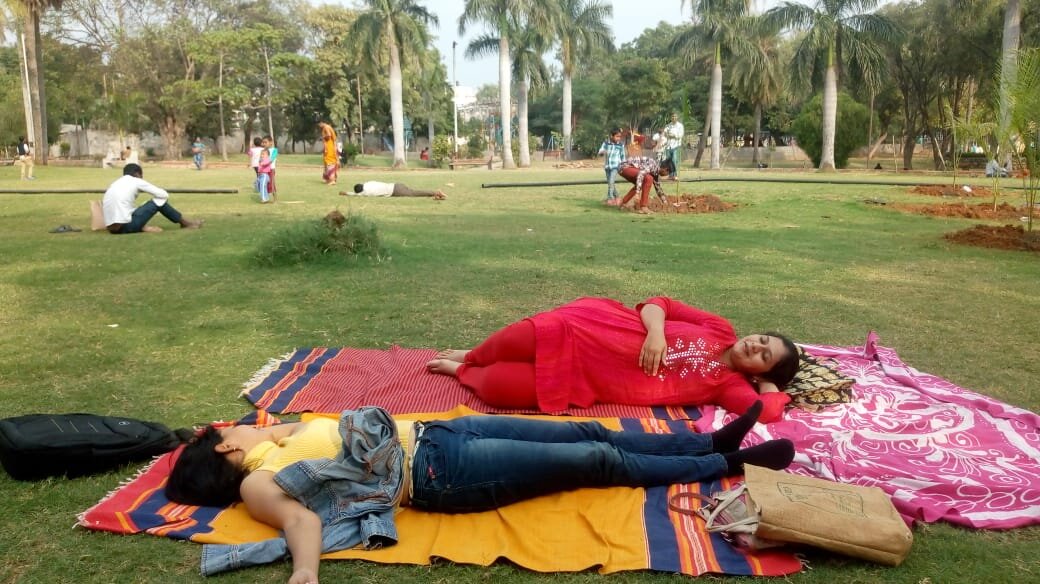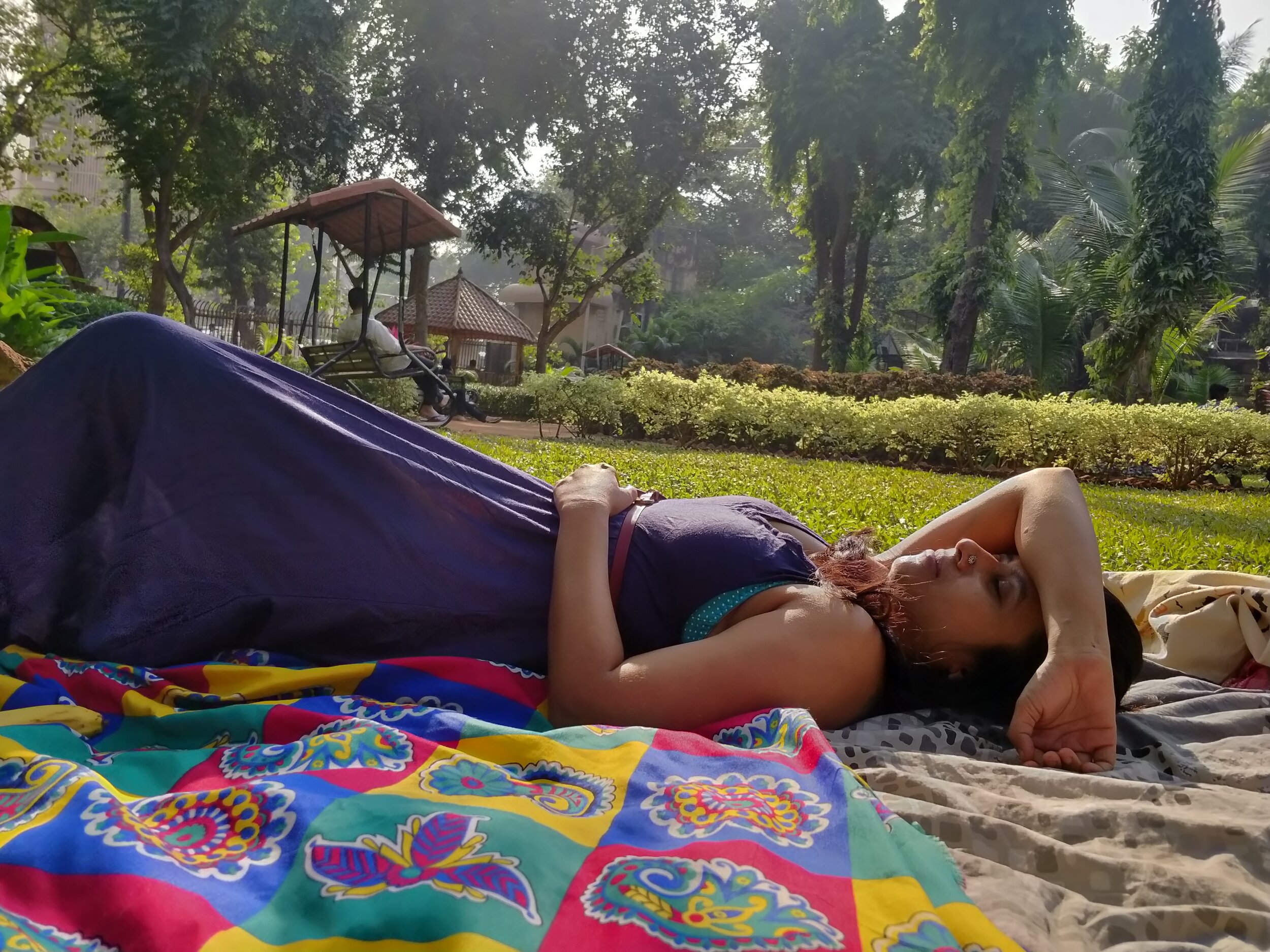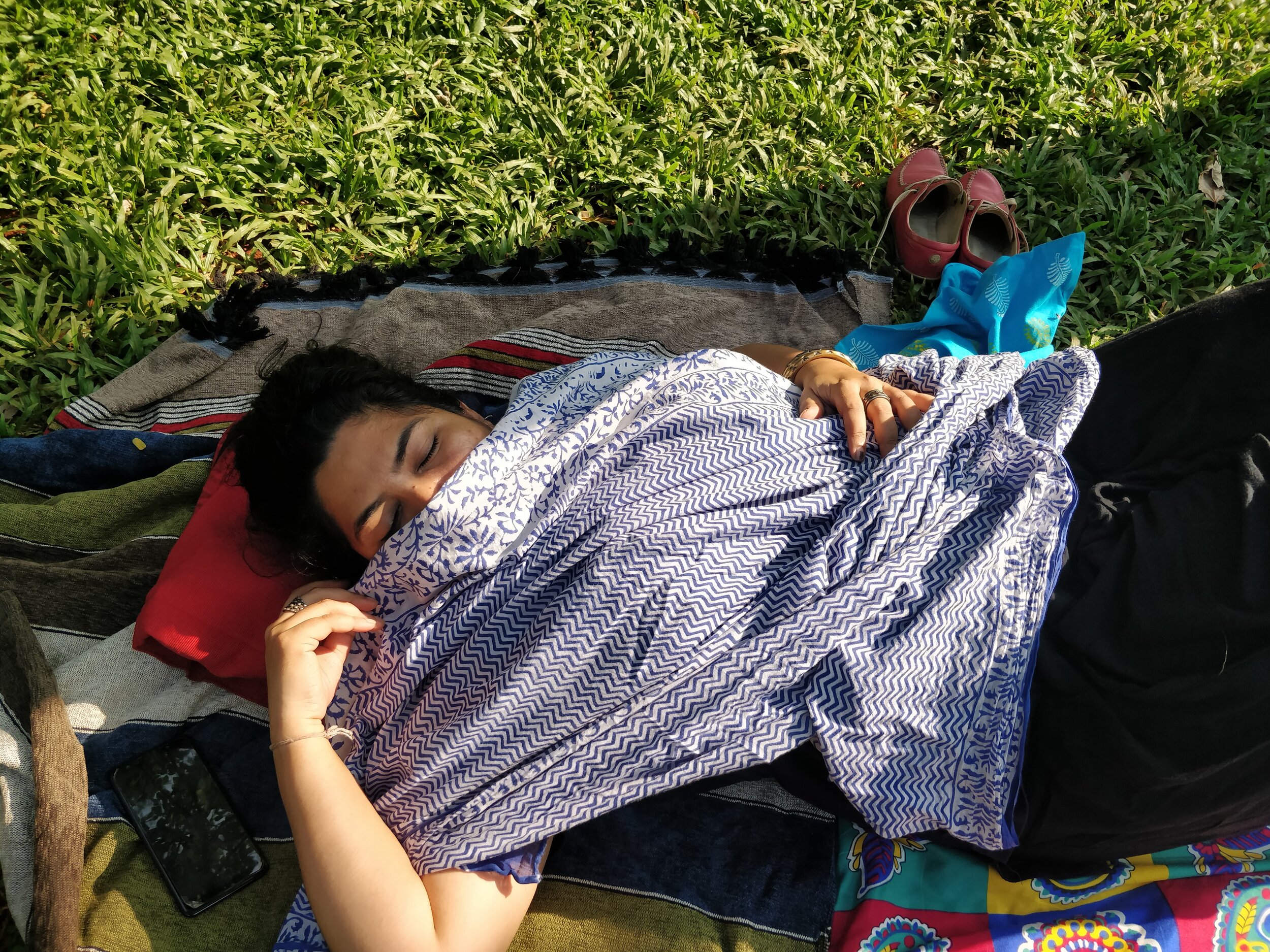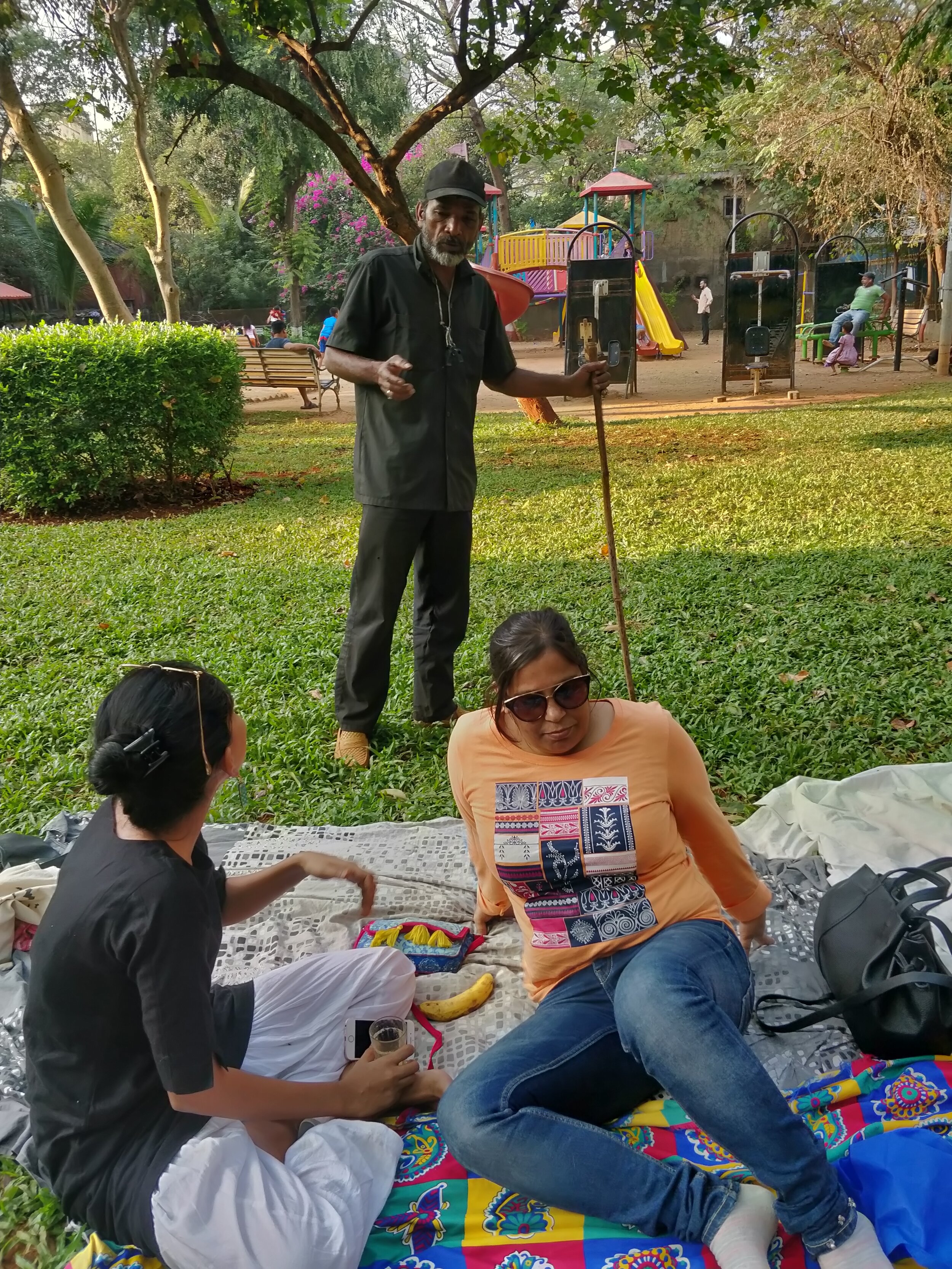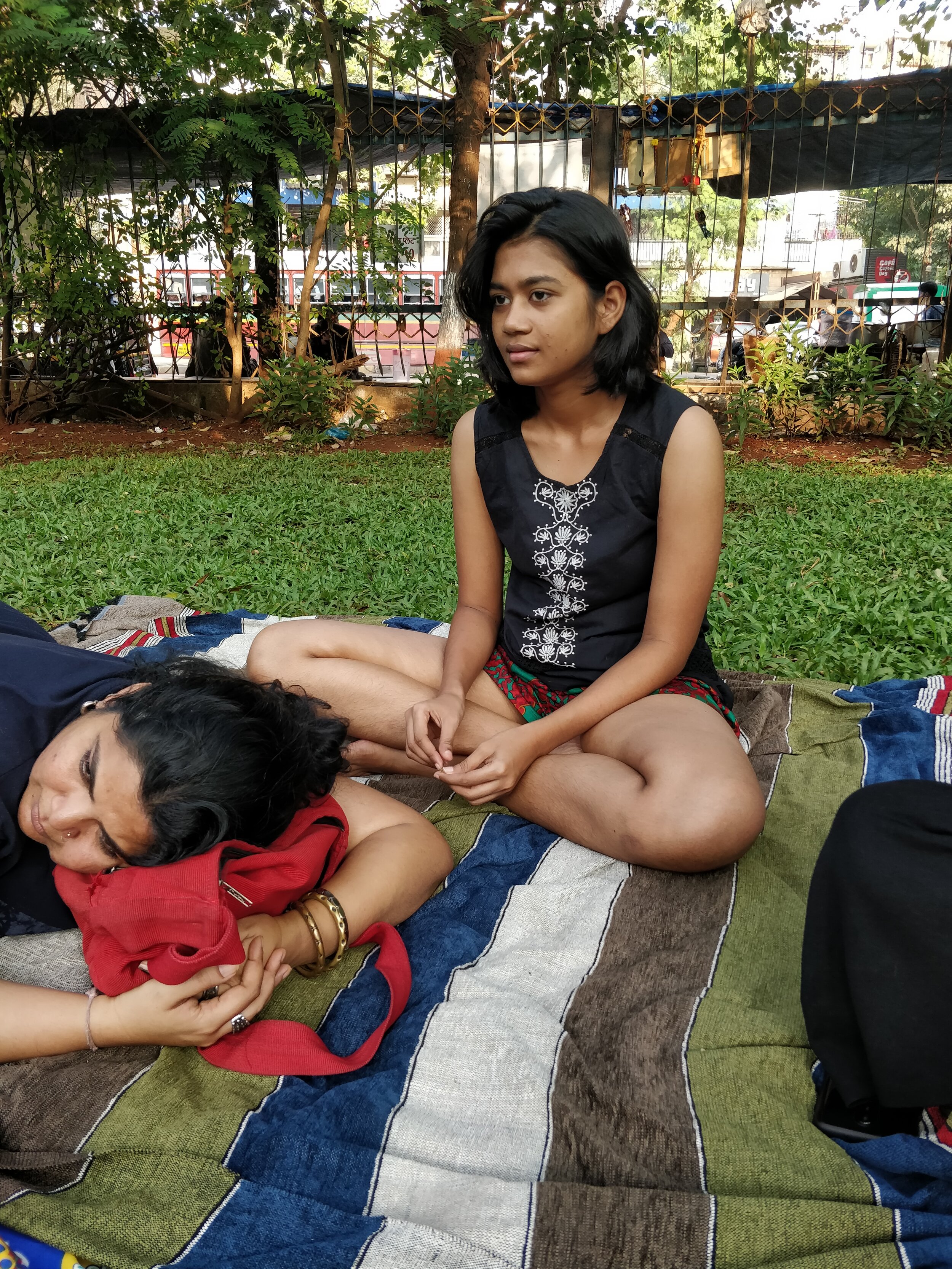Meet To Sleep Allies:
Between 2014- 2019, Meet To Sleep has been built in association with almost 50 allies.
Allies are listed with their logos below and also include Plan India ( New Delhi) , Girls at Dhabas ( Pakistan) , Students of National Law University ( Jodhpur and Chennai) .
Akanksha Seva Sadan, Muzzafarpur
“संस्था मीट टू स्लीप कार्यक्रम को 2018 से मना रही है।हमे जब पहली बार 13 दिसम्बर 2018 को जासमीनजी से बात हुई तो बहुत ही अच्छा लगा। हमने अपने टीम मे चर्चा करी और कार्यक्रम के लिए तैयारी की।यह बिल्कुल नई बात कि हम बाहर सो सकते है। जहाँ चौक चट्टियो पर महिलाओं को बैठना मना है वहॉ खुले मे सार्वजनिक जगहों मे पैर पसारे सोना यह तो बहुत ही रोमांचक, और हिम्मत का काम है।फिर भी हमलोगों ने महिलाओं के साथ किया।यह एक मौका था जहाँ औरतो मे और मजबूती मिली। महिलाओ को आजादी मिले।हमारा समाज सुरक्षित व भेदभाव व हिंसा मुक्त हो ।सुखद समानता पूर्वक सभी जी सके।”
Aakanksha Seva Sadan (ASS) is an NGO in Muzaffarpur, Bihar that works for the upliftment of rural poor and OBC women, children, adolescent boys and girls along with other marginalized sections of the society. Established in 1995, A.S.S has successfully built a good rapport with local communities, Panchayati Raj Institutions and local administration in its area of operation to affect social change.
Hawaii Adda, Muzzafarpur, Bihar (2018 & 2019)
Photo Credits: Sonali, Rekha, Sangita, Babita, Niralaji, Vandana Sharma
ANANDI, Gujarat
Established in 1995, ANANDI works through direct field engagement in pockets of poverty and vulnerability in Gujarat (Godhra, Devgadh Baria, Dahod, Panchmahaal, Morbi, Bhavnagar, and Maliya). ANANDI’s vision is to bring rural women’s concerns in the centre of all development processes so that all can live in a just, equitable and peaceful society. ANANDI's core areas of work include building and strengthening rural women-led community-based organisations for sustainable livelihoods, rights and entitlements and violence-free society for women, youth and children from tribal, Dalit, de-notified tribes and other marginalised communities.
Godhra Public Place, Devgadh Baria Public Place and Maliya Miyana Dargah
Photo Credits: Arundhati Sridhar, Deepa, Kailash Baria
Azad Foundation, Delhi
“Azad Foundation along with its Women With Wheels trainees and chauffeurs participated in the #MeetToSleep to reassure women to come out and reclaim the public spaces. We did so to build an ecosystem where women can have equal access to public spaces towards ending gender discrimination and ensuring safety in public space.”
Established in 2008, Azad Foundation is a feminist organization that provides livelihoods with dignity for the empowerment of resource-poor women living in urban areas in India, including Delhi, Jaipur, and Kolkata. They are driven by the vision of a world where all women, across religious and social divides, in particular women from underprivileged backgrounds enjoy full citizenship, earn with dignity and generate wealth and value for all. Their Women on Wheels programme focuses on women from working class, Scheduled Caste, and Scheduled Tribe backgrounds.
Kalkaji park, Nirankari Colony North Delhi, Surajmal Park Kadkaddumma, Nehru Apartment Park,Kalyanpuri Ambedkar Park, Baseshar Nath Gotewale Smriti Udyan, Jahangirpuri Park
Photo Credit: Astha Pando and Surbhi Kumar
Breakthrough, Delhi
“Breakthrough wishes to build Meet To Sleep because the public spaces, especially post the lockdowns have become even more gendered. Not to forget that women of all sections are still not allowed to be out in public other than for essential work. ”
Breakthrough was founded in 1999; with a mission to make violence and discrimination against women and girls unacceptable. Breakthrough builds a global network of change agents known as the Breakthrough Generation who take collective action towards changing the norms and culture that perpetuate inequality and violence. Breakthrough builds multimedia campaigns, tools, and programmes that reach individuals and institutions equipping them to build a world in which all people live with dignity, equality, and justice. Breakthrough currently works with over 400,000 adolescents across 5 states of India and helps shape the gender attitudes and behaviours of boys and girls at an age when alternative narratives about gender roles and stereotypes can be explored.
Lodhi Garden, Delhi (2017)
Photo Credit: Unknown
Combined Action For Progress, Delhi
Combined Action for Progress (CAFP) India is an organization with its origins in a student movement. The movement, known as Fight4Degree was led by Raza Quadir in 2014 against a management college in Odisha, in response to a scam regarding the issuance of degree certificates. CAFP works in the fields of education, health, awareness, and livelihoods for marginalized communities. CAFP works in Bihar, Chennai, Delhi, Himachal Pradesh, Odisha, and Uttar Pradesh.
Vasant Vihar, Delhi (2017)
Photo Credit: Unknown
Centre For Health and Justice, Delhi
“We think it’s extremely important for women to be in the public sphere. Normally this is taken for granted and very few people realise that there is a huge imbalance between the number of women and girls in public spaces and the opportunities they get, compared to the number of men and boys in public space. Therefore we felt it was extremely important for the campaign that Blank Noise raised to be very forcibly brought to public attention, to bring attention to the level of gender discrimination and stereotypes that there are. As an organization that works for gender rights and women’s empowerment, it was only obvious that we would contribute to a campaign like this, which was extremely innovative, and extremely timely. We ourselves learnt a lot by participating in it.”
Established in 2005, the Centre for Health and Social Justice (CHSJ) works towards a vision of a society where all humans are equal in rights and dignity, and the marginalised are able to access their share of goods and services through social solidarity as well as informed and accountable public action. Gender equality and social justice are seen as key concerns within the overall framework of health and well-being that CHSJ works in across many states in India with partner organizations. CHSJ works in Delhi, Kolkata, and Bengaluru, with campaigns focused on marginalized groups including Dalits, Adivasis, manual scavengers, the urban poor, and single women.
Saket E Block Park, Delhi (2017)
Photo Credit: Unknown
Choti Si Khushi, Delhi
“We had been working in various parks of Dwarka, Rohini, and Kolkata. In all these places, we had women who although had been coming to parks on a daily basis, felt uncomfortable when we told them that we are going to go to the park and sleep. They wondered how they can do this, due to body consciousness or other reasons. Such a movement helps us reduce these fears and reclaim these spaces.
There is a lot of fear among women due to the stereotypes. We joined in this movement because it reduces our vulnerabilities. Many of us have different fears which have been ingrained in our minds from society, and this helps us reclaim our public spaces, which already belong to us but somehow we have not been able to accept that. Through all of these actions, we try to overcome different mental barriers that the women have. ”
Established in 2015, Choti Si Khushi is a community-based, volunteer-driven organization that offers after-school activities and engagements for young minds and women in the community. The organization creatively engages with women and children in development based activities, enabling them to dream, and realise these dreams by providing avenues to expand their capabilities. Choti Si Kushi empowers communities by equipping them with necessary skills and required resources. In the process, they provide a platform for volunteers, children & families to connect, share, learn and grow together. Choti Si Khushi's work especially focuses on empowerment of women and children residing in jhuggi-jhopdi (JJ) clusters or informal settlements in Delhi.
Balaji Park, Dwarka, Delhi (2017)
Photo Credit: Unknown
Community Led Action Program with Police (CLAPP), Hyderabad
“CLAPP was a project meant to address the access to public spaces for young women. This project was a collaboration between college students and the city police. Meet to Sleep was an initiative that fit the project very well since the fundamental tenets of the project also involved ensuring that the young women involved in the project themselves accesses public spaces in a more comfortable manner. A group of college students went out to a public park to explore their comfort in public spaces. ”
Community Led Action Programme With Police (CLAPP) For Women’s Safety At Public Places was a collaborative initiative by PCVC and the US Consulate, in Hyderabad in the year 2015-17, in collaboration with the police and the student community. The project aimed to arrive at sustainable solutions to tackle sexual harassment in public spaces and within institutions.CLAPP put together a team of police personnel and college students to identify problem areas around gender-based violence in public spaces, analyse their causes and consequences, develop and implement solutions and assess the effectiveness and scaleability of the solutions. Based on the philosophy of community policing, the goal of the project was to reduce sexual harassment and violence against women in public places and educational institutions through collaborative response and preventive initiatives by police and community.
Sanjeevaiah Park, Hyderabad (2016)
Photo Credit: Unknown
CREA Network
Founded in 2000, CREA is a feminist human rights organisation based in New Delhi, India. It is one of the few international women's rights organisations based in the global South, led by Southern feminists, which works at the grassroots, national, regional, and international levels. Together with partners from a diverse range of human rights movements and networks, CREA works to advance the rights of women and girls, and the sexual and reproductive freedoms of all people. CREA advocates for positive social change through national and international fora, and provides training and learning opportunities to global activists and leaders through its Institutes.
Femme Fridays, Bhopal
“Femme Fridays is a creative project aimed at creating spaces for women in poetry. We wanted to build this space so as to align our vision with a similar movement of claiming spaces and initiating conversation on accessing spaces beyond the realms of art.”
Femme Fridays is a creative space for women to explore their writing, poetry, reading, and more, in Bhopal. The collective first came together in 2018.
Chinar Park, Bhopal (2018,2019)
Photo Credit: Aishwarya Shrivastav
Gaurav Gramin Mahila Vikas Sanstha, Shorampur
Established in 2009 in Shorampur, the Gaurav Gramin Mahila Vikas Manch (GGMVM) is a community-based organization dedicated to ensuring freedom, dignity and rights of women and girls, especially belonging to marginalized identities such as Scheduled Castes.
Shorampur High School Open Feild, Shorampur (2018)
Photo Credit: Pratima Kumari, Pushpa Kumari
Girls At Dhabas, Pakistan
Girls at Dhabas as a feminist initiative raises a conversation on women’s access to public space which is generally dominated by men. It provides an online as well as an offline platform for women to share personal narratives, reflections and stories with regard to their relationship with public space.
Lahore, Karachi, Islamabad (2016)
Photo Credits: Unknown
Global Concerns India, Bangalore
“Global Concerns India works with women from different less-privileged communities.
The first step to building on Meet to Sleep, was having a conversation around the idea of who is a woman, what does freedom mean to a woman/girl, why are women not allowed rest/sleep during the day... after many rounds of similar dialogues, the idea to go on an ‘outing’ took shape. This outing turned out to be Meet to Sleep. This Meet To Sleep and the following discussions/sharing by others inspired women that it is okay to be bold, realize that freedom is taking charge of their thoughts, question the conditioned notions of who and what woman is/can be; that freedom is not an abstract invisible thing, actions and thoughts lead to bouts and spurts of freedom, everyday...”
Established in 2005 in Bangalore, Global Concerns India works on human rights issues with a special emphasis on the rights of women & the girl child. They partner with youth, men and all citizens believing in their role as contributors towards curbing violence against women and children. They believe in making voices against violence heard and in enabling others to treat people with respect and dignity.
Cubbon Park, Bangalore (2017)
Photo Credit: Verve Magazine
Gramonnati Sanstha, Mahoba
Gramonnati Sansthan is a voluntary organisation established by a few like minded people in the Bundelkhand region of Uttar Pradesh, in 1983. Gramonnati Sansthan’s mission is to create a society where women, Dalits and vulnerable sections of society can live with dignity and without fear.
Kirat Sagar, Mahoba (2019)
Photo Credit: Usha Agrawal
Hidden Pockets, Bangalore
Founded in 2016 in Bangalore, Hidden Pockets is a platform that seeks to create a country free of sexual shame. It connects young people with trusted professionals in the field of sexual and reproductive health and provides solutions to questions around sexuality, reproductive health, and even pleasure. The platform also runs a paid care-chat service across 40 cities in India via WhatsApp. Their social enterprise Hidden Pockets Collective conducts research and initiates conversations on sexual and reproductive health in cities, as well as enabling marginalized communities to access its services.
I Will Go Out, Bangalore
On January 21st, 2017, India experienced its first ever #IWillGoOut national movement. In the days leading up to the big event, citizens took the initiative to start #IWillGoOut collectives in their community and took to the streets at 5pm, the empowering message of #IWillGoOut spread across 30+ cities and towns. By mobilizing organizations, institutions and individuals for #IWillGoOut – the event boldly states that - “I, a woman, will go out. I, a girl, will claim the nights as our own.”
Cubbon Park, Bangalore (2018)
Photo Credit: Soumya Bhat
Jagori, Delhi
Jagori was formed in Delhi in 1984, with the vision to create a more just society and the mission of spreading and deepening feminist consciousness. Jagori is at the forefront in raising issues relevant to single women, sexuality and mental health in the women’s movement. They provide consistent advocacy on elimination on violence against women as well as providing psycho-social support to survivors. Jagori has been a pioneer in working on safe public spaces for women and continuously works on safe travel for women in public transport. Over the years, Jagori’s objectives have evolved into awareness-building and consciousness-raising on violence, health, education, development and other issues critical for women’s individual and collective empowerment; production and distribution of creative material on feminist issues; dissemination of information and knowledge on feminist concern to meet the needs of women’s groups, NGO’s and development organisations; and advocacy on women’s rights and gender equality. Jagori focuses on movement building and support to grassroot organisations.
Shivalik Park, Bawana, Kalkaji, Sarita Vihar & Lodhi Garden, Delhi (2017, 2019)
Photo Credit: Ditilekha Sharma
Kutch Mahila Vikas Sangathan, Kutch
Kutch Mahila Vikas Sangathan is an organization founded in 1989 in Kutch, based on the ideas of collective empowerment. KMVS seeks economic, political and social empowerment of rural women through awareness-raising, organizing and mobilizing into local collectives capable of independently addressing gender inequities and engendering a sustainable, socio-economic transformation in the Kutch region. Collectives under KMVS include those of women pastoralists, farmers, artisans, fishers, wage-workers, musicians, local women leaders, traditional birth attendants, and single self-employed women.
HiraLaxmi Park, Bhujodi (2018)
Photo Credits: Unknown
Mahila Mukhthi Sanstha, Hazaribag
Established in 1993 in Hazaribag, Mahila Mukti Sanstha is a grassroots level voluntary organization that works with women, girls, boys, adolescents and men towards ending gender violence and discrimination including child marriage, trafficking, witch hunting, and domestic violence. The organization works towards building awareness of sexual and reproductive health within its communities. Mahila Mukti Sanstha works to increase access to rights and entitlements of women from marginalized groups such as Scheduled Castes, Scheduled Tribes, and Other Backward Classes, and all survivors of violence irrespective of caste.
Nirmal Mahto Park, Hazaribag (2018)
Photo Credits: Devyani Verma, Mona Kumari
Malleshwaram Social, Bangalore
Malleswaram Social came together as a community group in 2016 in Bangalore with the intent of providing residents a forum to connect and strengthen interpersonal ties, that had weakened over the years. What started as a purely social initiative extended into bettering civic amenities within Malleswaram. Among other activities, the group has been involved in campaigns for better footpaths, participated actively in the ward committees and also worked extensively with the local government girls’ school. It continues its engagement with the community through M-ULL (Malleswaram Urban Living Lab), a collaborative with Sensing Local Foundation.
15th Cross Malleshwaram Park and Outside 16th Cross Malleshwaram Park (2017,2019)
Photo Credits: Aparna Desrajurs
Nazariya Collective (Sangram), Sangli
“औरत होते हुवे भी ,आझाद नही घूम सकते . हमेशा ये डर लगा रहता है कि कोई कुछ करेगा. हम औरत है और हमारे भारतीय संविधान ने अभिव्यक्ती स्वातंत्र्य दिया है. हम खुली आझादी चखना चाहते है . इस लिये मीट तो स्लीप प्रोग्रॅम किया. ”
Nazariya is a collective of Muslim women in Sangli District under the umbrella organization of SANGRAM. Nazariya was formed in the year 2000 in response to the need to work with poor and marginalised women. They focus on the collectivization of Muslim women through rights information, support groups, and involving the Jamat, among other methods. While it is still in its initial stage of the collectivization process, the goal is to form a strong collective of women who will be able to articulate the right to live and work free from discrimination.
Balaji Nagar, Sangli (2019)
Photo Credits: Jubeda Attar
Northeast Network, Nagaland
“North East Network team built meet to sleep along with family and friends to reclaim public spaces for women, to assert an environment of freedom free from fear and harassment. ”
Formed in 1995, the North East Network (NEN) is a women’s rights organisation linking rural and urban women as well as organisations on development and social justice issues within North East India. NEN recognizes the potential and right of every individual and child as crucial, irrespective of their race, colour, caste, ethnic origins, different abilities, linguistic group, religious belief, sexual orientation, marital/civil/family status, gender, age or social grouping. NEN endeavours touching individual lives to bring about a collective change in society.
World War II Cemetery, Kohima and unknown location, Dimapur (2017)
Photo Credit: Unknown
Olakh Foundation, Vadodara
Olakh is a feminist organisation established in 1993 in Vadodara to create a safe, confidential, non-judgmental, non-sectarian, knowledge based, democratic space to mutually share, learn, grow, heal and inspire. It is a space to have dialogue, to nurture joy, to offer inspiration and support in moments of helplessness and isolation, to assert one’s identity with pride and dignity. Olakh is open to everyone seeking to raise voice against discrimination, violence and injustice for an equal and just society.
Kamati Bag, Vadodara (2018)
Photo Credits: Punita Kapadiya
Plan India, Delhi
“We were pleased to be a part of # MeetToSleep for two consecutive years with our young girls who experienced the concept of freedom in public spaces through this movement. We work with adolescent girls on the issue of safety in public spaces. Experiences drawn from Safer Cities programme of Plan India clearly bring out experiences of exclusion and harassment faced by girls in public spaces. We strongly believe that feeling of fearlessness in girls and families is an important indicator of cities being designed in the right direction. This campaign is symbolic to our belief. Girls who participated in the campaign felt liberated and smiled every time we discussed that experienced. We wish to have a world where meet to sleep comes are a normal, acceptable norm for women and girls. In hope for a better, safe and inclusive world.
”
Plan India is a nationally registered not for profit organisation striving to advance children’s rights and equality for girls, thus creating a lasting impact in the lives of vulnerable and excluded children and their communities. Since 1979, Plan India and its partners have improved the lives of millions of children and young people by enabling them access to protection, quality education and healthcare services, a healthy environment, livelihood opportunities and participation in decisions which affect their lives. Plan India is a member of the Plan International Federation, an independent development and humanitarian organisation that advances children’s rights and equality for girls. Plan International is active in more than 70 countries.
Mangolpuri Public Park, Madanpur Khadar Public Park, Rajghat Lawns (2018, 2019)
Photo Credits: Krati Sharma, Mahendar (CASP) , Rachna and Kirti (AV Baliga Trust)
Radio Active 90.4MHz Community Radio, Bangalore
Radio Active 90.4MHz is Bangalore's first community radio station, catering to diverse and heterogeneous groups in Bangalore since 2017. It is licensed to JGI Group, an education provider and an entrepreneurship incubator. The RJ's of Radioactive represent diverse groups such as transgender individuals, sex workers, garment factory workers, waste pickers, working-class men and women, and so on.
Red Brigade Foundation, Lucknow
Red Brigade Foundation was founded in Lucknow in 2011 by a group of women, many of whom were survivors of sexual violence and belonged to marginalized groups. The organization seeks to end gender-discrimination and make a safer world for women. They also work towards empowering women while trying to ensure women’s protection from sexual violence and harassment in public spaces and homes. Red Brigade Foundation works towards the following: Gender Equality: Equal treatment and opportunities to both the genders. Women And Children Safety: Sexual-abuse and violence-free society. Justice To Survivors Of Sexual And Other Forms Of Violence: Assist survivors with medical examination, FIR registration, and other necessary legal assistance. Girl Education: Ensure education of survivors and poor/under-privileged girls. Survivor Rehabilitation: Create employment opportunities for the survivors.
Ram Manohar Lohia Park, Lucknow (2017, 2019)
Photo Credits: Laxmi Vishawakarma
Red Dot Foundation, Mumbai
Red Dot Foundation (India, Sec 8 Non profit, established 2014) and Red Dot Foundation Global (USA, 501c3, established 2017) work at the intersection of gender, tech and data, urban design to make spaces safer and end violence against women and girls. Through the Safecity platform they encourage anonymous documentation of incidents of sexual and gender based violence which allows for evidence based decision making at the individual, community and institution level.
VC Lawns, Delhi (2019)
Photo Credits : Kajal Antil
Sadbhavana Trust, Lucknow
Established in 1990 in Lucknow, the Sadbhavana Trust envisions a gender just society where young girls and women from marginalised and minority communities are able to break free from patriarchal norms and change their own life circumstances through a feminist lens. The organization runs a holistic leadership-building program, focusing on feminist capacity building of the girls and women, and works to empower them to find equal footing in the world of education and employment.
Through a range of strategies, they seek to provide the marginalized young women with necessary technical skills, information, and theoretical frameworks to become self-sufficient, confident, and inspiring role models in their communities so that they can bring about social transformation. Sadbhavana Trust enables those associated with its work to be leaders of change who will have independent decision-making abilities for the betterment of their lives as well as that of their communities.
Ghanta Ghar, Lucknow
Photo Credits: Bushra Sheikh, Samreen and Neelam
Sahas Foundation, Delhi
“दिल्ली का नाम सुनते ही महिलाओं और लड़कियों के जहन में डर घर कर जाता है। 2012 दिल्ली रेप मामले के बाद ये डर और बड़ा है। देश की राजधानी में सार्वजनिक जगहों, बस, मेट्रो, पार्क आदि में खुलकर घूमना, बिना आगे पीछे बार बार छांककर बेझिझक चलना ही बहुत बड़ी बात है। ऐसे में हमने दिल्ली के द्वारा सेक्टर 3 के एक पार्क में मीट टू स्लीप का आयोजन किया जिसमें आसपास के घरों में रहने वाली महिलाओं, पास ही की बस्ती की महिलाओं और बच्चियों ने भाग लिया। पार्क के पहले घूमे, फिर अपनी अपनी जगह चुनकर थोड़ा आराम करने का सोचा। ये बिलकुल आसान अनुभव नहीं था, क्योंकि उस समय पार्क में बहुत लोग थे, कुछ अजीब नजरों से देख रहे थे, तो कुछ शंका की नजरों से। इसके बाद हमने अपनी सुरक्षा, अपने अनुभव और खुले पार्क में बिना डर कर सोने को लेकर बातचीत की। बेहद मनोरजंक, निडरता से भरपूर इस अनुभव से ऐसा लगा कि हां ये पार्क हमारा भी है, हम भी खुलकर सांस ले सकते हैं। ये कार्यक्रम करने का एक अहम मकसद यही था कि लड़कियों और महिलाओं को ये विश्वास हो पाए कि हमें जेंडर आधारित हिंसा मुक्त समाज का निर्माण करने के लिए कदम बढ़ाते रखना होगा”
Sahas Foundation is a youth run organization founded in 2016 with a vision to enable gender and sex education in India towards creating a world free from gender based violence. The organization builds knowledge amongst adolescents on 'Gender, Sexuality and Reproductive Health' thereby building their capacity to challenge gender based violence in terms of child sexual abuse. The organization sensitizes parents, teachers, police, women and young people to build a gender sensitive ecosystem for the younger generation. Sahas Foundation was founded by Mona Yadav and Purvi Yadav in Delhi.
Balaji Park, Dwarka (2017)
Photo Credits: Unknown
Sahyogini, Bokaro
“महिलाओं तथा लड़कियो को अपने निर्णय के अनुसार कही भी आने- जाने की आजादी हो, कोई रोक- टोक नही हो । इसीलिए हमारी संस्था सहयोगिनी ने यह कार्यक्रम आयोजित किया।”
Established in 2001, Sahyogini is a non-profit and non-governmental organization working towards the vision of empowerment, self-reliance and equity of marginalized sections of society. The organization aims to do this through building knowledge, taking action, and economizing available and additional resources. Sahyogini initiates, supports, and conducts research as well as action, in the Bokaro, Ranchi, Latehar, Dhanbad and Ramgarh districts of Jharkhand.
Bokaro Park, Bokaro (2018,2018)
Photo Credits: Kalyani Sagar
Sambhaavnaa Institute, Kandbari
The Sambhaavnaa Institute of Public Policy and Politics is an alternative learning and living space for those concerned with social and political change. Nestled in the village of Kandwari, in the lap of the mighty Dhauladhar ranges of Himachal Pradesh, Sambhaavnaa’s primary objective has been to nurture value-based leadership by encouraging individuals, especially the youth, to discuss and develop a critical perspective on the ideals and ideas that define a just society. The Institute was founded under the aegis of the Kumud Bhushan Education Society in 2004. Since 2011, it has emerged as a platform for individuals and organisations to reflect on and engage with the injustices that prevail in society today.
Sangat Network with One Billion Rising Partners, Delhi
Formed in 1998 in Delhi, Sangat is a feminist network working for gender justice, equality and peace globally. The word ‘Sangat’, in some languages, means a gathering/community of like-minded people for a good and just cause. The belief that understanding, peace and cooperation are essential for meaningful progress also prompted its formation. Sangat’s mandate has been focused on developing and strengthening regional/cross border feminist perspectives and networks through its activities and programmes. Sangat therefore works on feminist capacity building, campaigning and promoting feminist culture.
Shivalik Park, Bawana, Kalkaji, Sarita Vihar & Lodhi Garden, Delhi (2017, 2019)
Photo Credits: Ditilekha Sharma
Sampada Grameen Mahila Sanstha (SANGRAM), Sangli
SANGRAM, established in 1992 in Sangli, Maharashtra, has grown into a series of collective empowerment groups for stigmatized communities, including sex workers, Men who have sex with men (MSM), and transgender individuals, in five districts of southern Maharashtra and northern Karnataka. SANGRAM is unique in being a women-led, rights-based group that seeks to change community norms and tackle gender inequities at the grassroots level. These inequities include gender-based violence (GBV), access to resources, and rights in terms of protection, property, and power. SANGRAM also works at a deeper level by addressing male norms.
SANGRAM is a registered nonprofit organization. SANGRAM’s primary focus is working with marginalized groups to prevent GBV and HIV and to provide care and support for group members who are in need. The nongovernmental organization’s (NGO’s) activities build on the concept of asserting rights and the core tenet that communities have the ability to find their own solutions.
Central SANGRAM principles include
(1) involving community members in program design, implementation, and leadership;
(2) creating a sense of community to facilitate collaboration; and
(3) working to eliminate the stigma and discrimination associated with sex work.
Balaji Nagar, Sangli (2019)
Photo Credits: Rupali Kale
Shaheen, Hyderabad
Established in 2002, the Shaheen Women’s Resource and Welfare Association in Hyderabad primarily focuses on-ground interventions for the women and girls of the isolated communities of Muslims, Dalits and Other Backward Castes (OBC). Shaheen is keen to enable women to gain control over their resources, livelihoods, and community-level decision-making processes. The processes include the elimination of domestic and social violence, enabling women to pursue education and control financial futures, create more comprehensive health care, work against trafficking more systematically, allow women to express themselves creatively and ensure the knowledge of rights as a democratic citizen and the right to exercise them.Shaheen works towards empowering women and children across 20 slums. The NGO counsels, provides legal assistance, and rehabilitates women and girls affected by domestic violence and child marriages, in these areas.
Nehru Park, Hyderabad (2019)
Photo Credits: Unknown
Sneha Foundation, Mumbai
Launched in 1999 in Mumbai, SNEHA is a non-profit organisation that works with women, children and public health and safety systems. Their innovative work in urban informal settlements aims to reduce maternal and neonatal mortality and morbidity, child malnutrition and gender-based violence.
Social Hike, Bangalore
Social Hike helps in raising awareness on worldwide women's, LGBTQIA+, migrants and humans' struggles.
Srijan Foundation, Hazaribag
Established in 1995 in Hazaribag, the Srijan Foundation seeks to promote an egalitarian, empowered, gender-sensitive and just society. The organization seeks to accomplish this by extending technical support to individuals, NGOs and civil society organizations. Srijan Foundation, seeks to enable the community and specifically, grass-root organizations to enhance the capacities of marginalized communities, including Particularly Vulnerable Tribal Groups (PVTGs), Scheduled Castes, Scheduled Tribes, migrants, sex workers, and communities residing in coal-mining areas, to seek empowerment.
Nirmal Mahto Park & Community Grounds ( 2017, 2018, 2019)
Photo Credits: Suparna Mondal and Babita Kumari
Srijanatmak Manushi Sanstha, Delhi
“We all have the instinct to go out, but why should we always step out in fear? This became an excuse for us to step out fearlessly, to occupy public space without a purpose, or even with purpose, to follow our instinct and explore the world. This is just meeting in a park, it is not such a big deal. But due to security reasons, because of how we are brought up, so many rules and regulations, we are afraid. This is a way to break those rules.”
Srijanatmak Manushi Sanstha (SMS), a registered non-profit society, founded in 2003 in East Delhi. SMS reaches out to vulnerable women and children who have not had access to formal education. Their activities involve driving awareness about women rights (including legal counselling), maternal & child health & nutrition, imparting education to children, domestic workers and daily wage earners, strengthening the educational foundation of students, & vocational training (such as facilitating women for handicrafts, stitching etc). The organization sincerely believes in an atmosphere of equality and thus has no hierarchy. All initiatives are wholeheartedly supported by volunteers with a mindset to empower women and children with skills & education.
1. Education (Non Formal, Remedial and Adult Literacy);
2. Basic Computer Application;
3. Conducting Health, Hygiene, and Nutrition camps;
4. Legal and family Counseling;
5. Cultural input into teaching process through art, craft, theatre, dance etc;
6. Life Skills Training, Awareness and Advocacy on socially pertinent issues and facilitation of information on various welfare programmes.
7. Establishing linkages for income generation, through selling of Handicraft products made by community women. SMS is promoting folk art and traditional handicrafts through this process.
8. Classes/workshops held for English Speaking.
9. Through its dedicated worker, community and, youth volunteer base SMS has been able to successfully reach out to more beneficiaries and consolidate its presence in the Community.
East Delhi & Mandawali, Delhi (2017, 2018)
Photo Credits: Archana Kaul
Srishti Manipal Institute of Art, Design and Technology, Bangalore
Srishti Institute of Art, Design and Technology is a non-residential institution founded in 1996 by the Ujwal Trust with the objective of providing art and design education in an environment of creativity to maximize the individual’s potential. The Ujwal Trust also manages Srishti's sister institution, the prestigious Mallya Aditi International School.
The Veshya Anyay Mukti Parishad (VAMP), Sangli
“सार्वजनिक ठिकाणोपर महिलाए सुरक्षितता महसूस करे इसके लिये प्रयास था I पुरुष इन जगहोका इस्तेमाल जिस तरह बिना किसी हिचकिचाहटसे करते है उस तरह महिलाए भी अपना अधिकार समझकर उपयोग करे”
VAMP, an abbreviation of Veshya Anyay Mukti Parishad, is a collective of 5,511 women in sex work in western Maharashtra and North Karnataka. Since 1990, they have been working on issues of health and human rights of sex workers. Core principles of VAMP are a. Sex Work is work b. Self determination through self organisation c. Decriminalisation of sex work. VAMP serves as a model of a strong sex workers collective in the region, at the local, national, and international level. Importantly, VAMP along with its own constituency of people in sex work also works with transport and migrant workers in the region.
Balaji Nagar, Sangli (2019)
Photo Credits: Jayshri Koli, Member, VAMP
Vidrohi Mahila Manch (Rebellious women), Sangli
“क्योंकी हमे जैसे पसंद है वैसे जिने का अधिकार हर महिला को है. लेकीन हम खुद का कभी सोचते नही. कोई देखेगा तो क्या कहेगा ? इस के बारे मे ही जादा सोचते है. ये सोचना सही नही है. इसमे बदलाव कि जरुरत है. इसलिये मीट टू स्लीप कार्यक्रम बनाया .”
Established in 1997 in Sangli, Vidrohi Mahila Manch (VMM) a collective of Rural women in Western Maharashtra, reaches out to Dalit women in 713 villages across 9 talukas of Sangli district. Through various programs, rural women have participated in the conversations on violence against women, and many were helped to access legal support. VMM also runs help desks to access Social entitlements for marginalised women. VMM members reach out to young persons through schools, colleges, and special programs for adolescent girls. The programs discuss sex and sexuality, gender-based violence, gender equality, stigma, and marginalization especially of those who choose to defy the dominant norm.
Balaji Nagar, Sangli (2019)
Photo Credits: Sulabha Khandu Hovale
Vimochana, Bangalore
Established in 1979 in Bangalore, Vimochana is a women's collective concerned with personal forms of violence perpetrated on women within the home and outside in forms of dowry tortures, murders, marital violence, sexual harassment, rape, trafficking, and commodification of women. Their wider preoccupation is also with the larger political forms of violence in society. This is based on the belief that the growing violence in the personal sphere of the home and community is directly linked to the increasing brutalisation of the larger public polity. Vimochana sees this brutalisation as stemming from the new globalised world order of escalated impoverishment, displacement, devaluation and destruction of already vulnerable communities and cultures.
Where Are The Women, Hyderabad
Where Are The Women's objective is focused on educating employers and communities on positive representation of women in social, economic and political arenas. The approach is by inculcating gender sensitisation through training workshops and discourses on gender equality in spaces where gender inequalities are clearly visible and steer the narratives towards gender equality. We train corporate companies, government stakeholders, NGOs, Civil Society Organisations, Community Based Organisations, Trade Unions and Students on recognising gender issues along with enactment of Prevention of Sexual Harassment of Women at Workplaces Act
Indira Park, Hyderabad 2018)
Photo Credits: Unknown
Why Loiter, Mumbai
“Why Loiter believes we can expand women’s accessibility to public spaces by encouraging more and more women to simply lay claim to city space everyday with their continued presence. They should be there not just using public space as a conduit from one private space to another but to also walk, meander, dilly-dally, loiter. We see ‘Meet to Sleep’ as an initiative that furthers that very agenda - for women to reclaim public space fearlessly and boldly with their bodies. ”
Why Loiter? Women and Risk on Mumbai Streets is a book written by Shilpa Phadke, Sameera Khan and Shilpa Ranade published in 2011. It led to a transformation in the feminist language in relation to public space where loitering has become part of a feminist lexicon among those who campaign to access public space. In 2014, Neha Singh read the book and began a movement based on the idea of the book - the Why Loiter Movement. She was also part of a play directed by Satchit Puranik by the same name. #WhyLoiter was an online campaign initiated by the authors of the book in 2014, 2015 and 2016. All of us have in various ways participated and collaborated with Meet to Sleep.
Municipal Gardens, Hiranandani Gardens, Diamond Gardens, Dadabhai Naroji Park( 2015, 2016, 2018, 2019)
Photo Credits: Sameera Khan, Shilpa Phadke, Neha Singh
